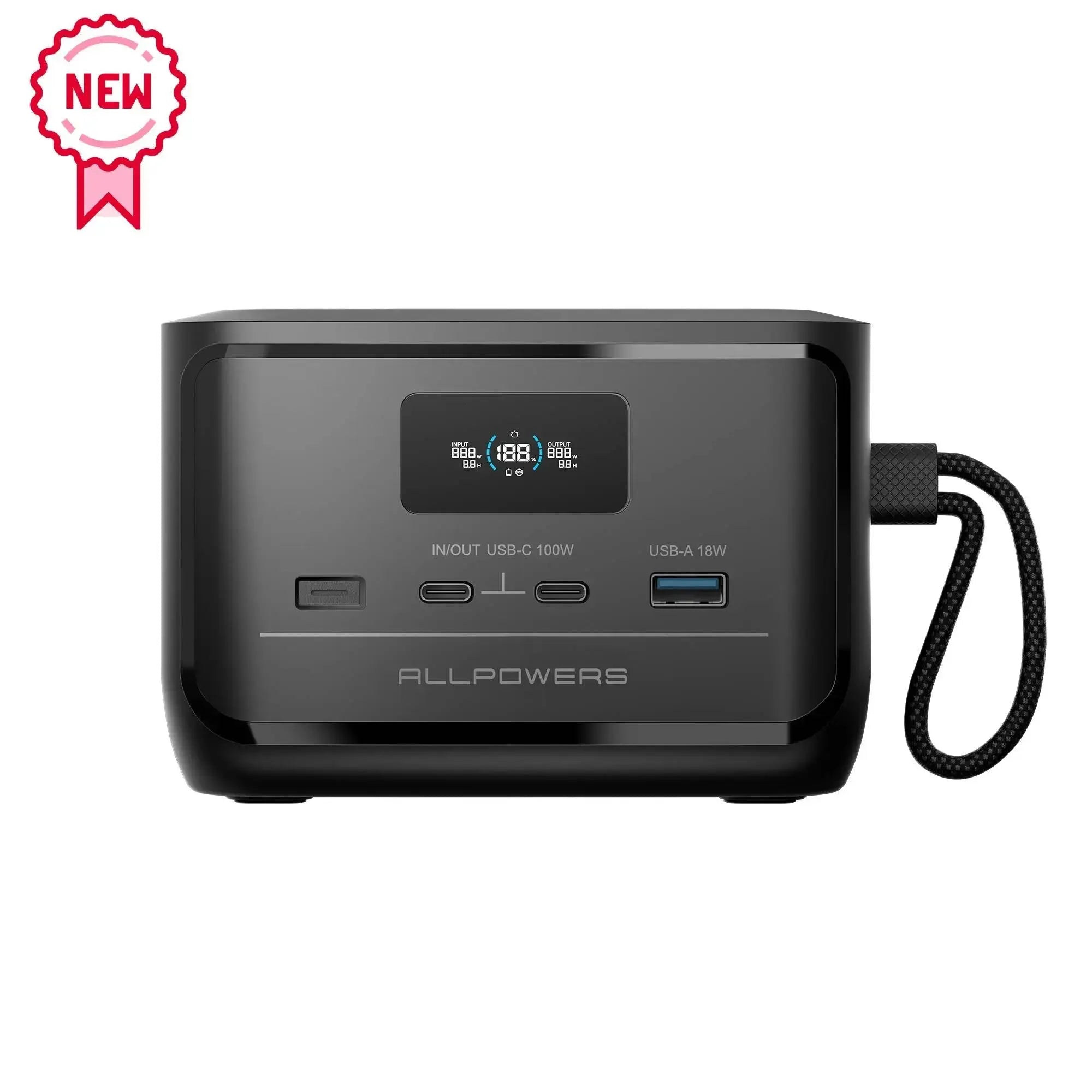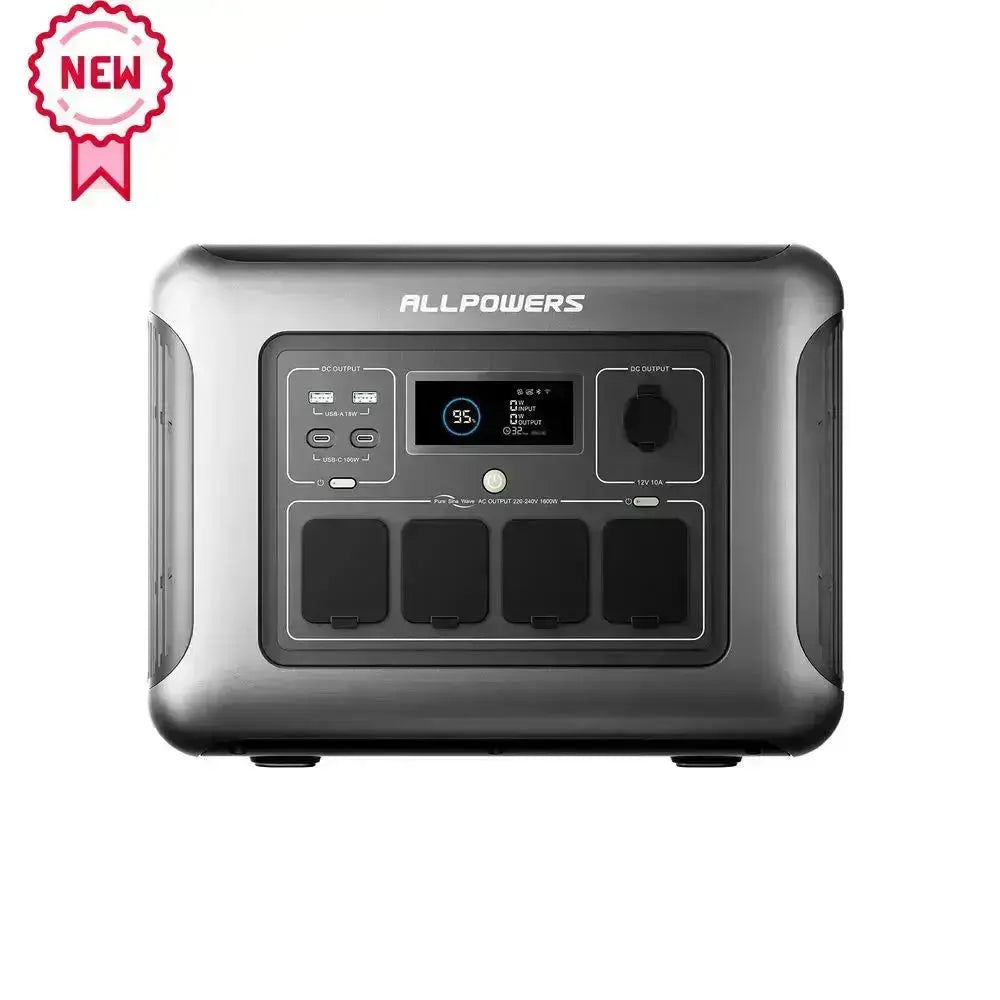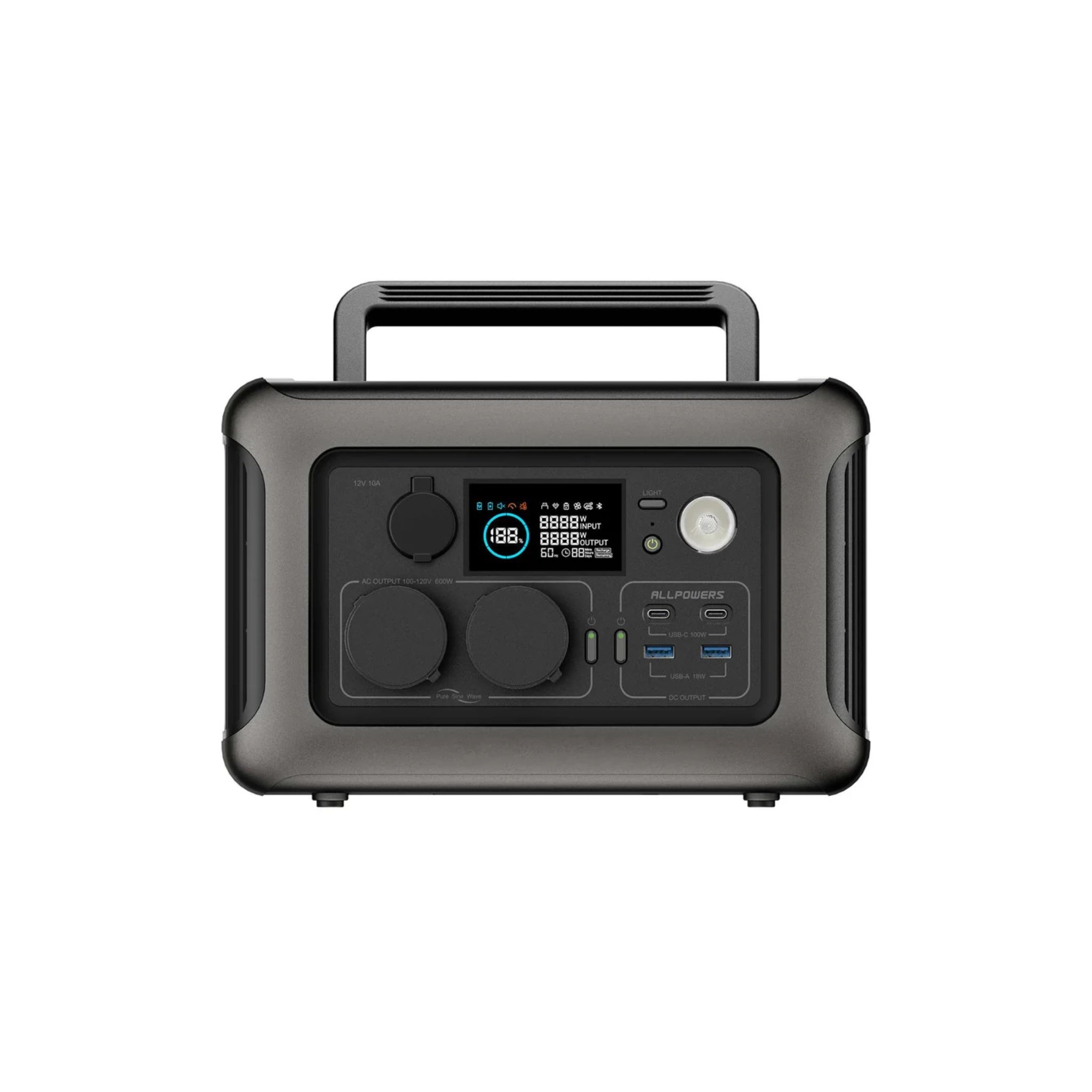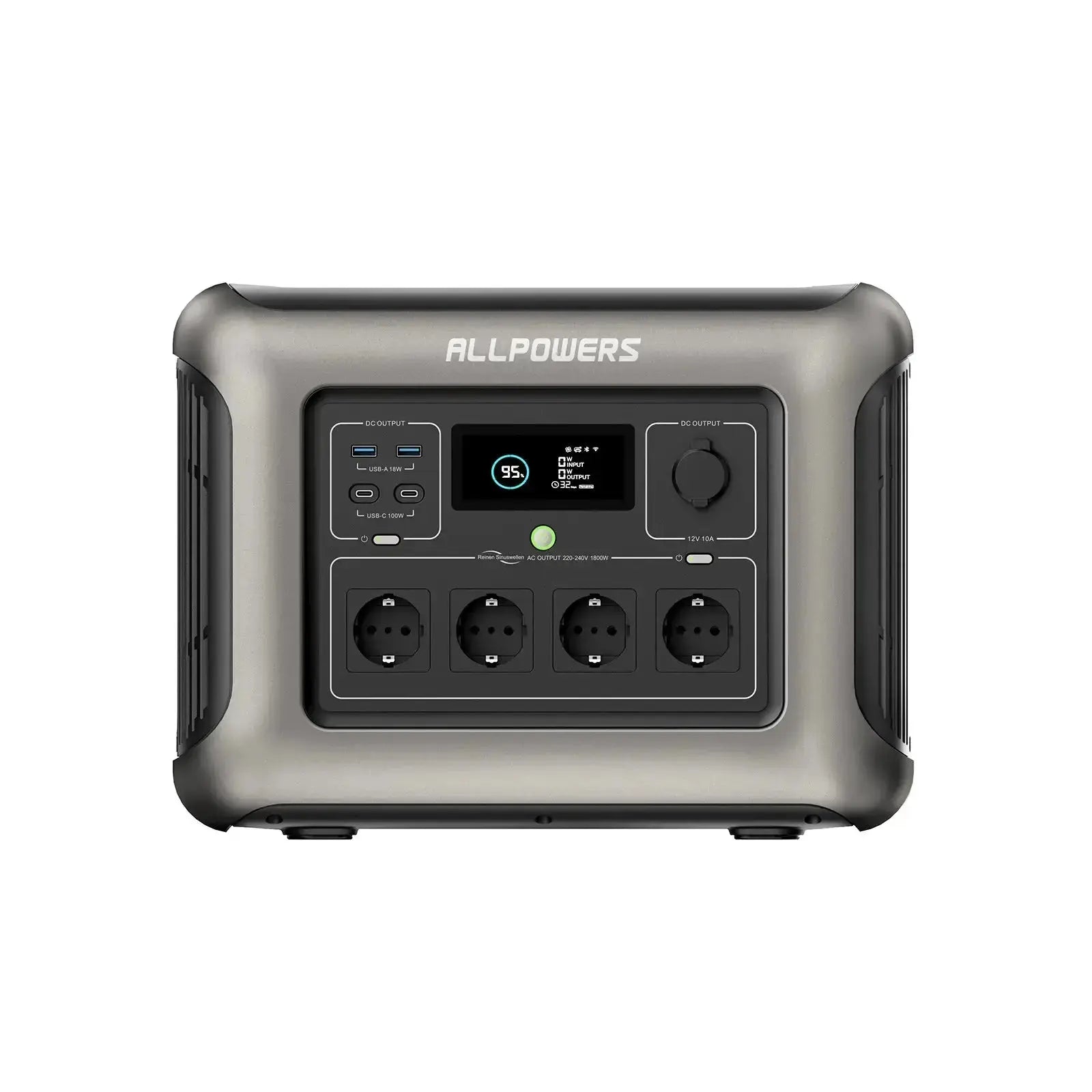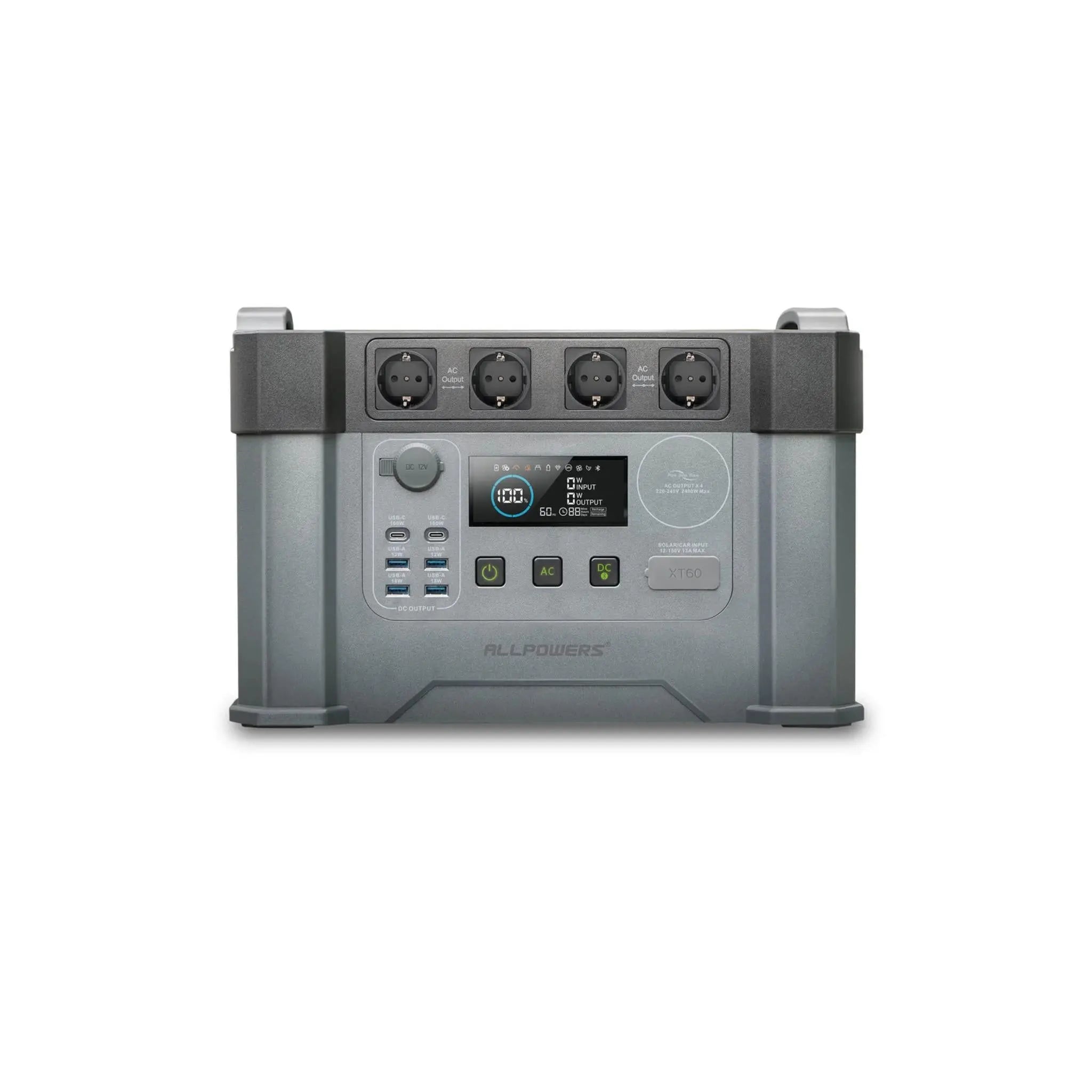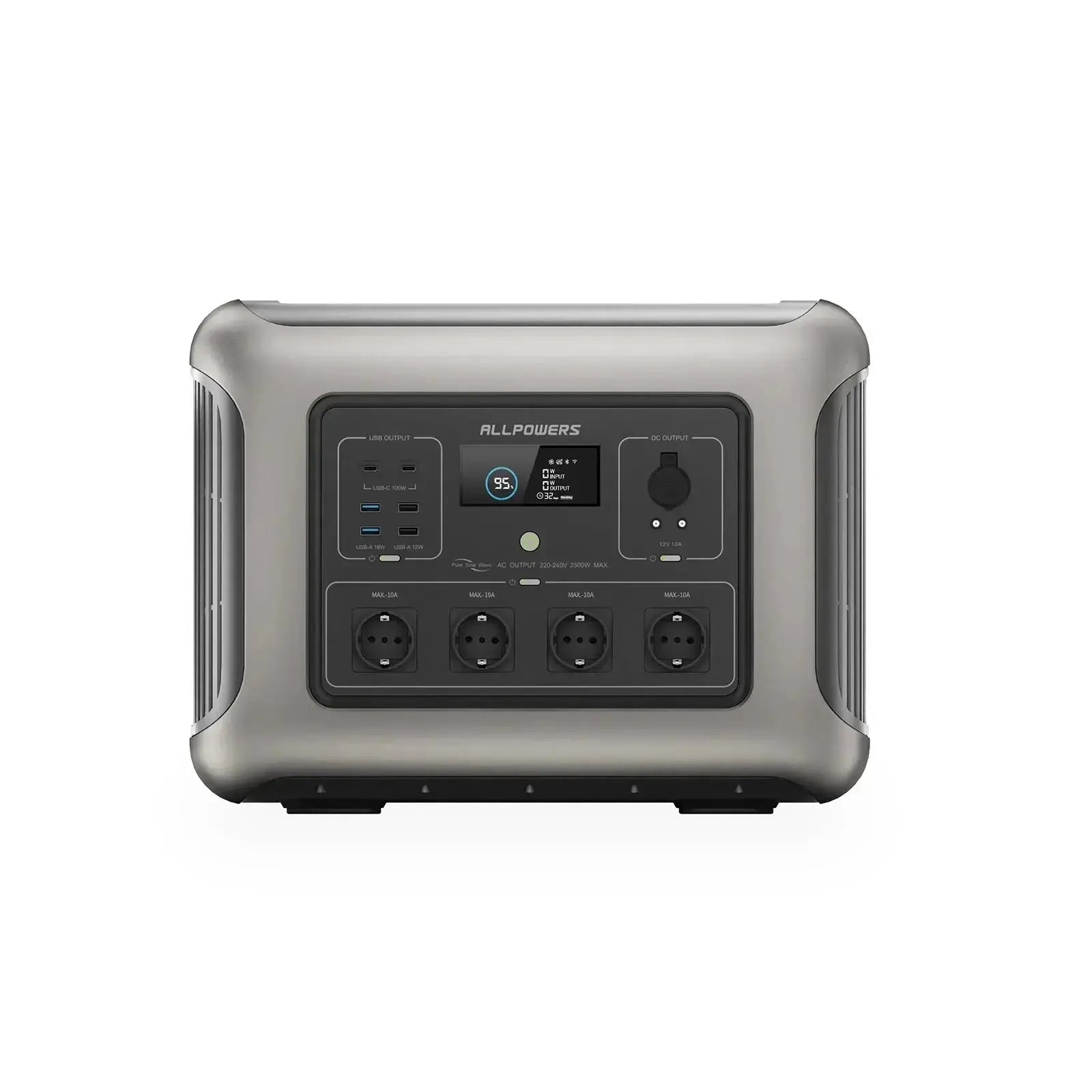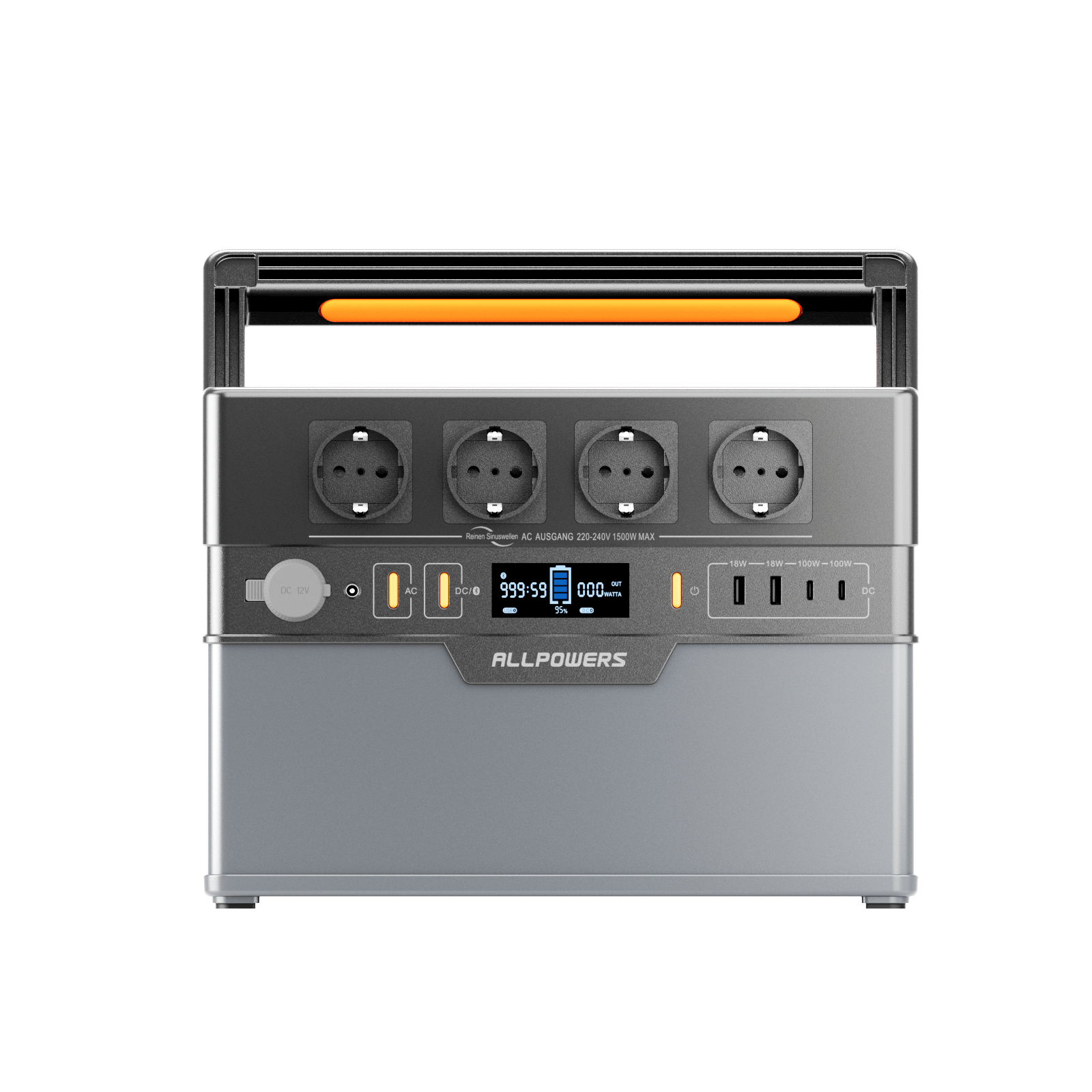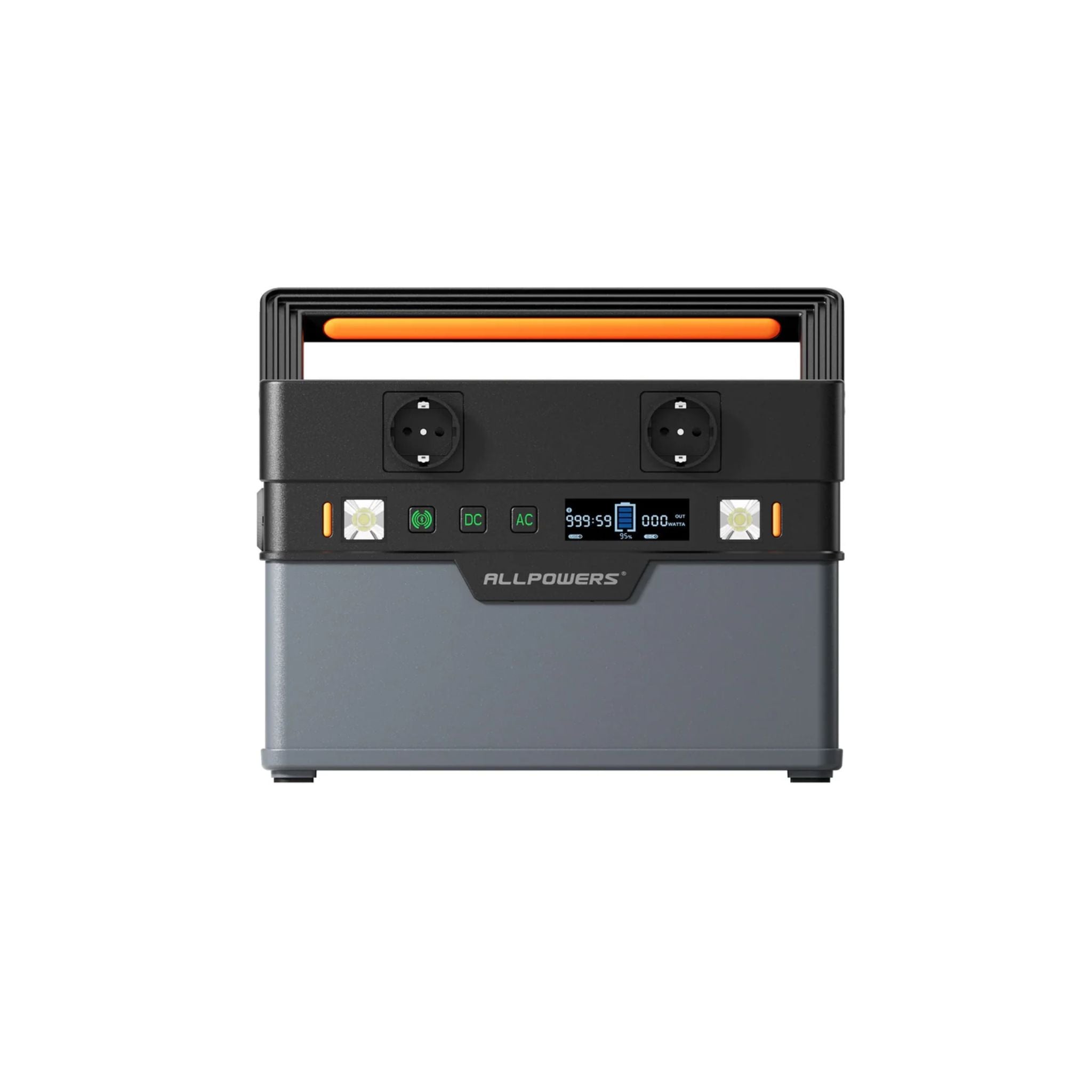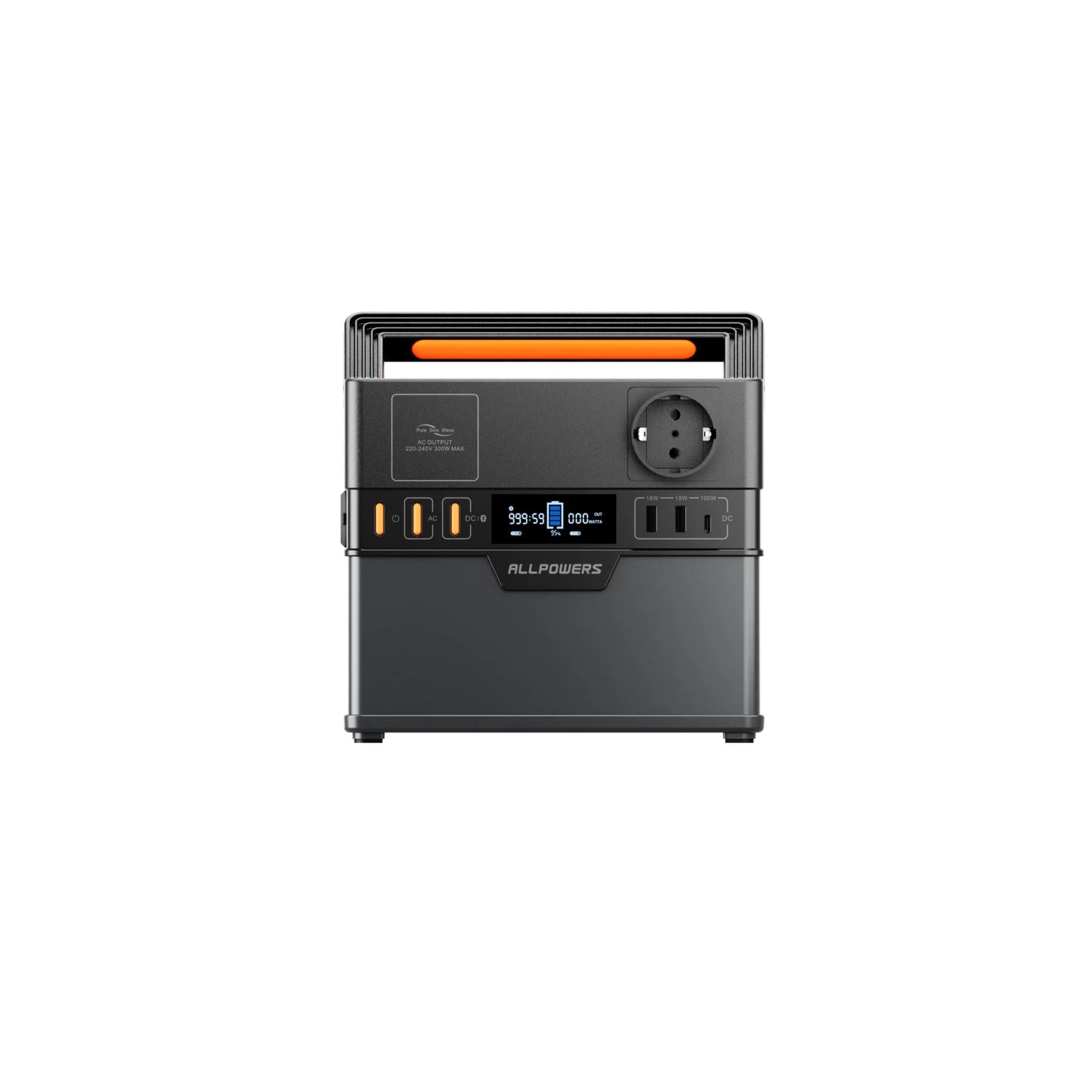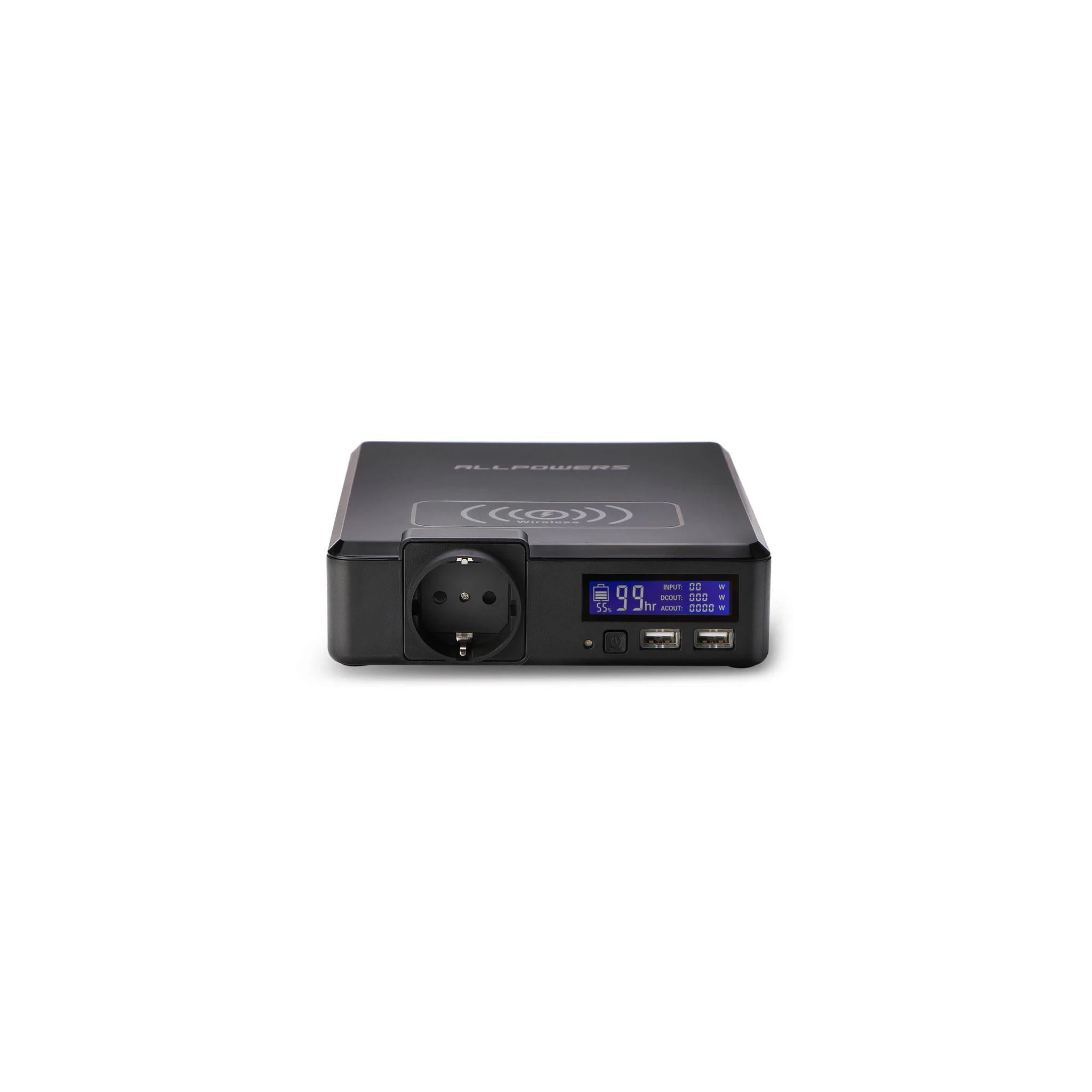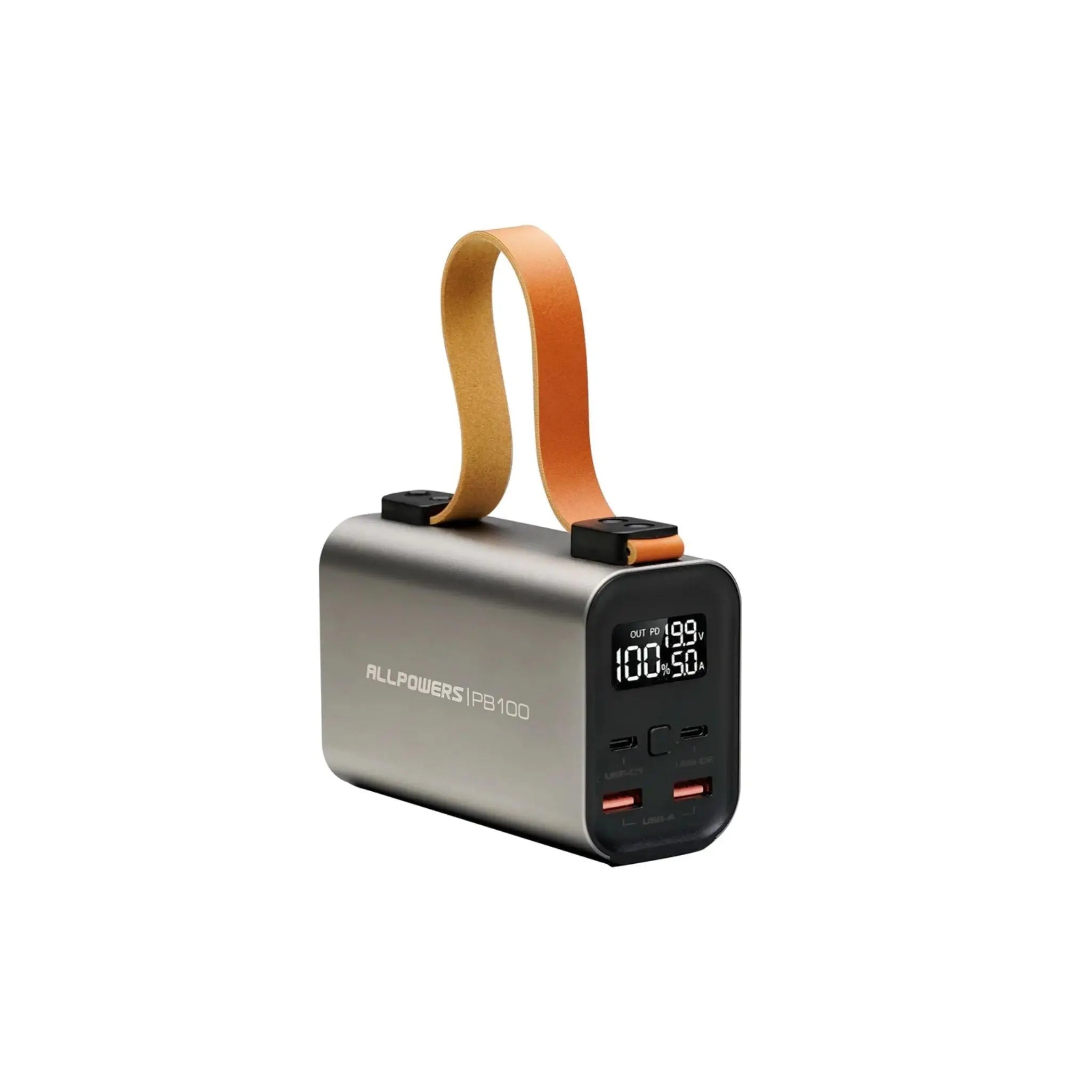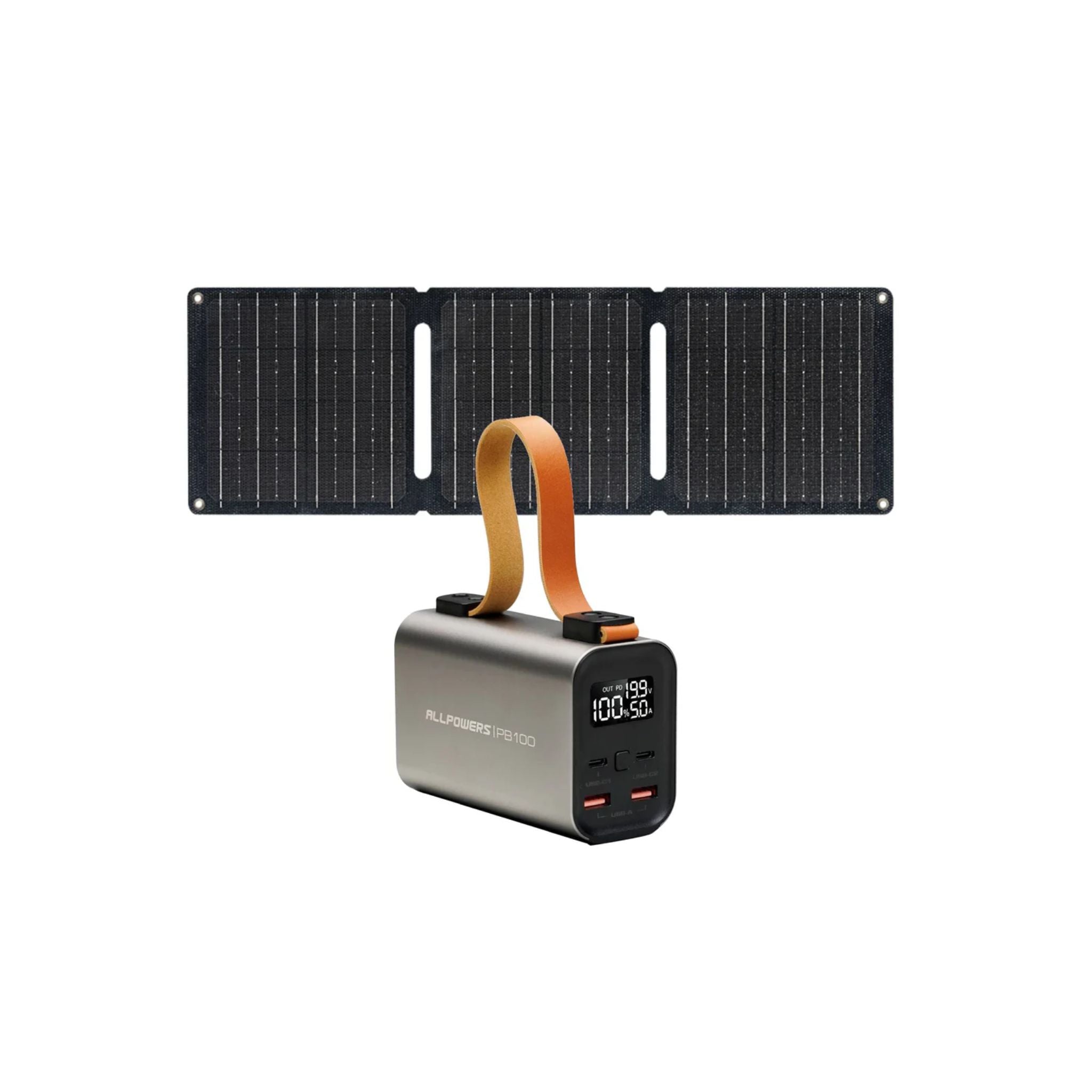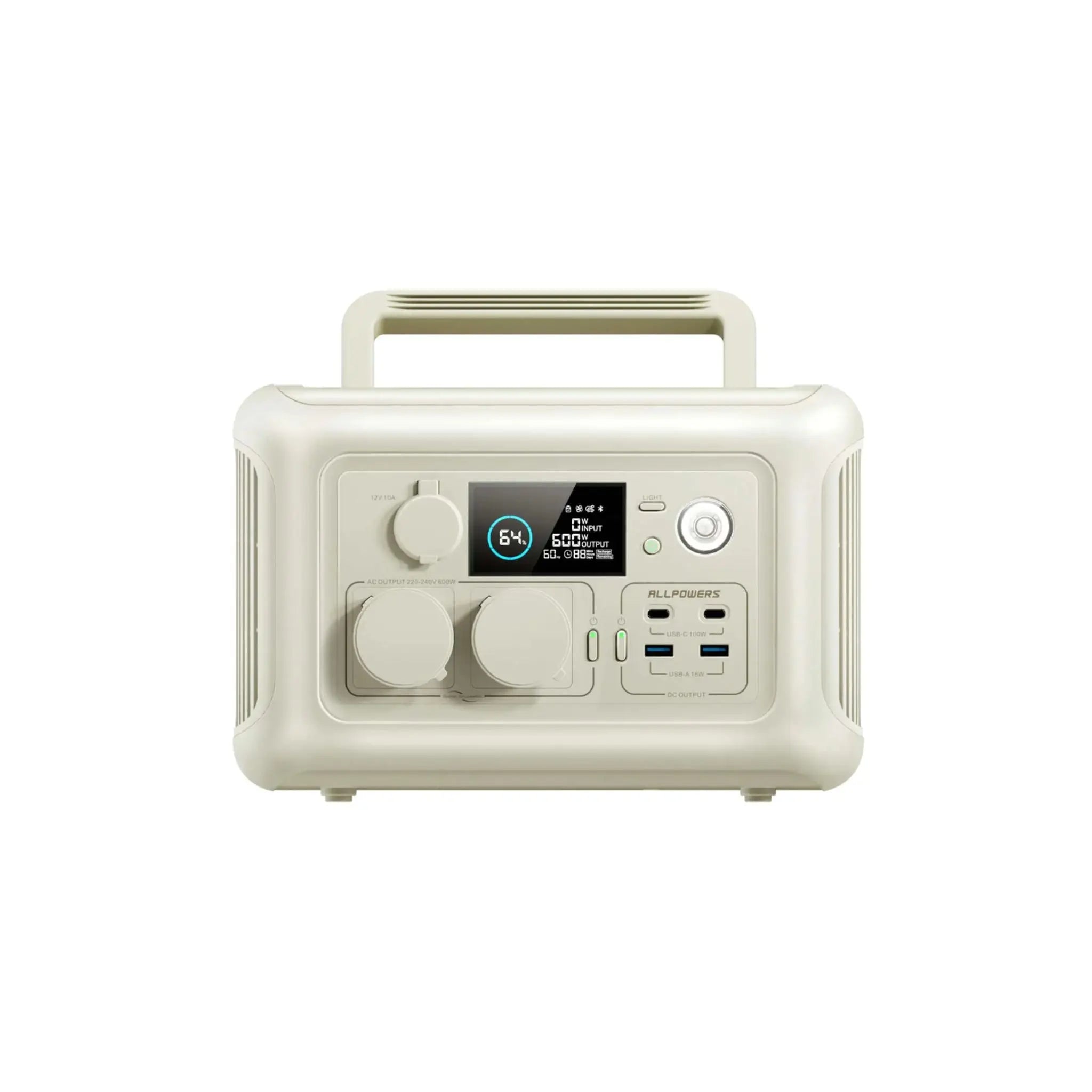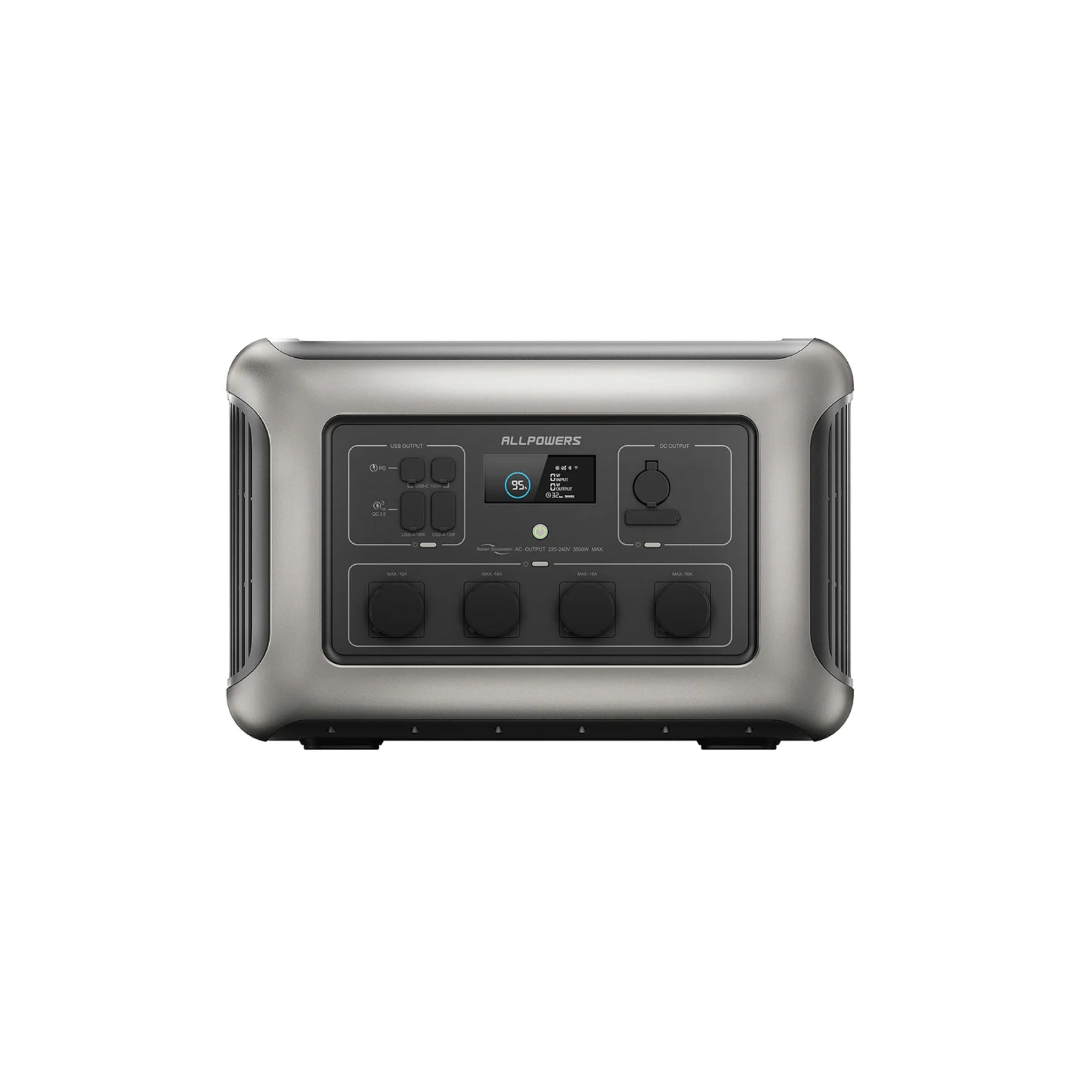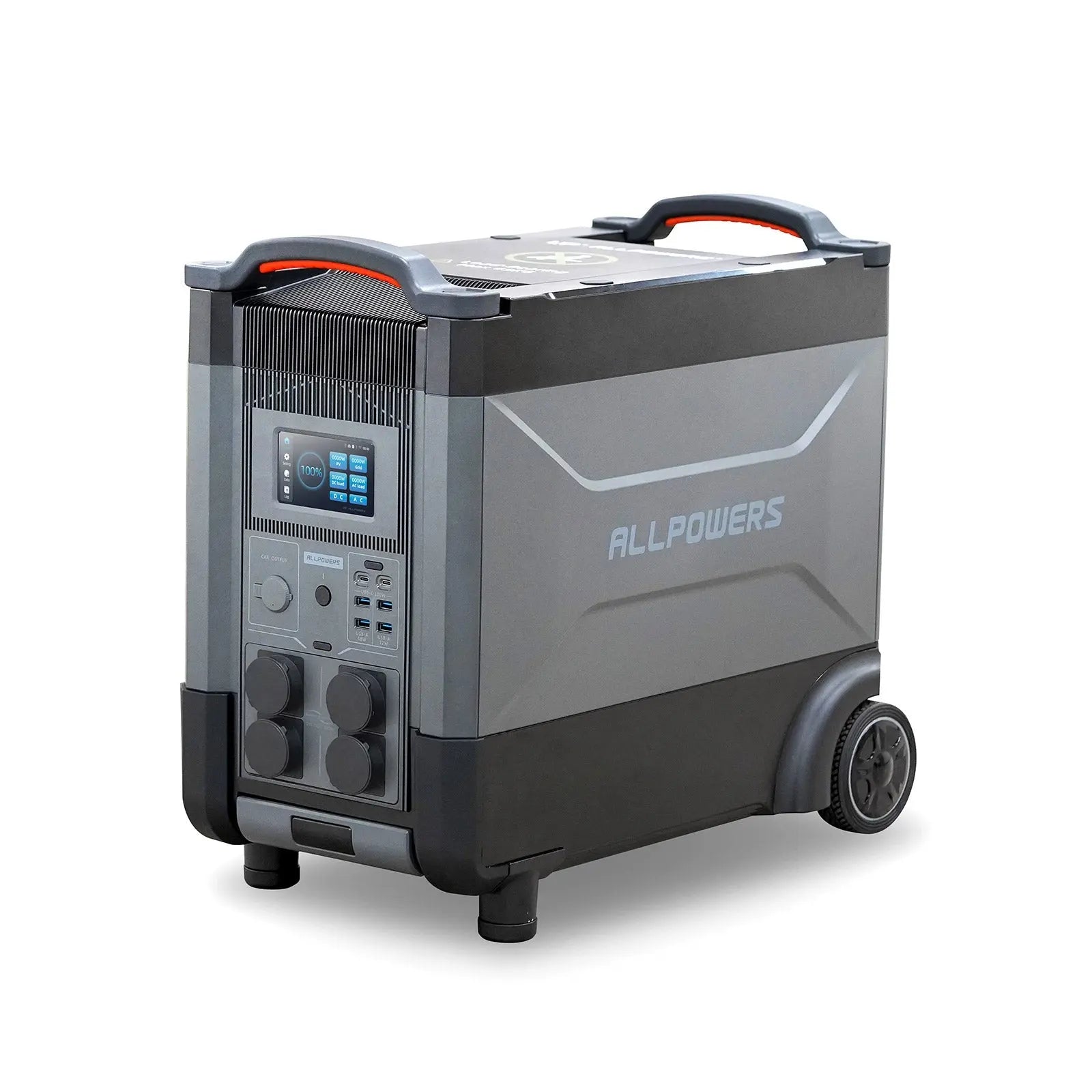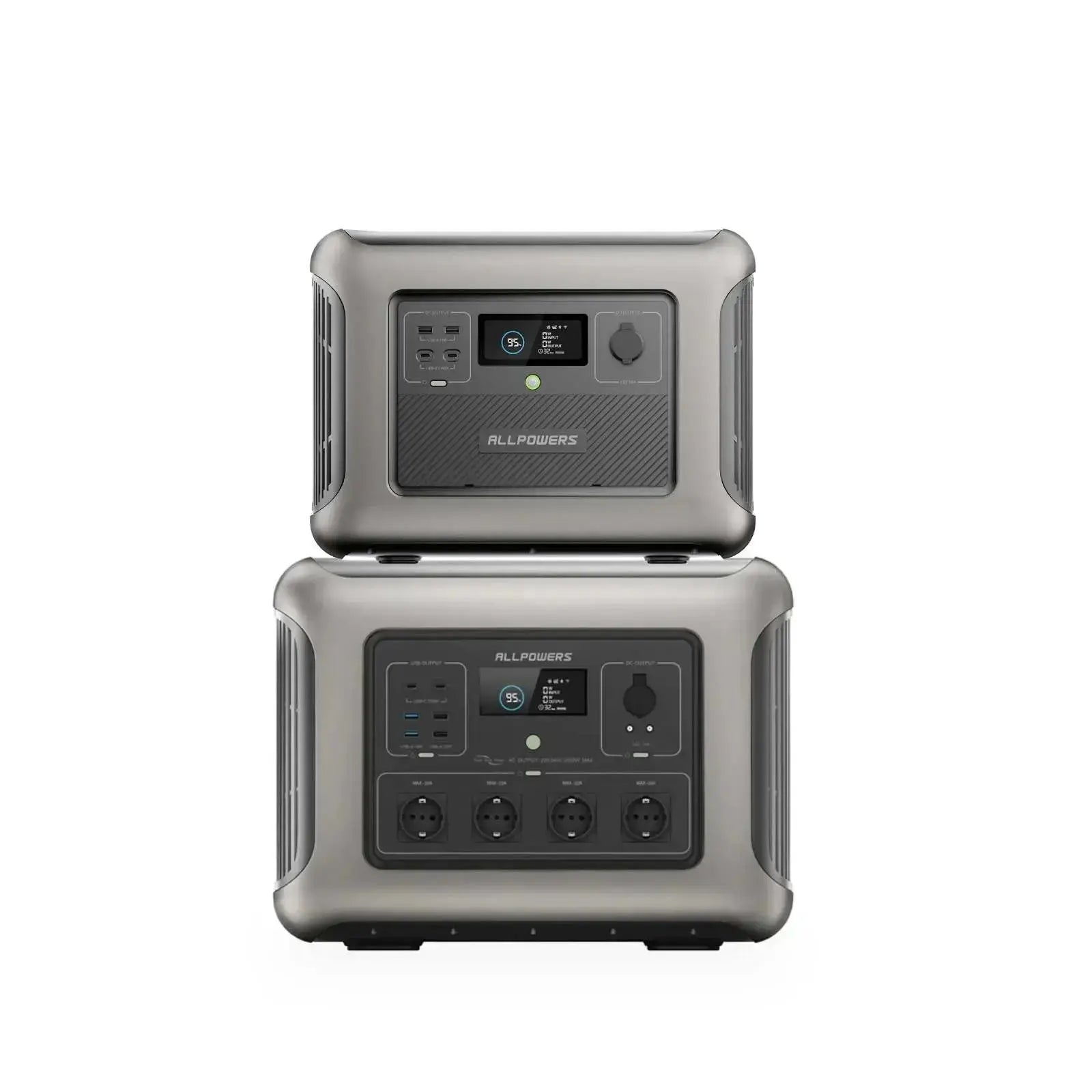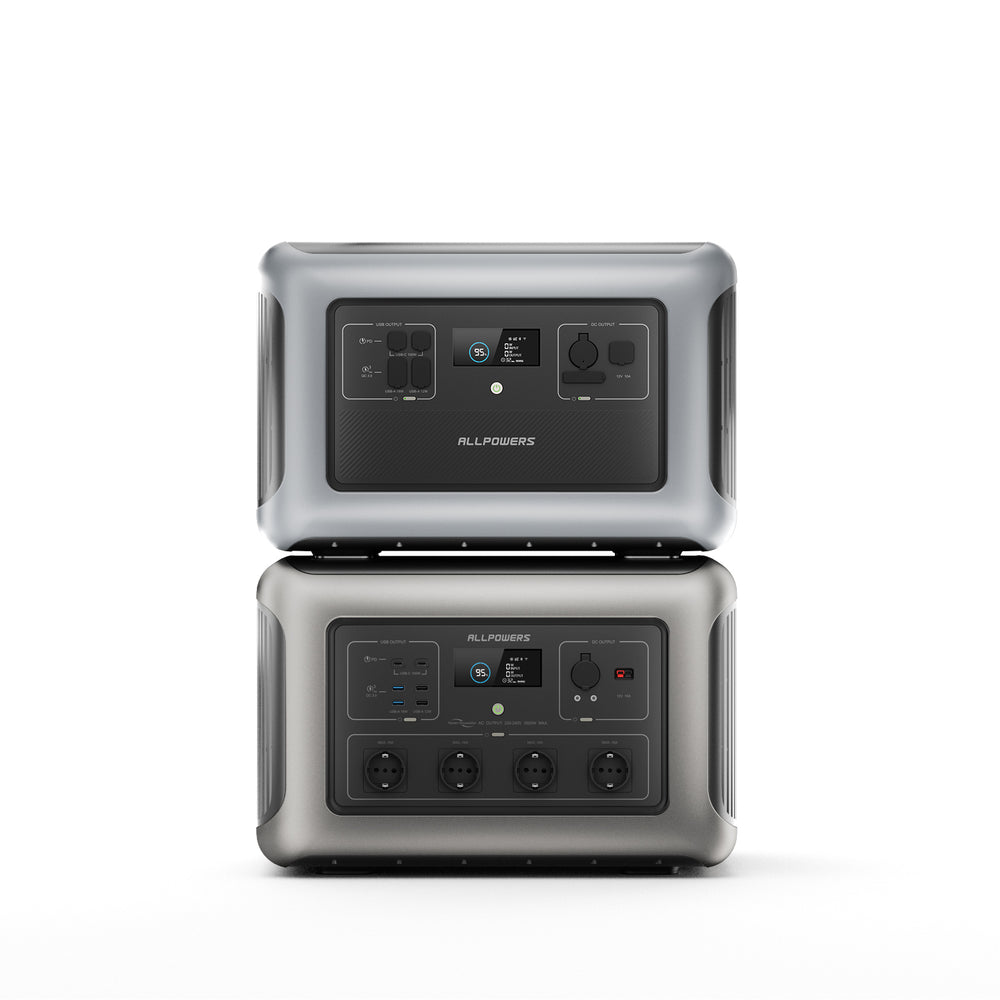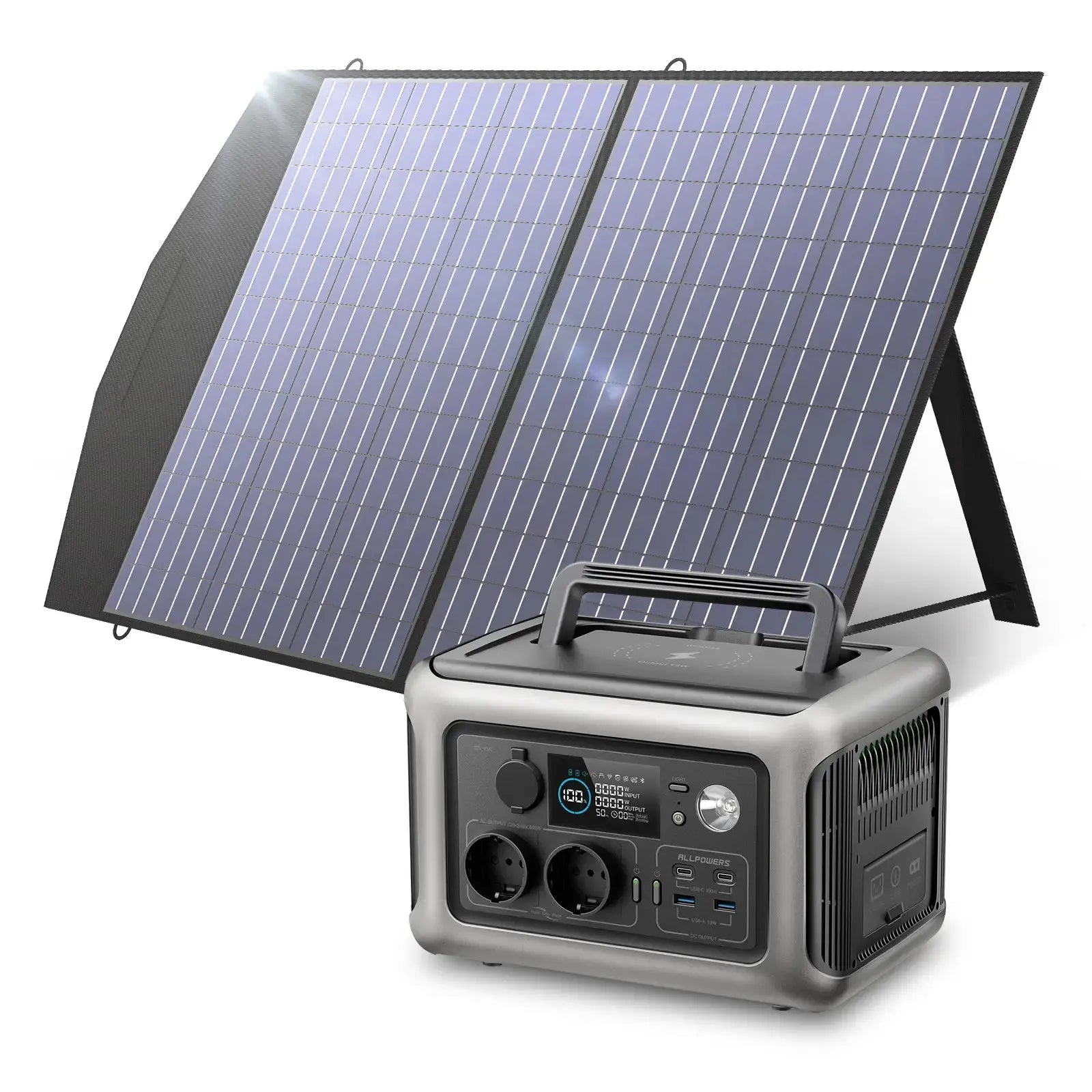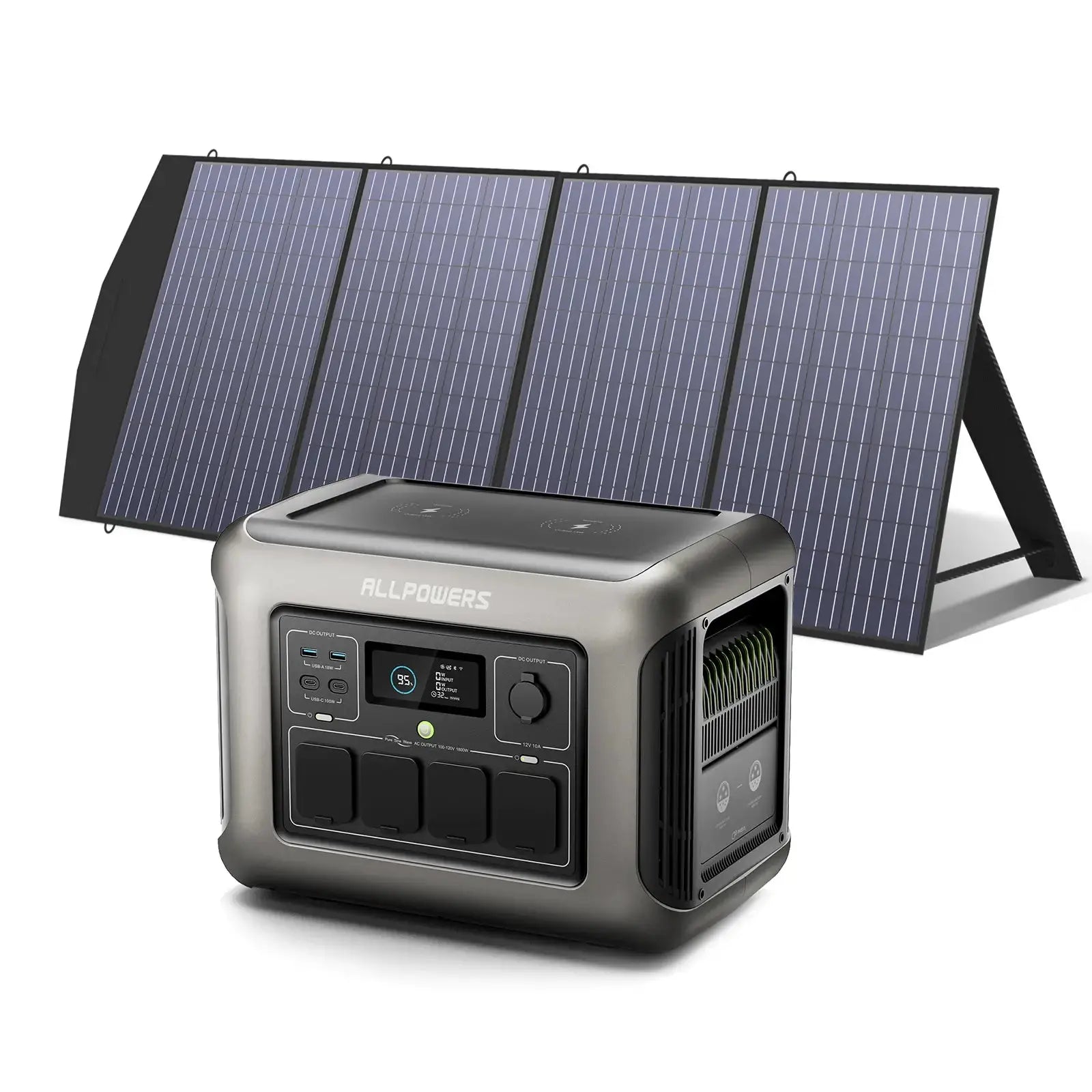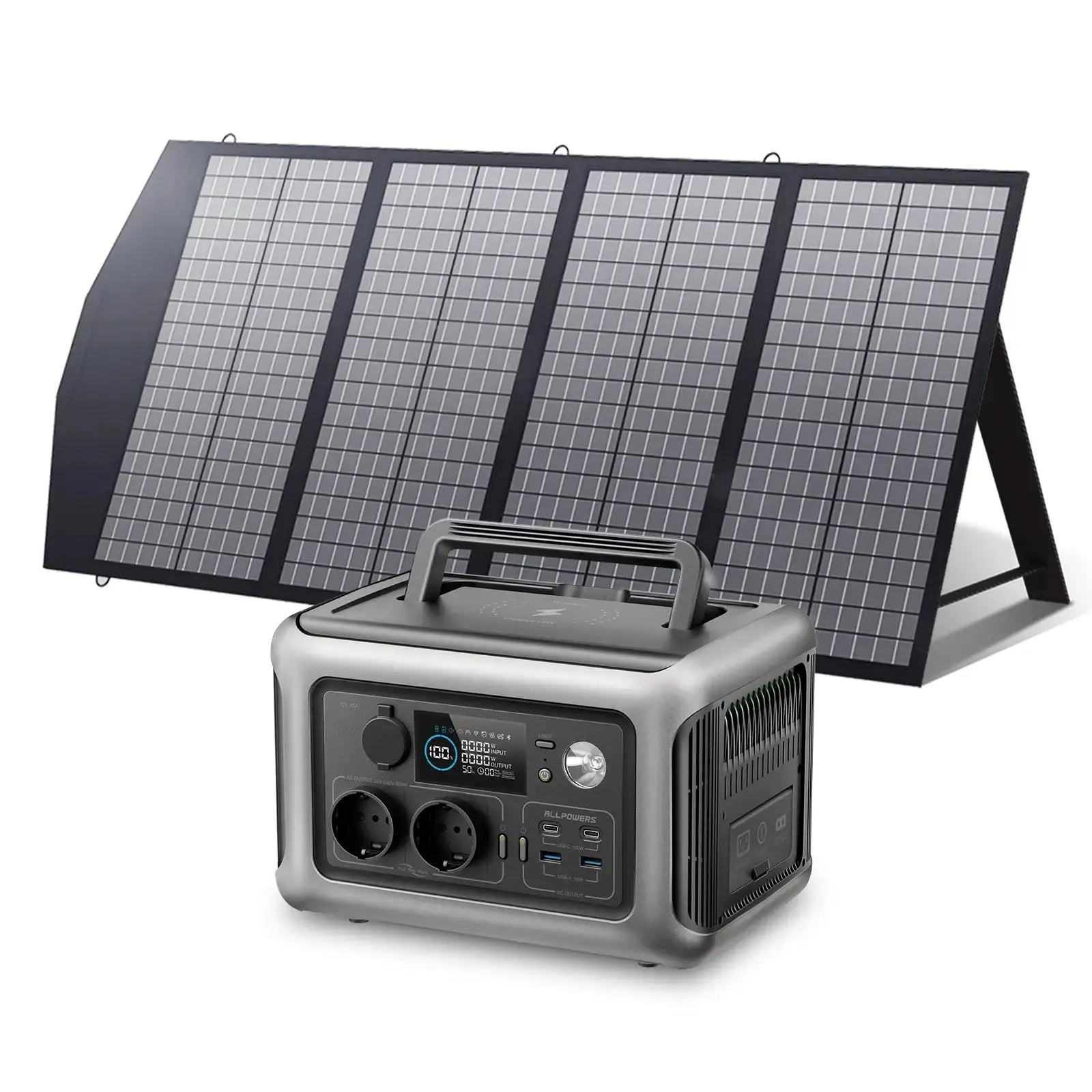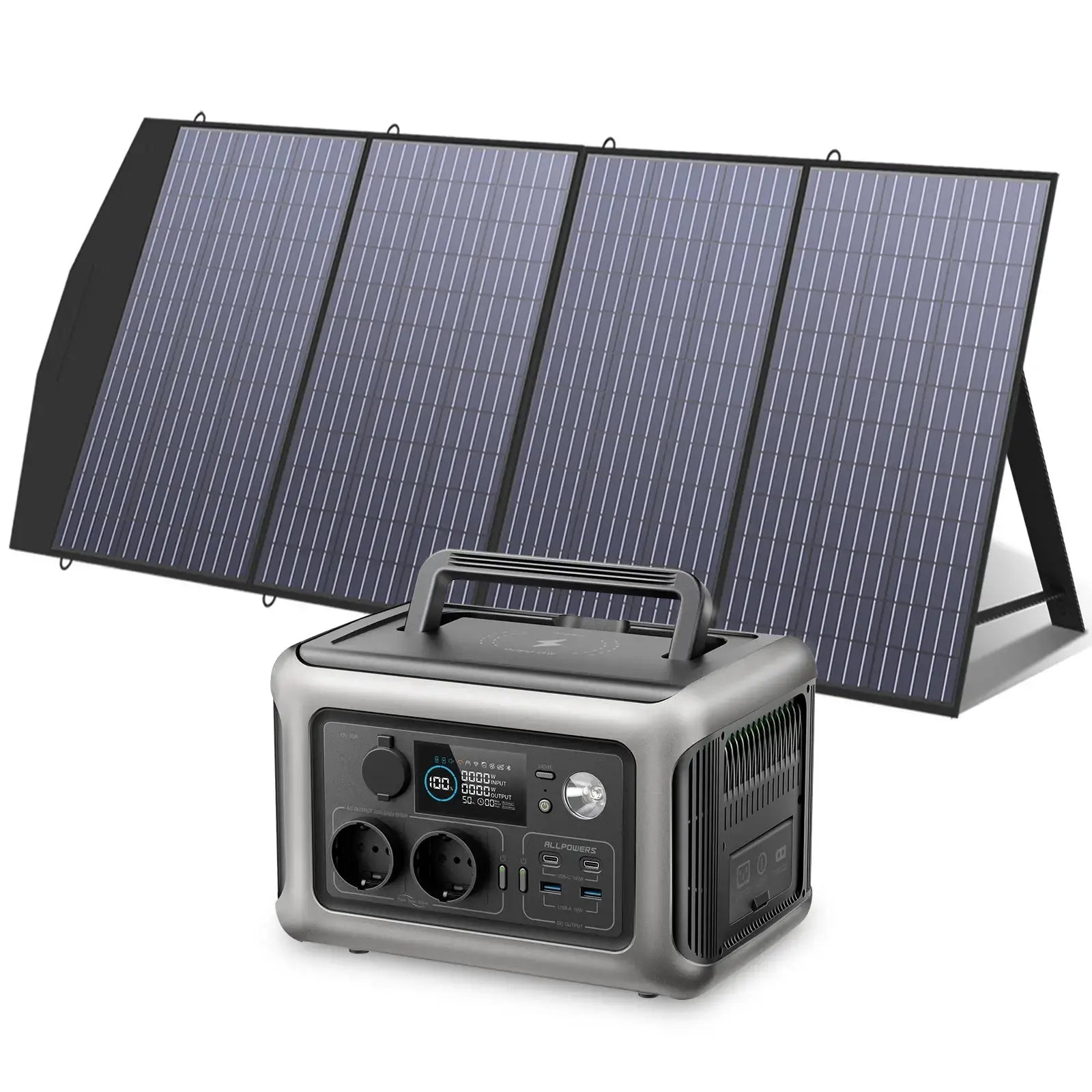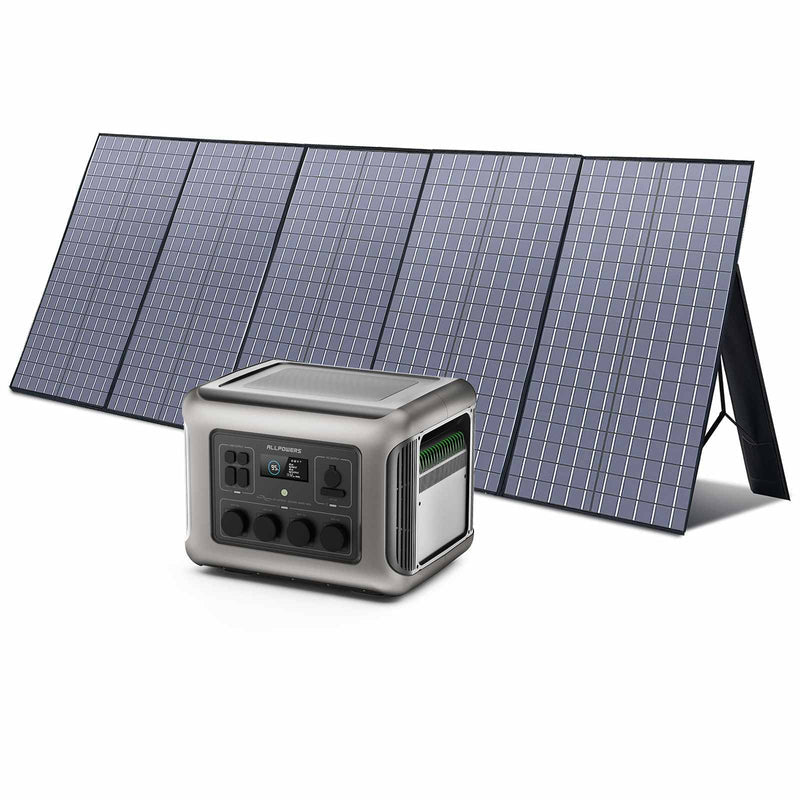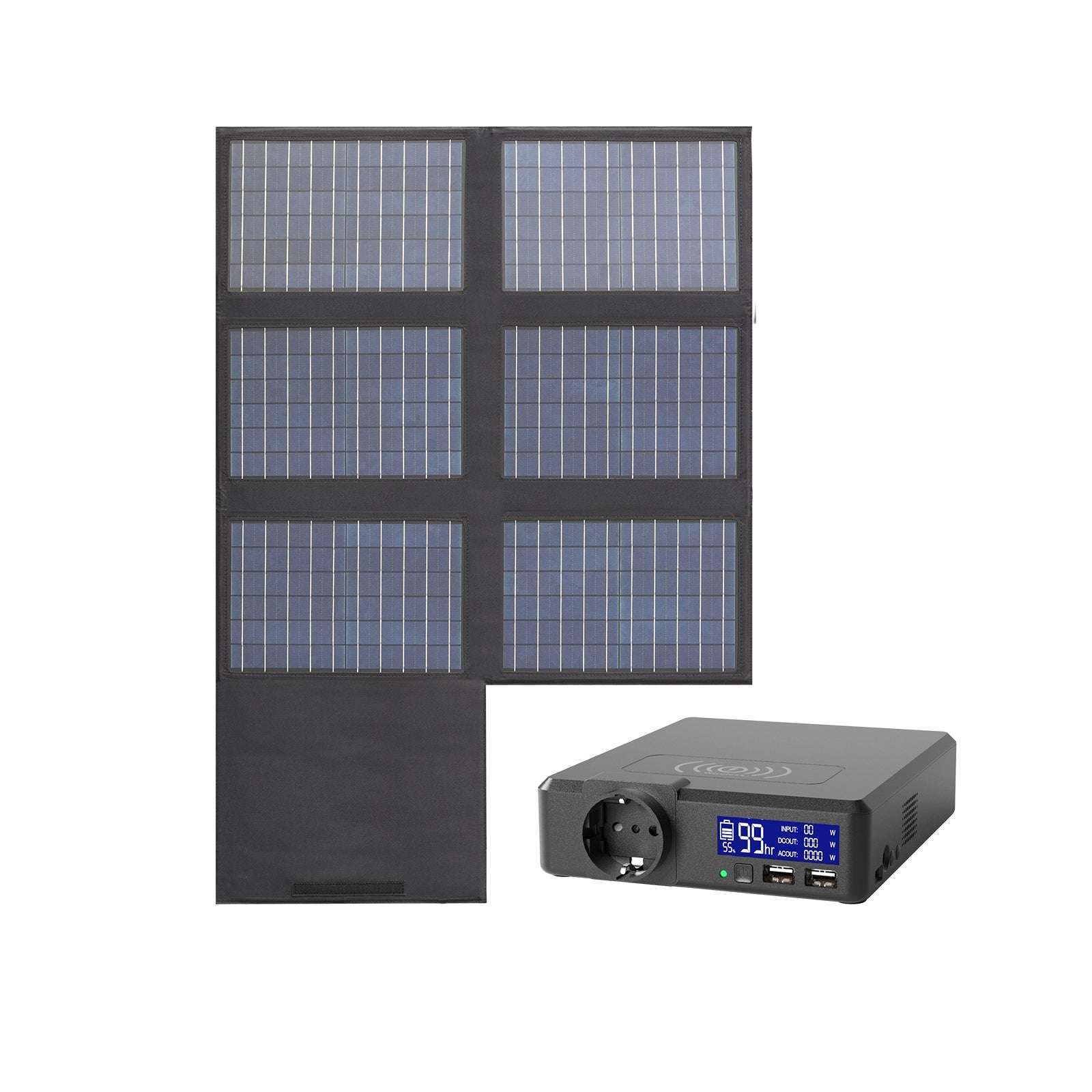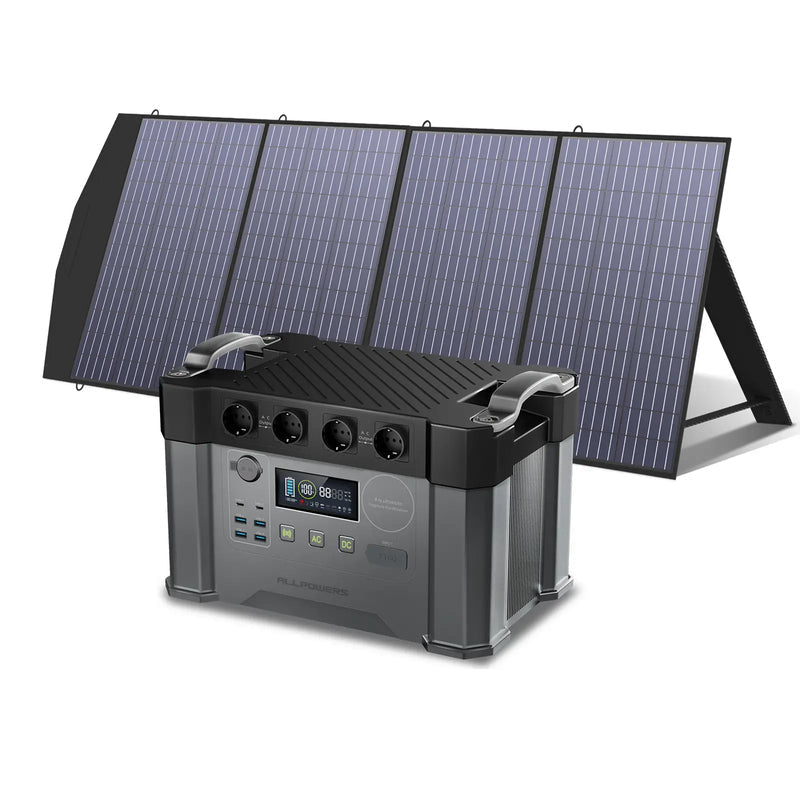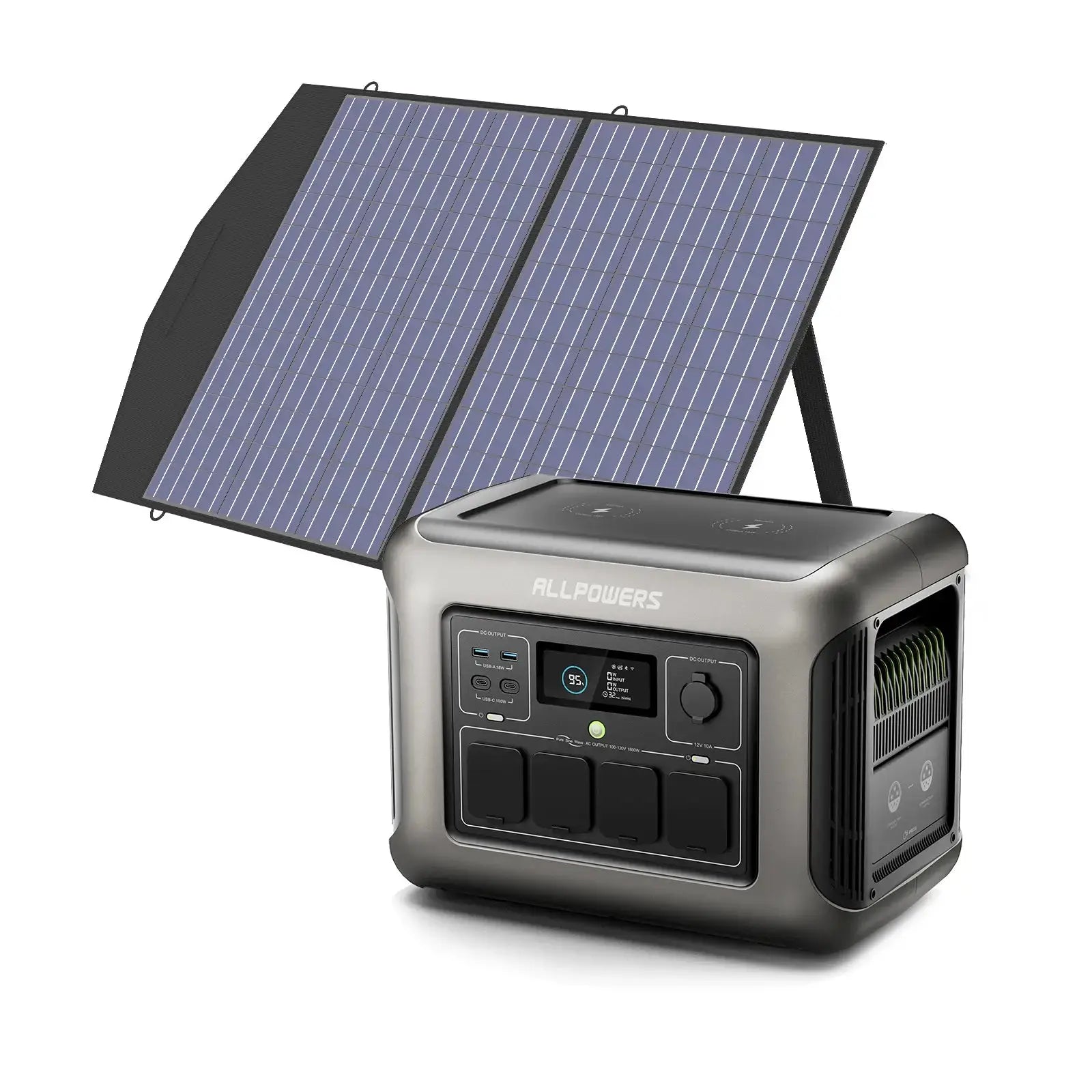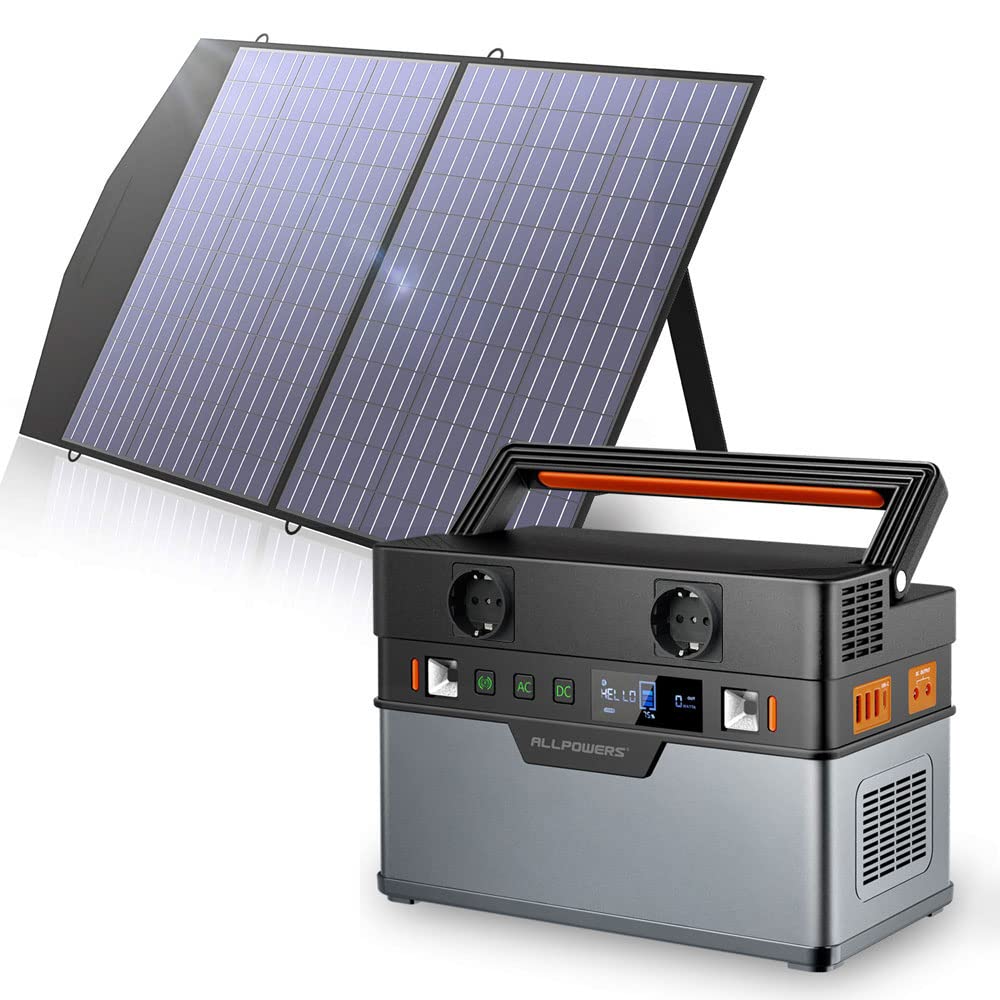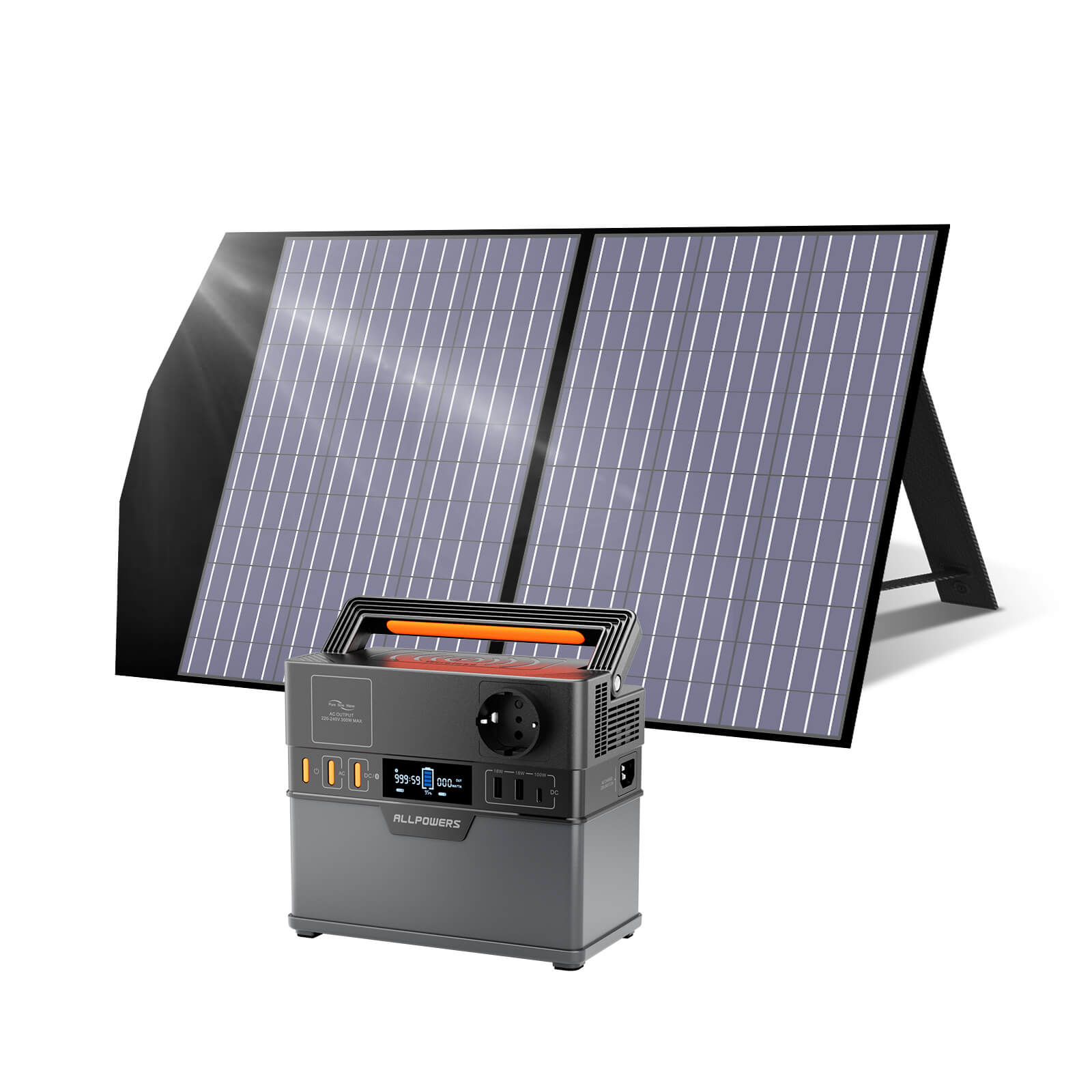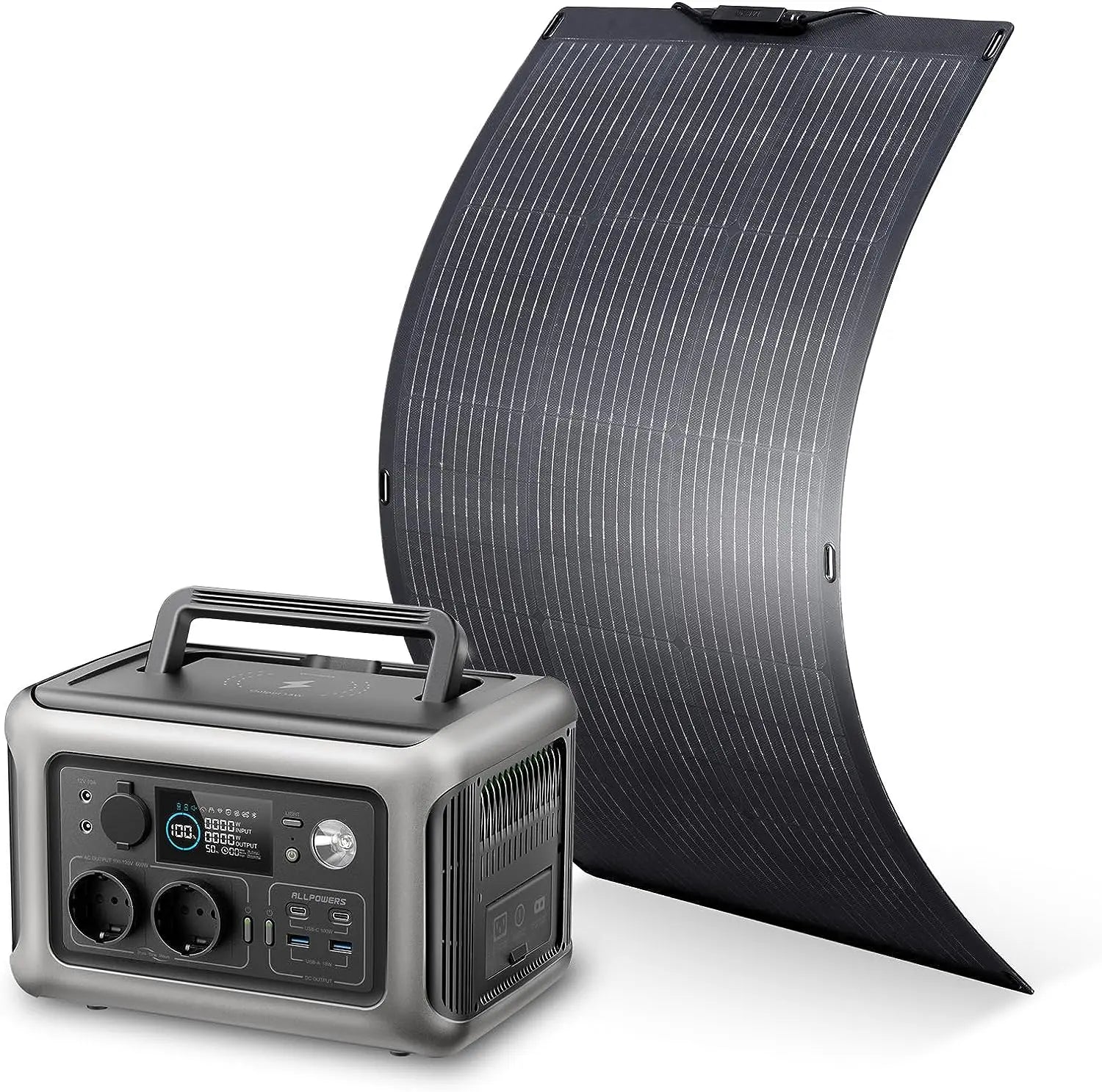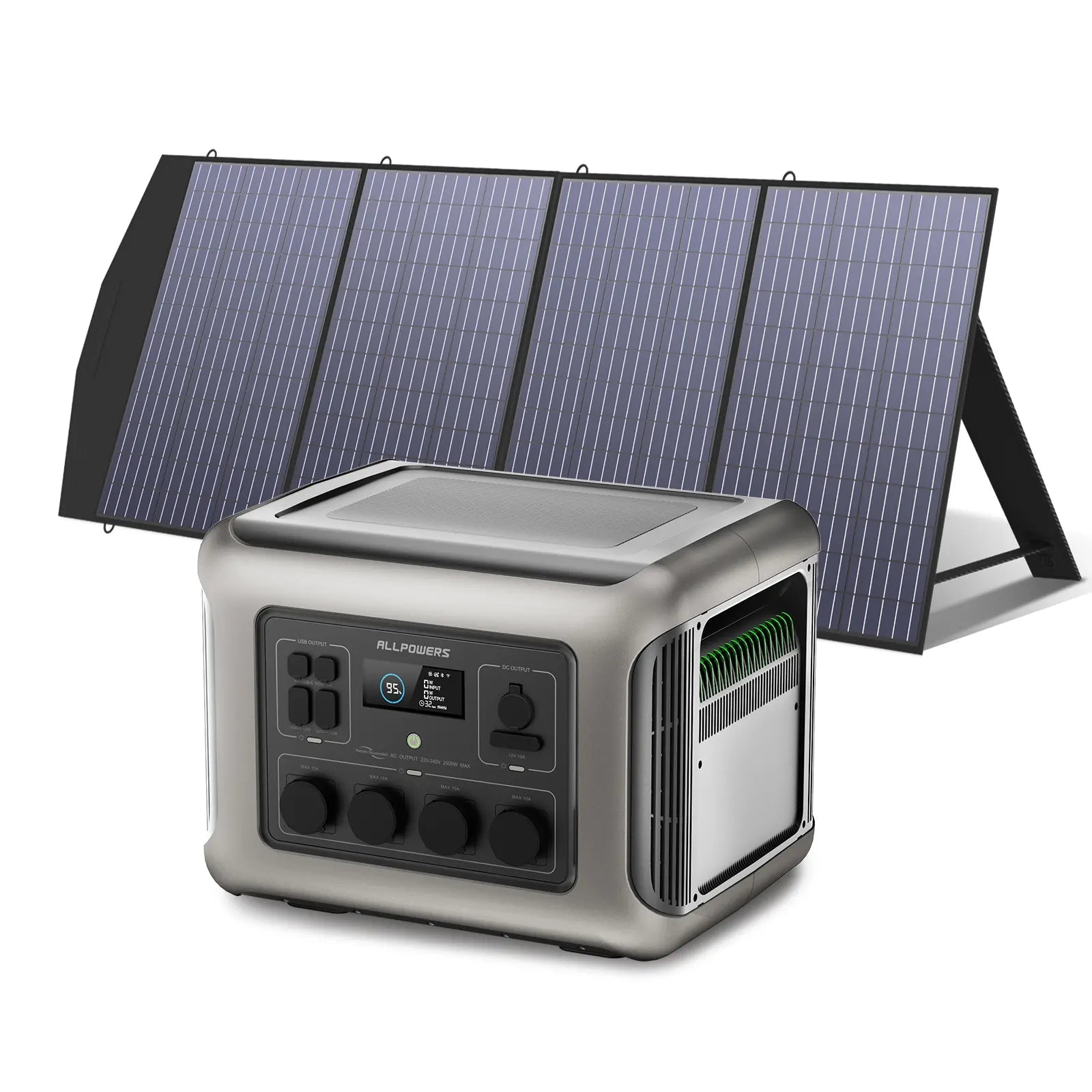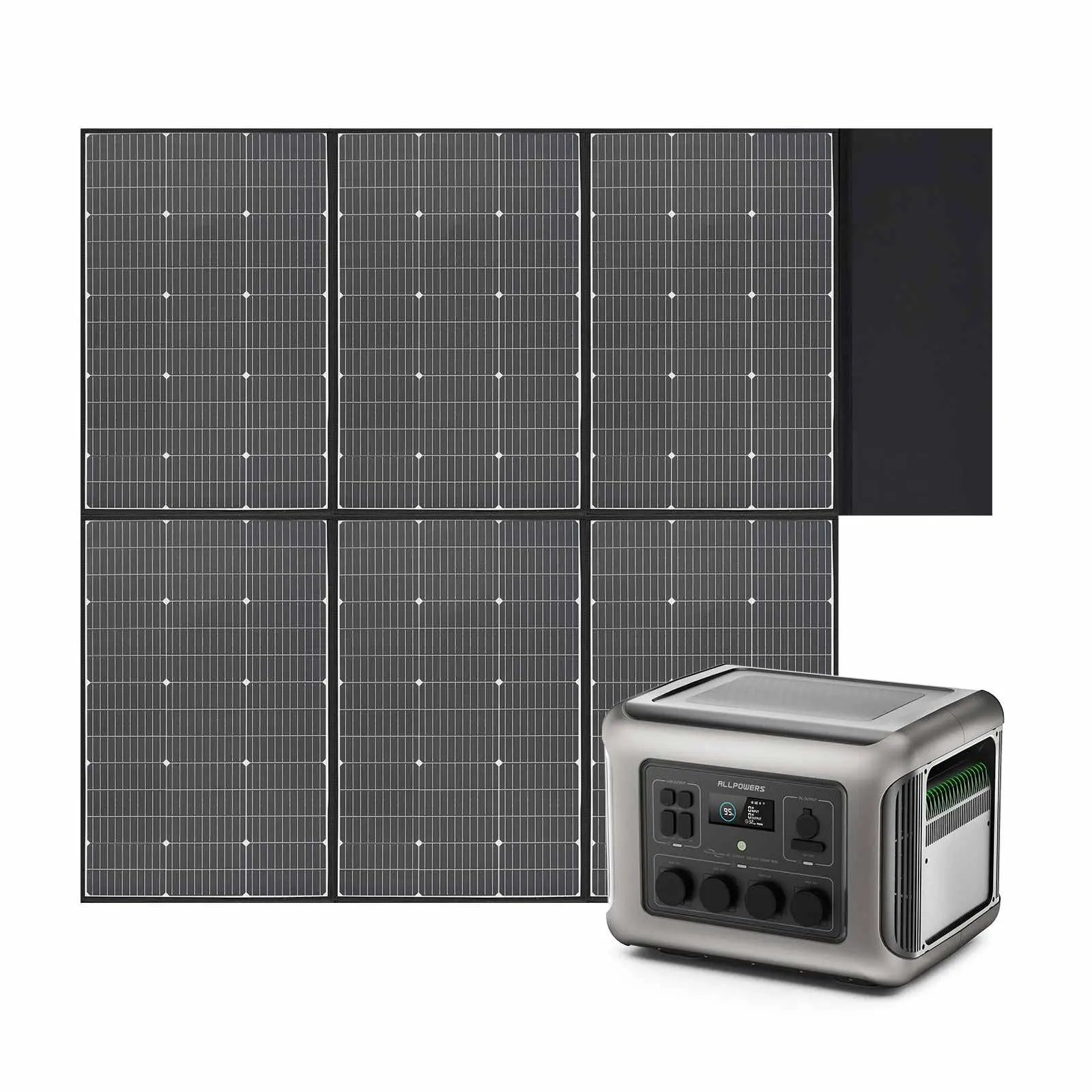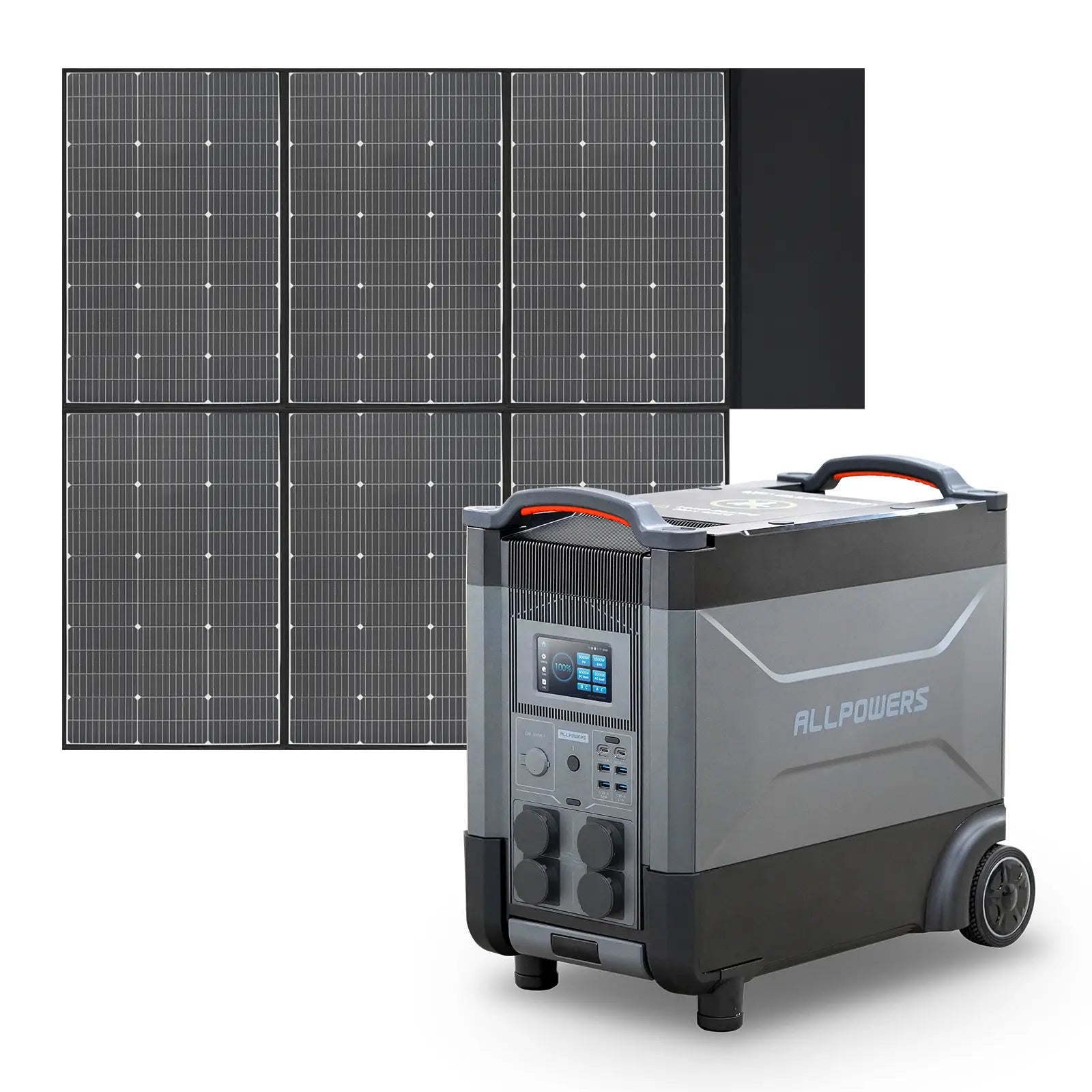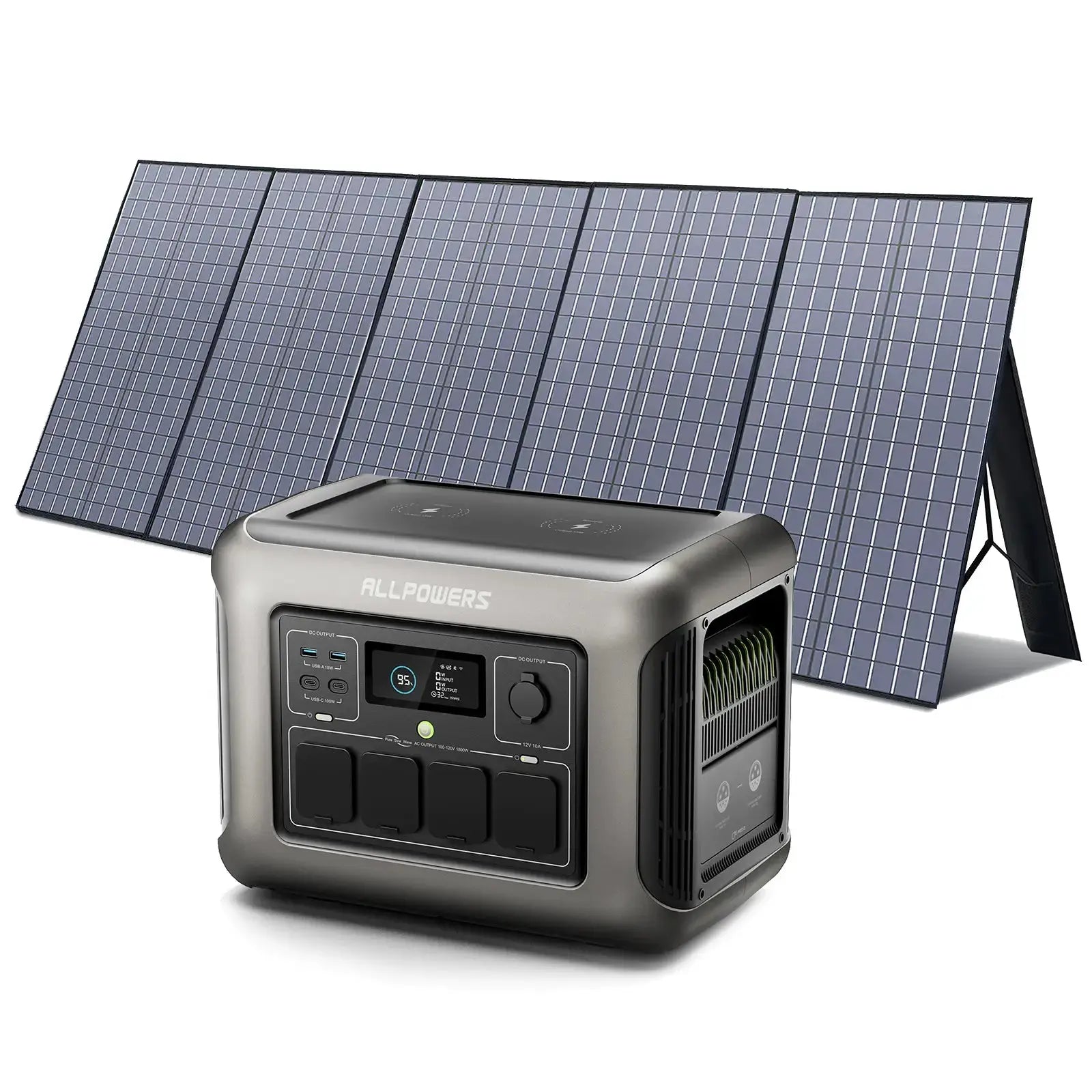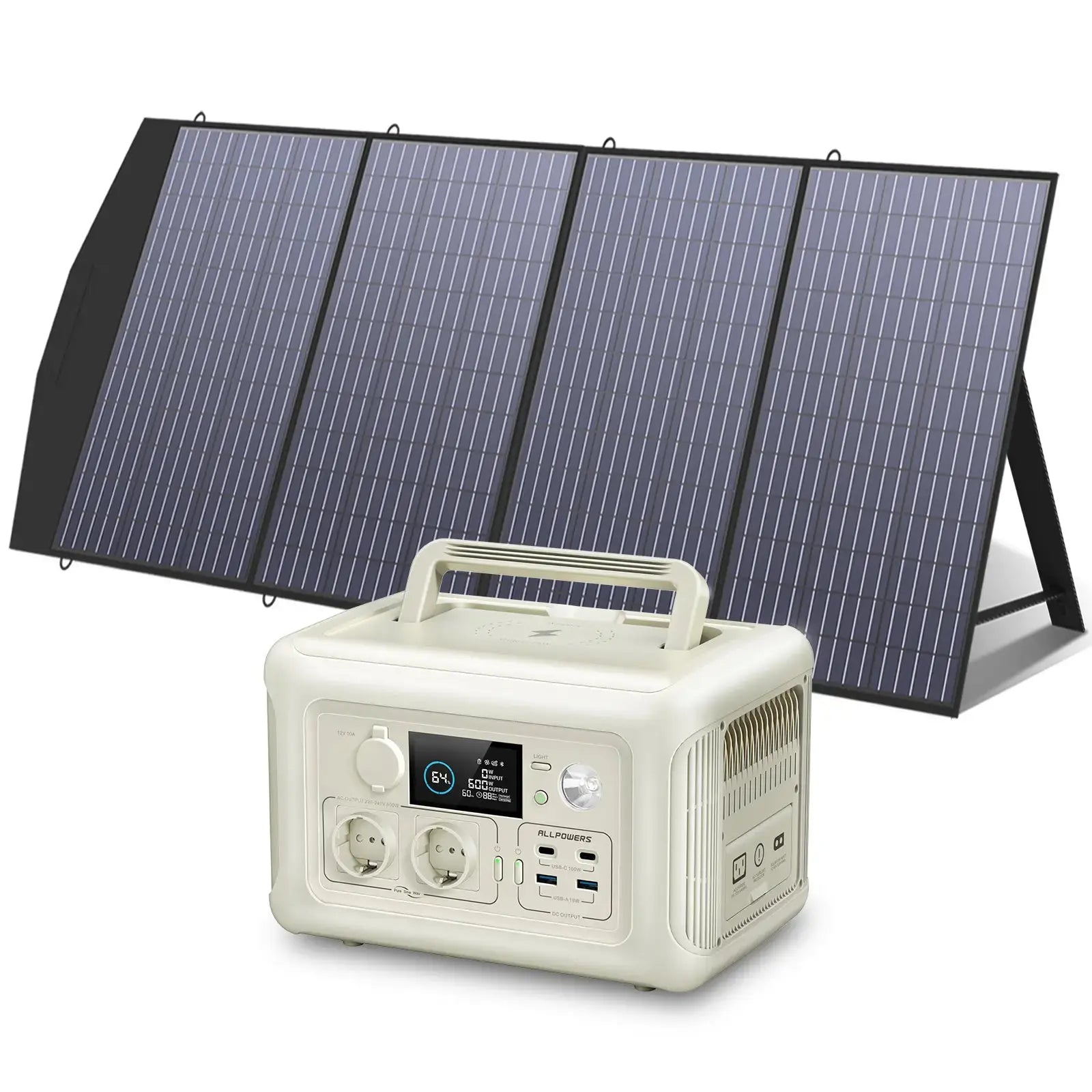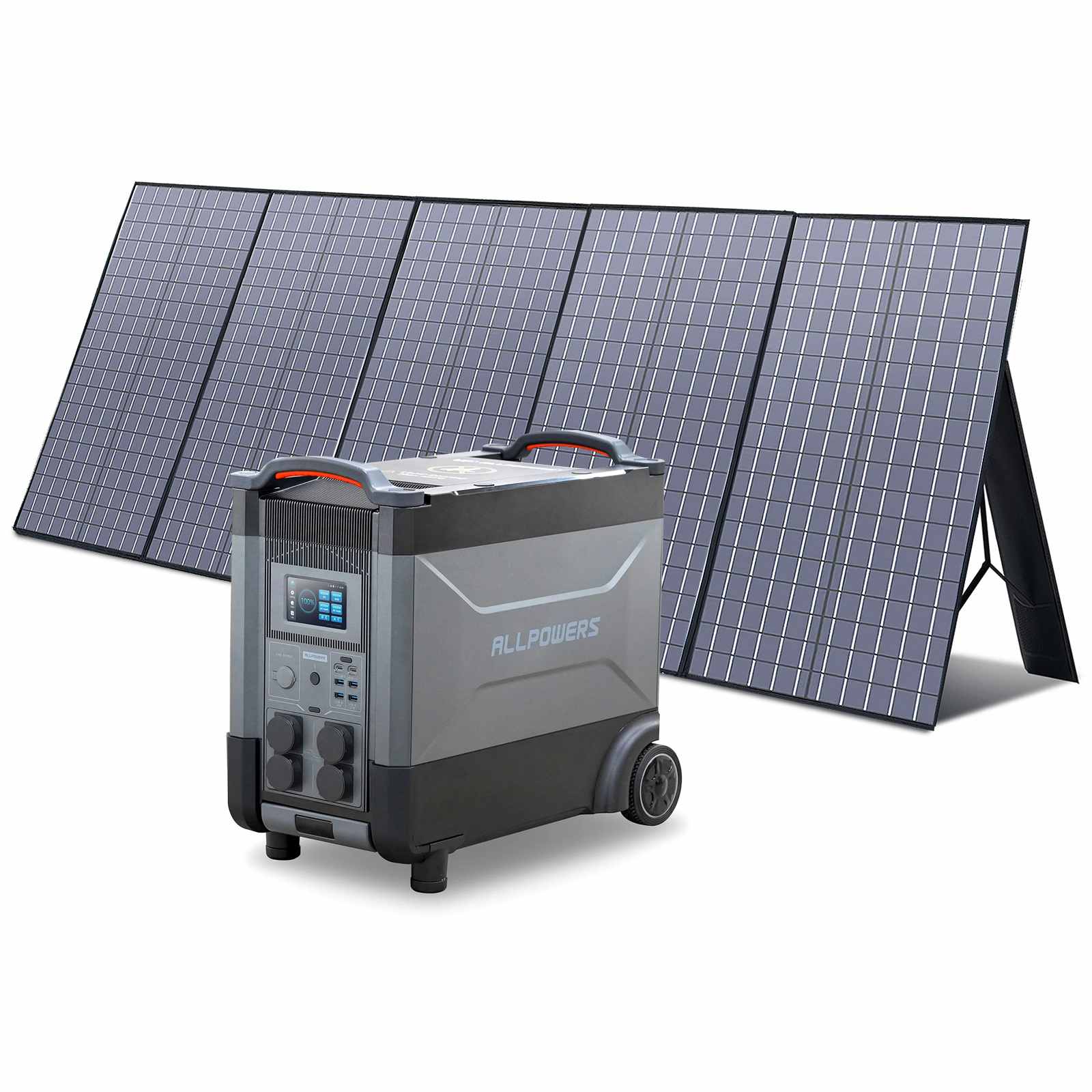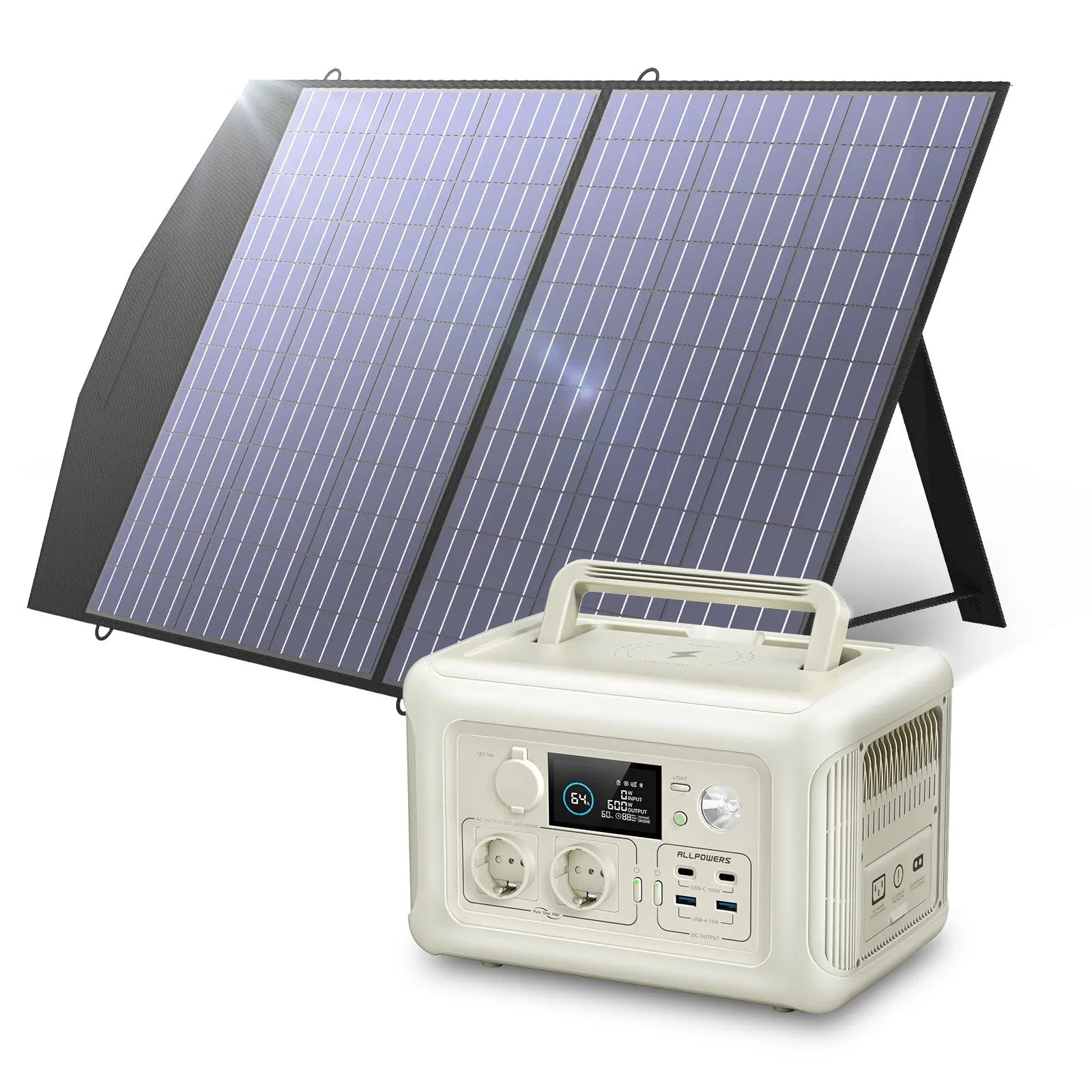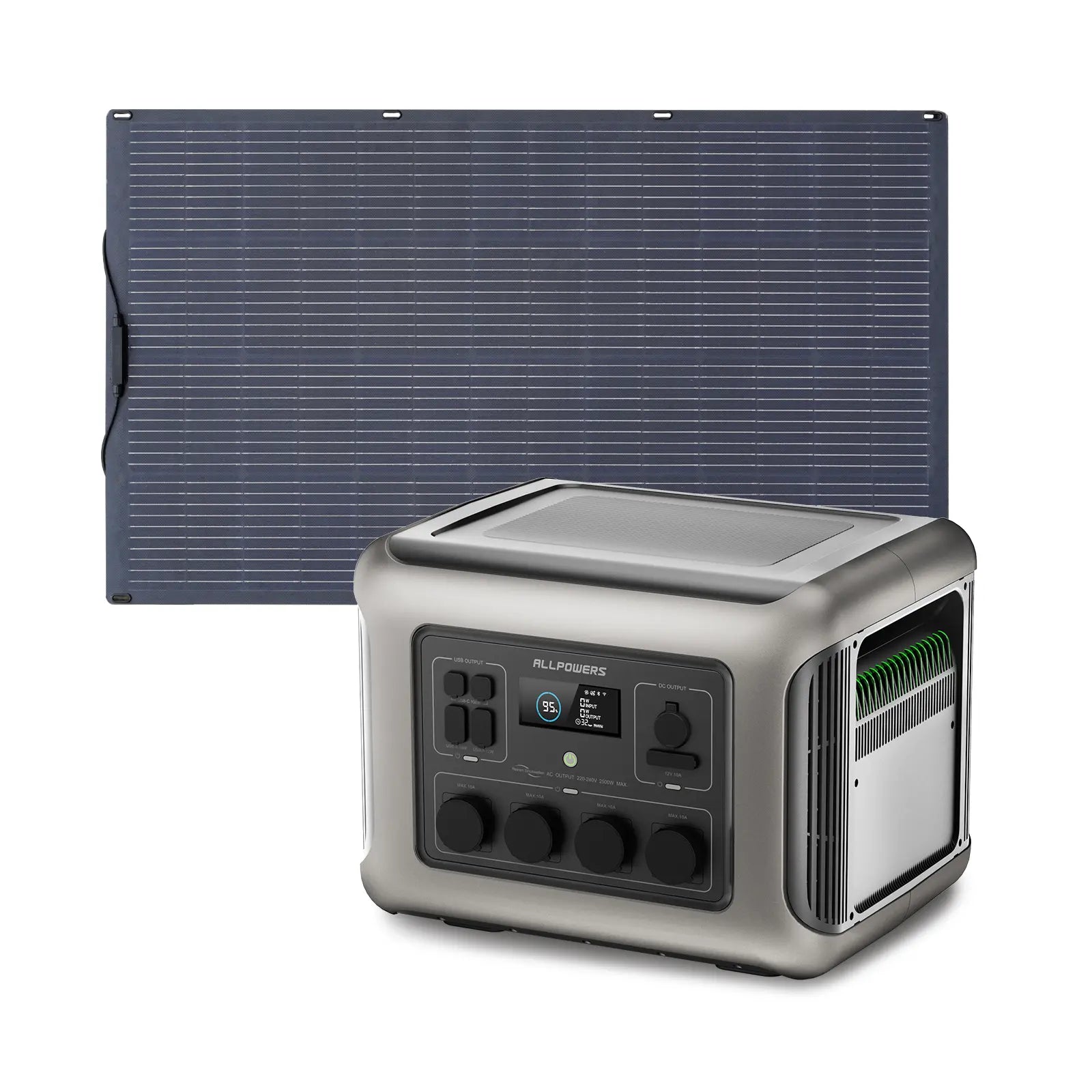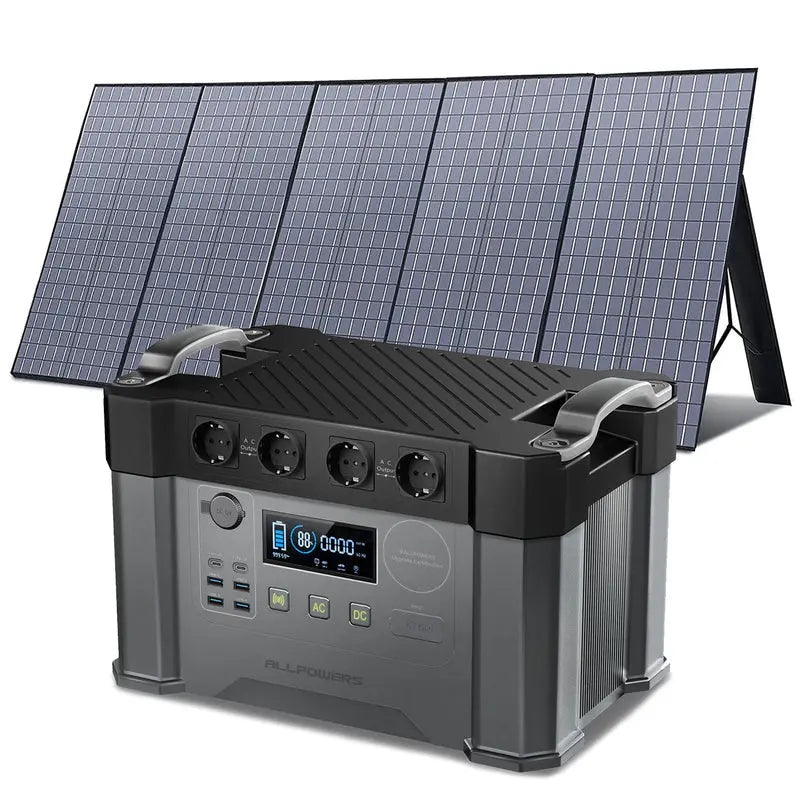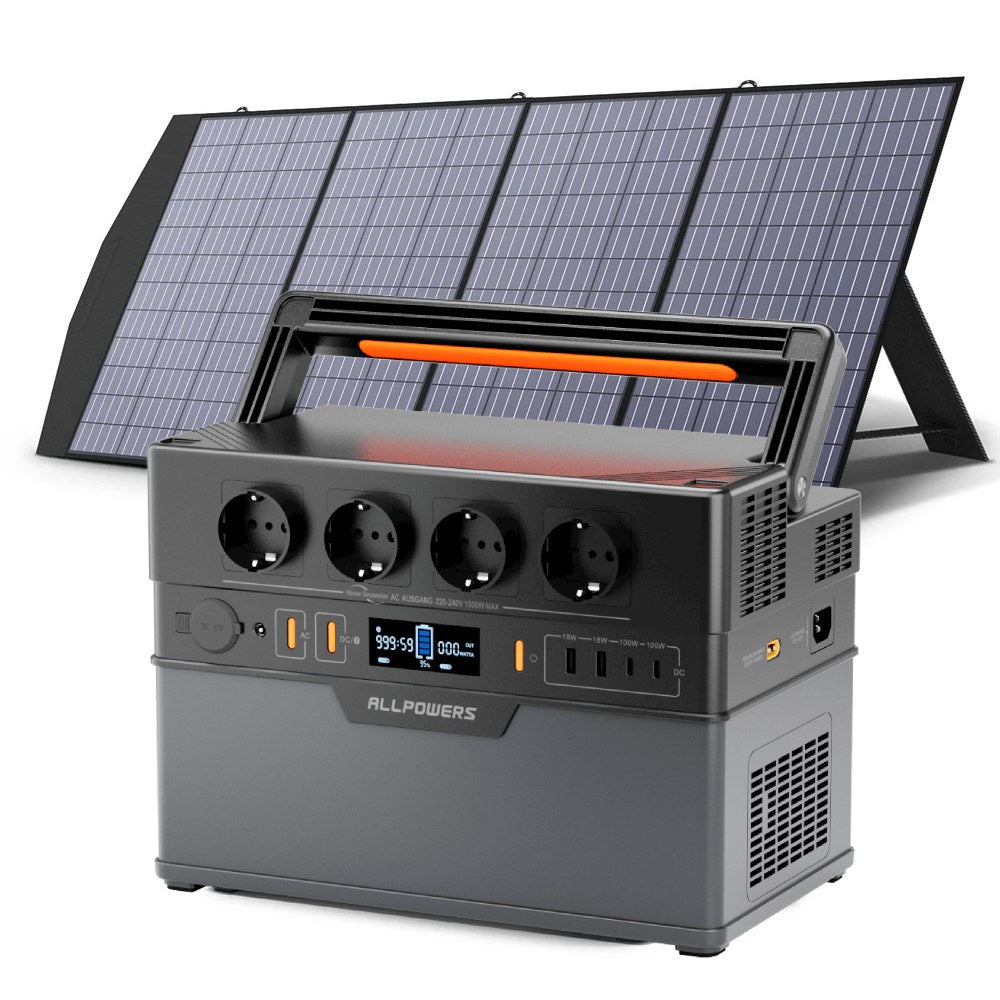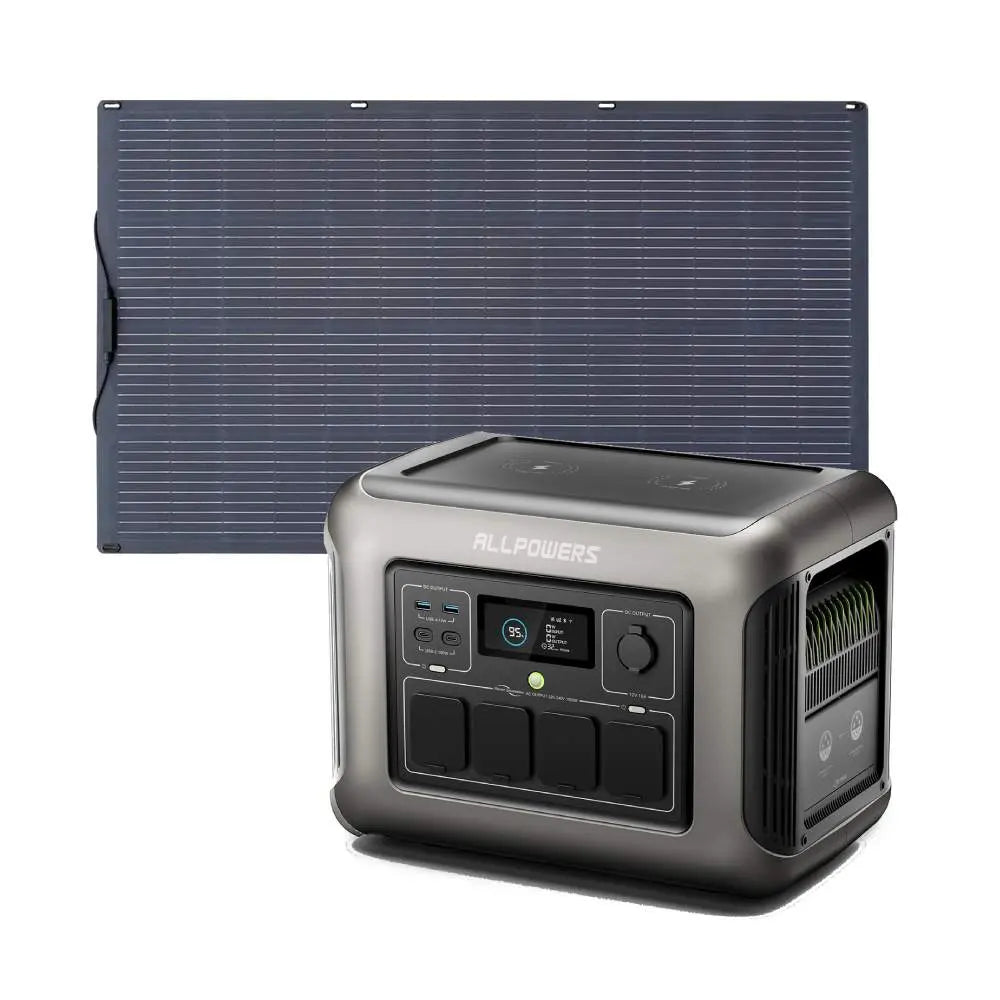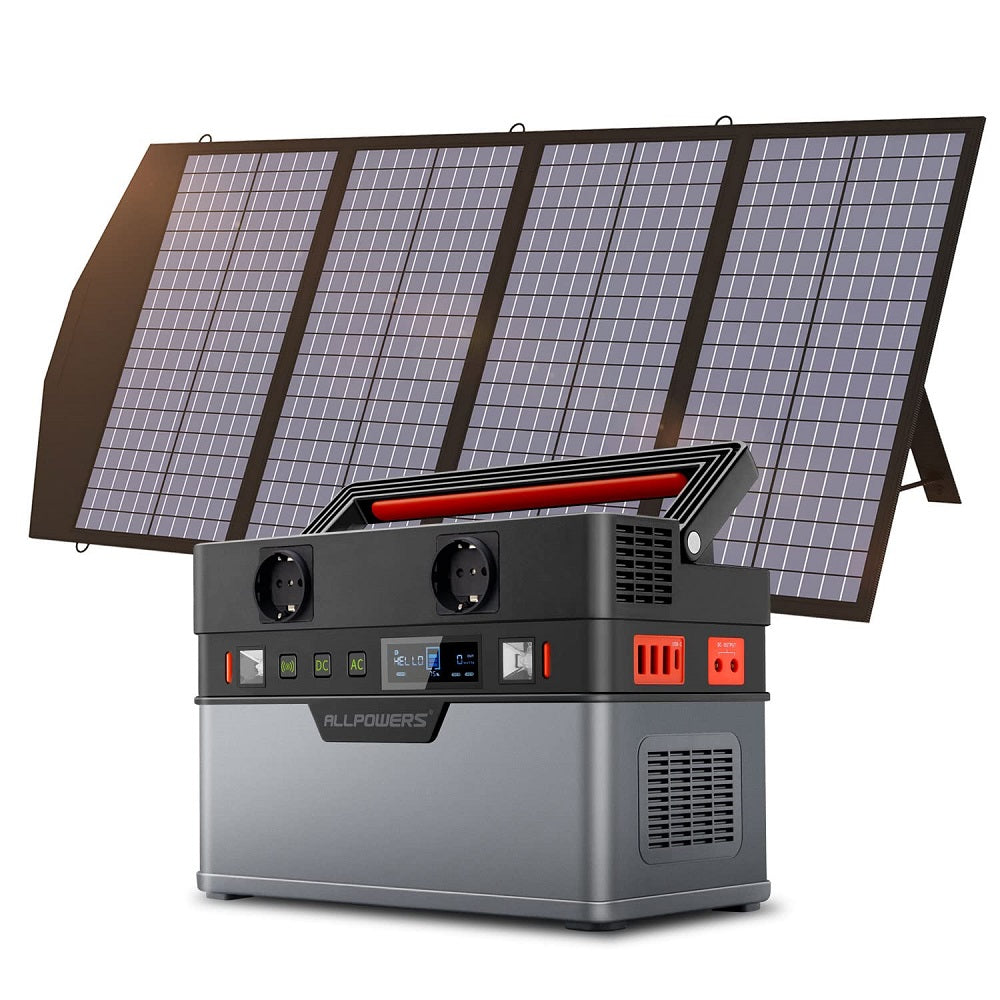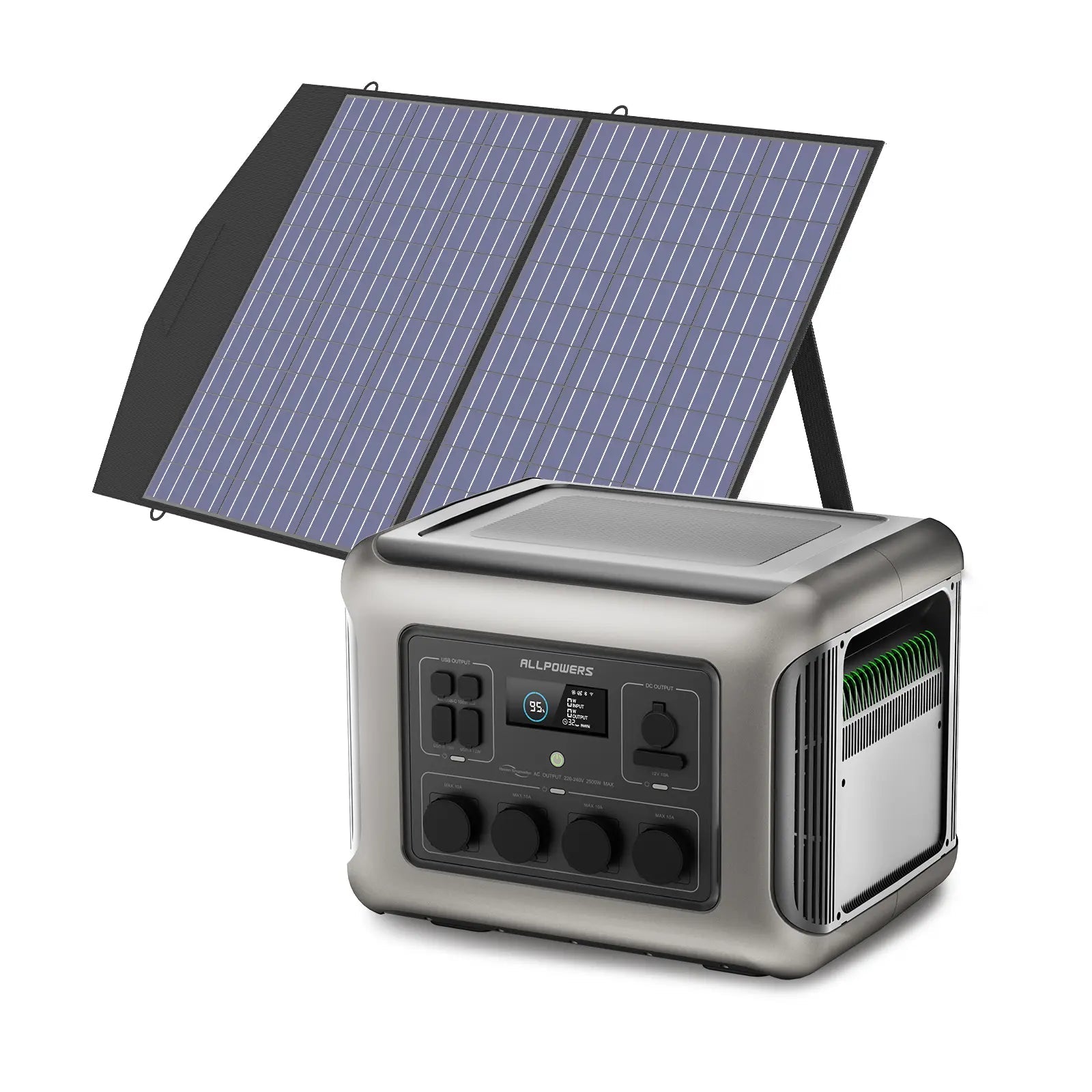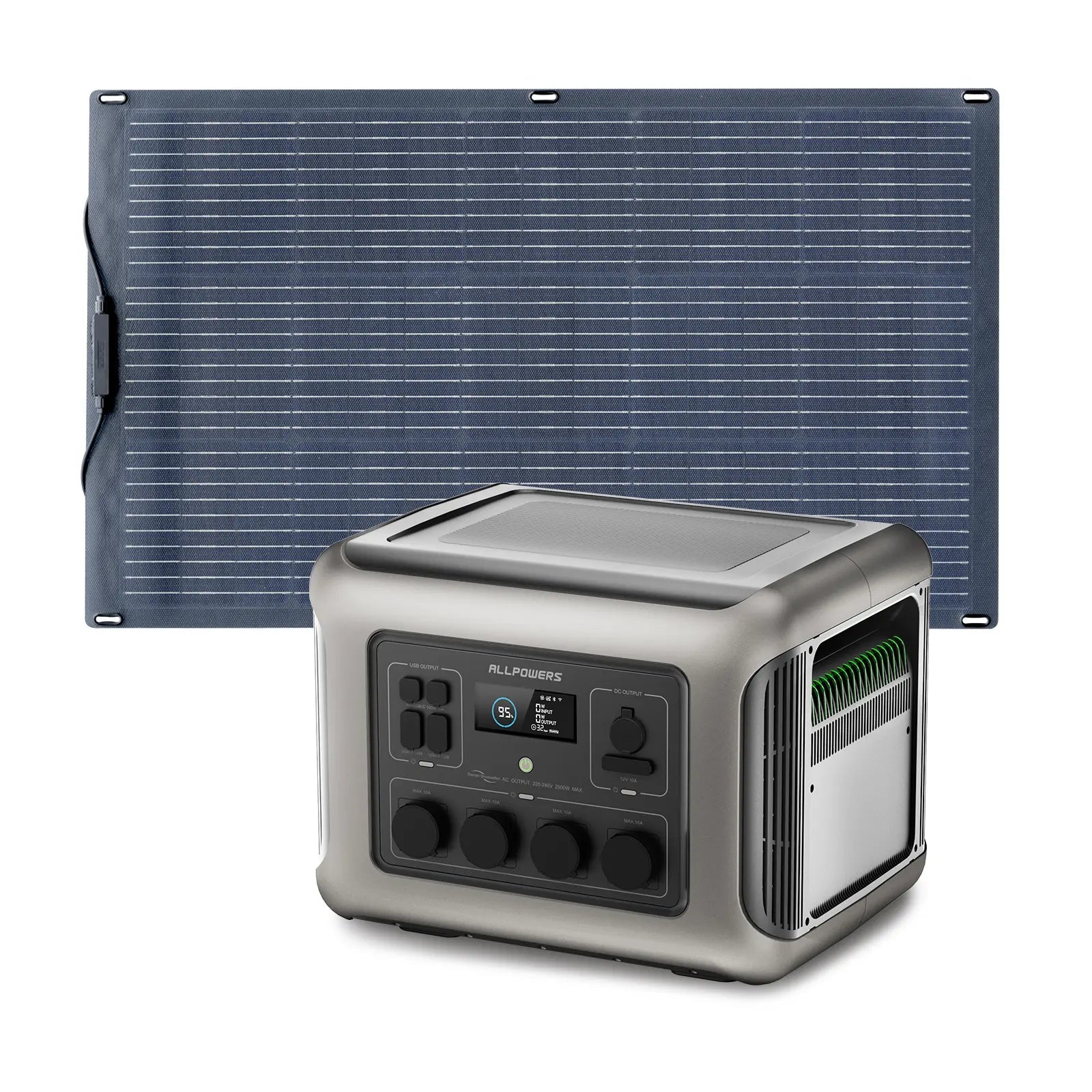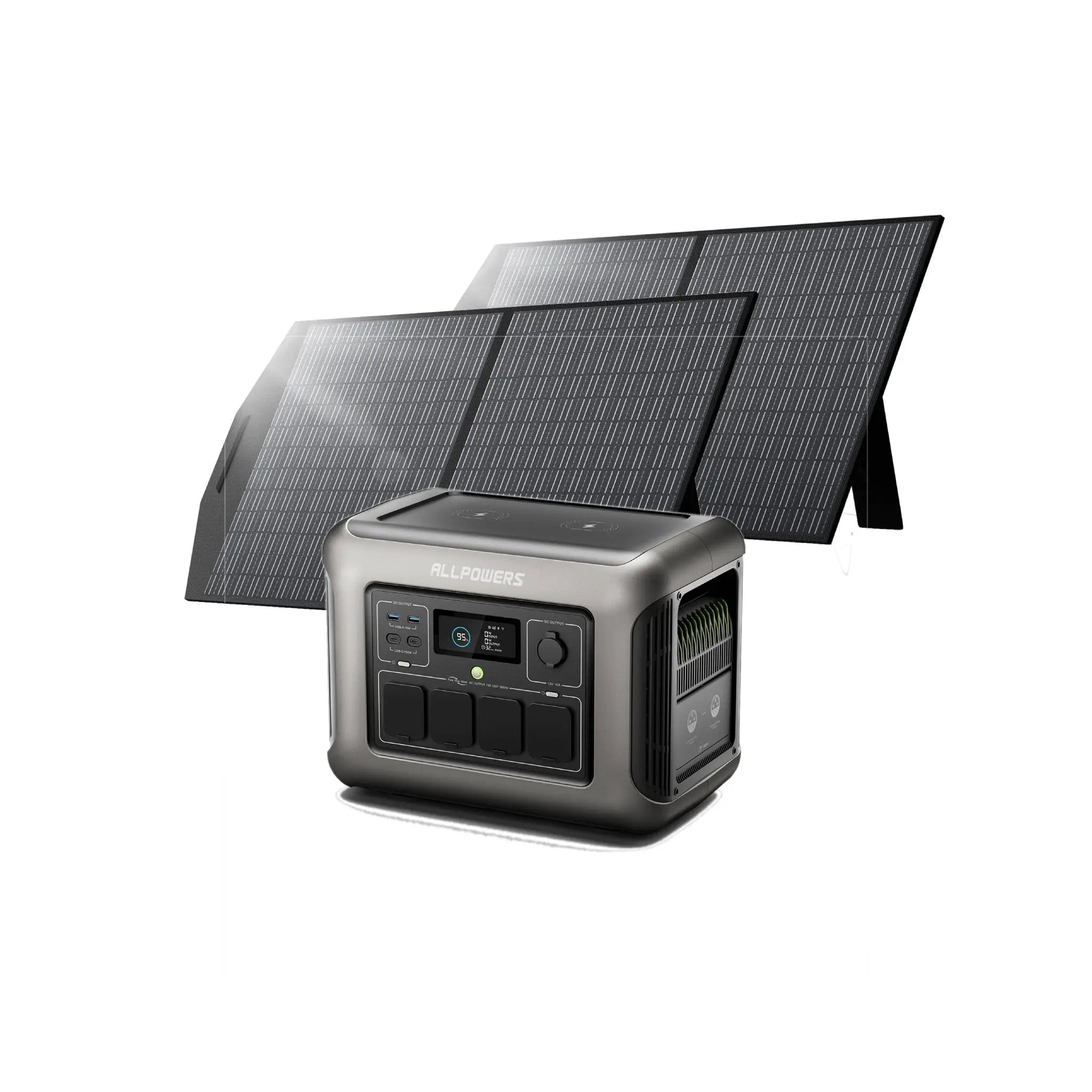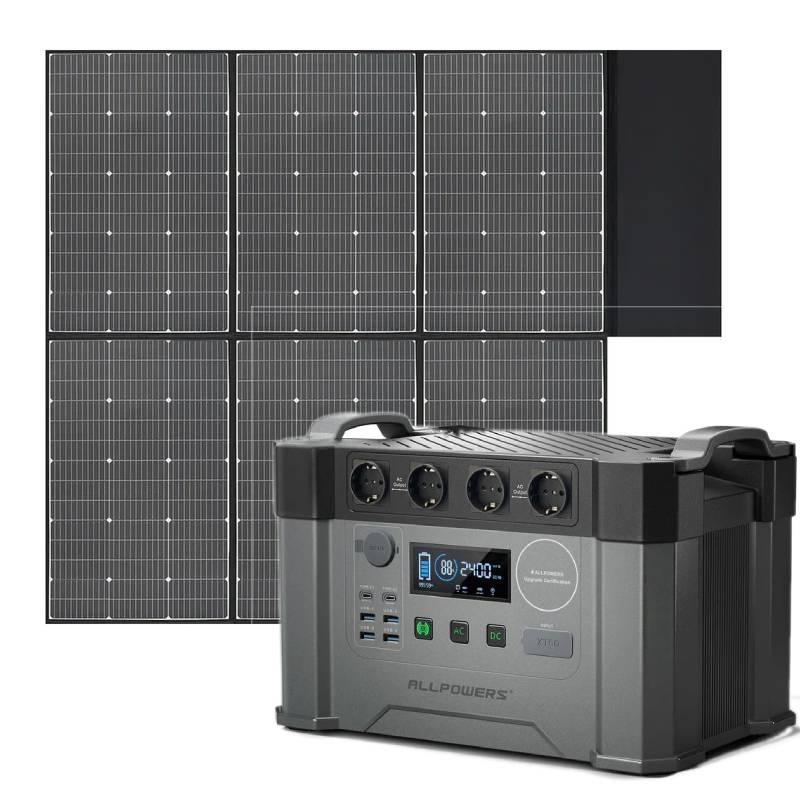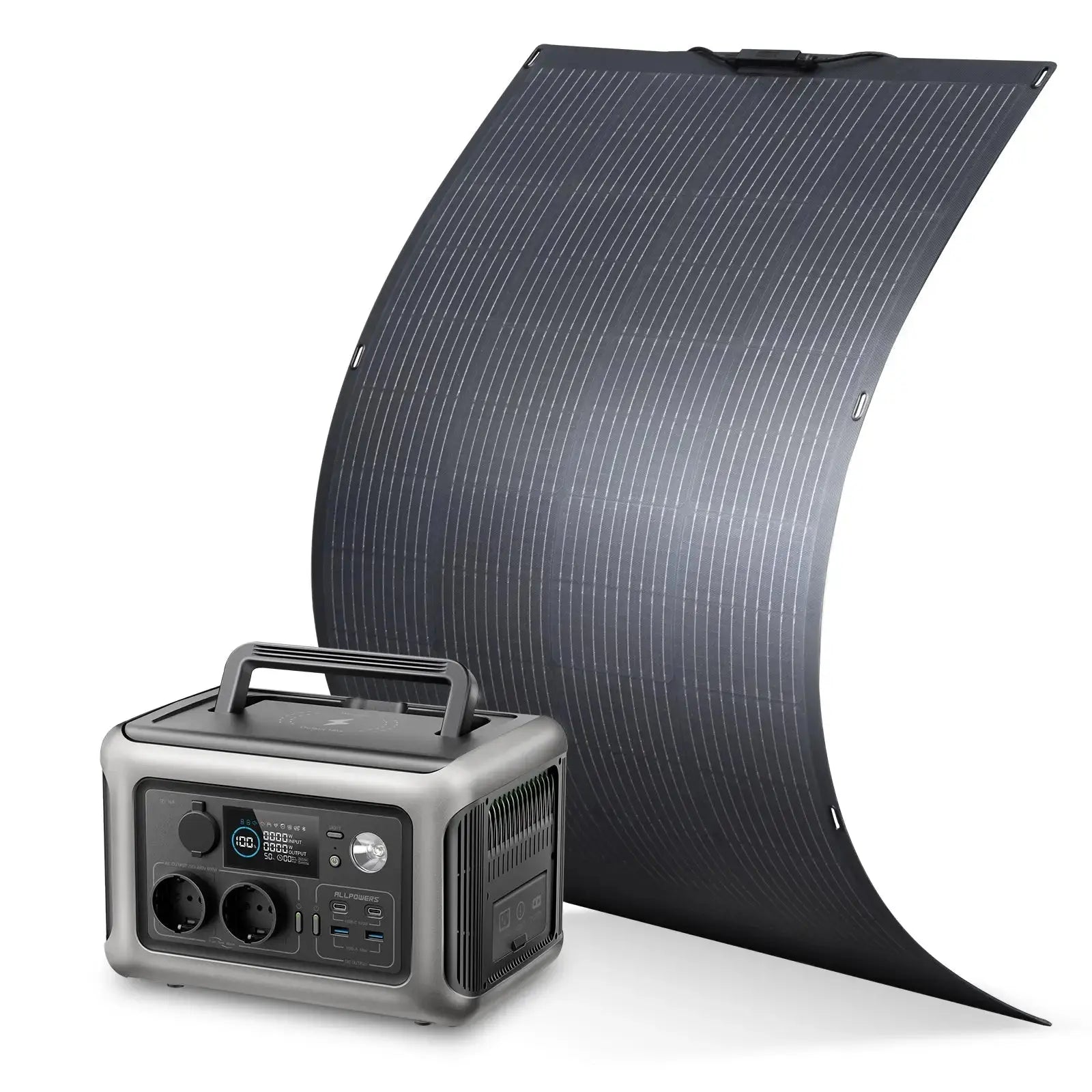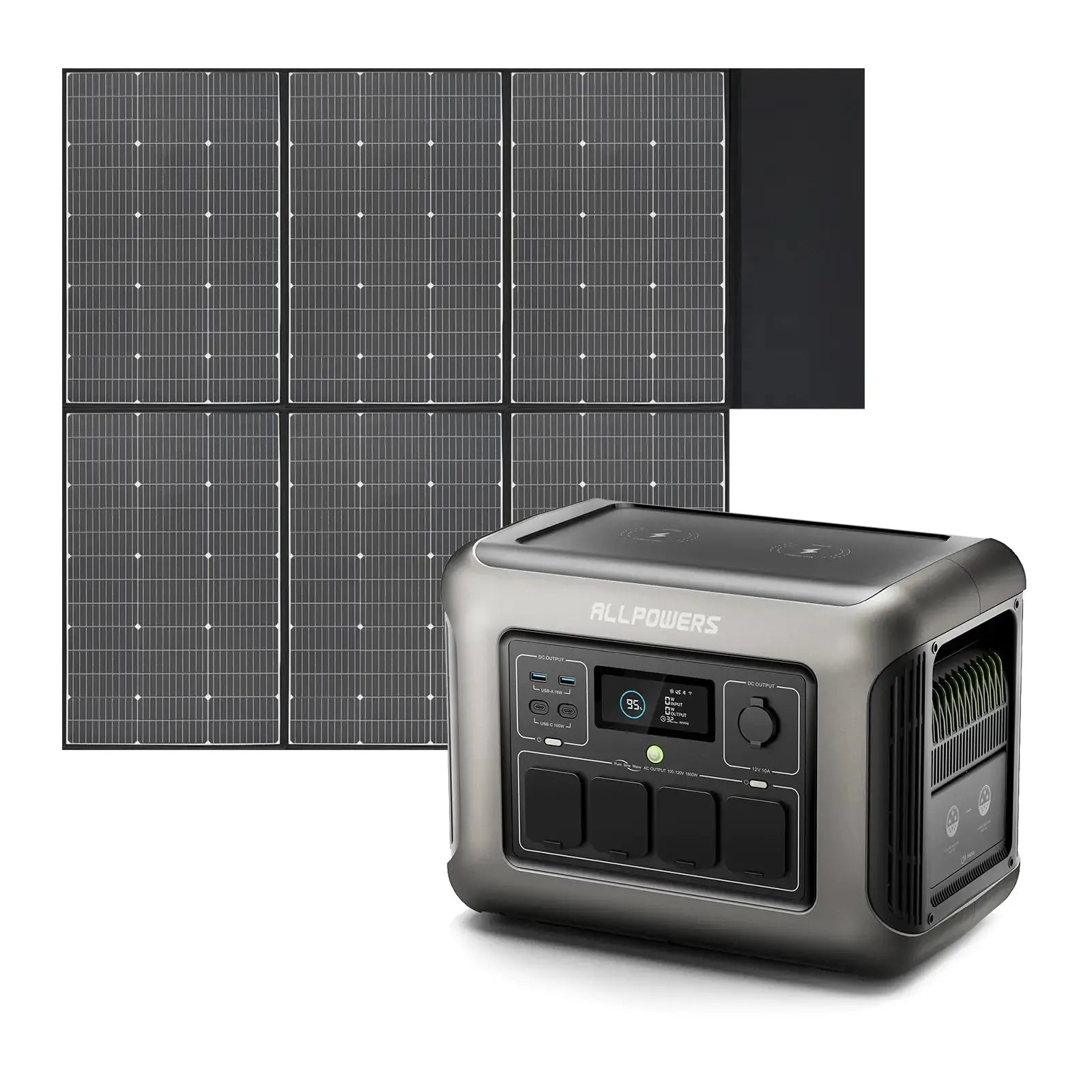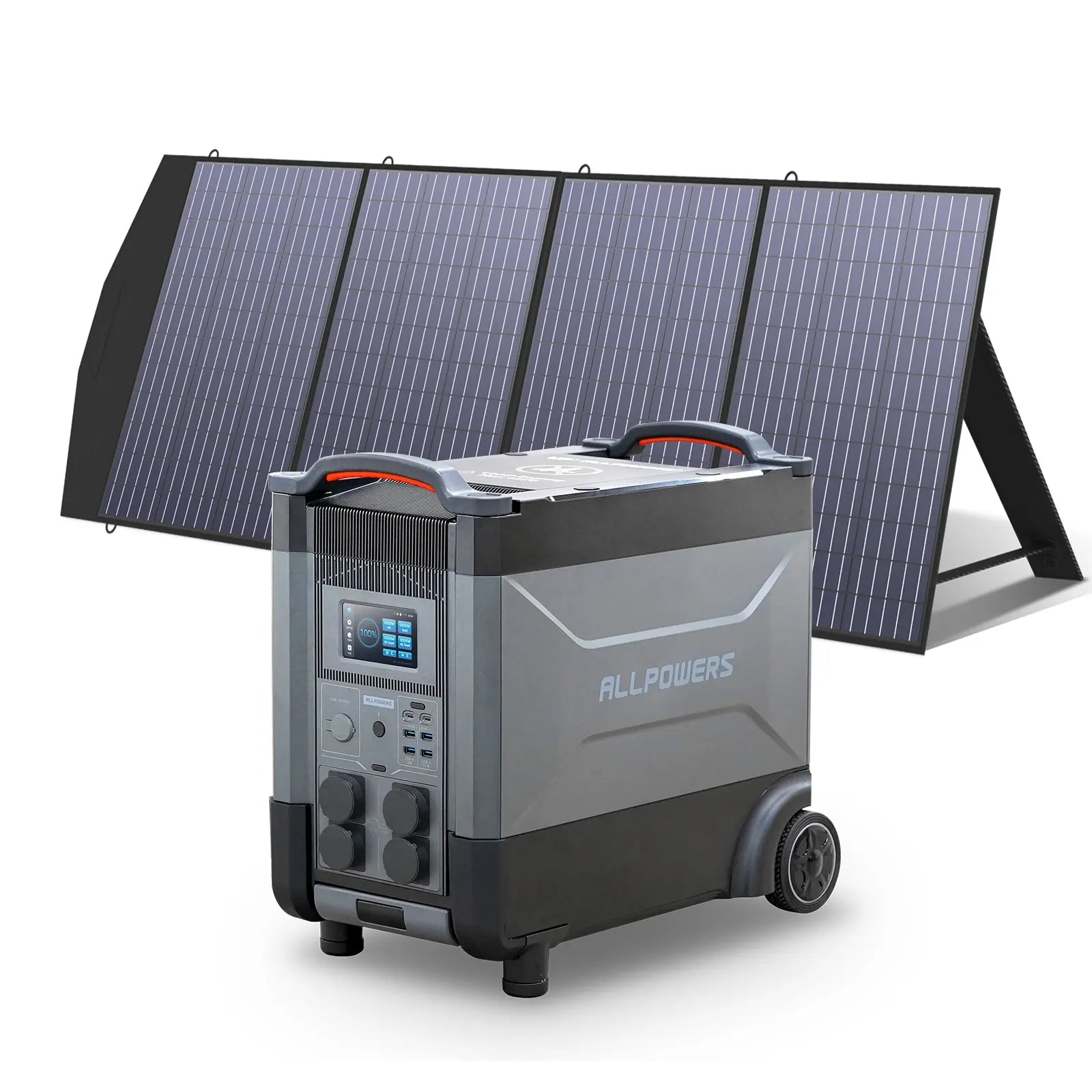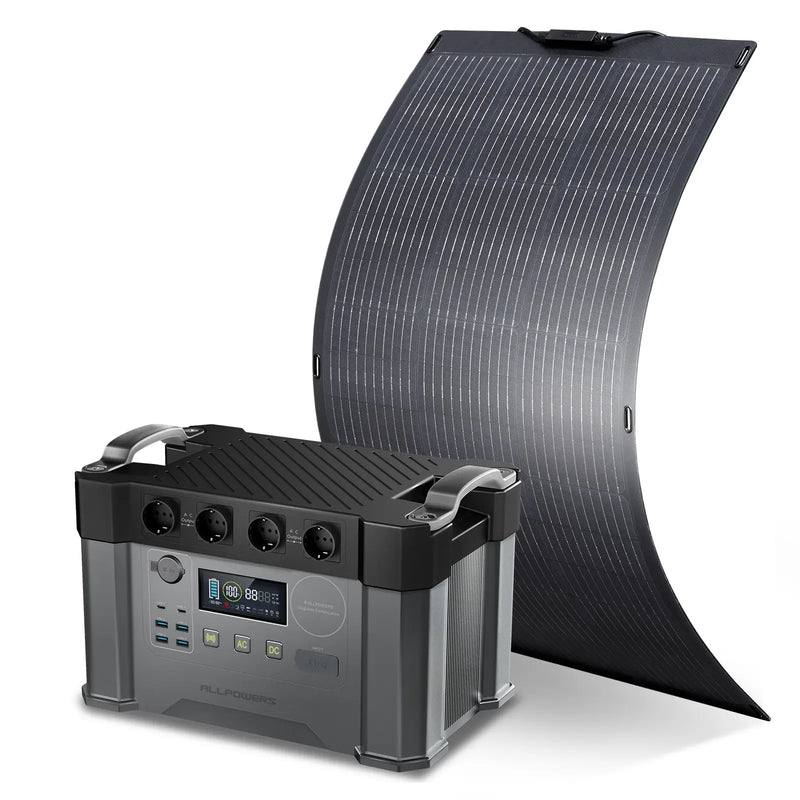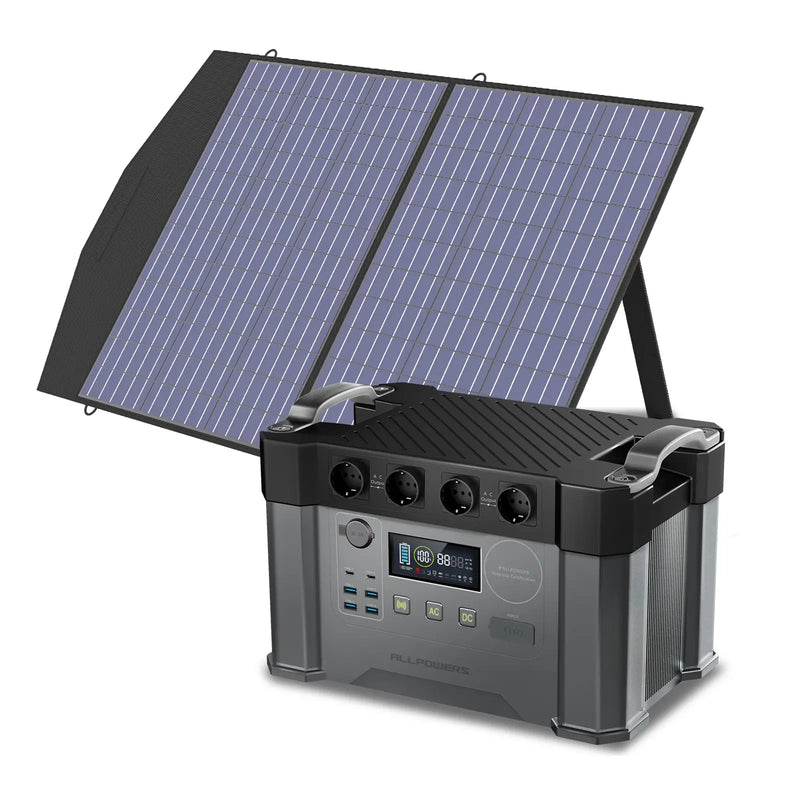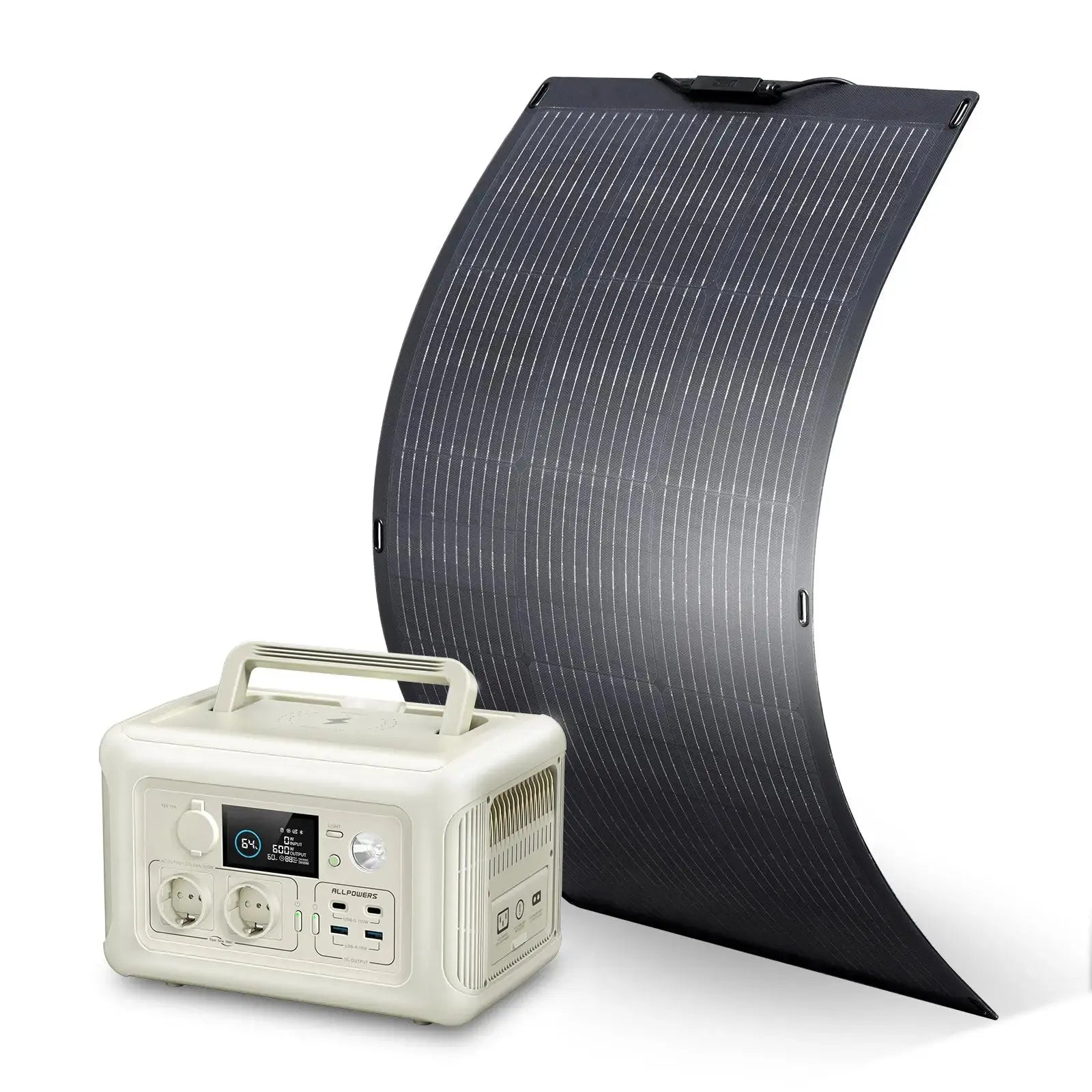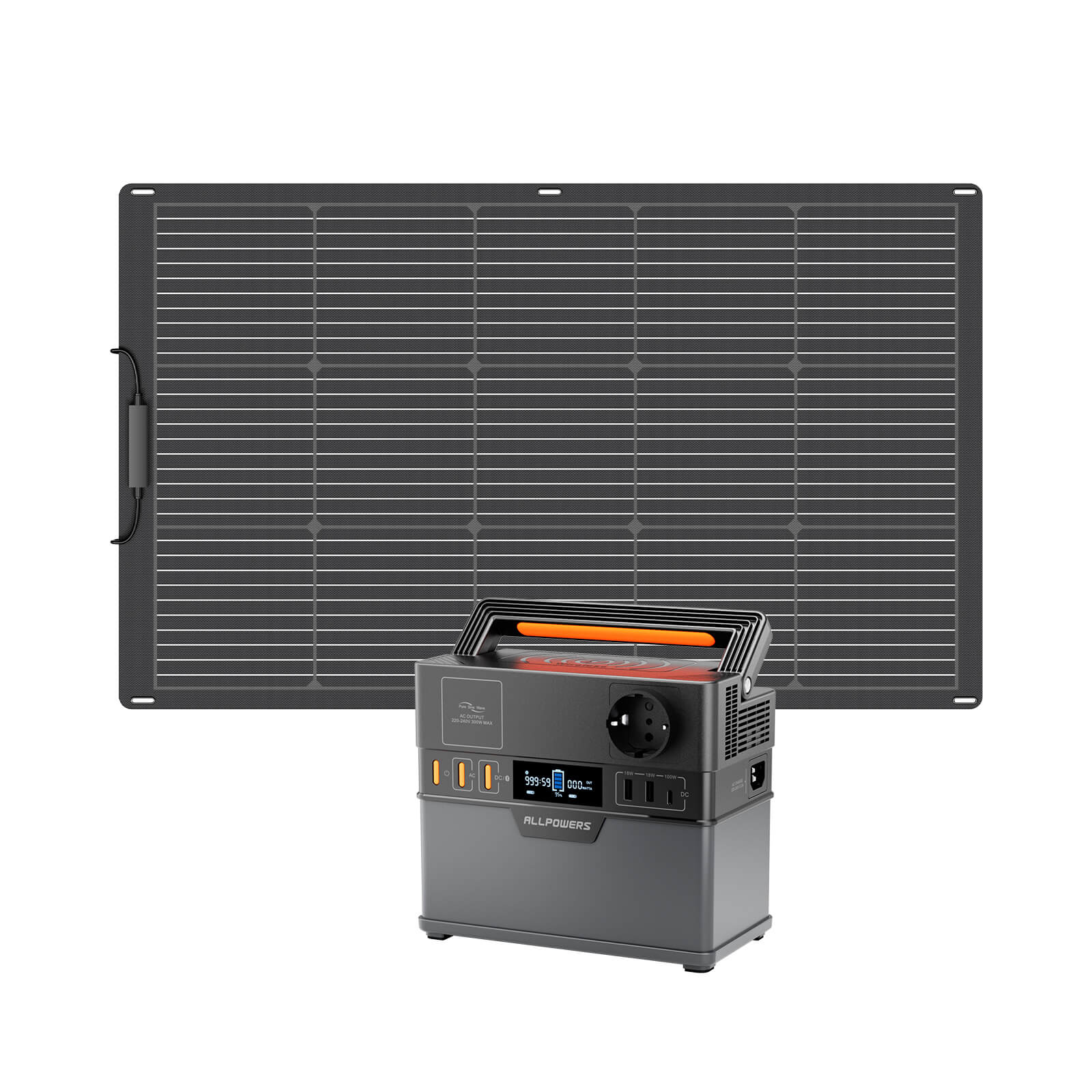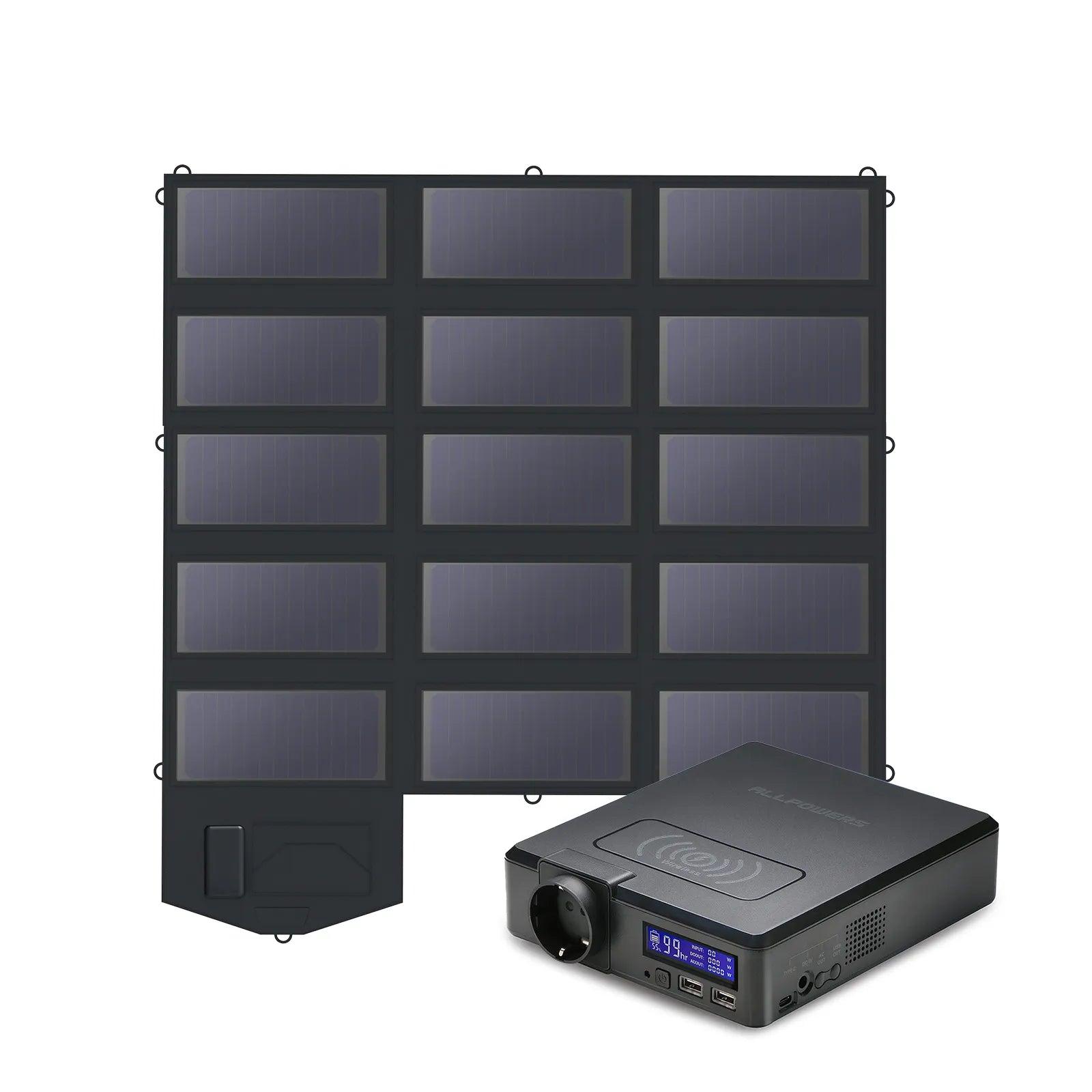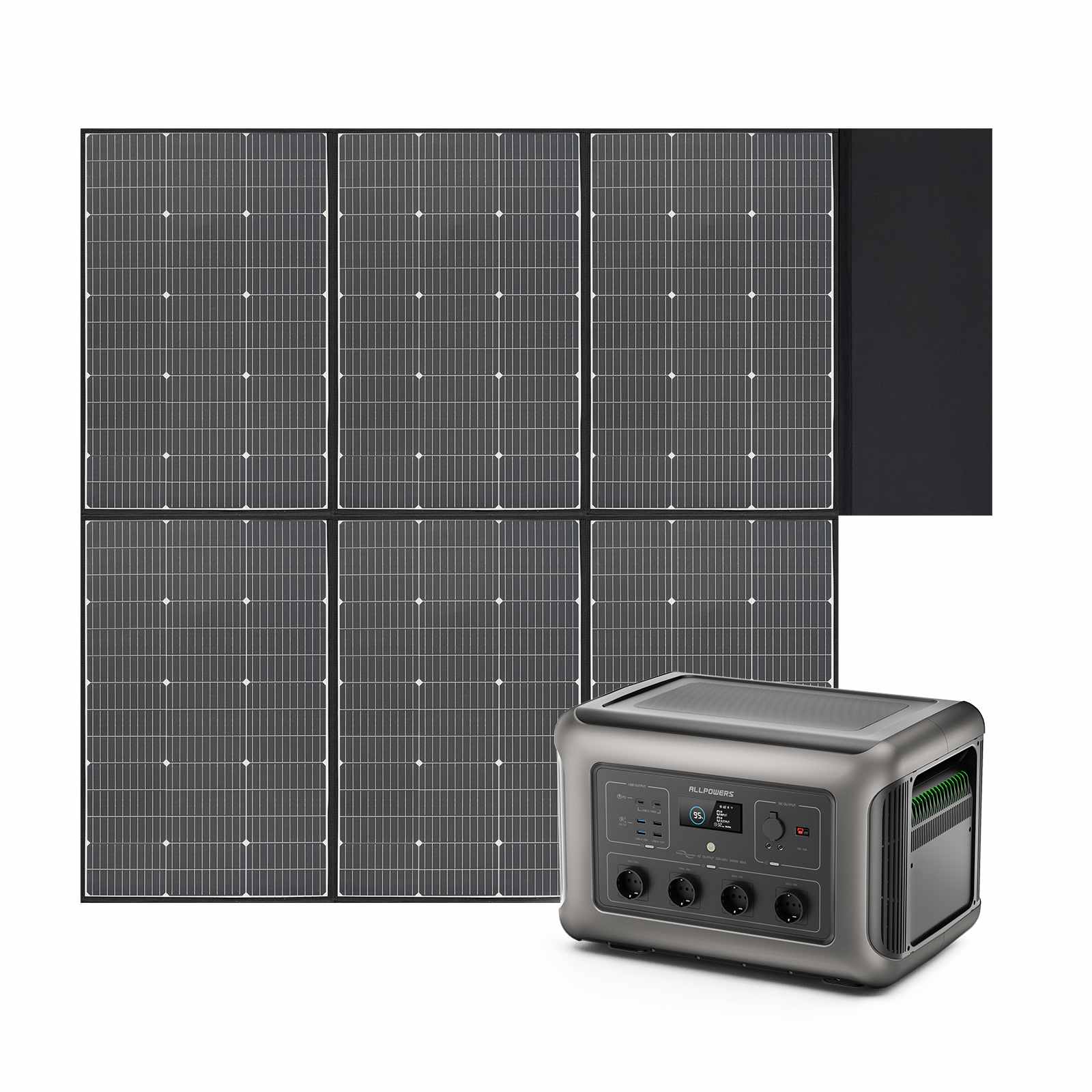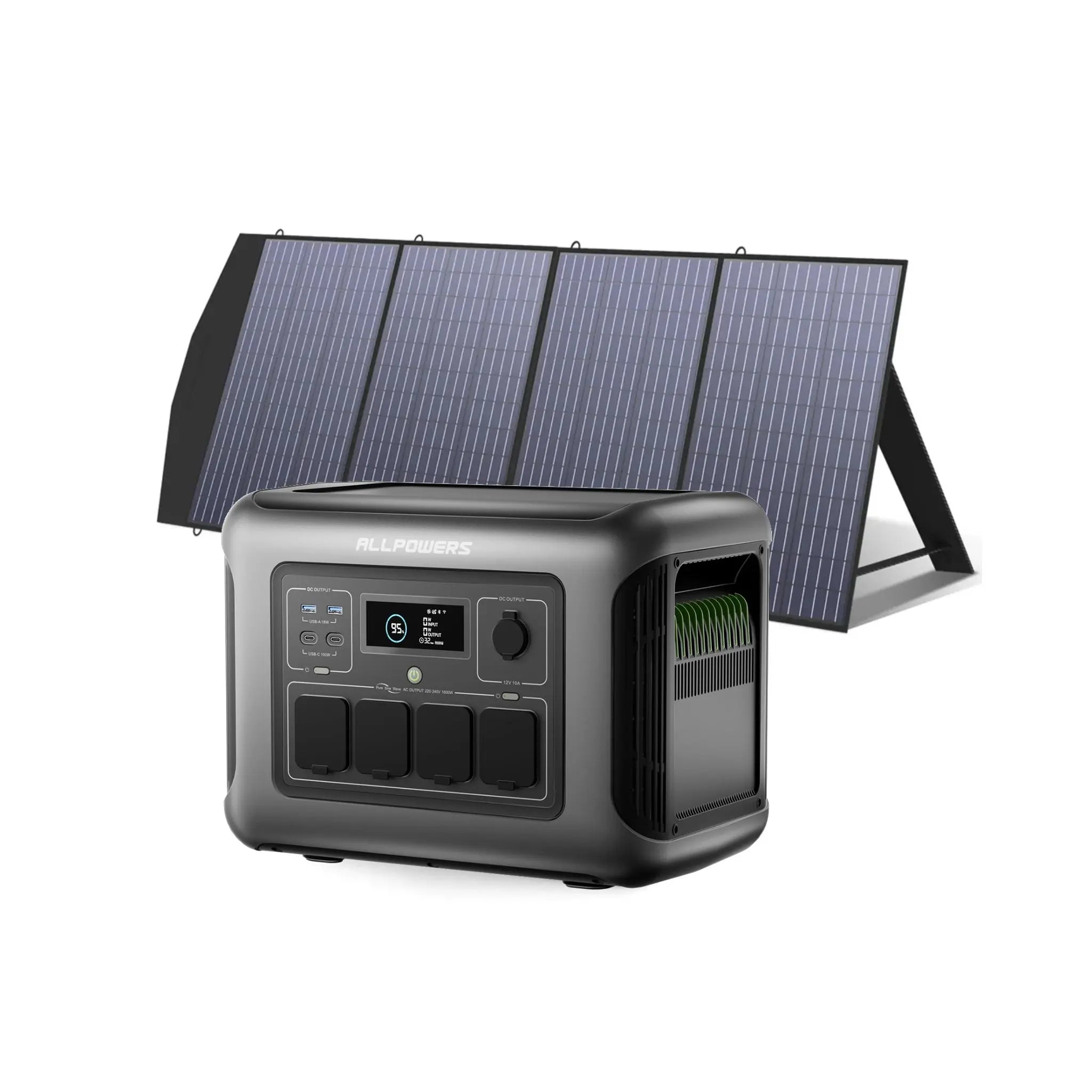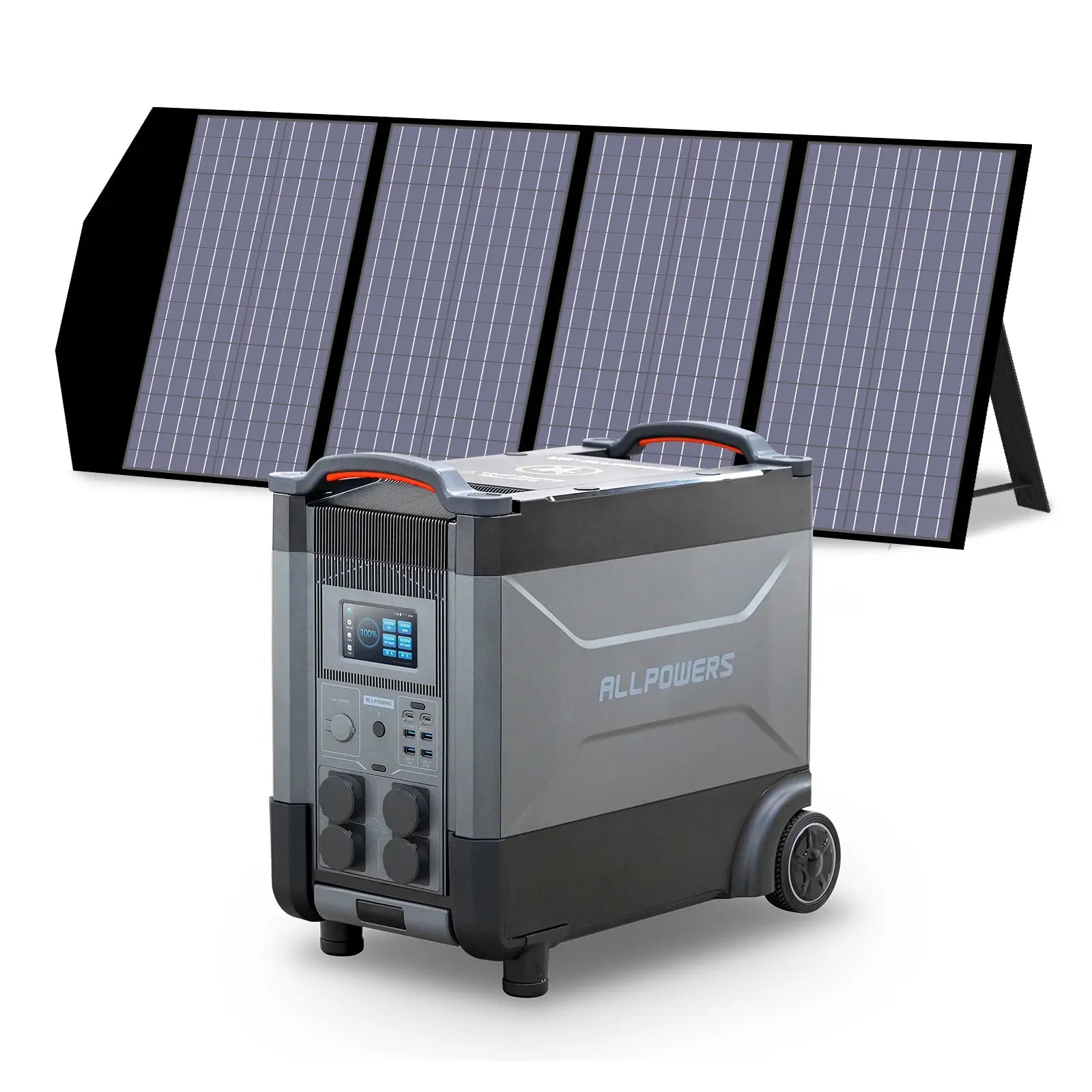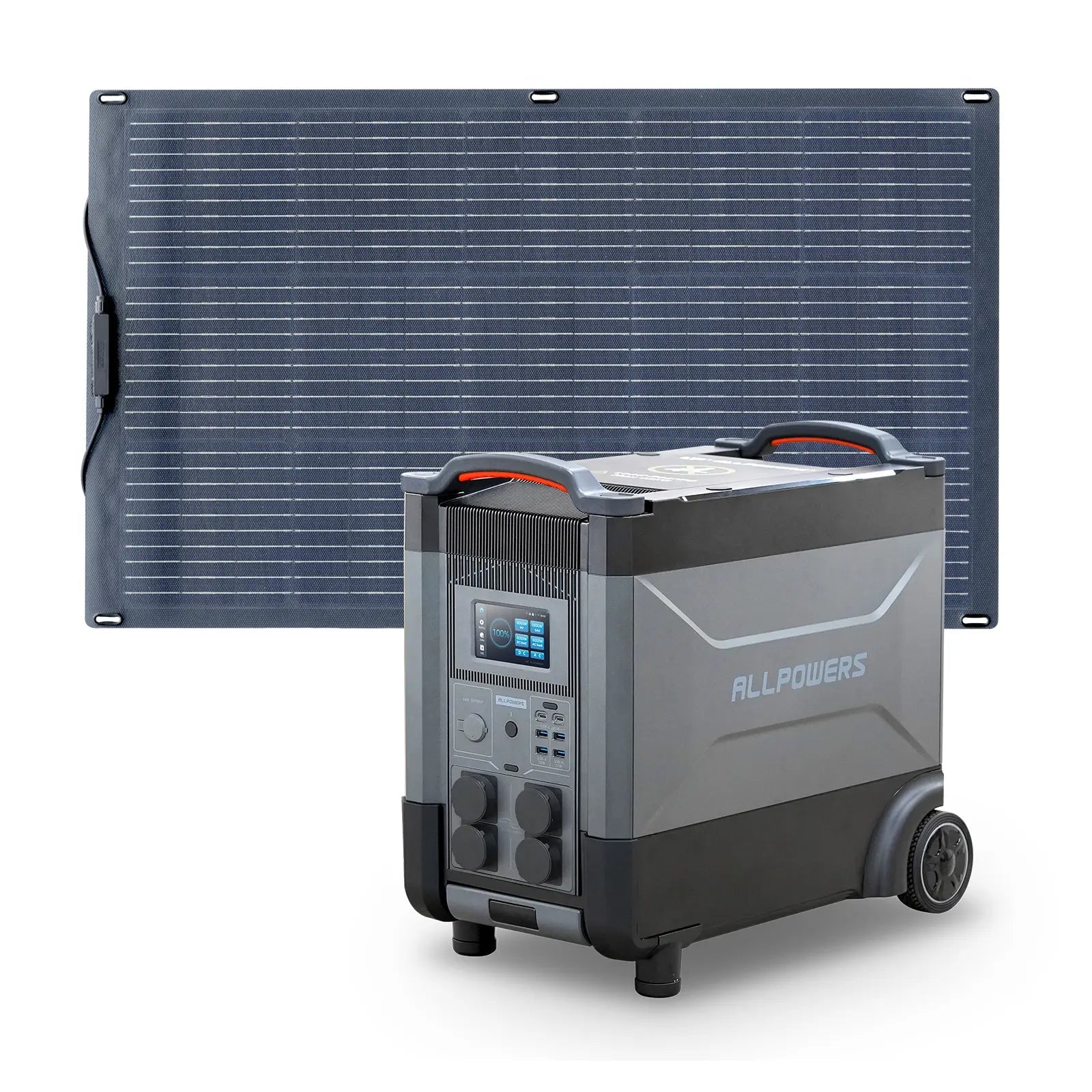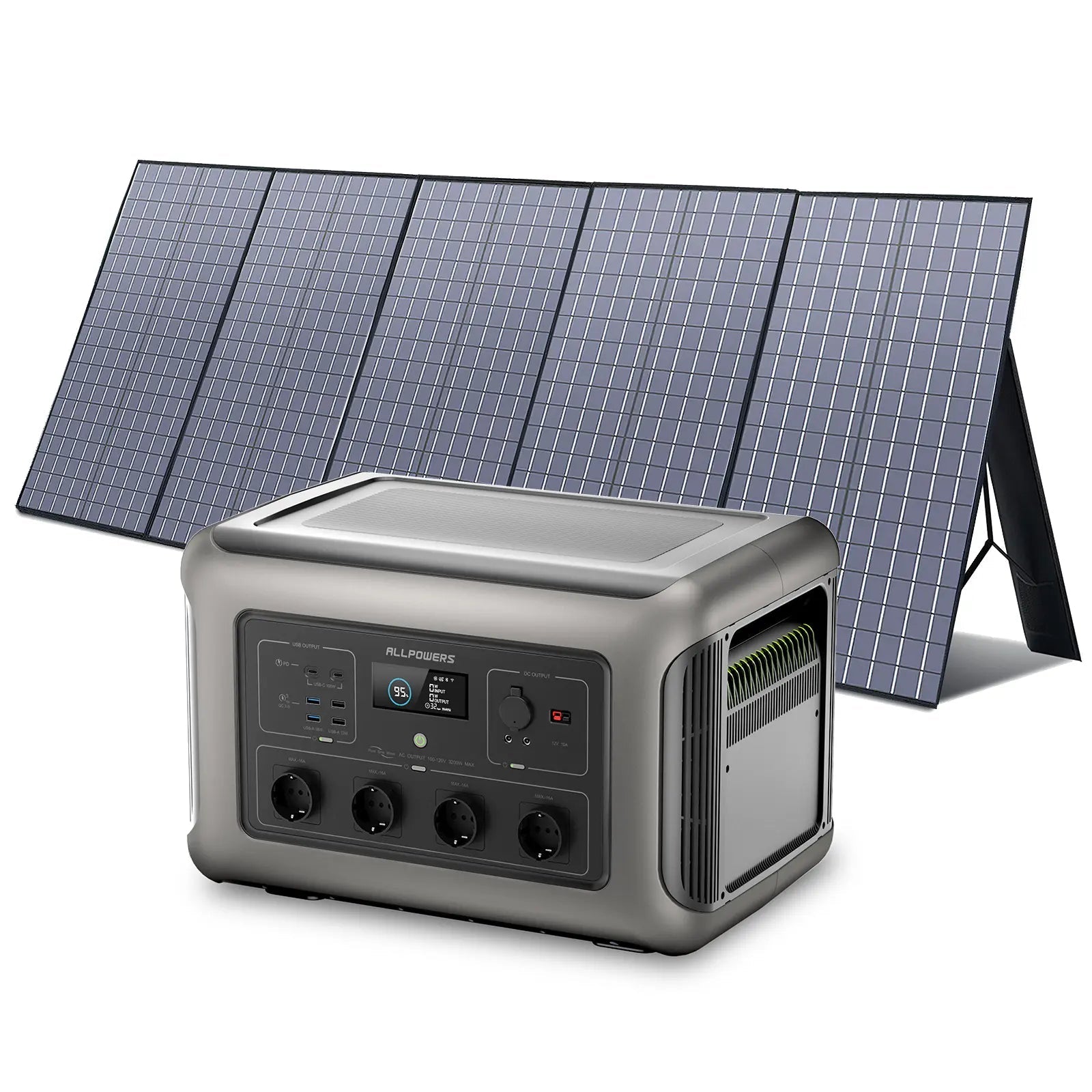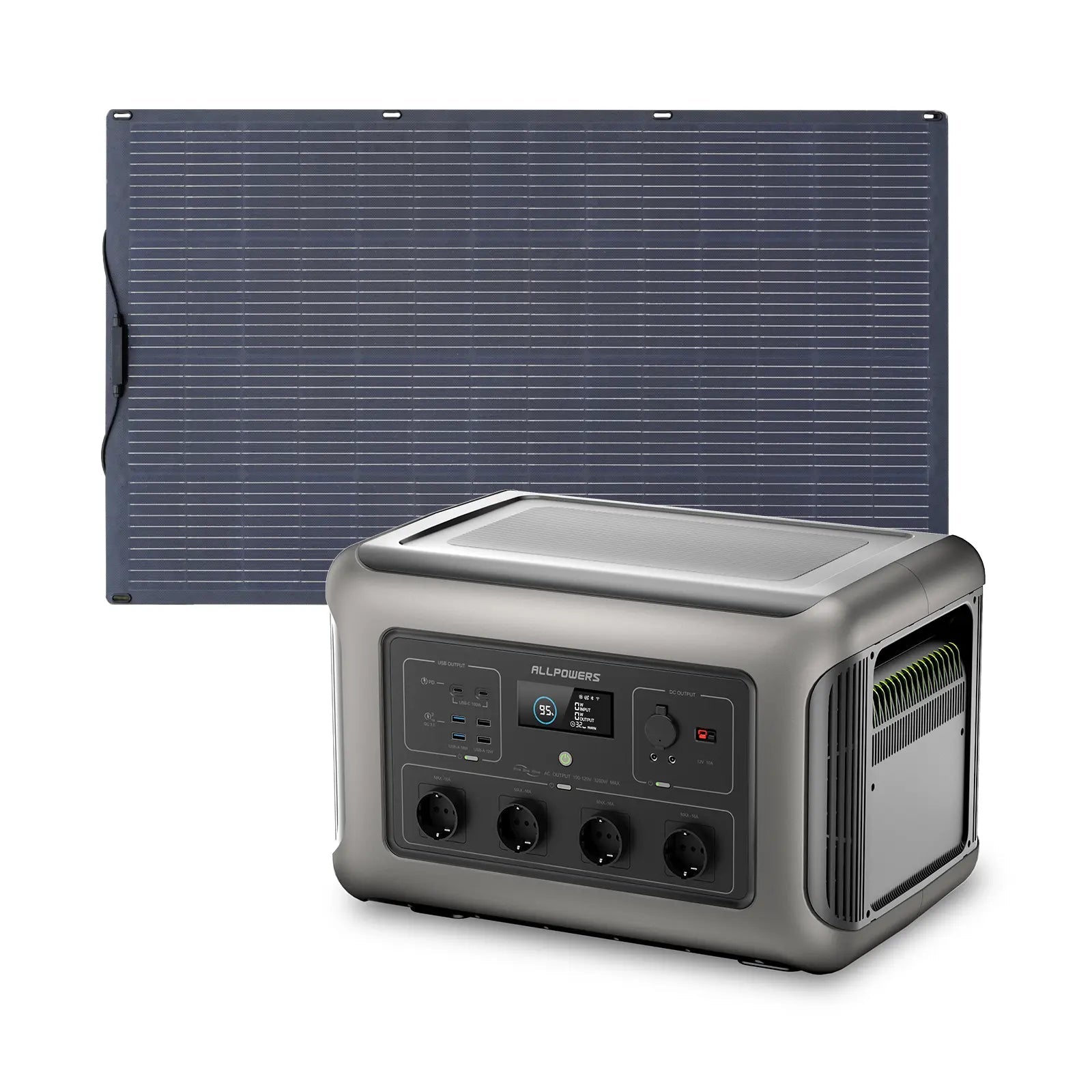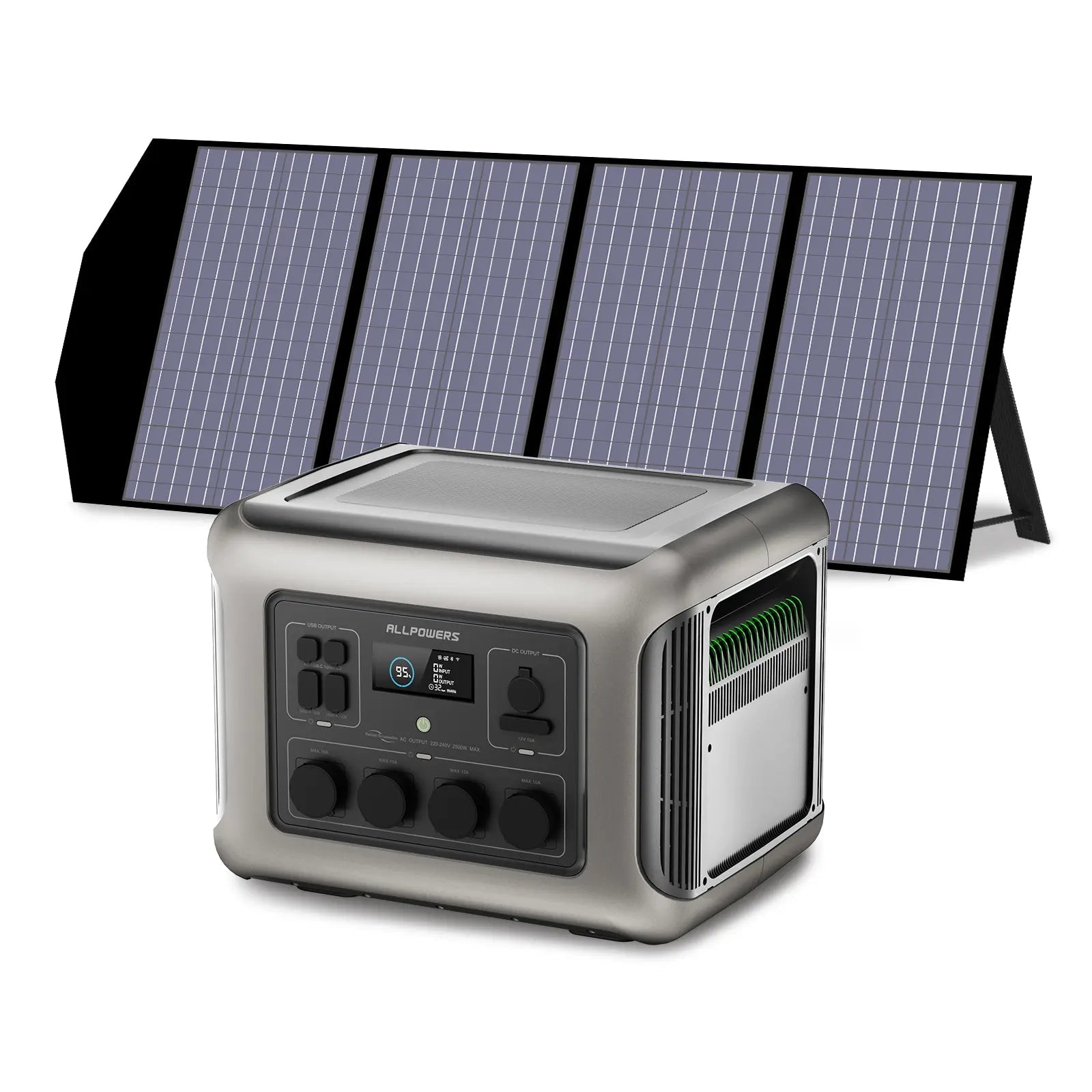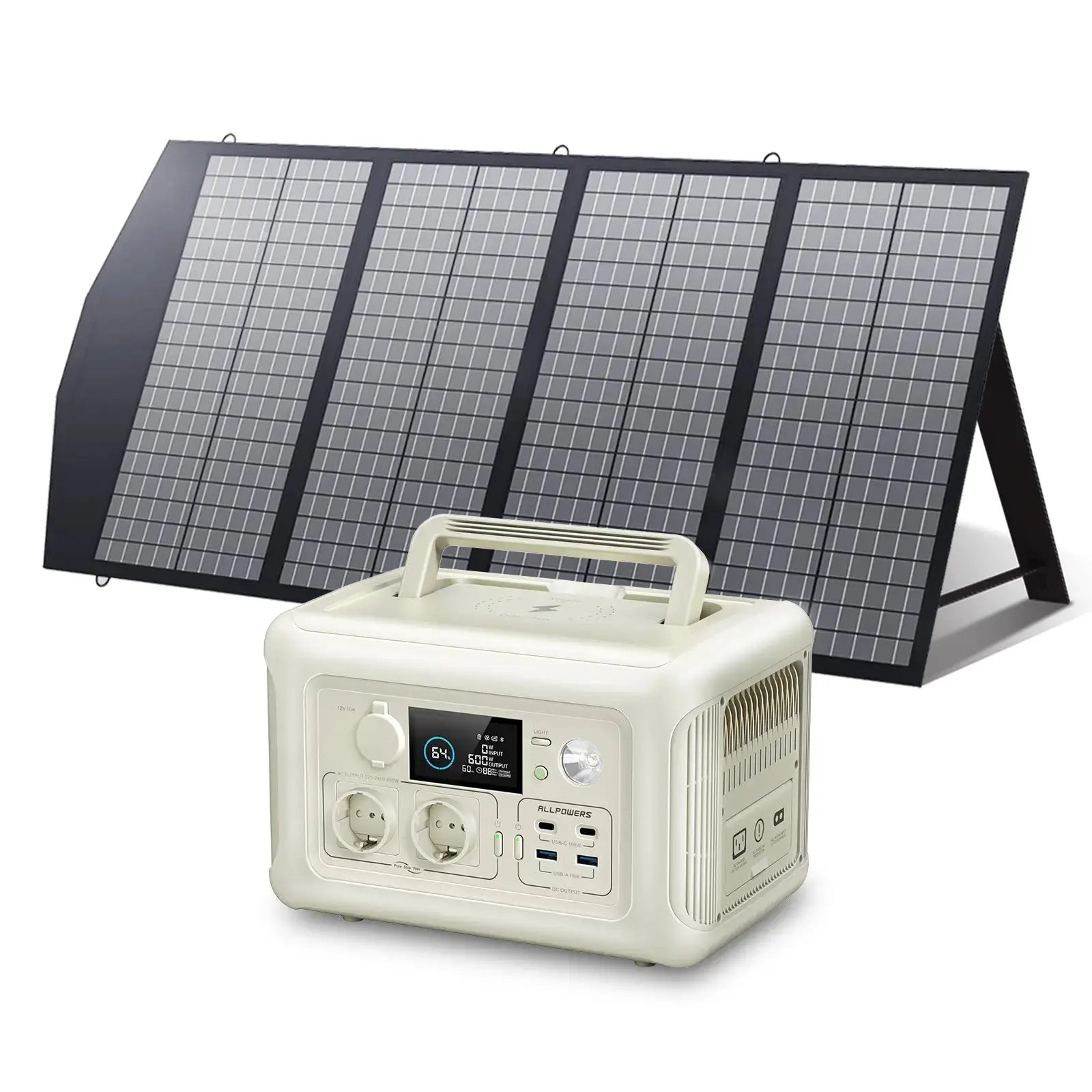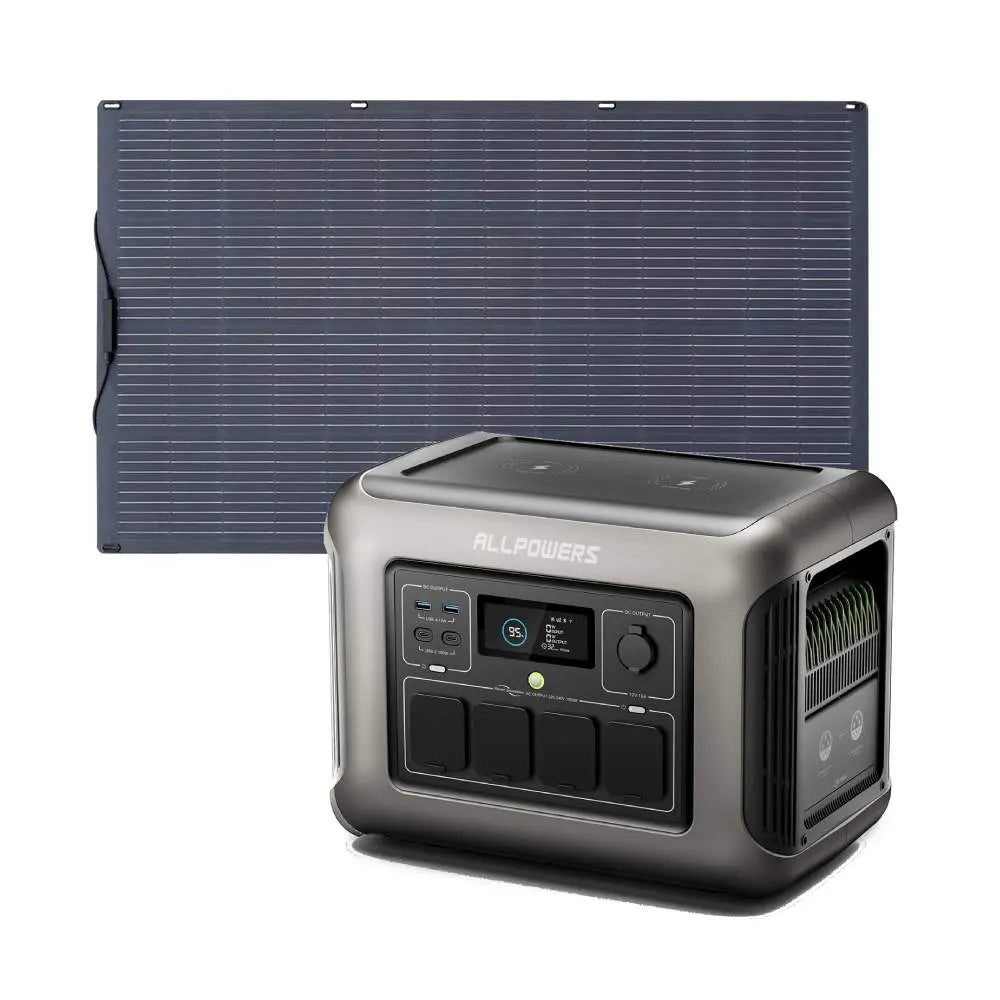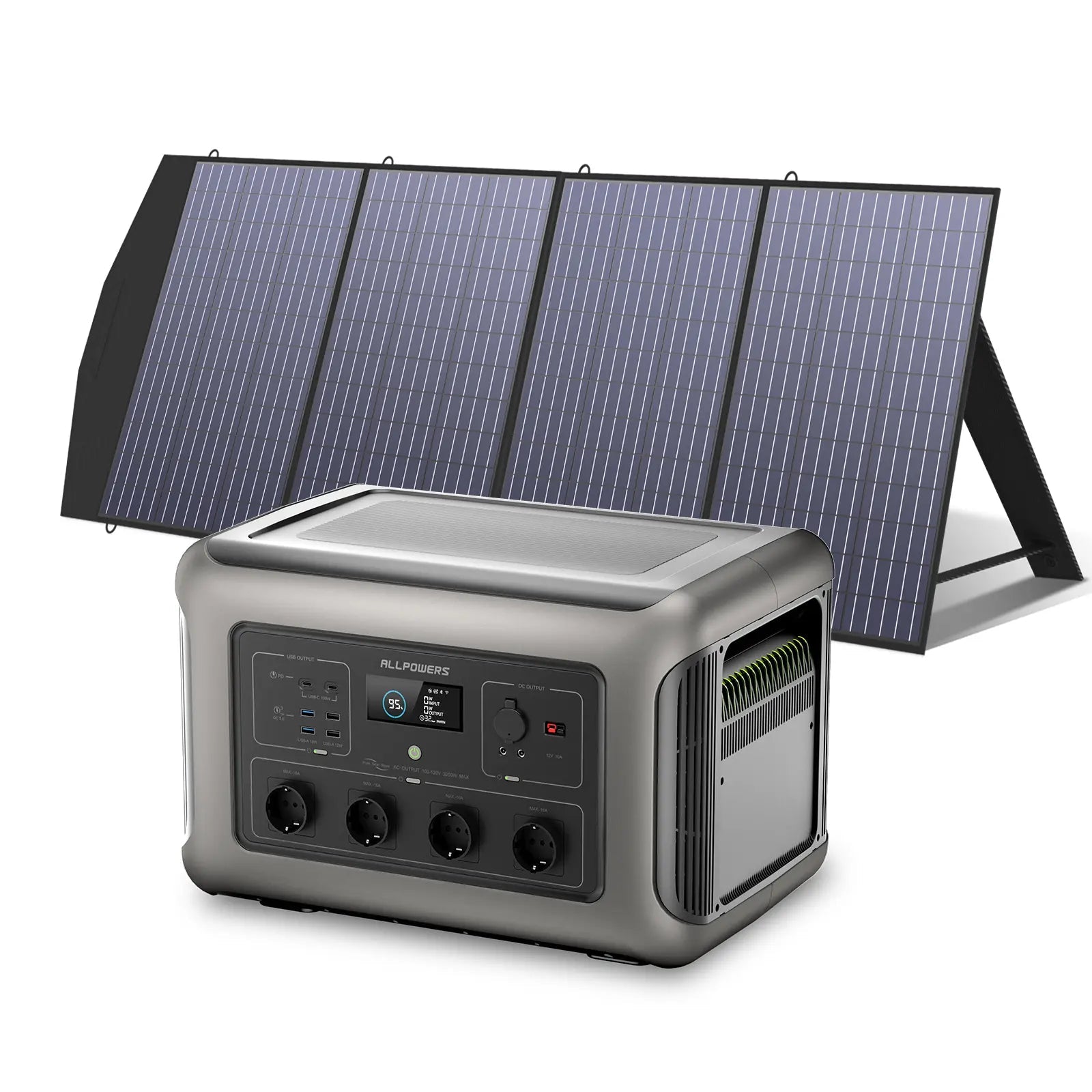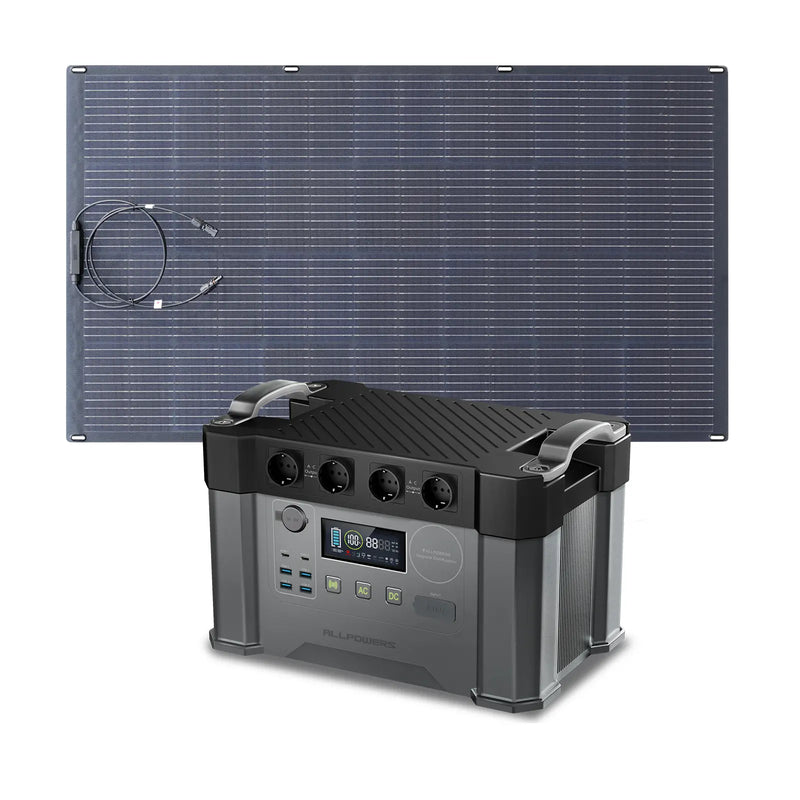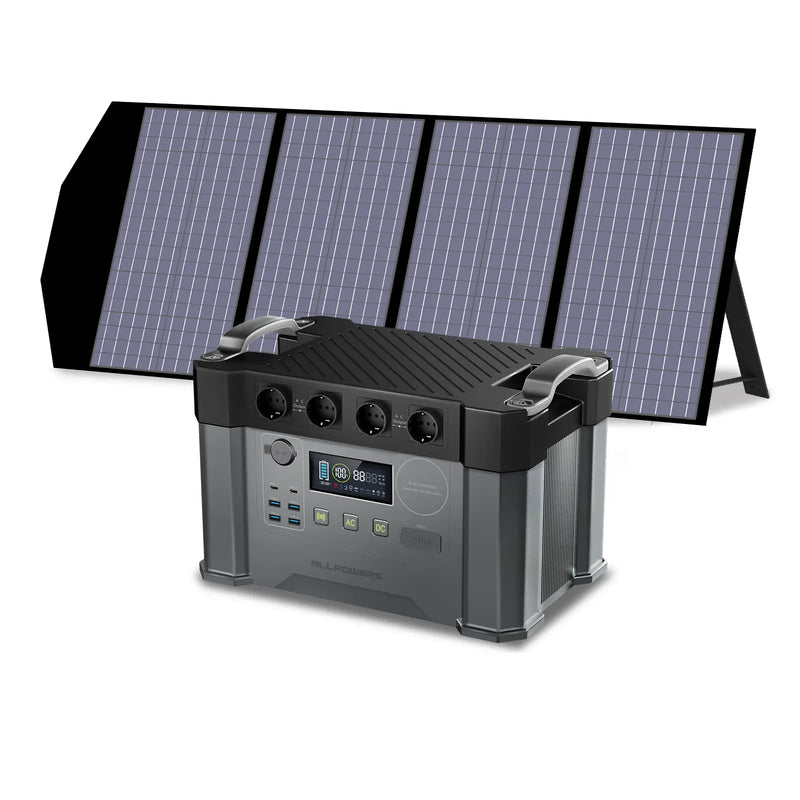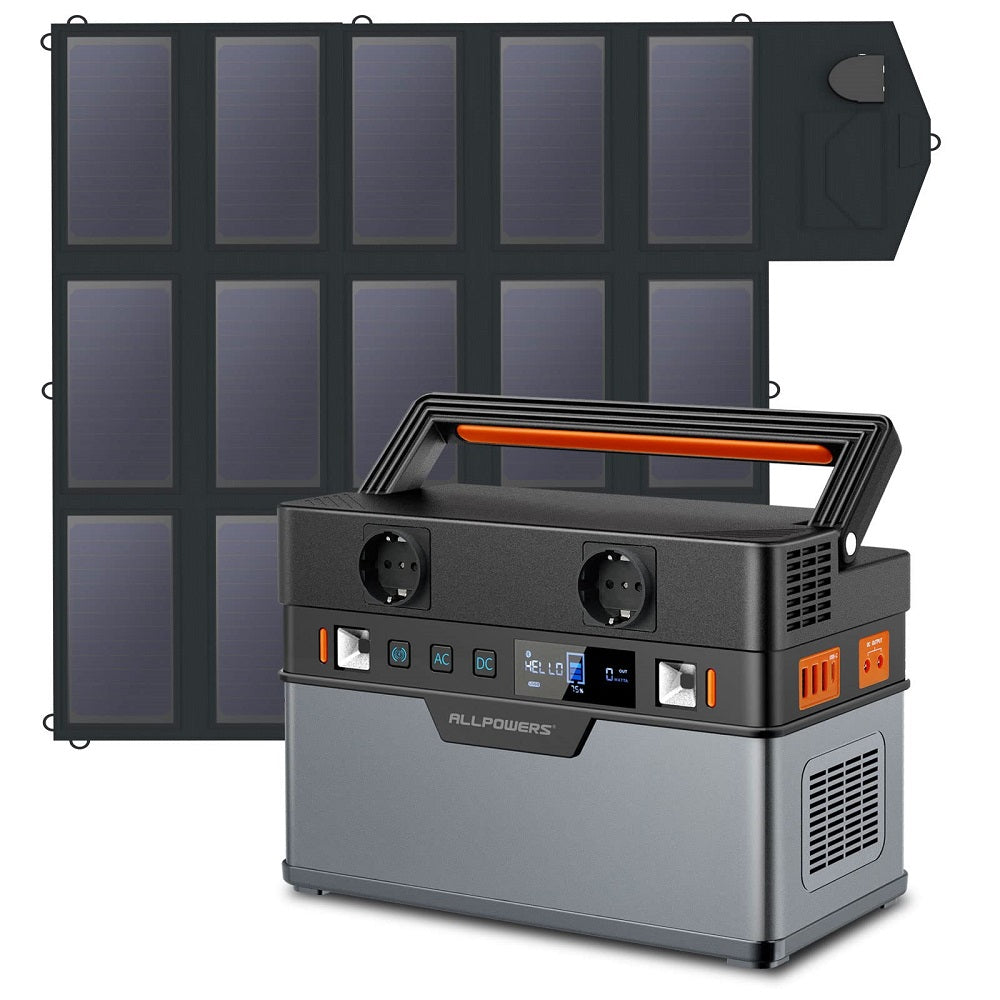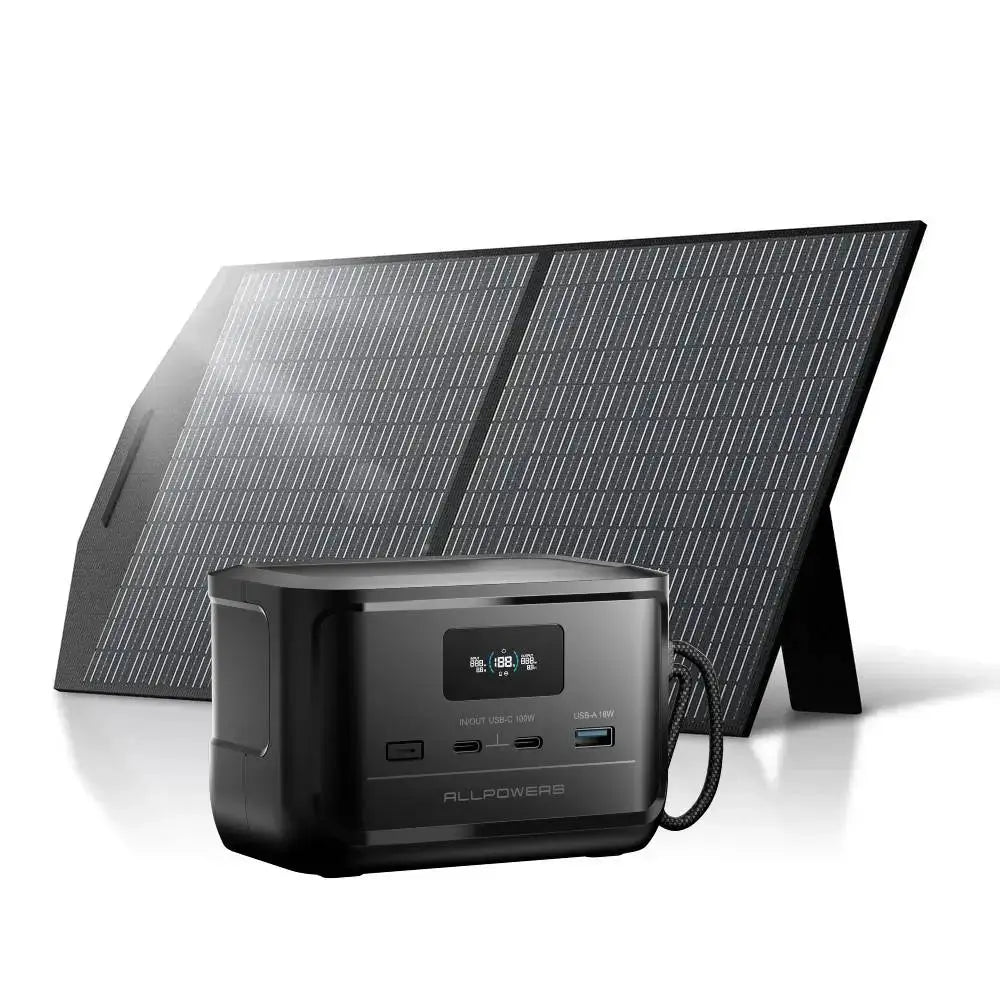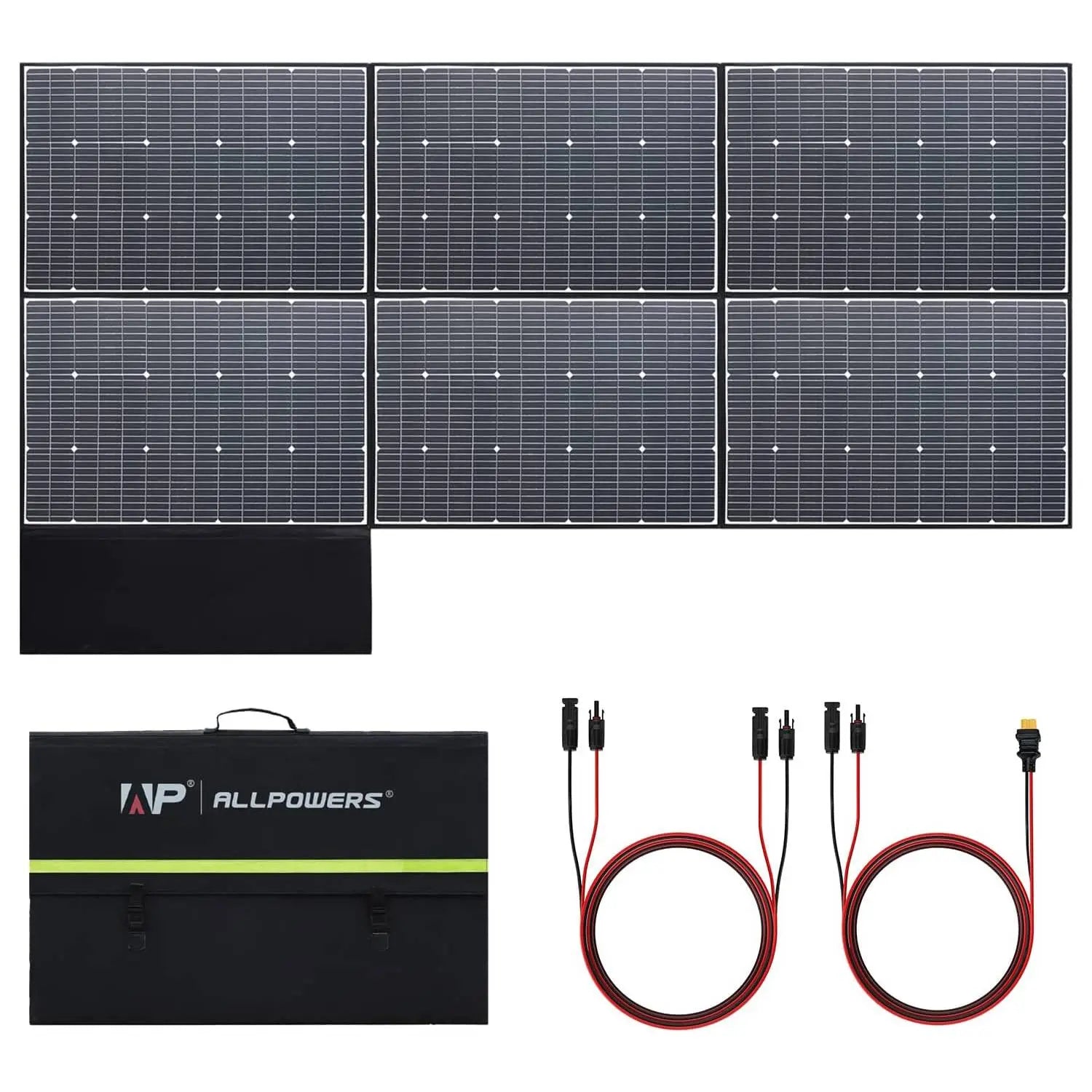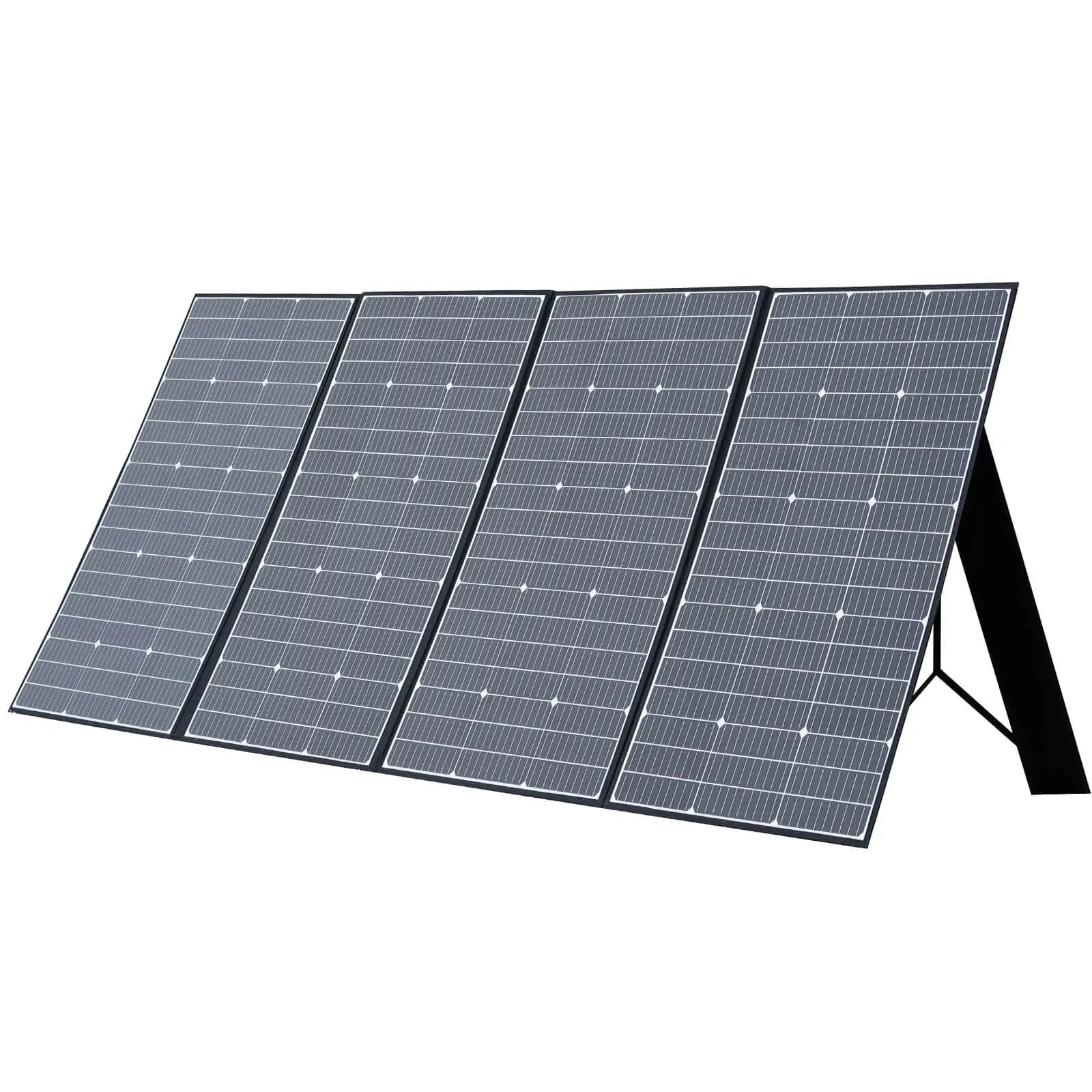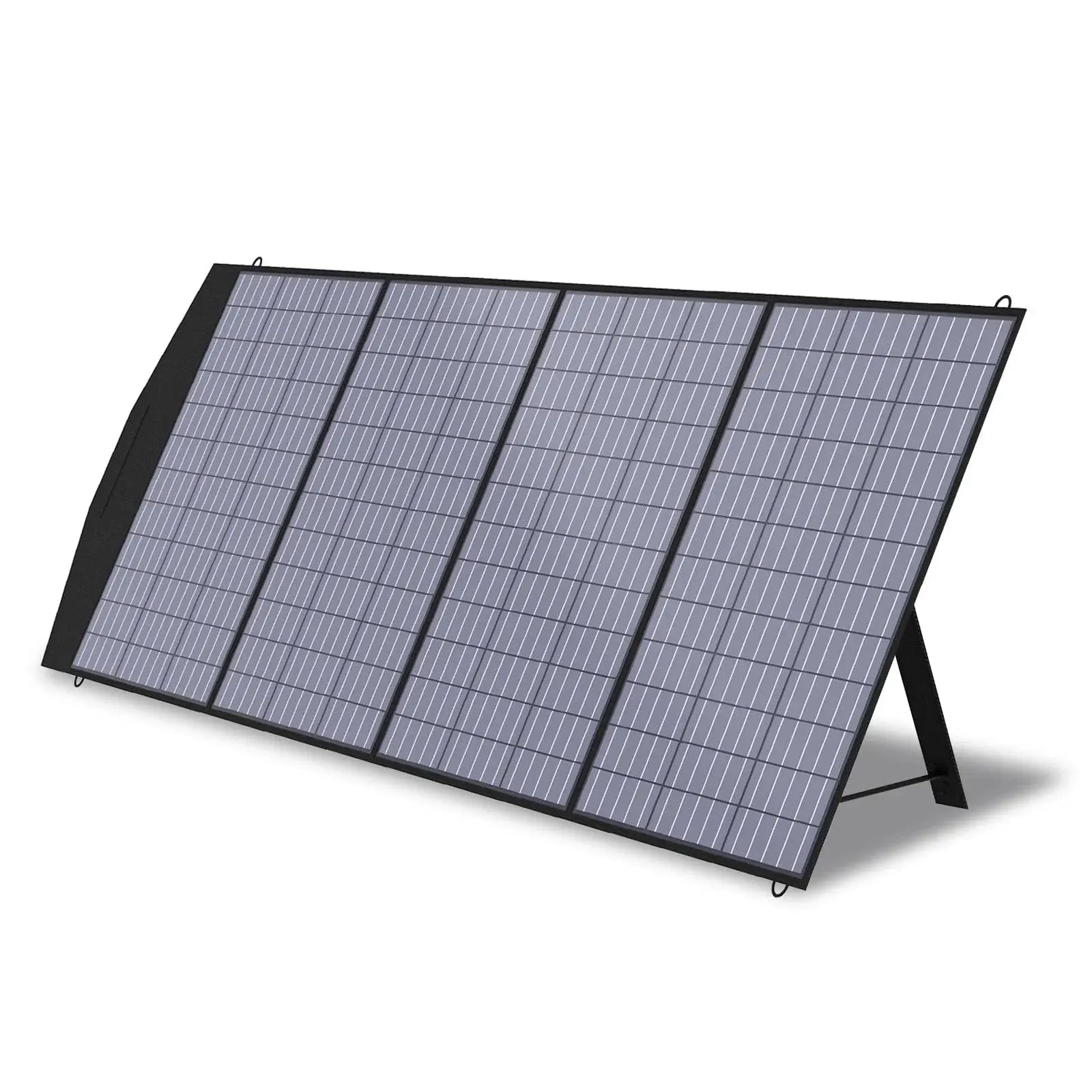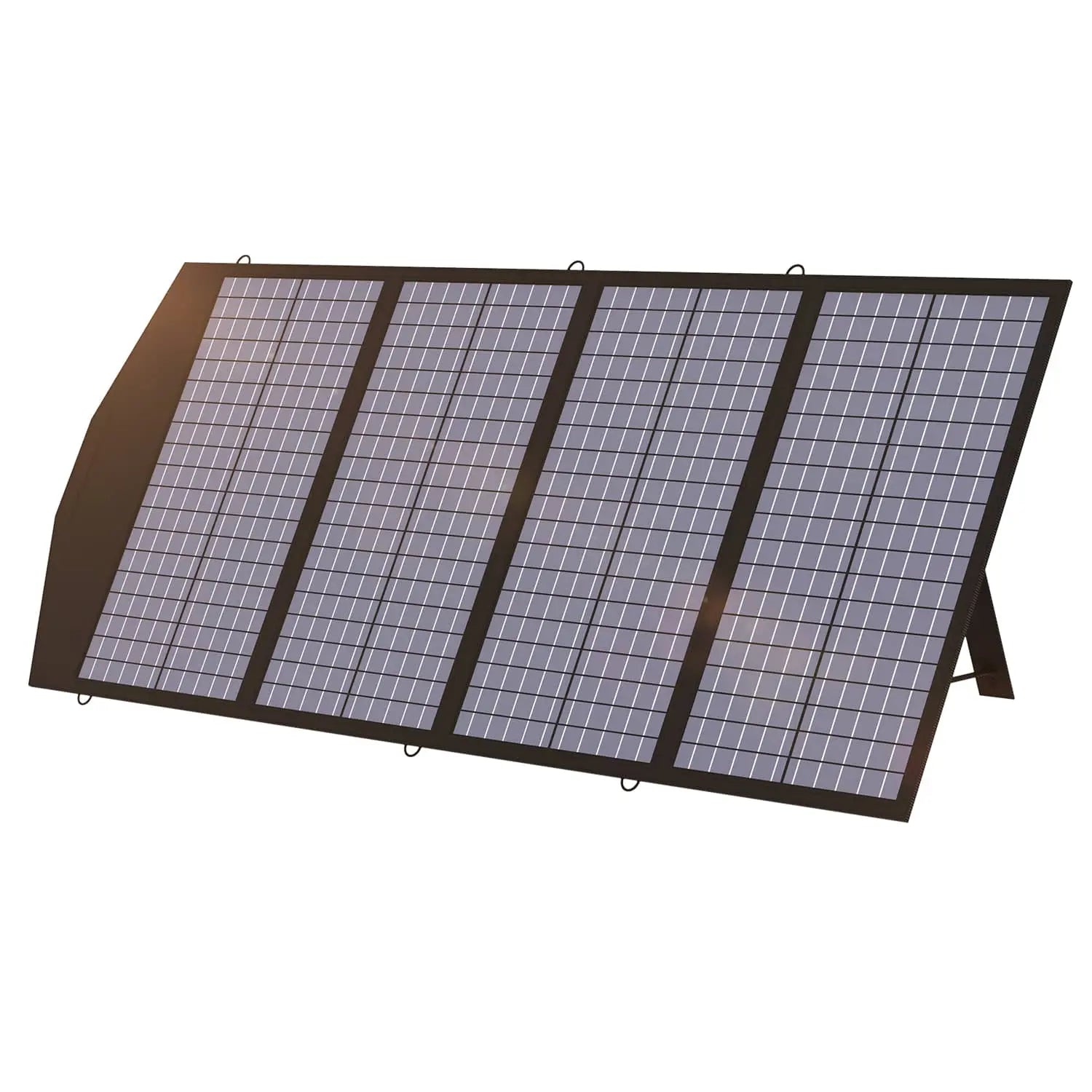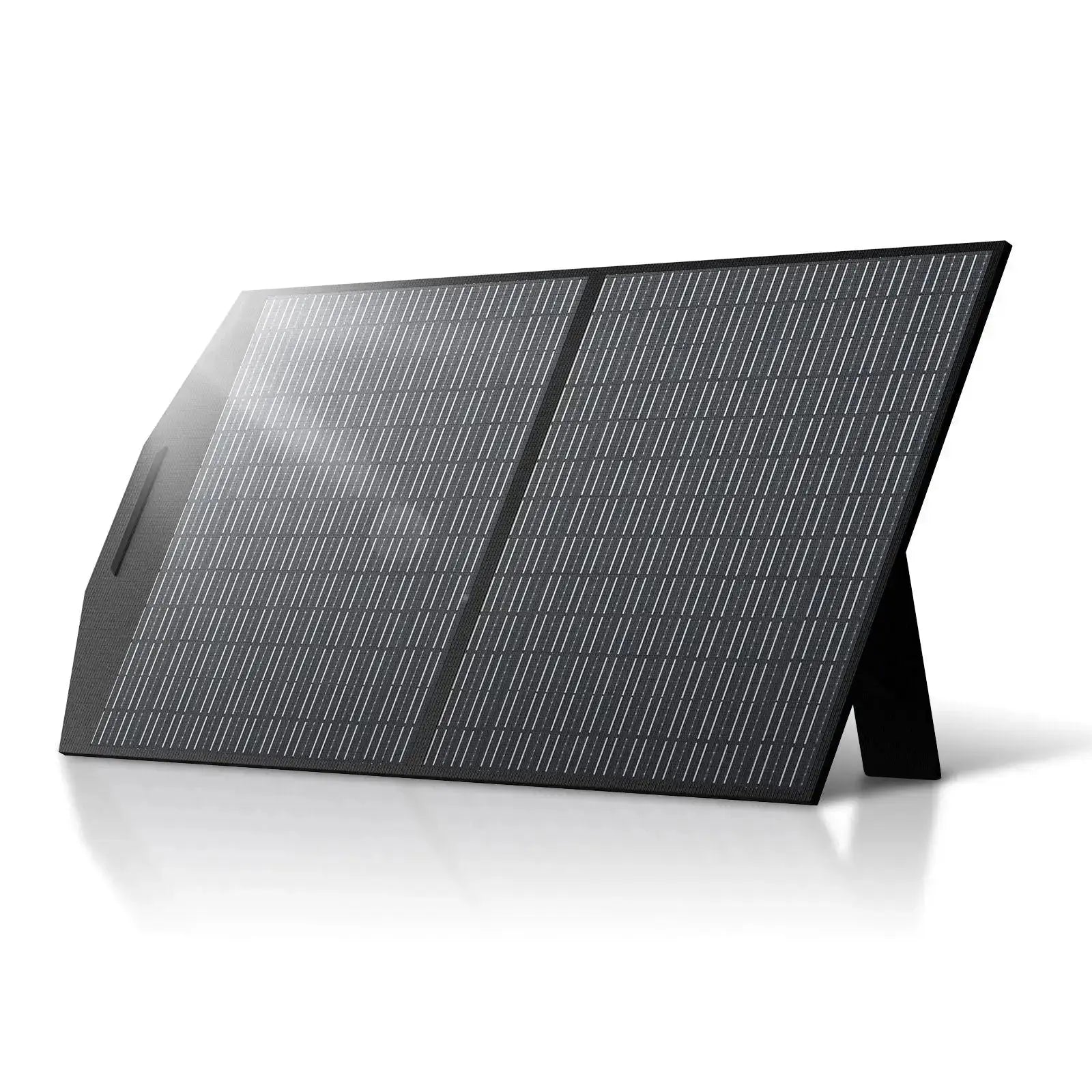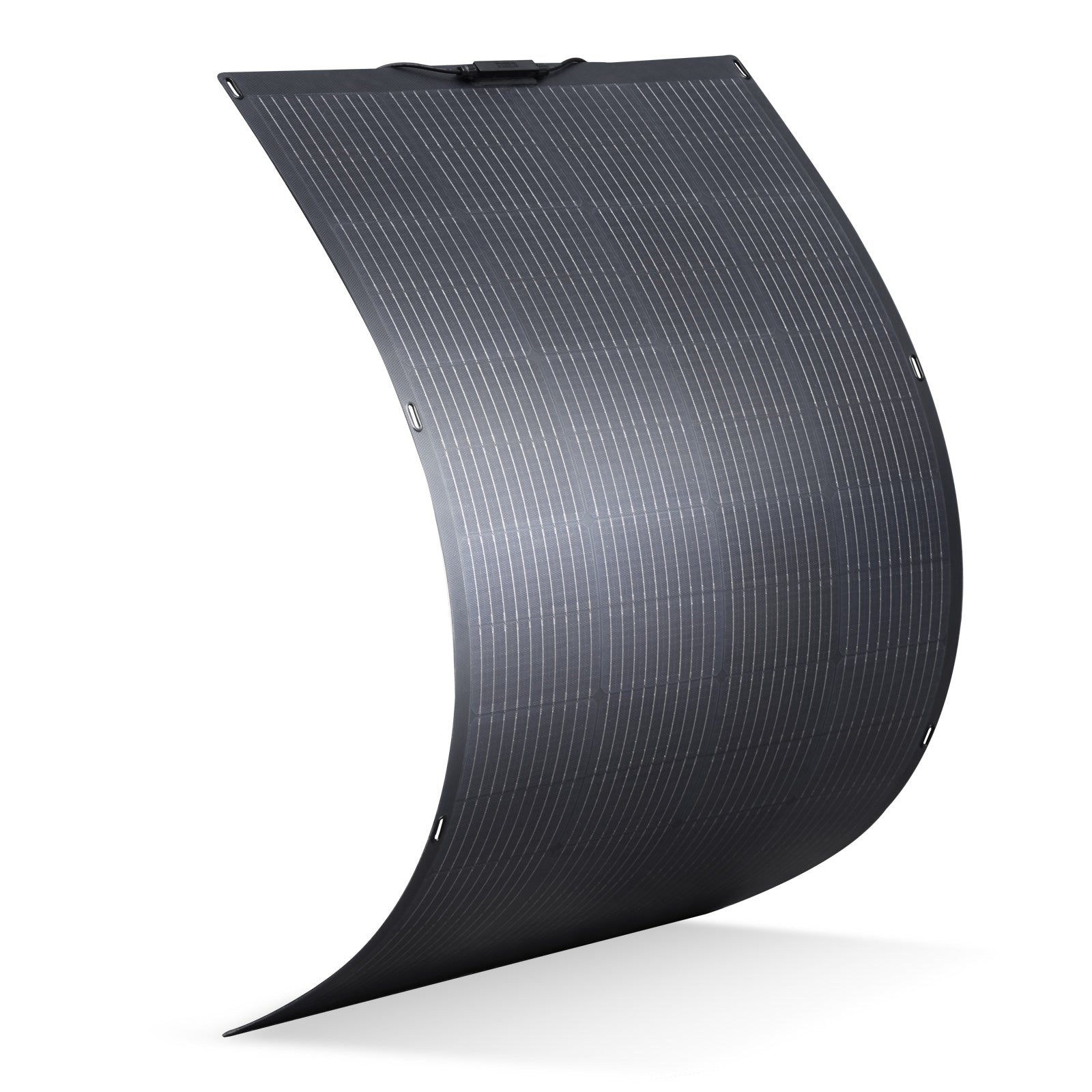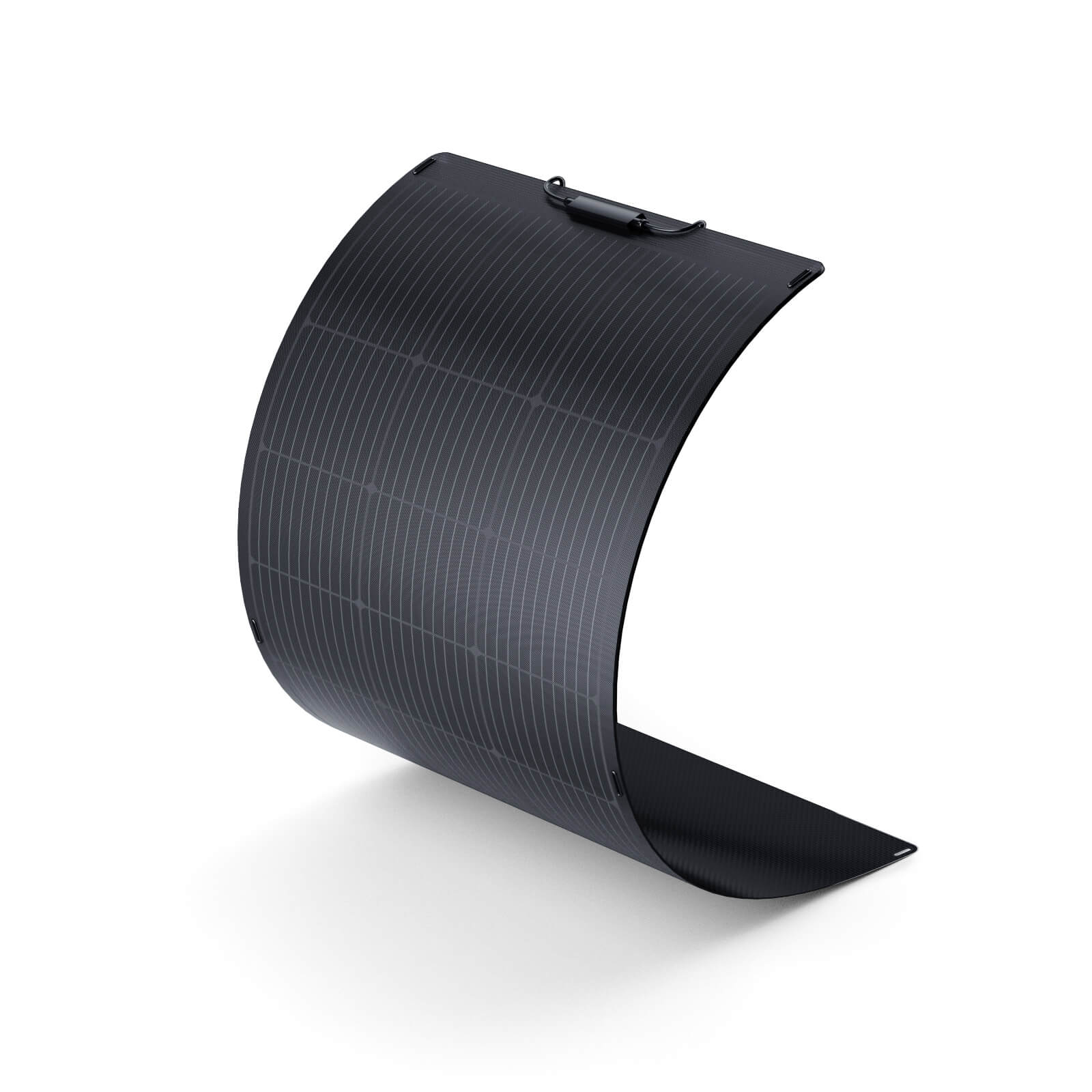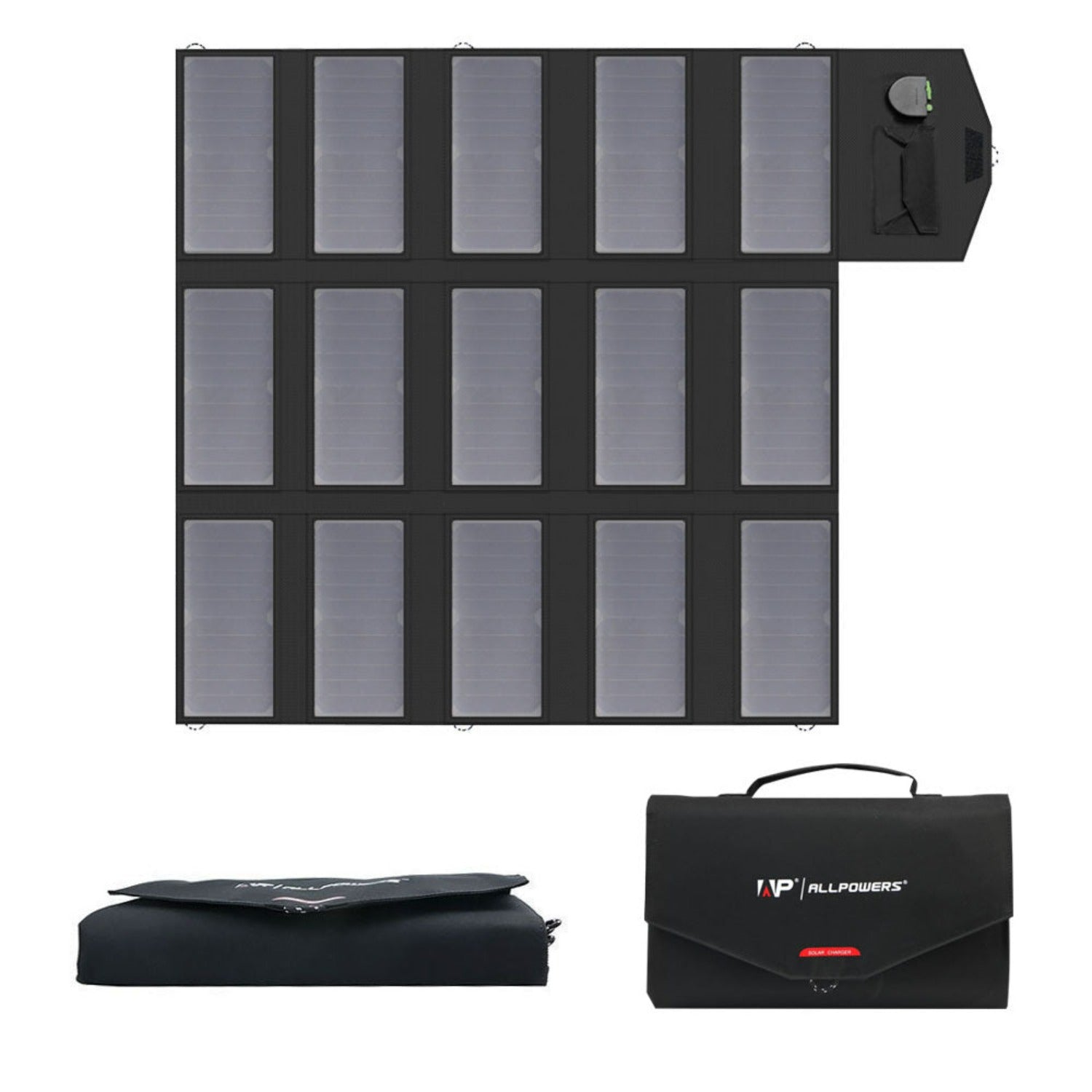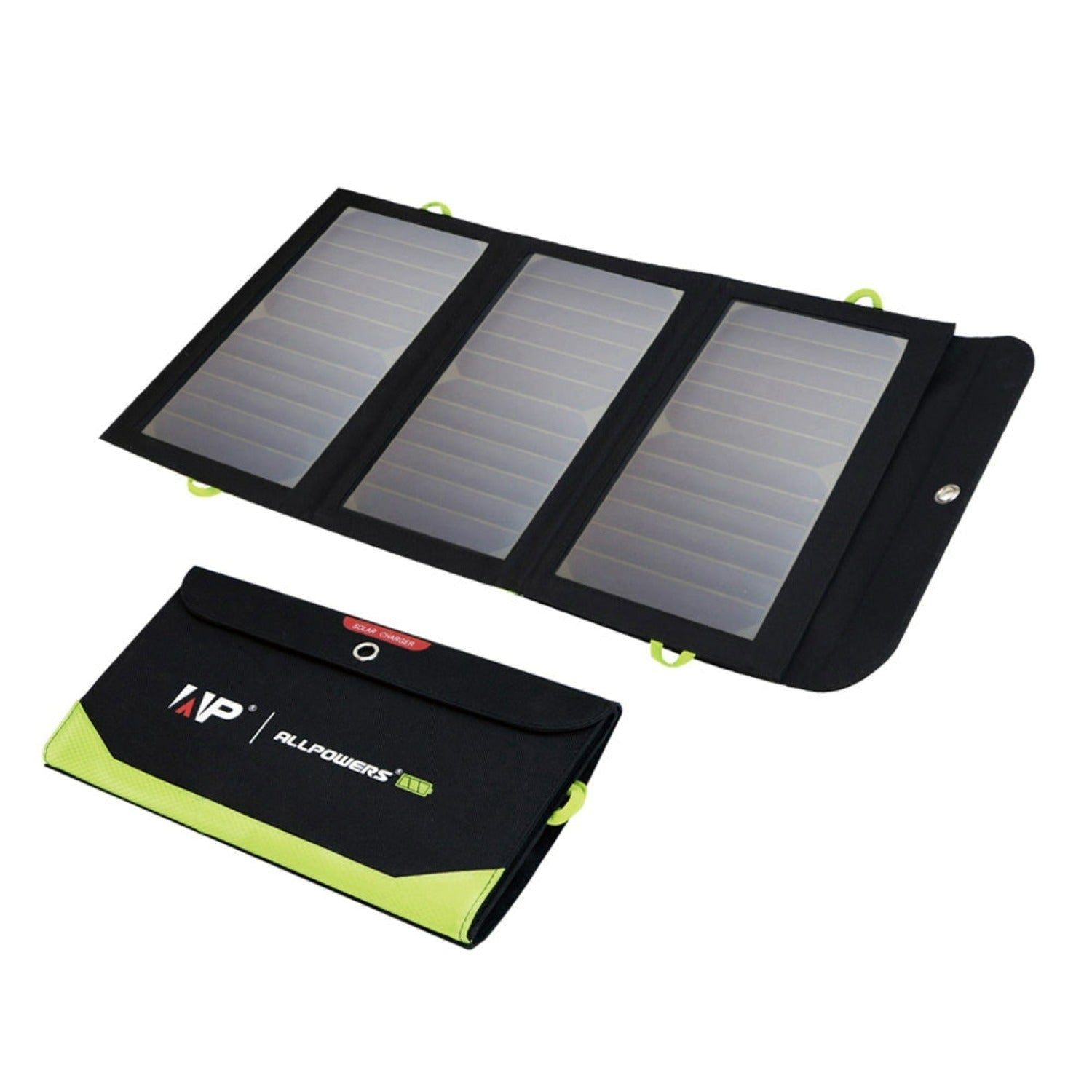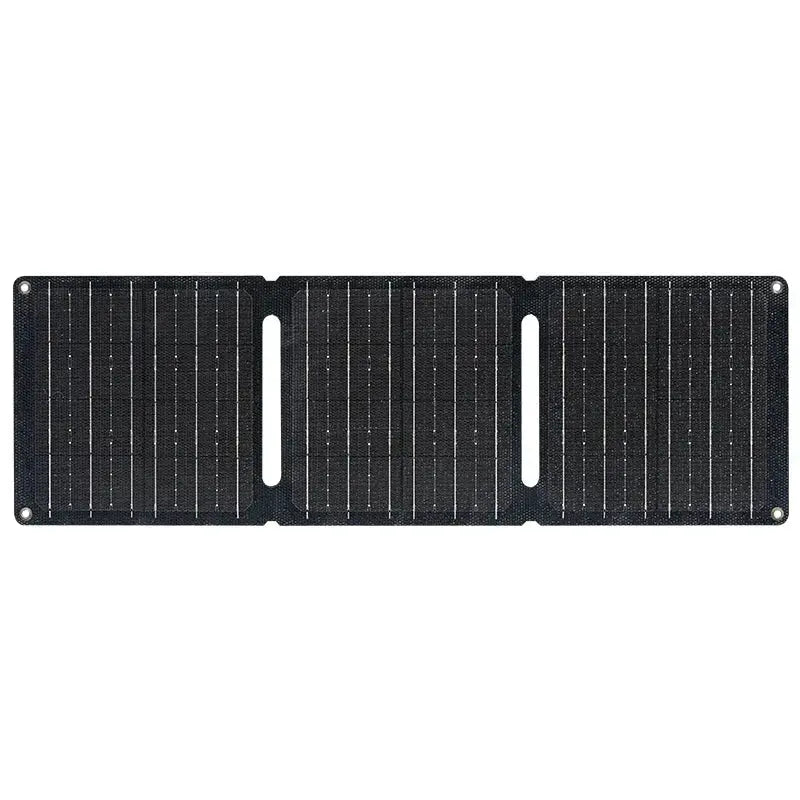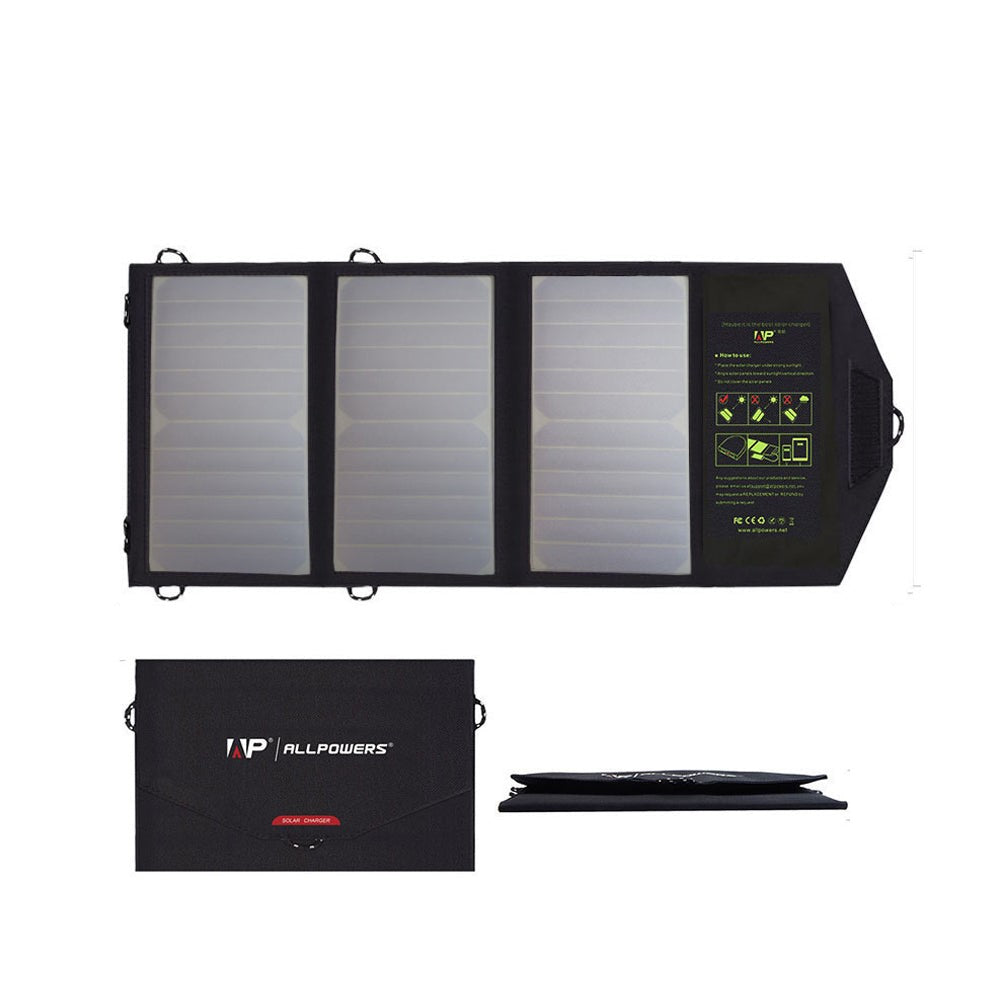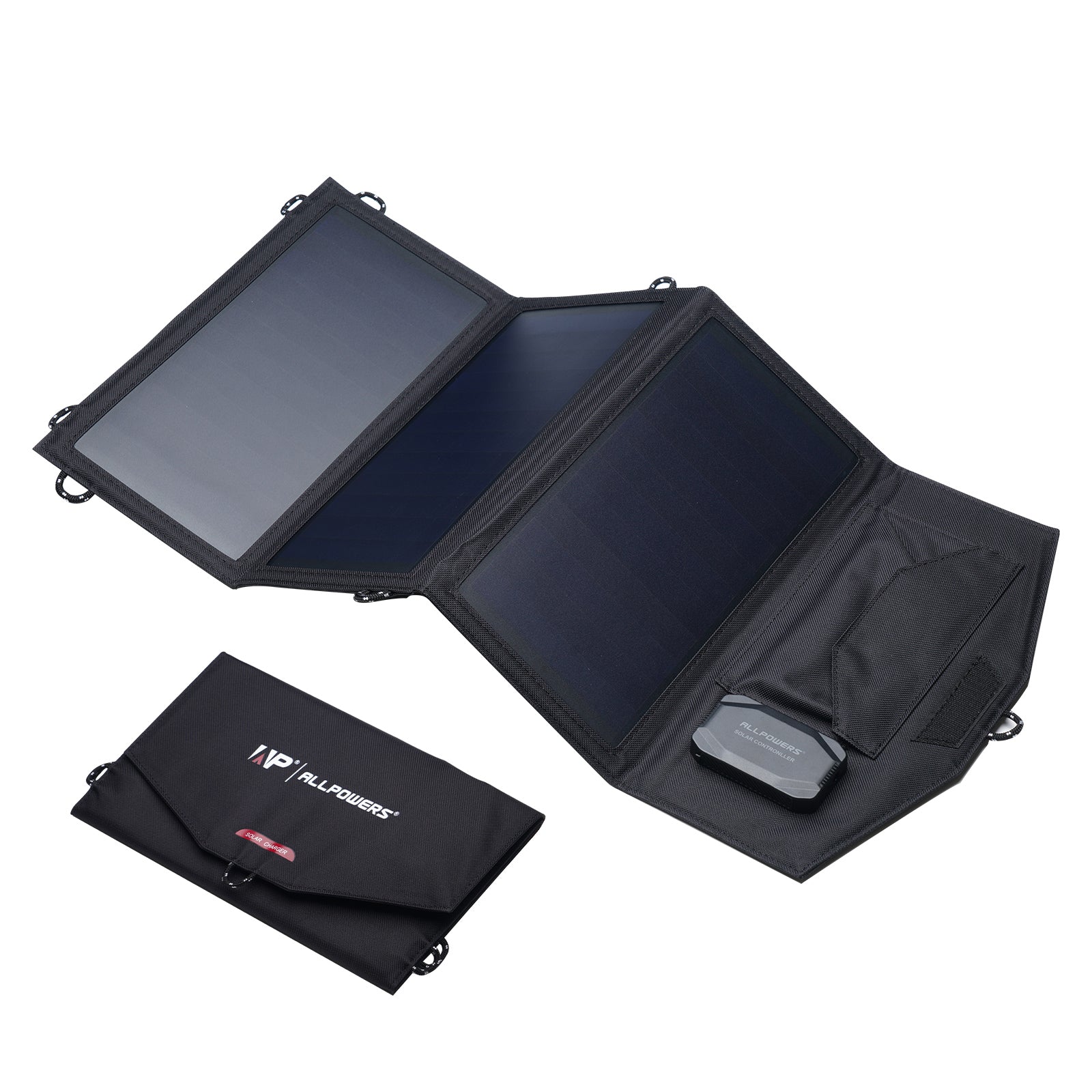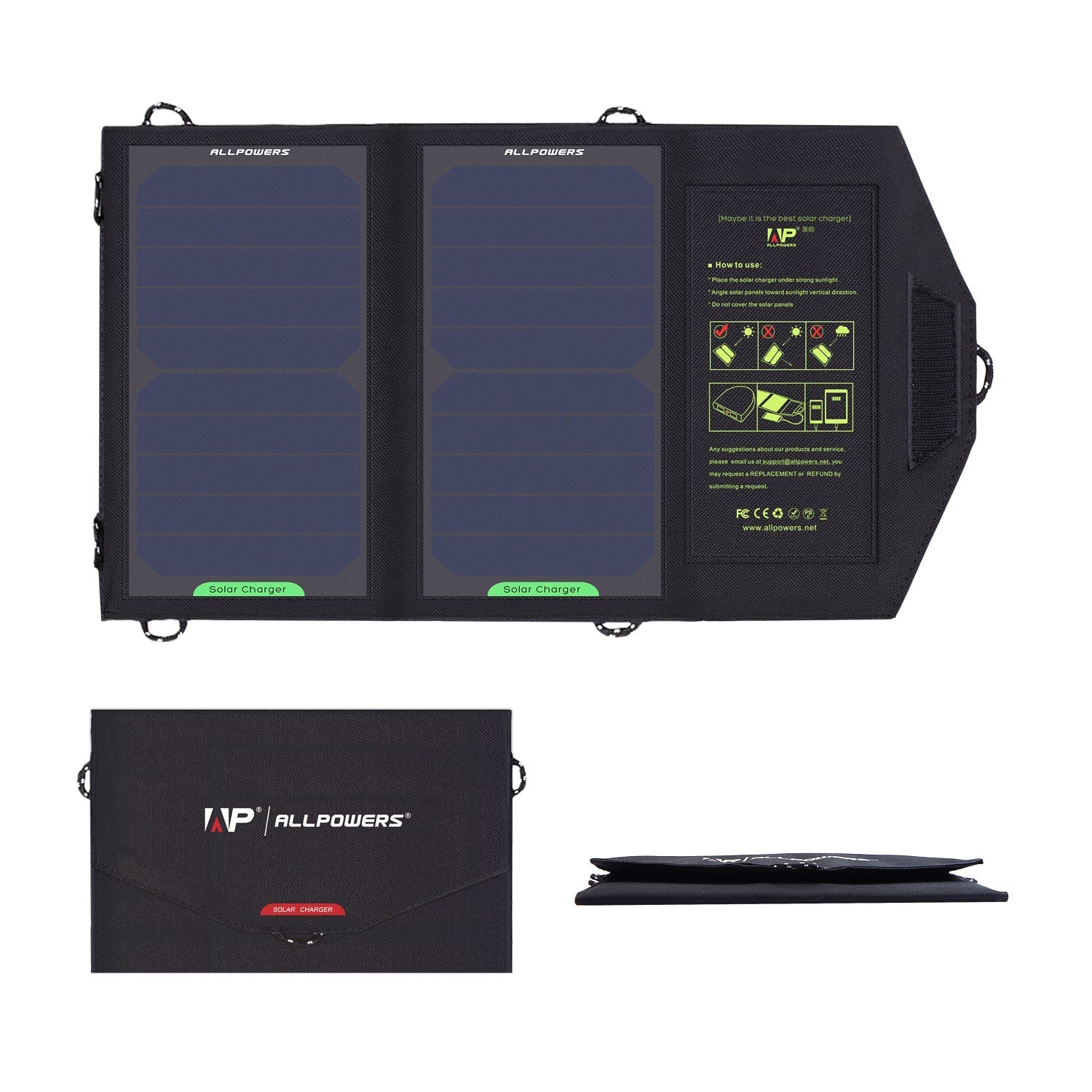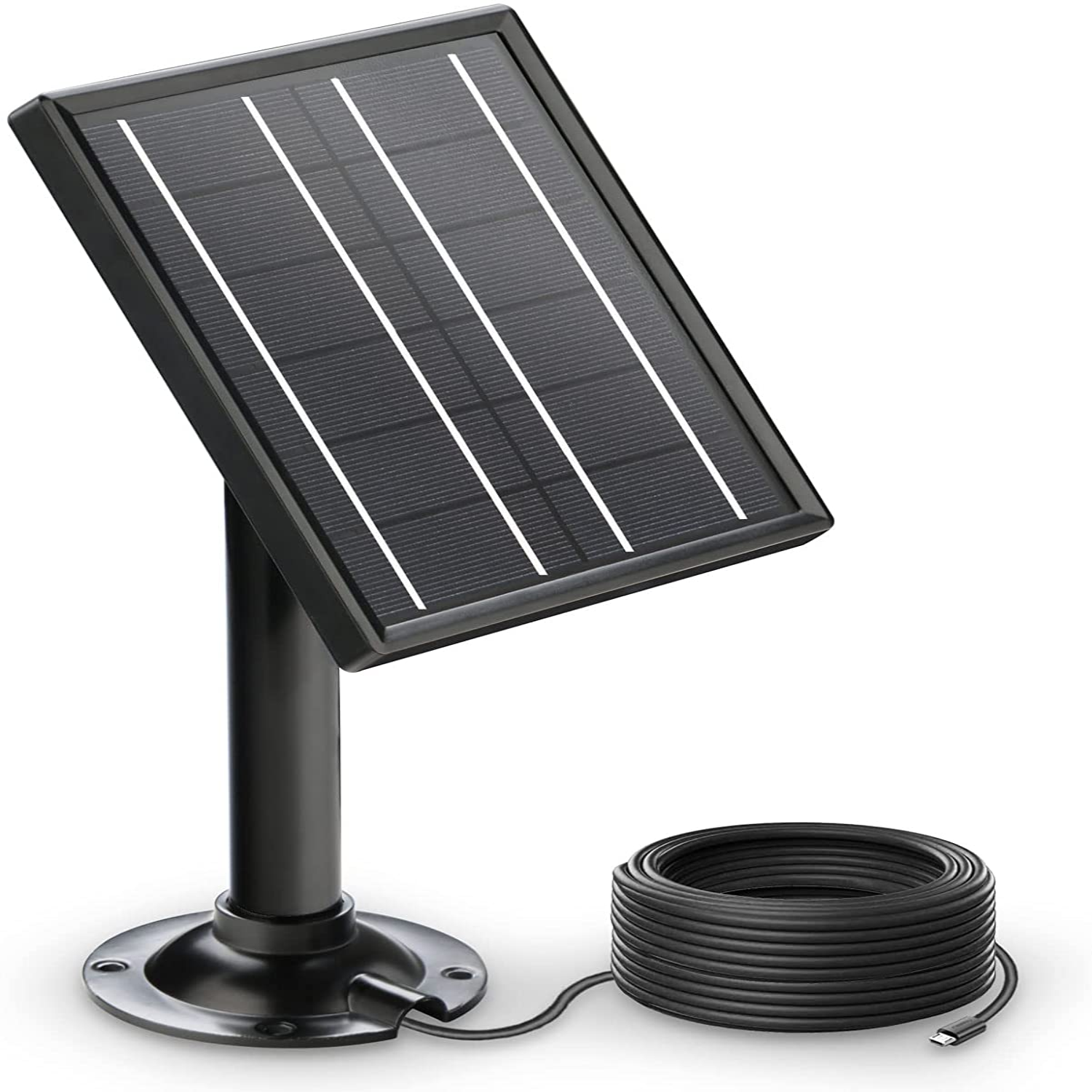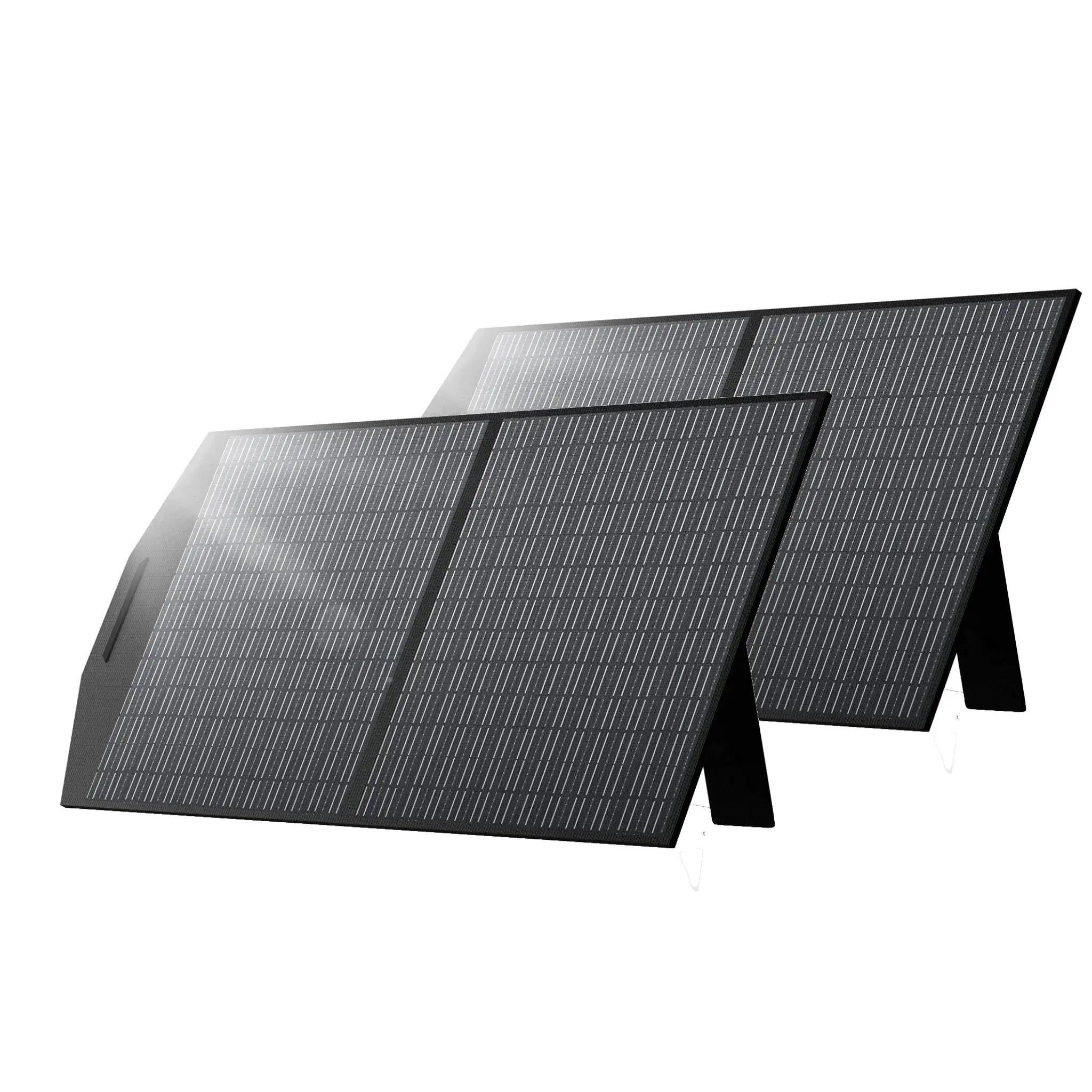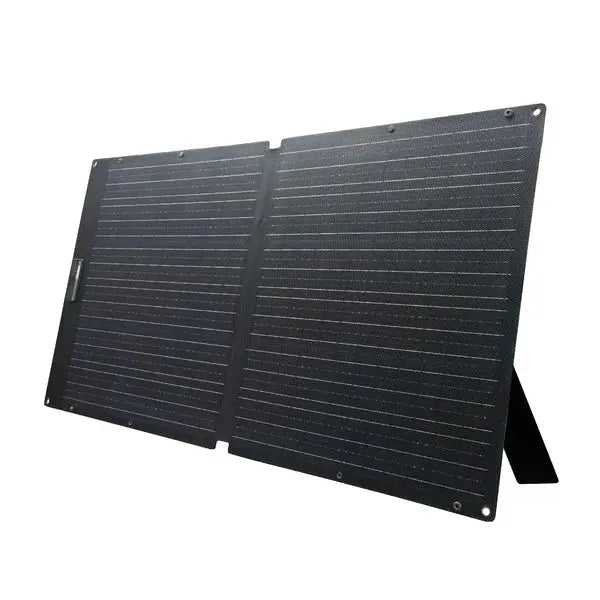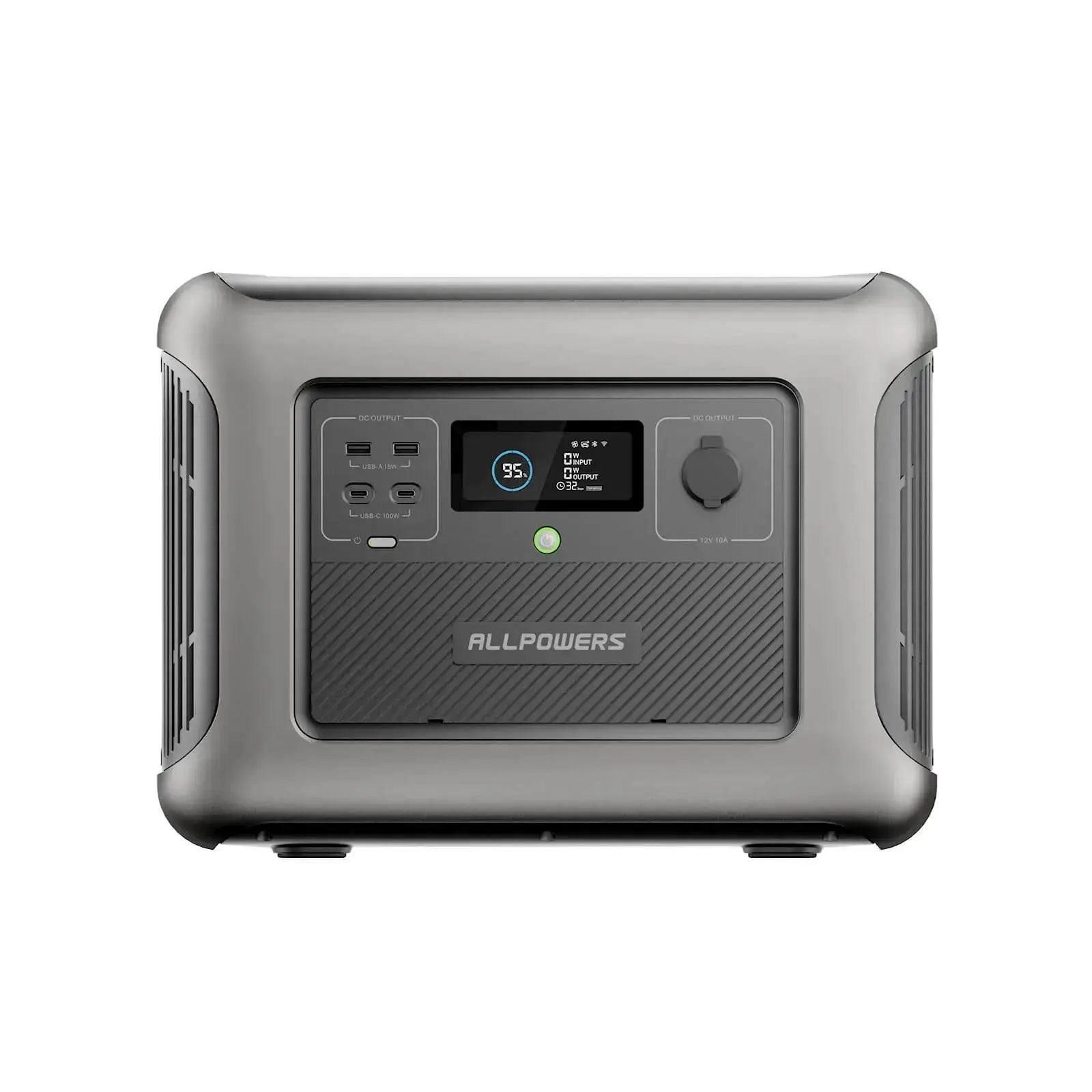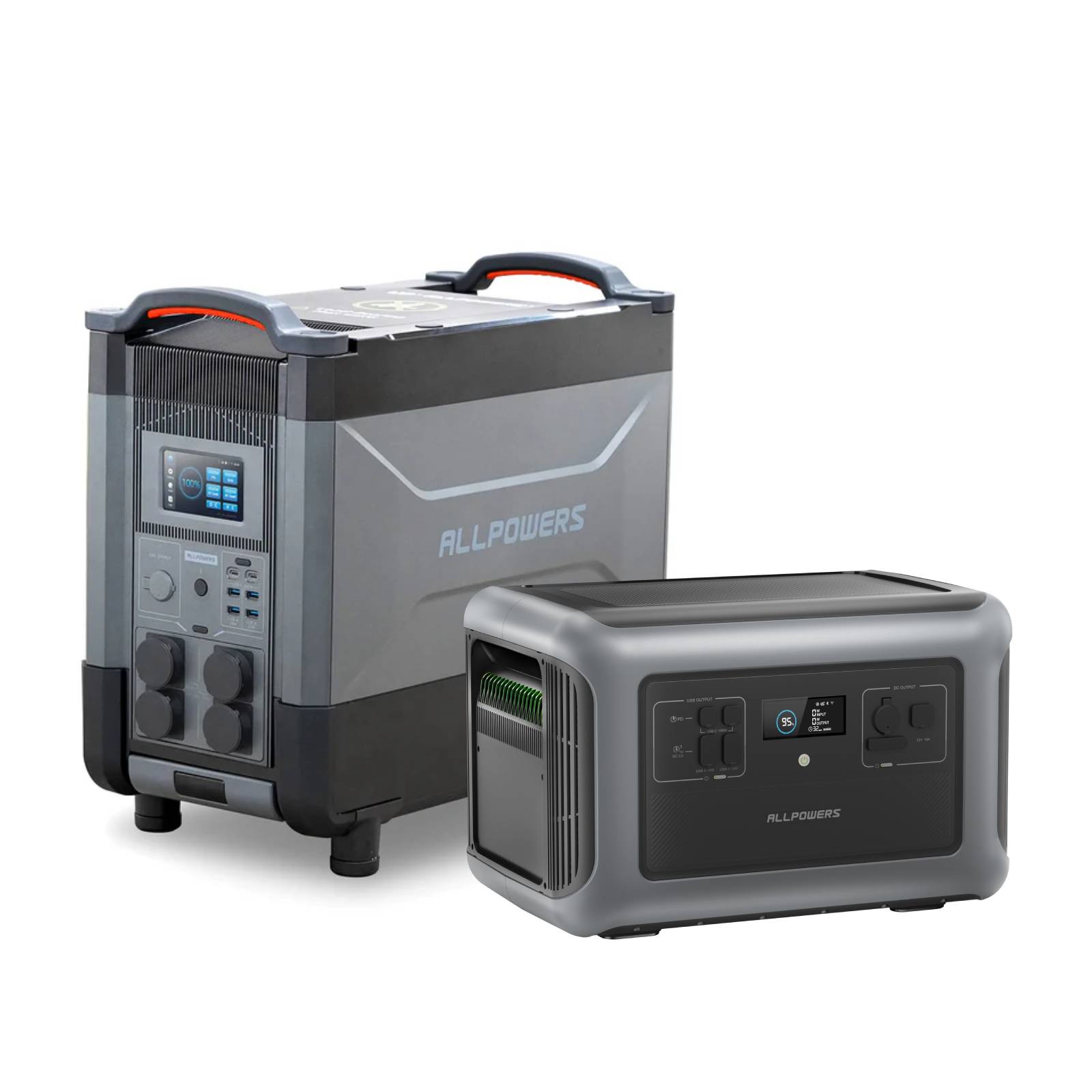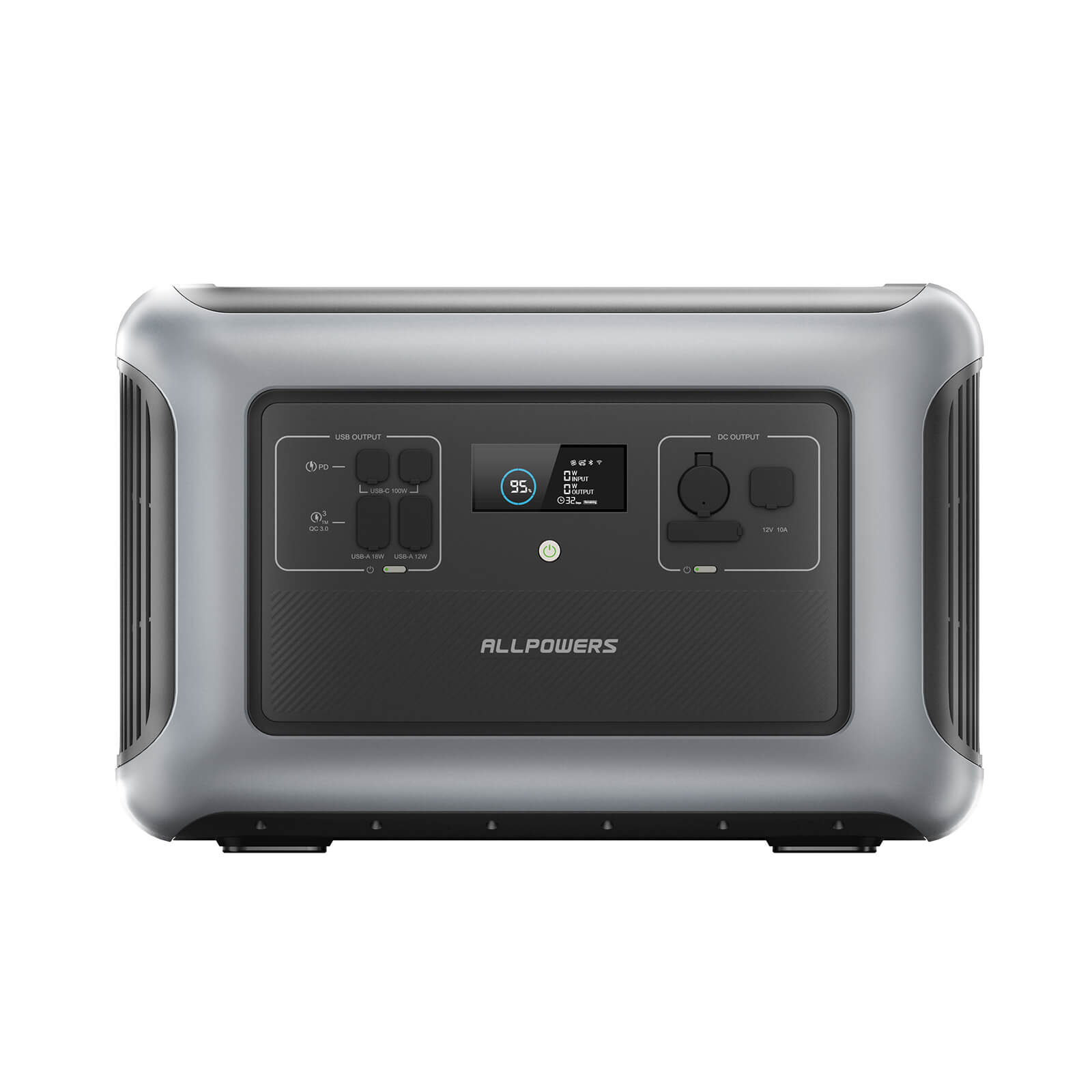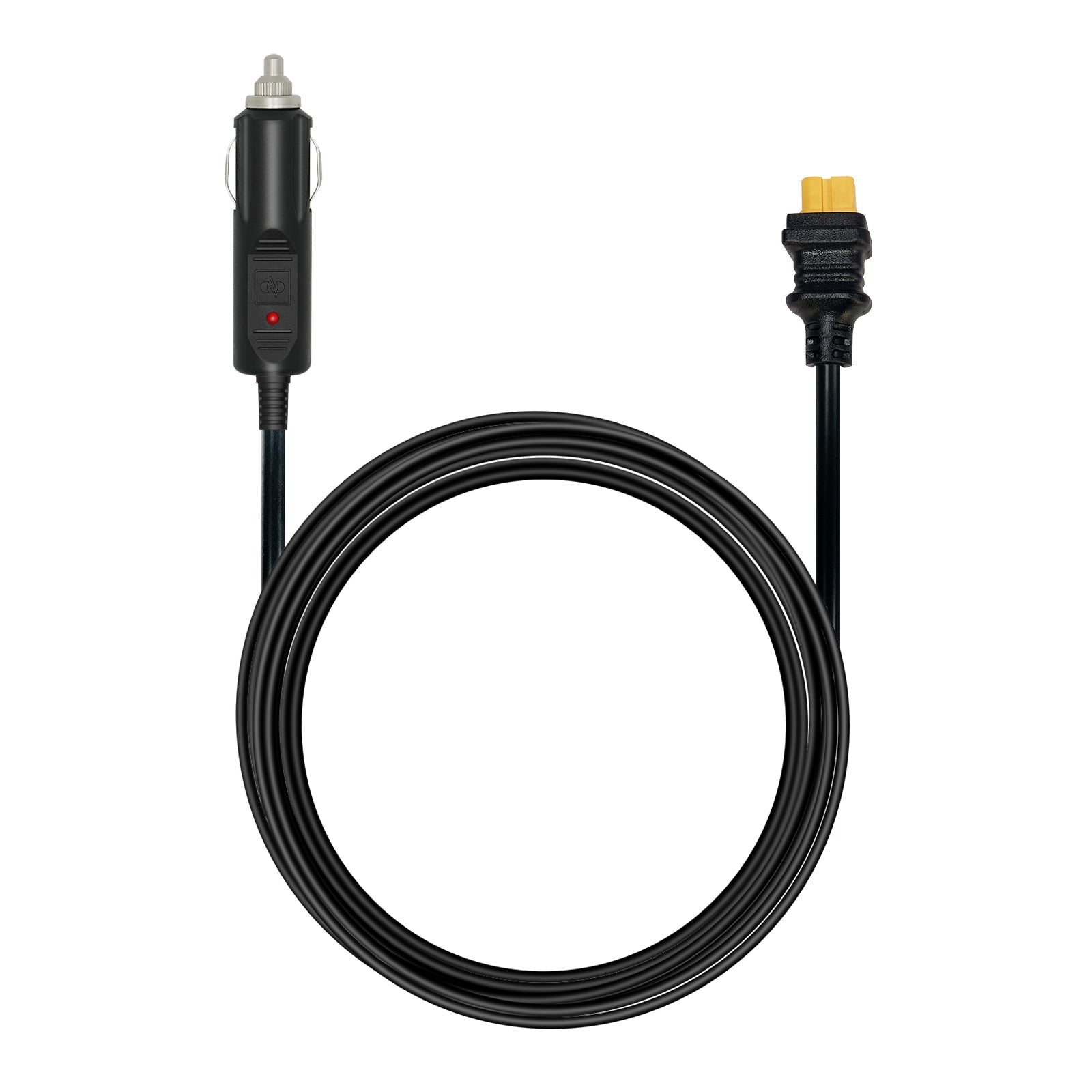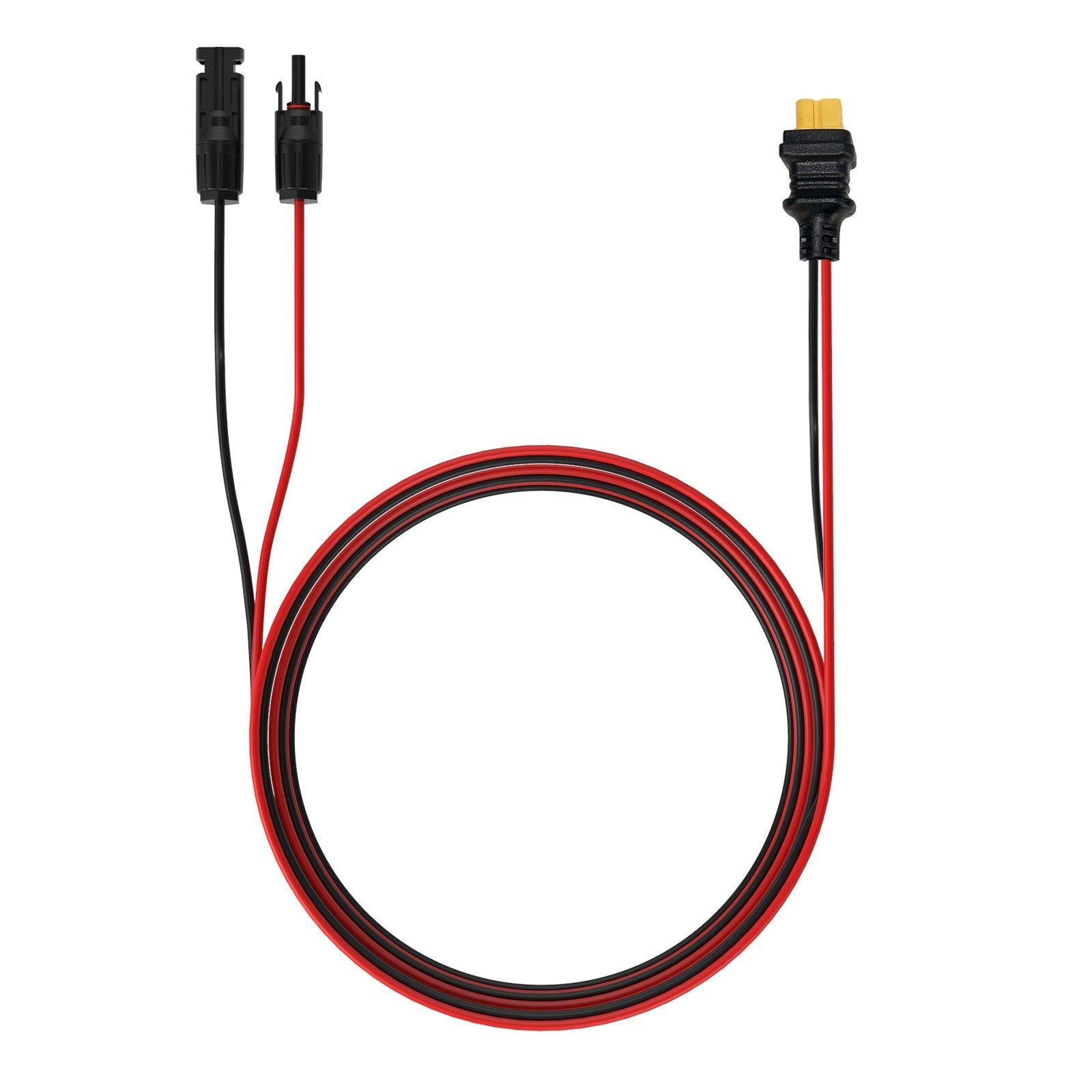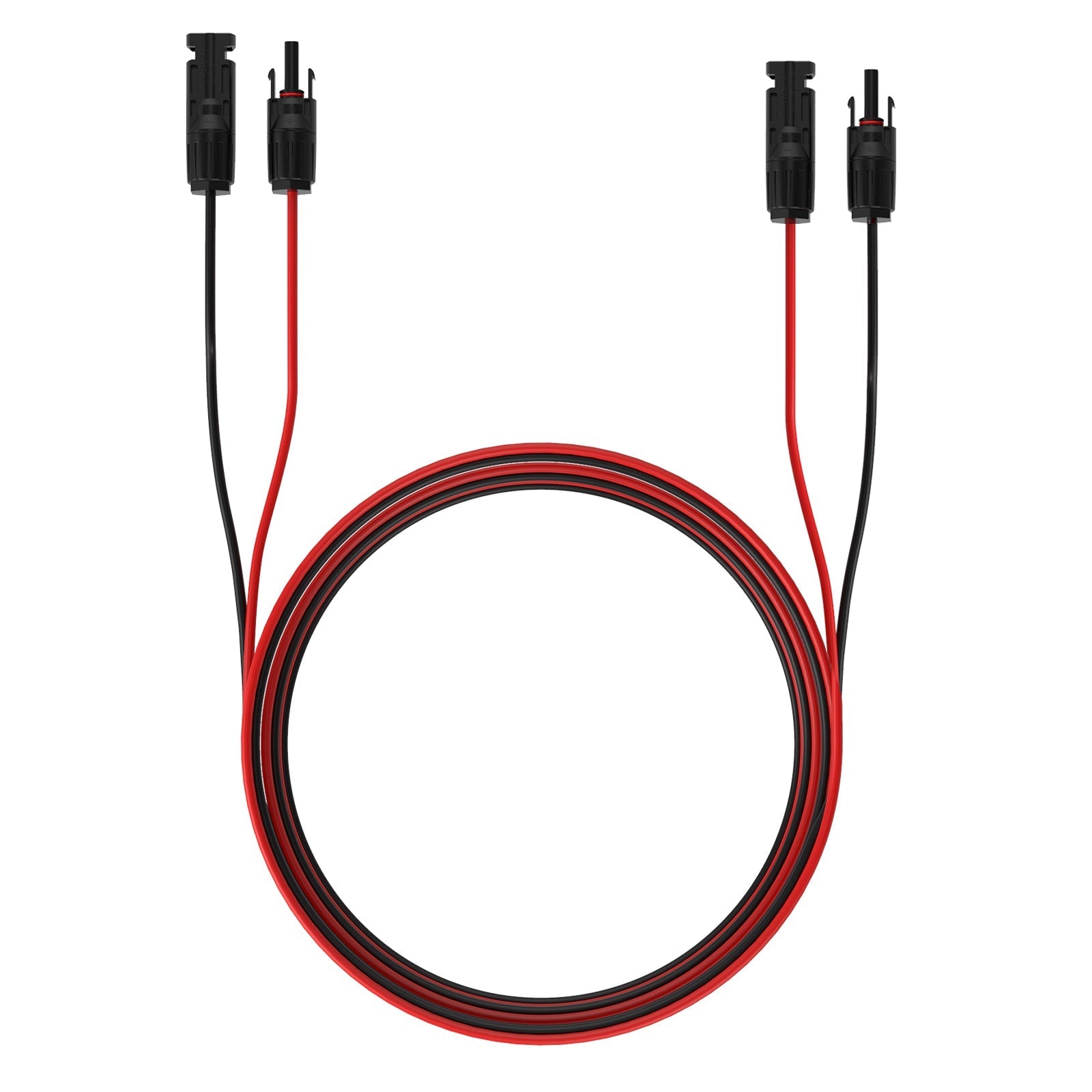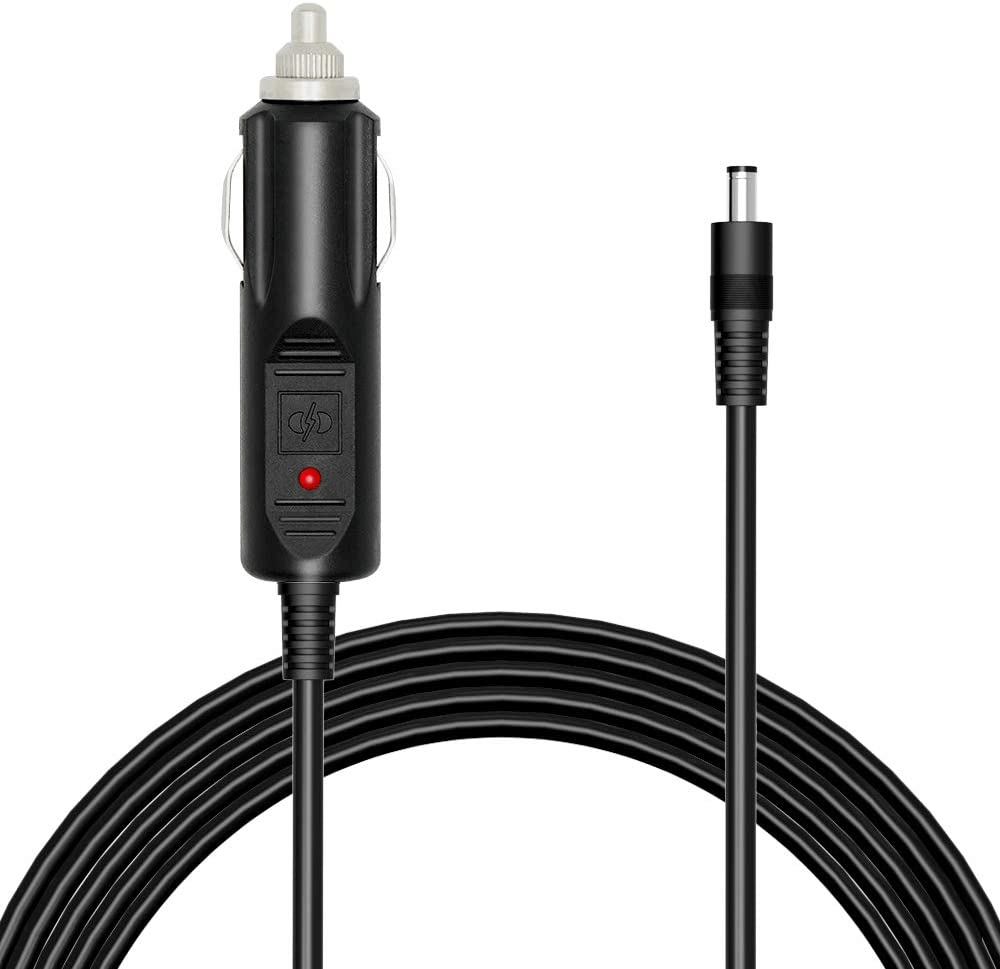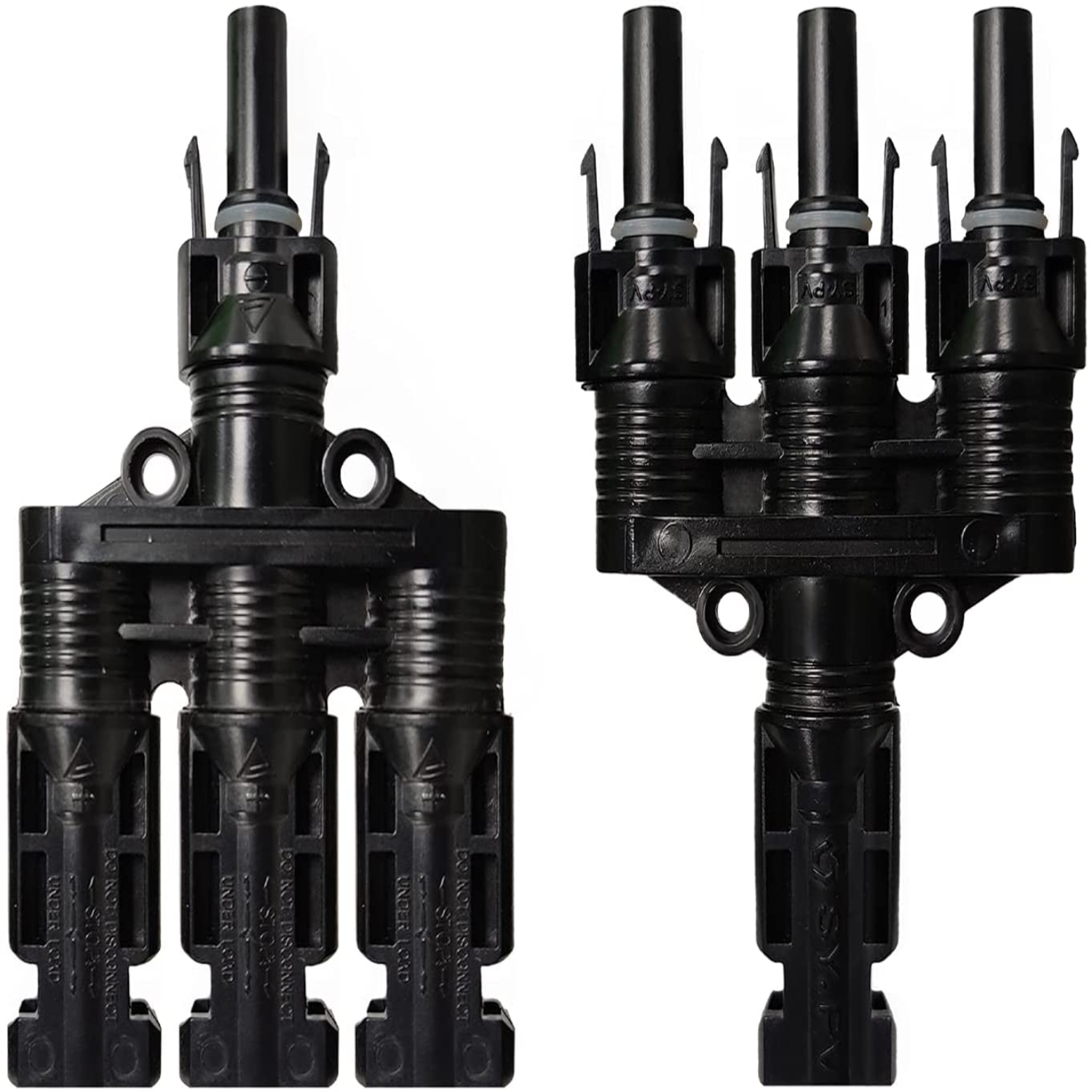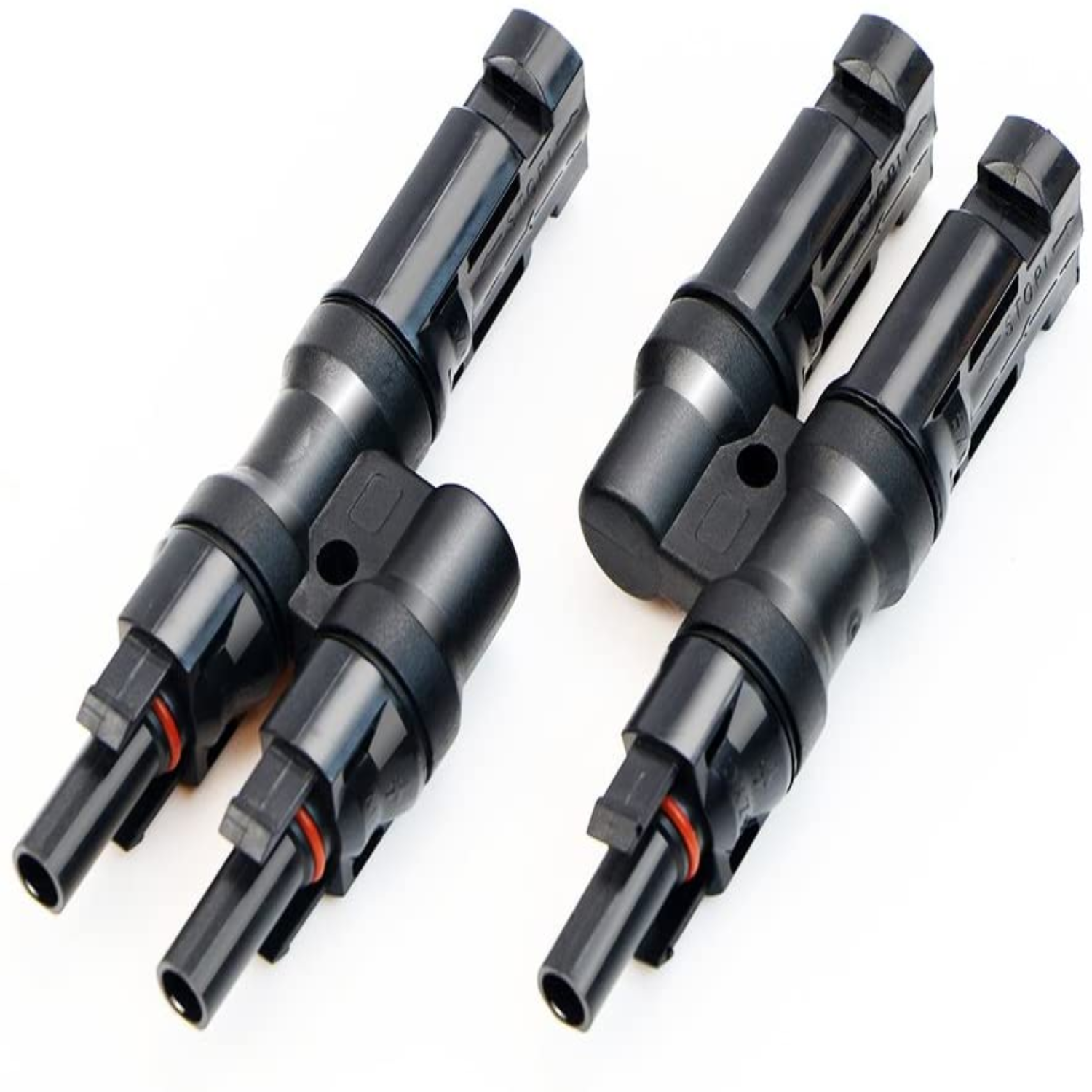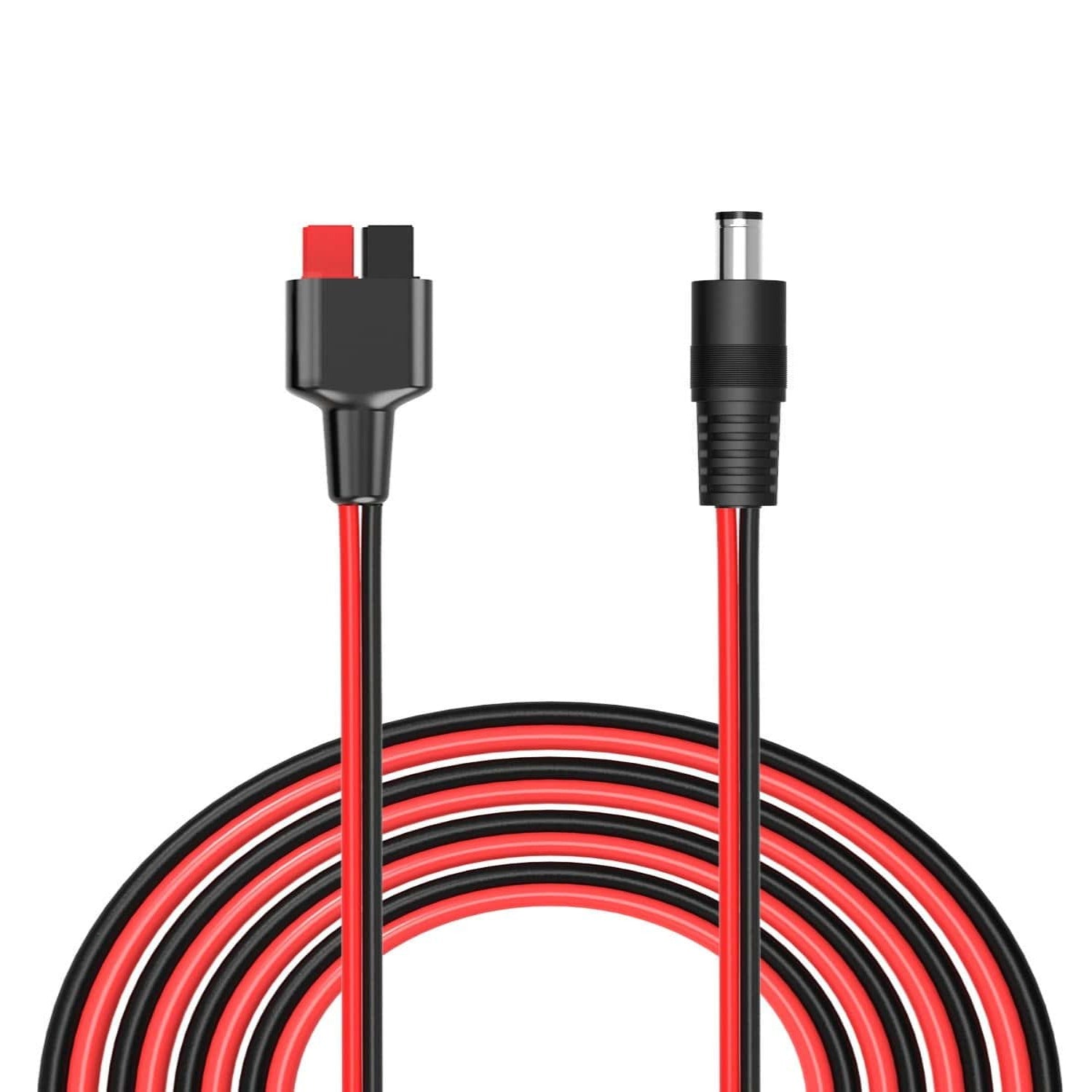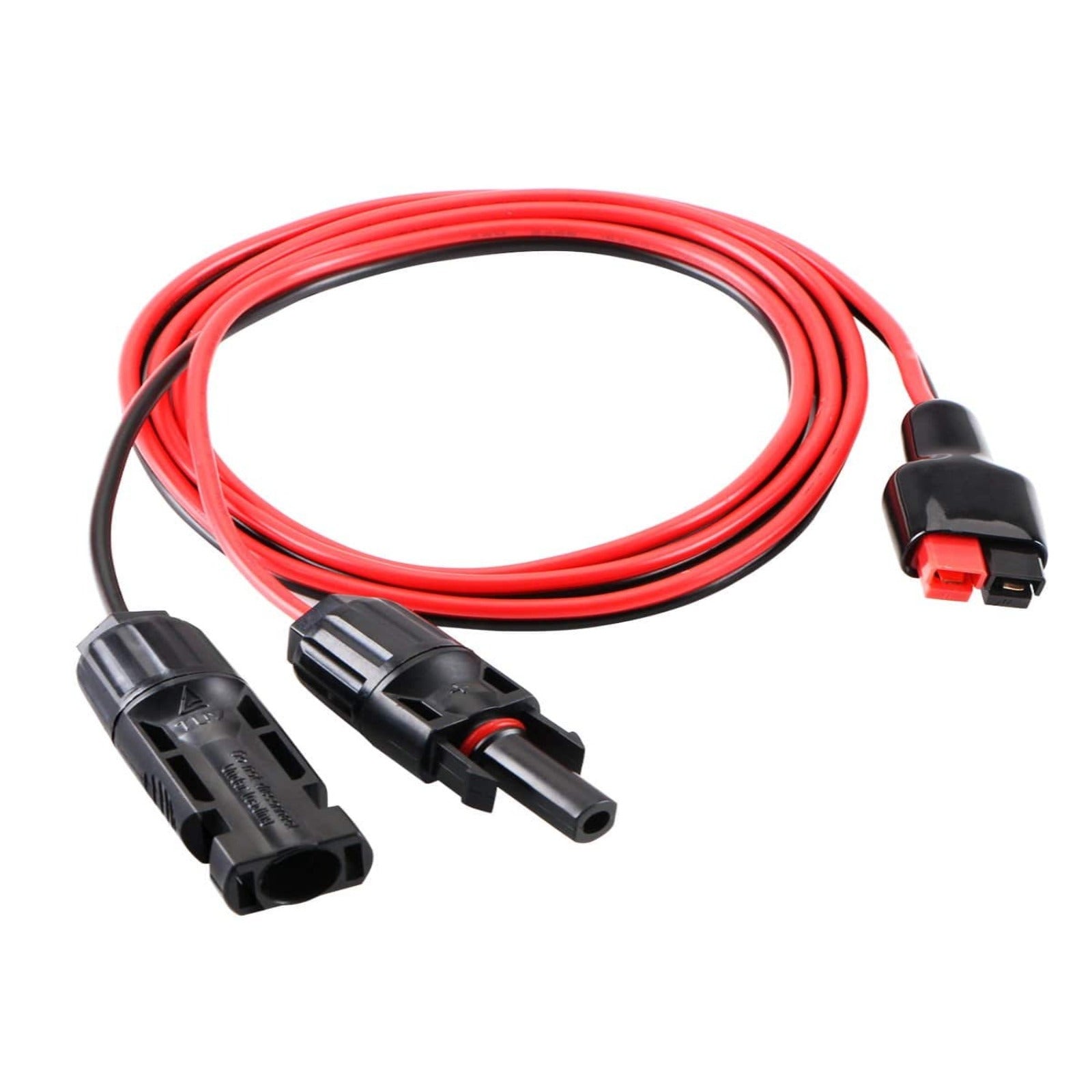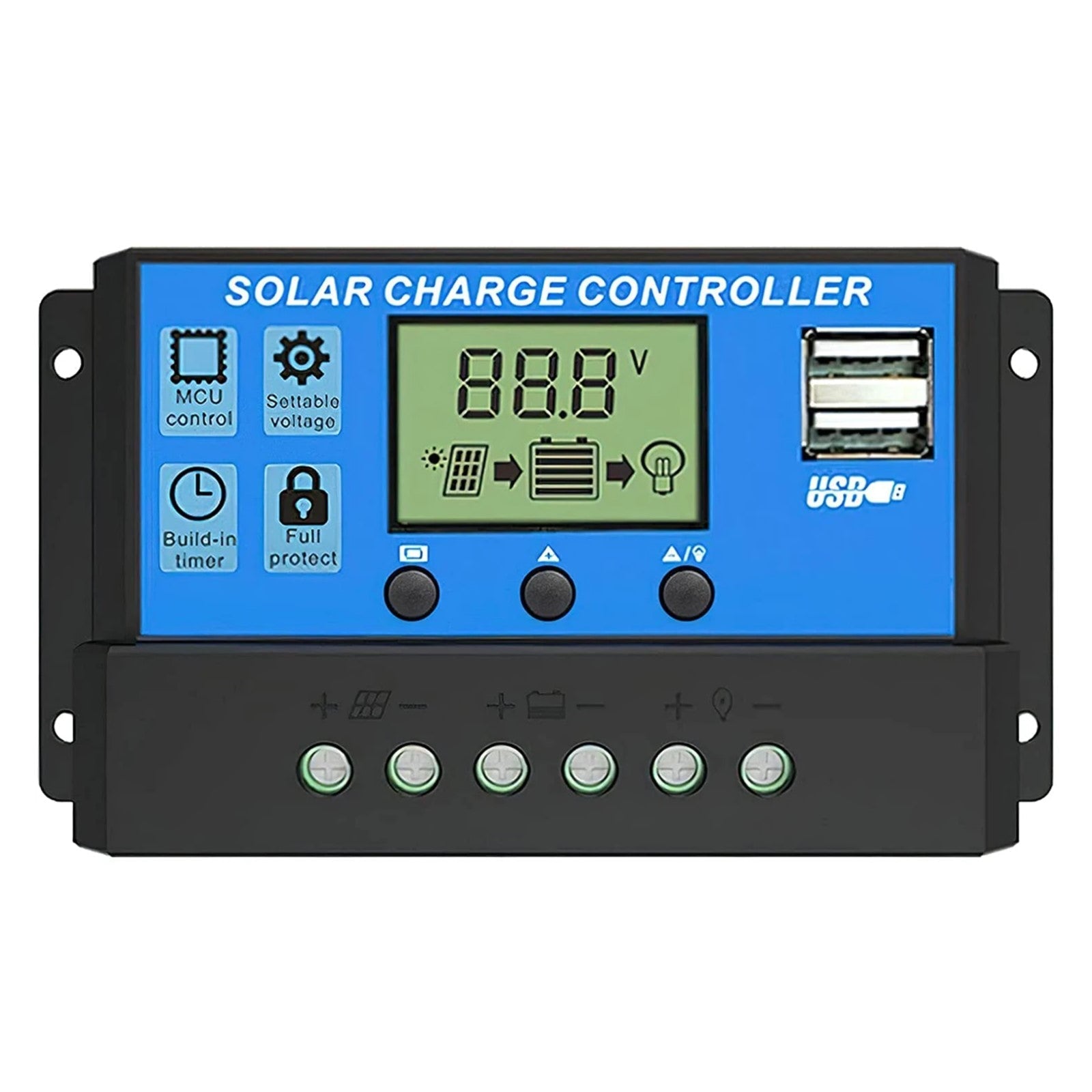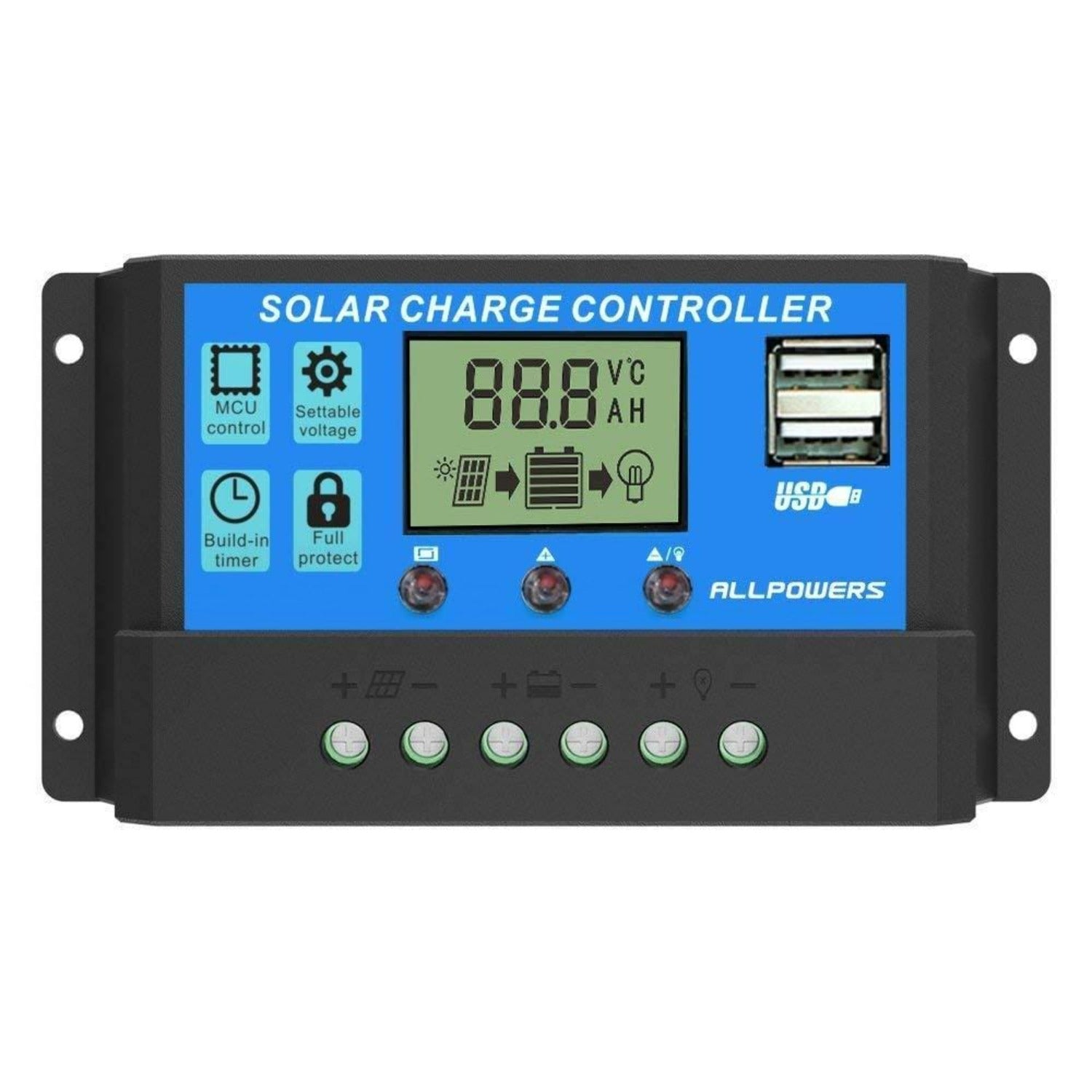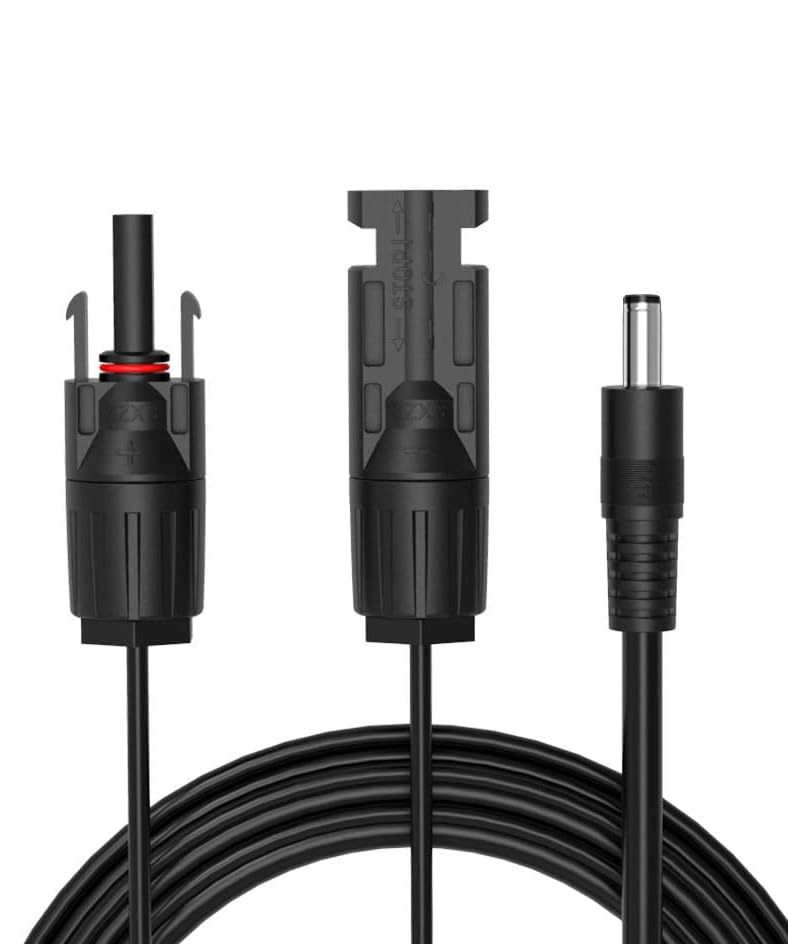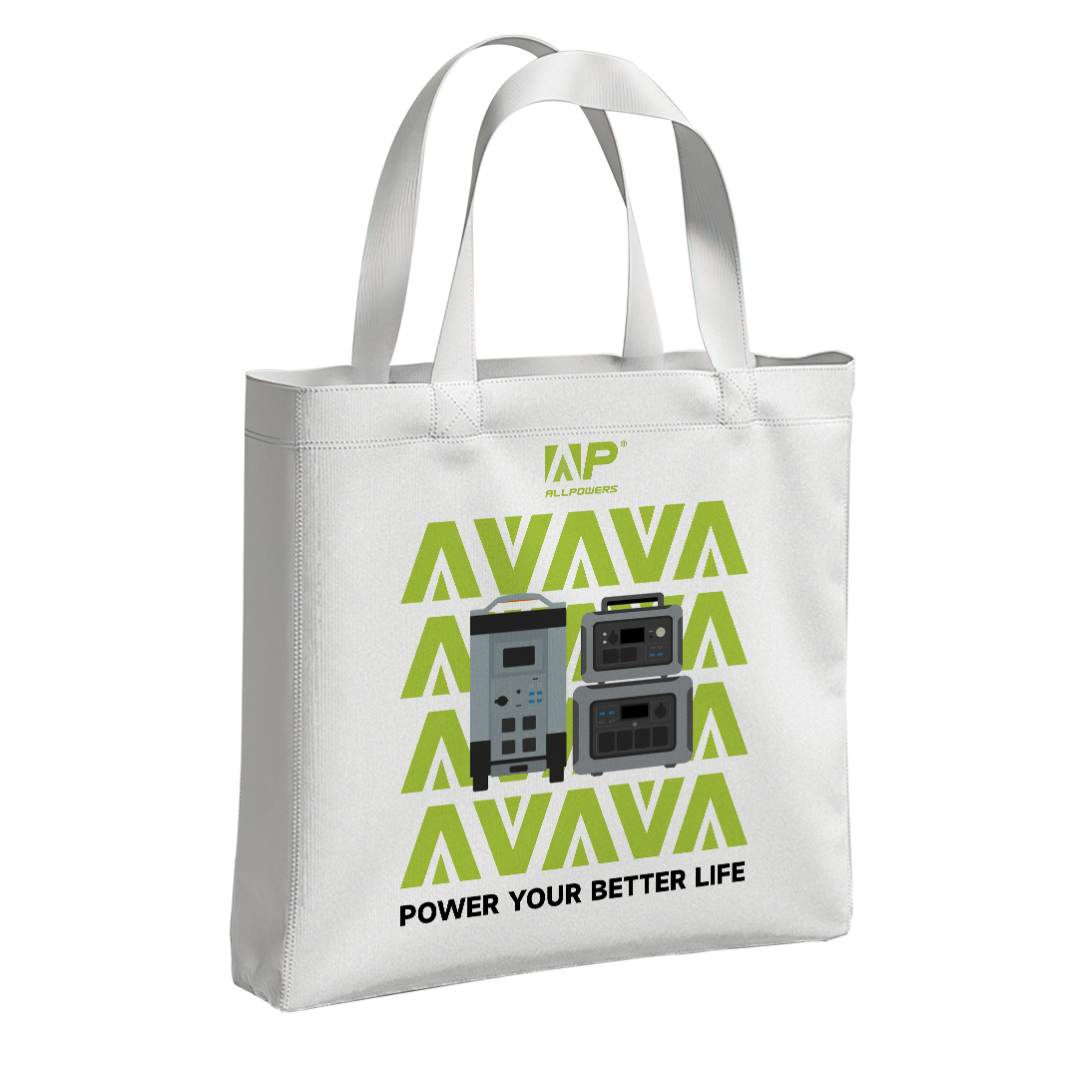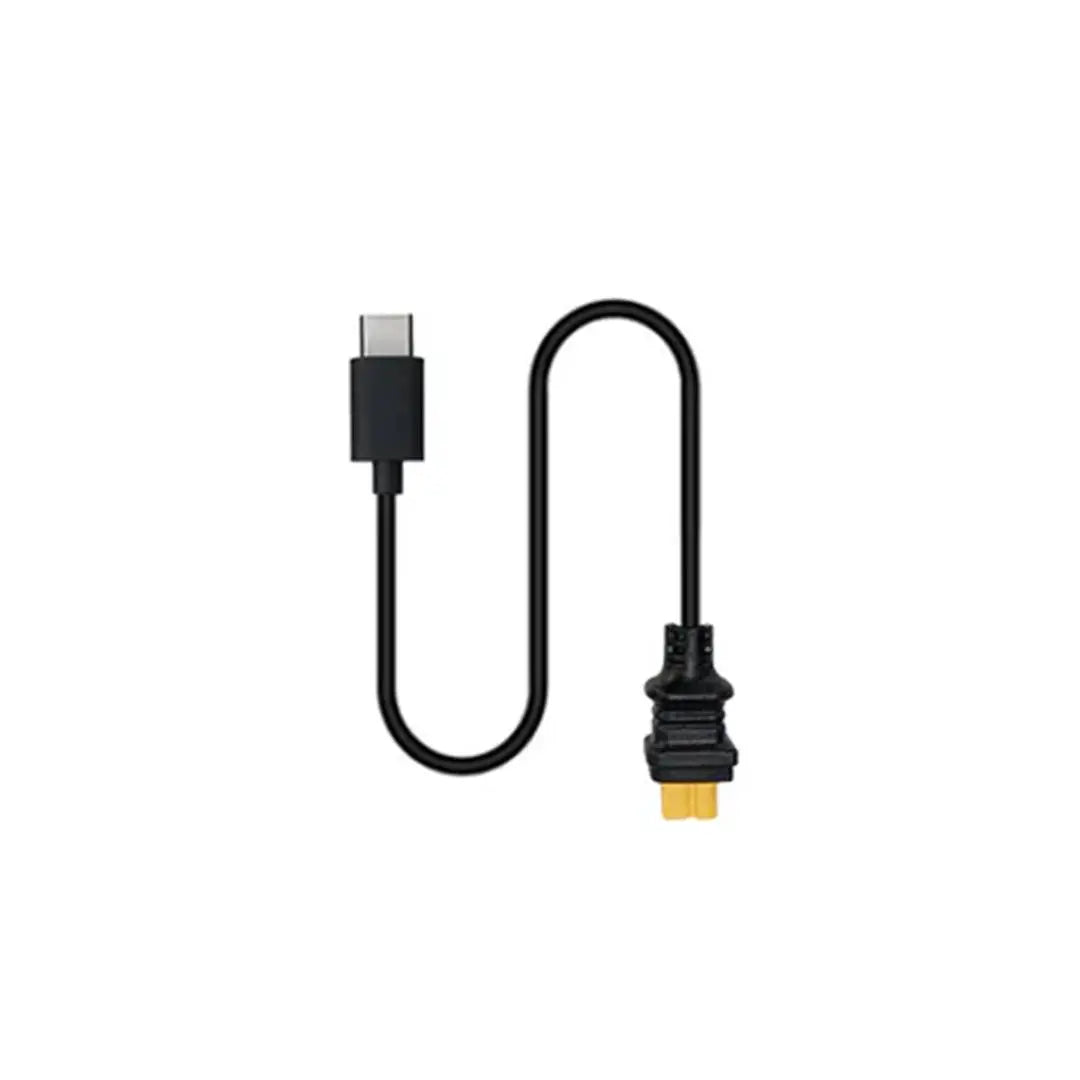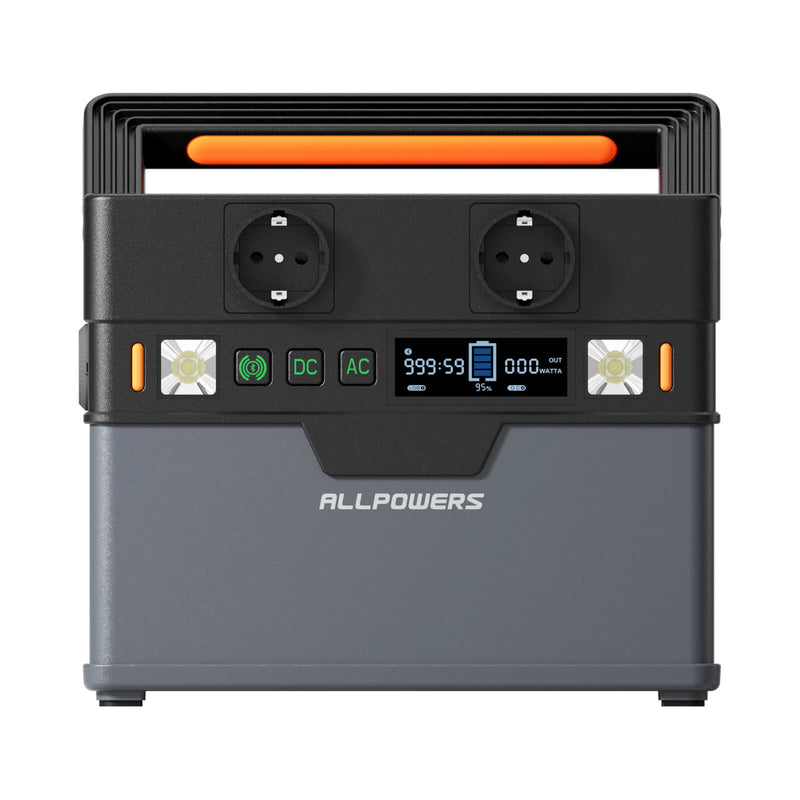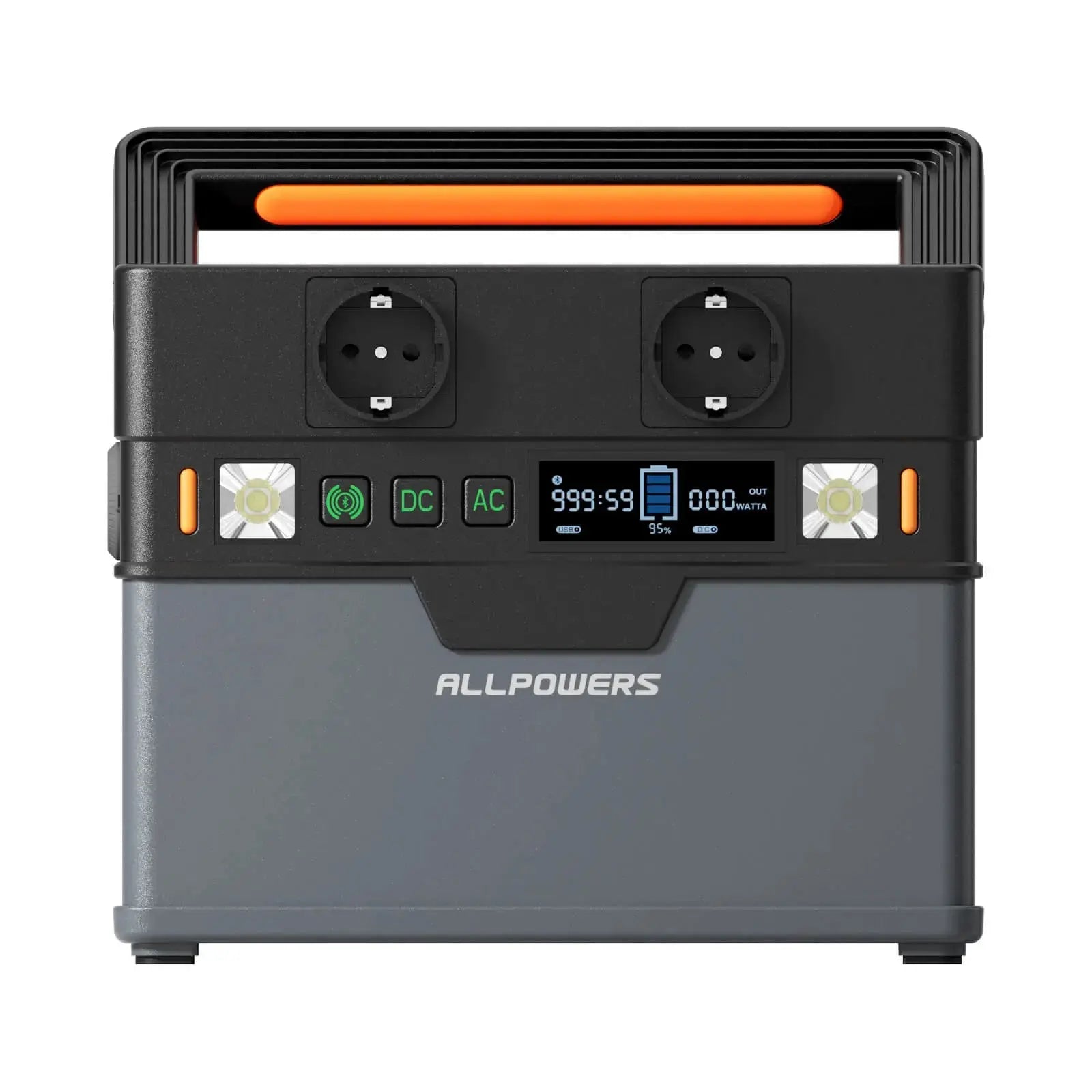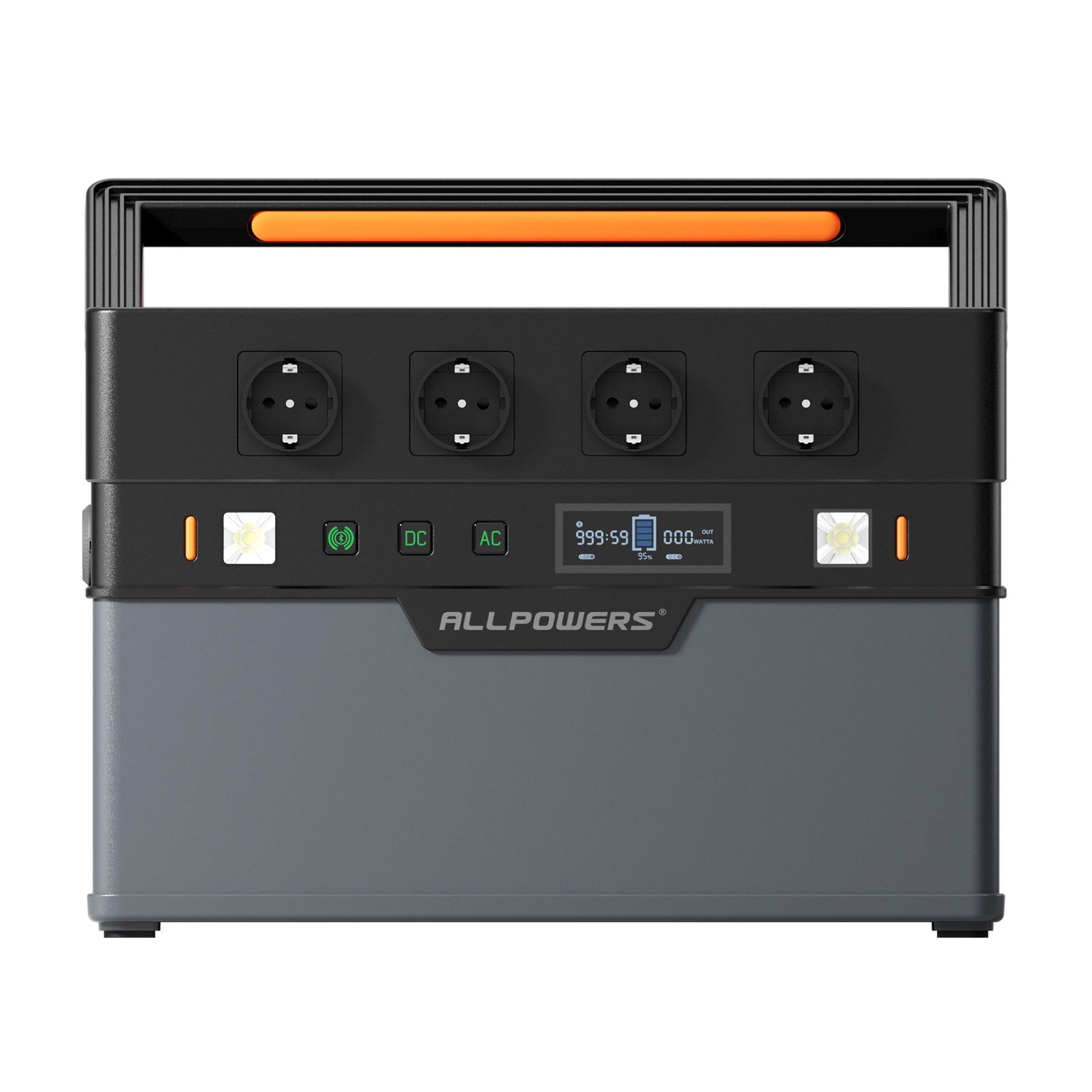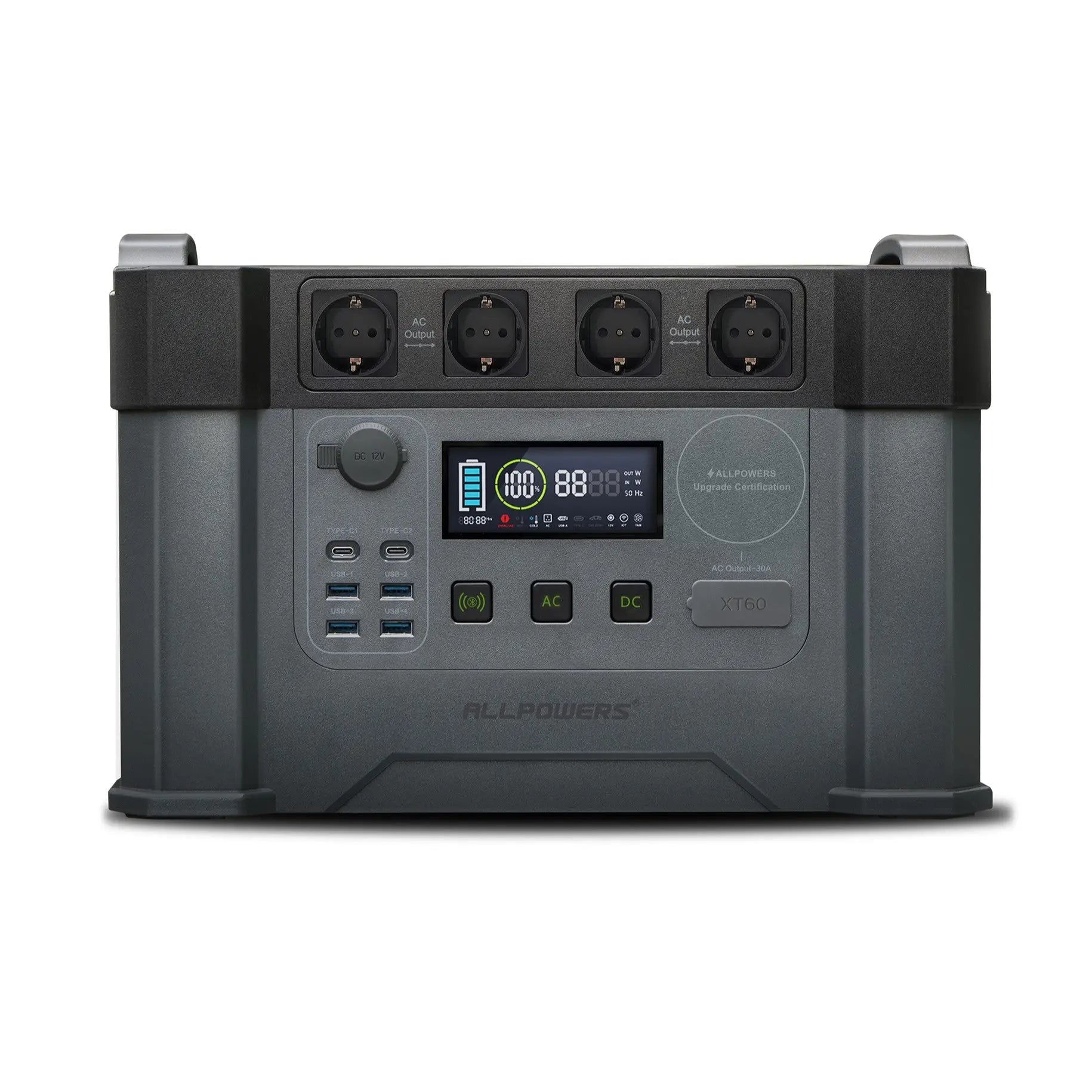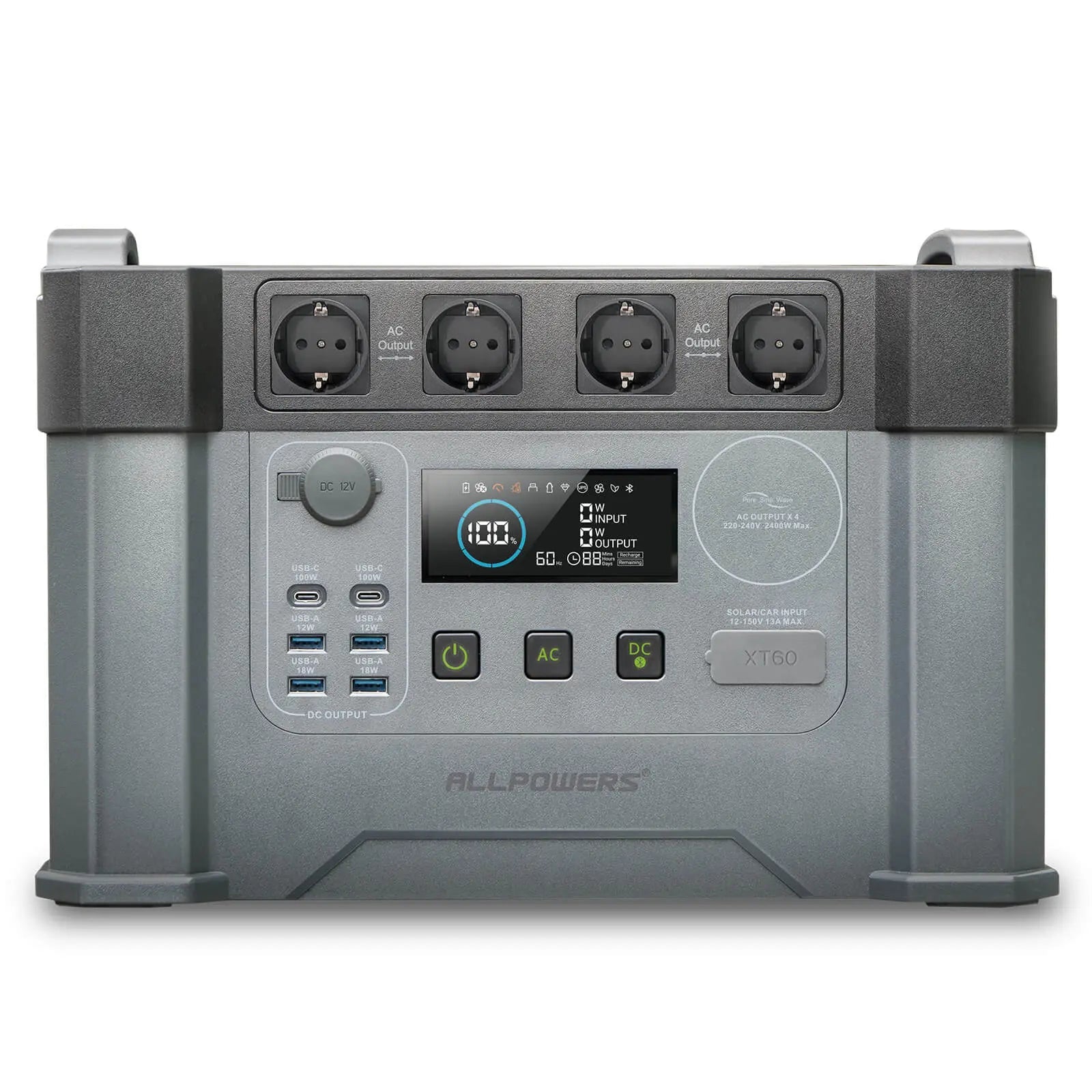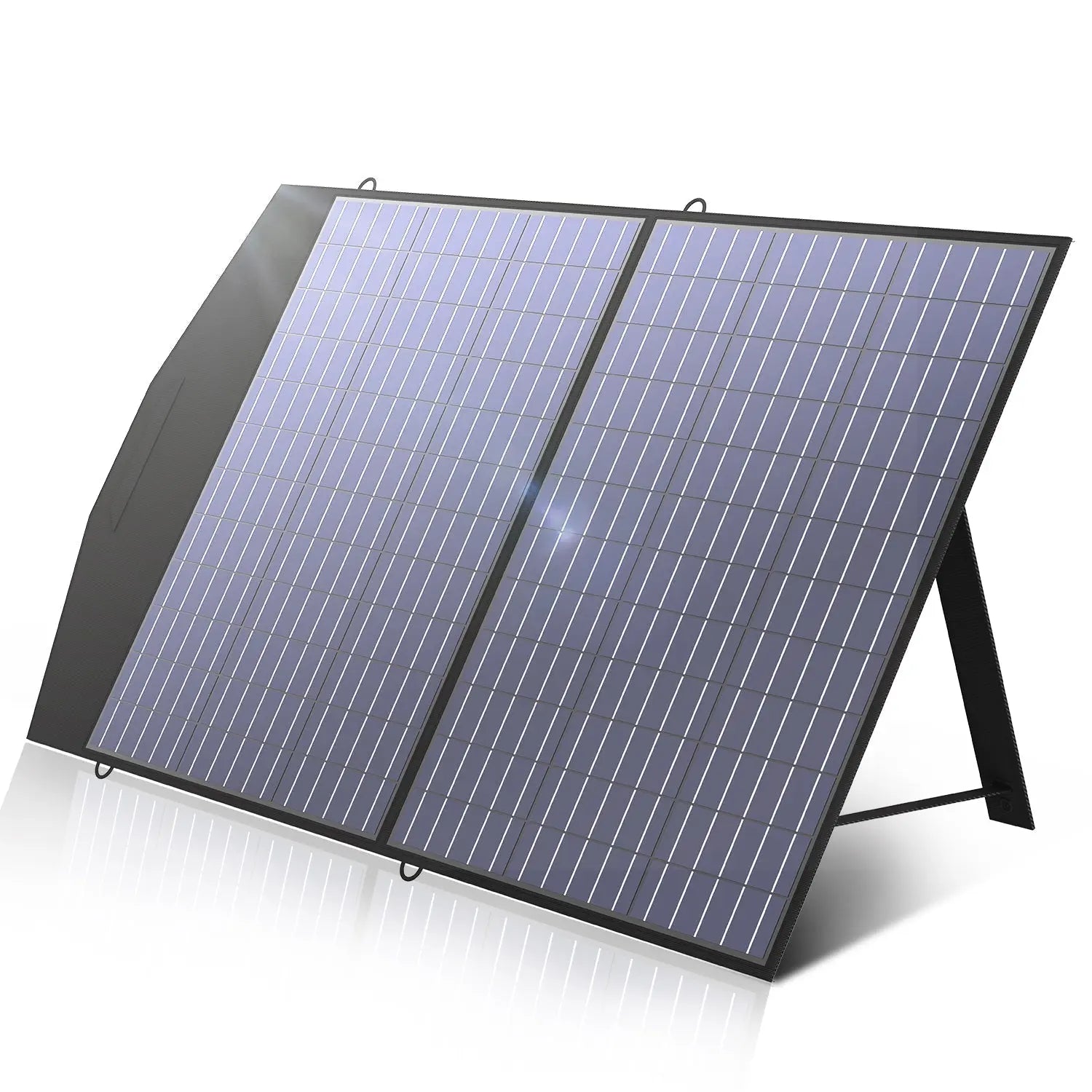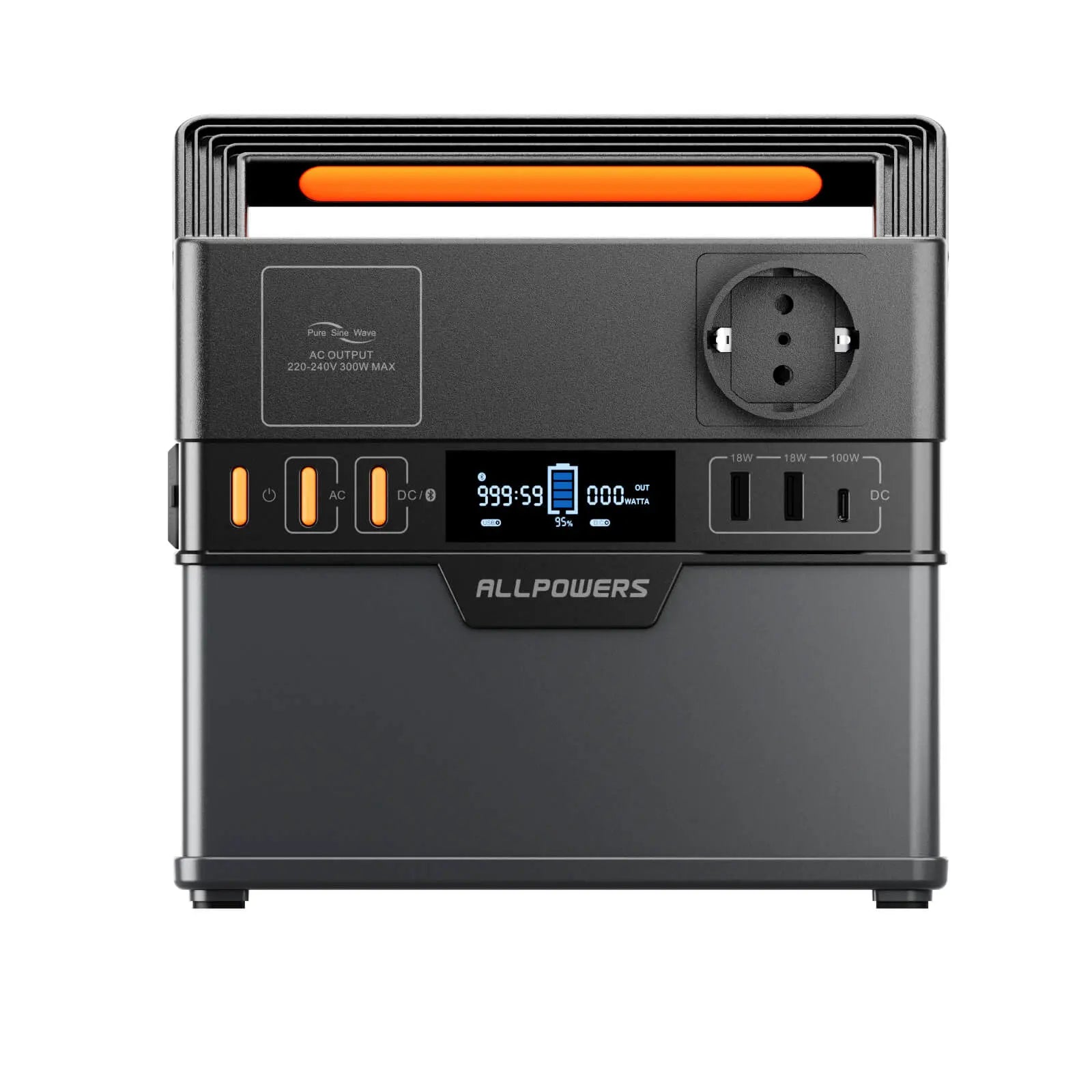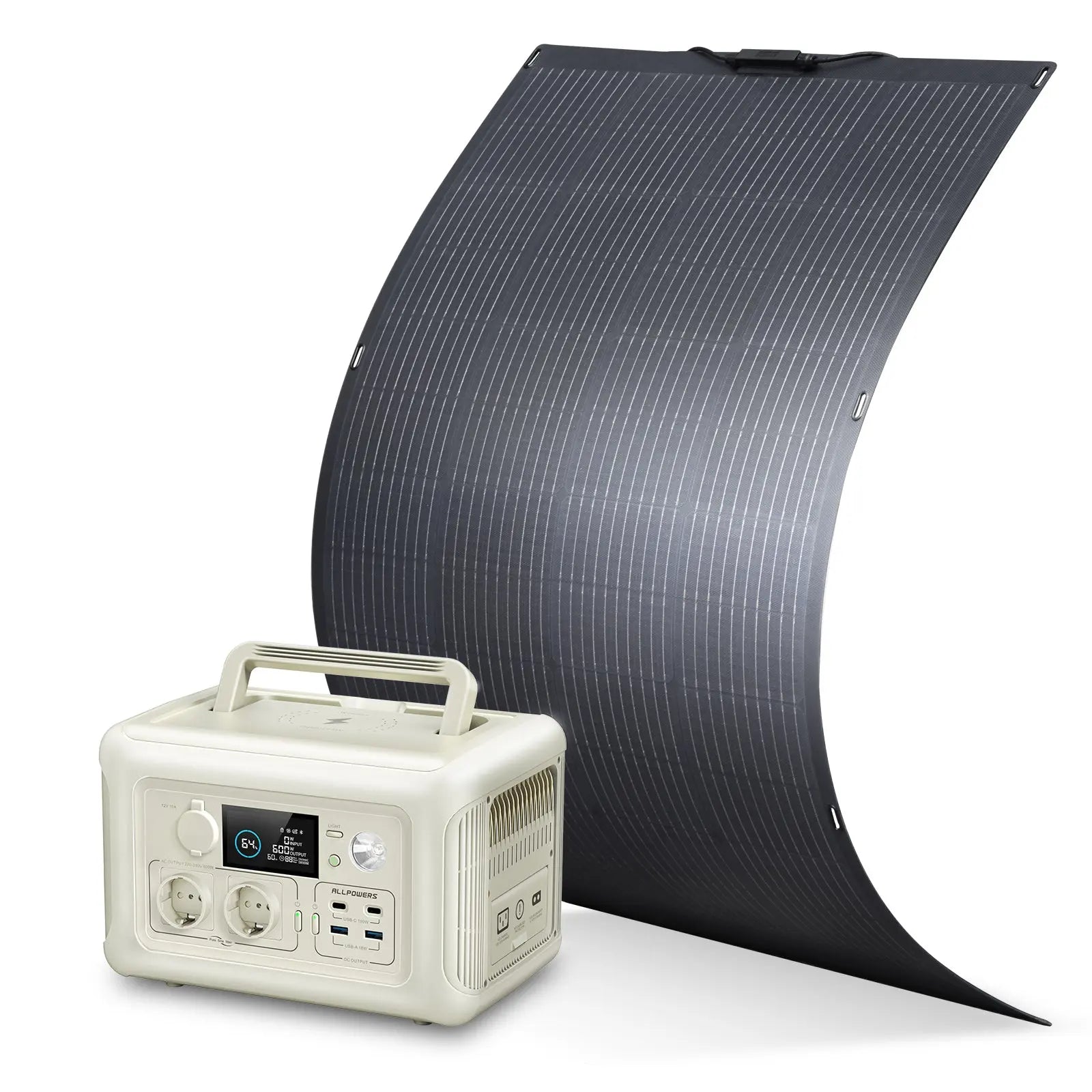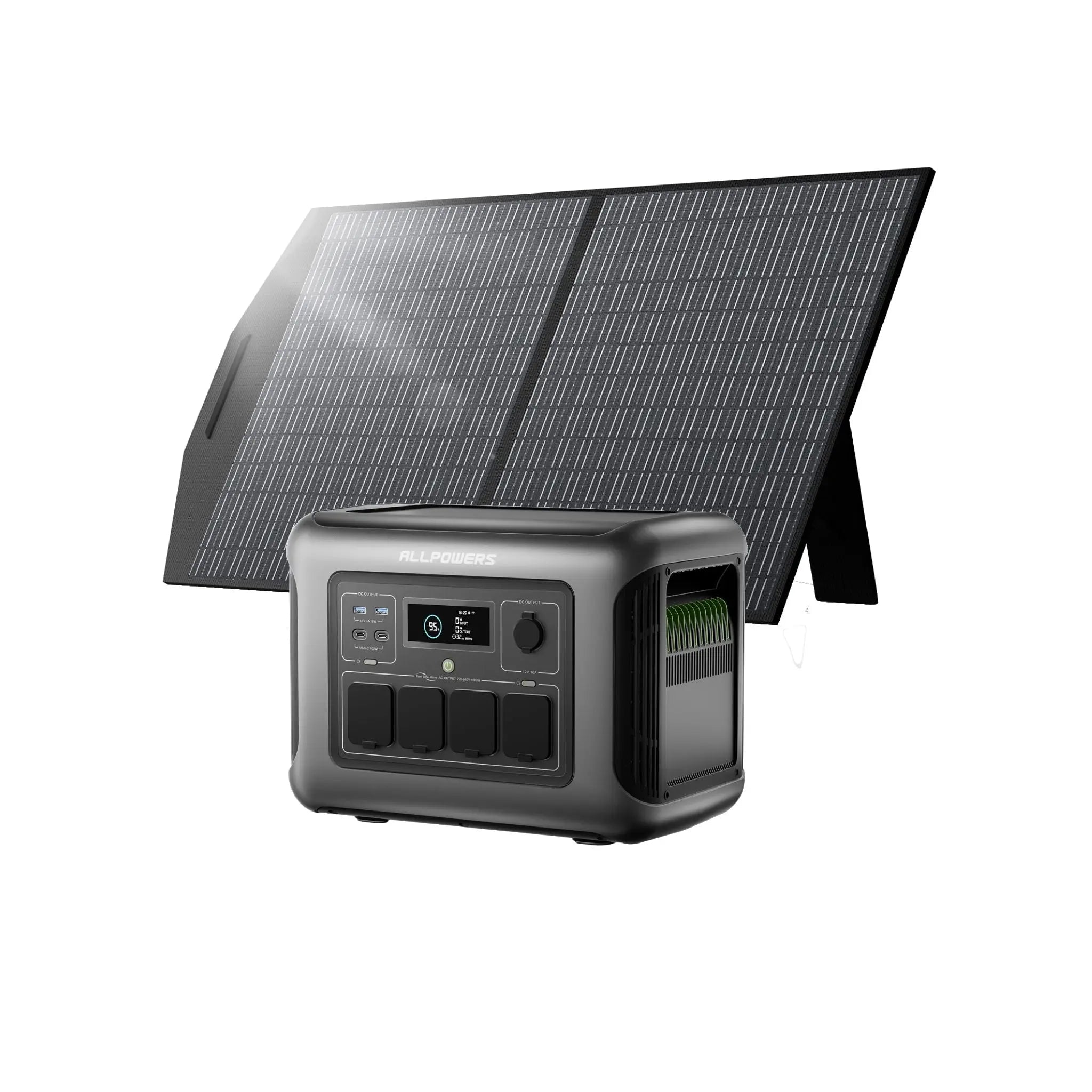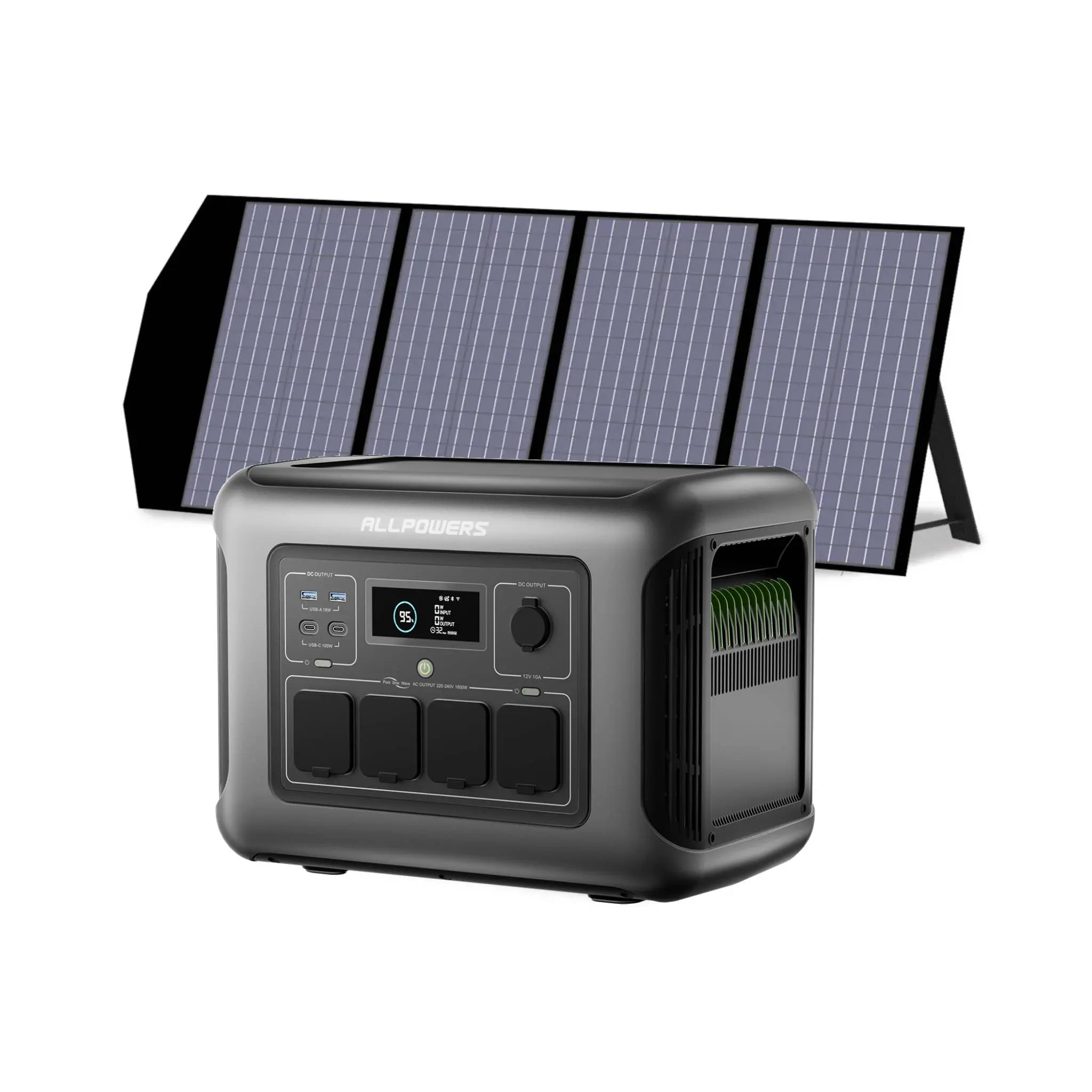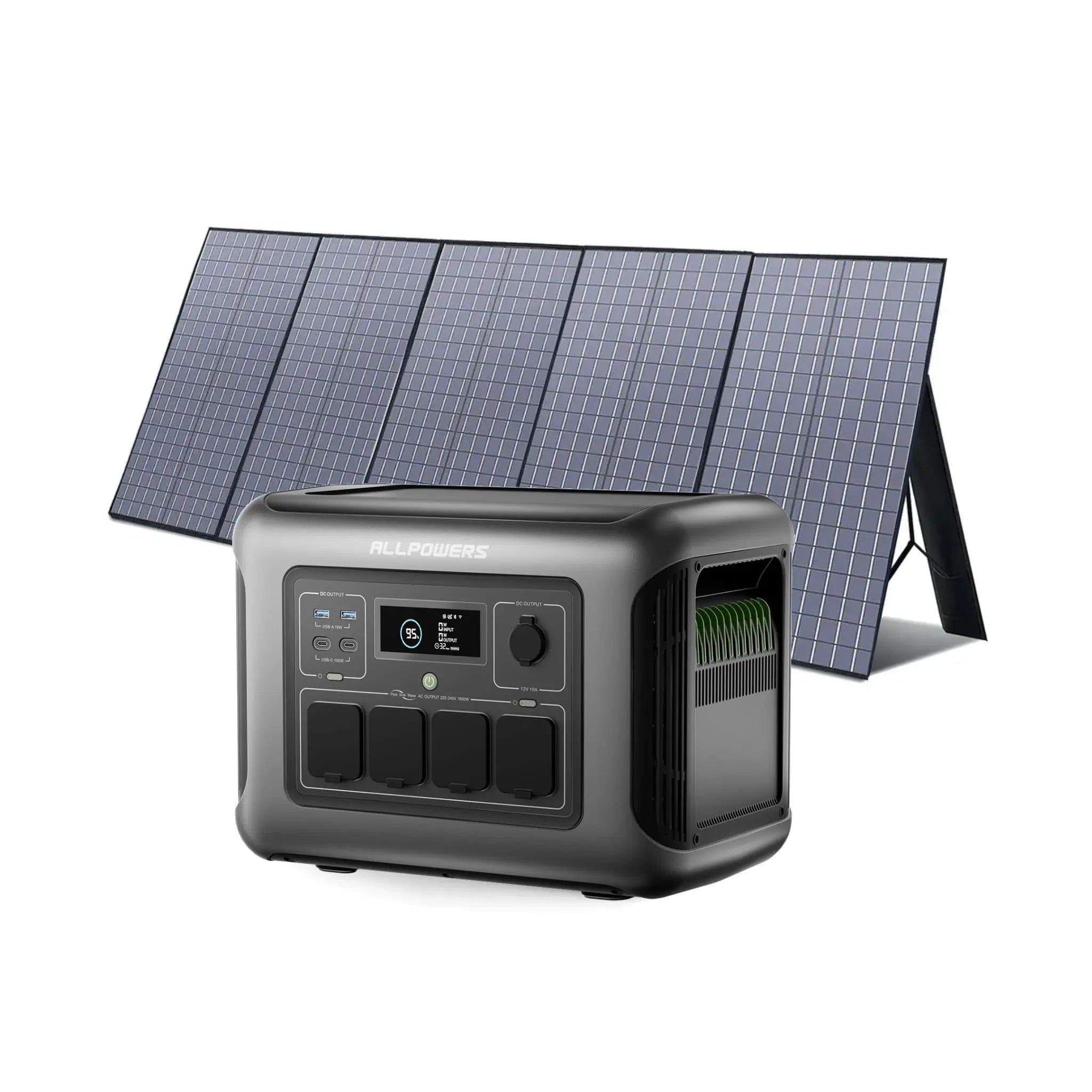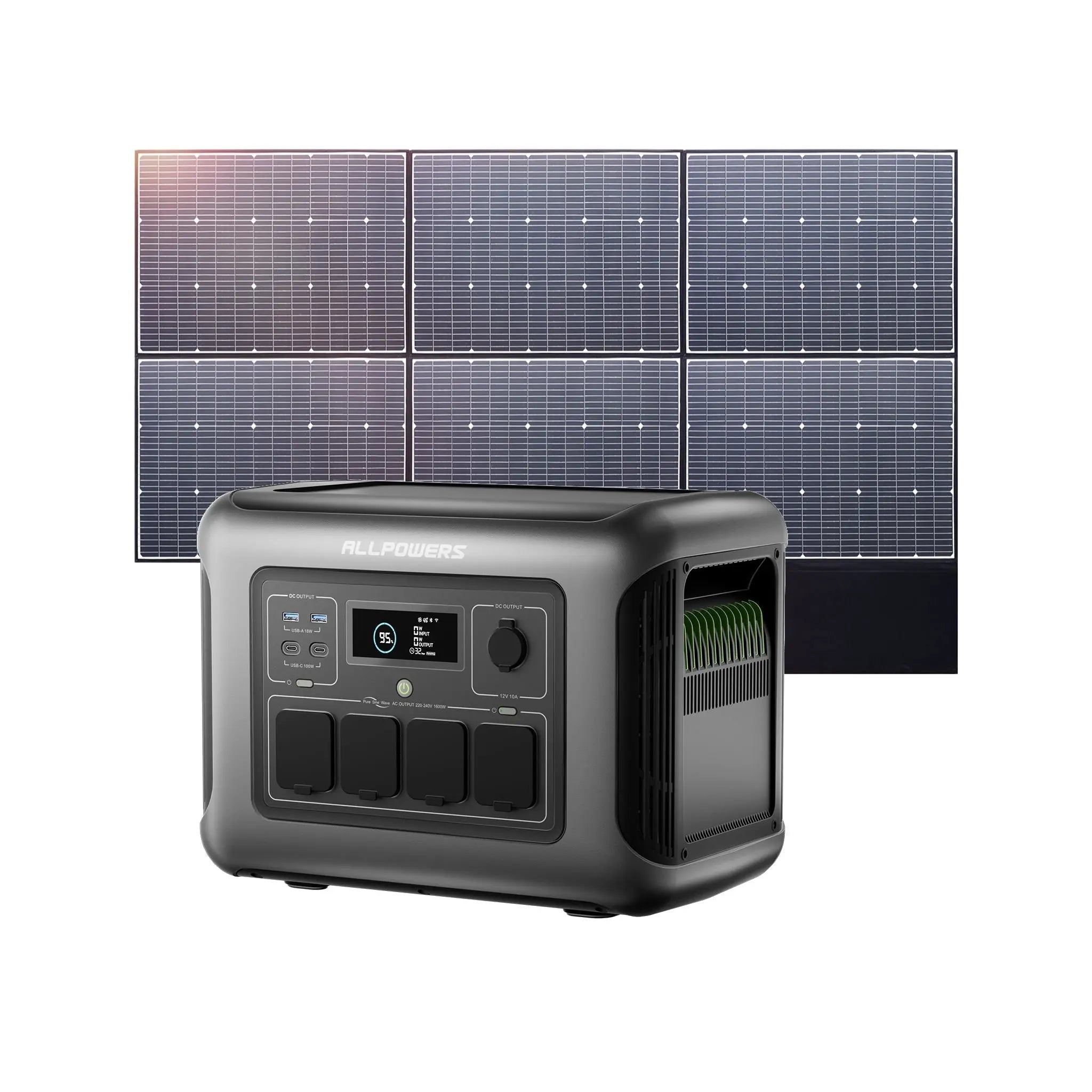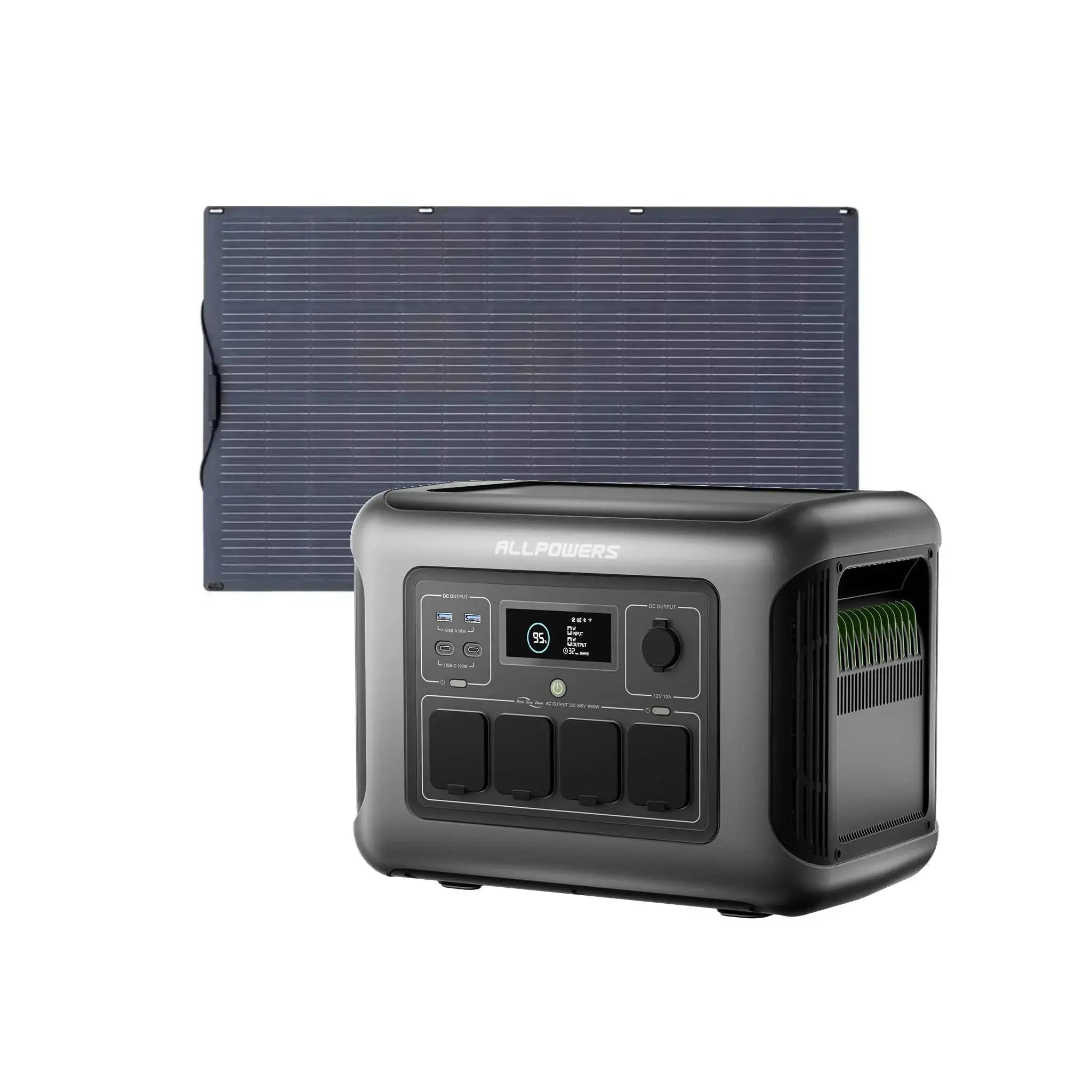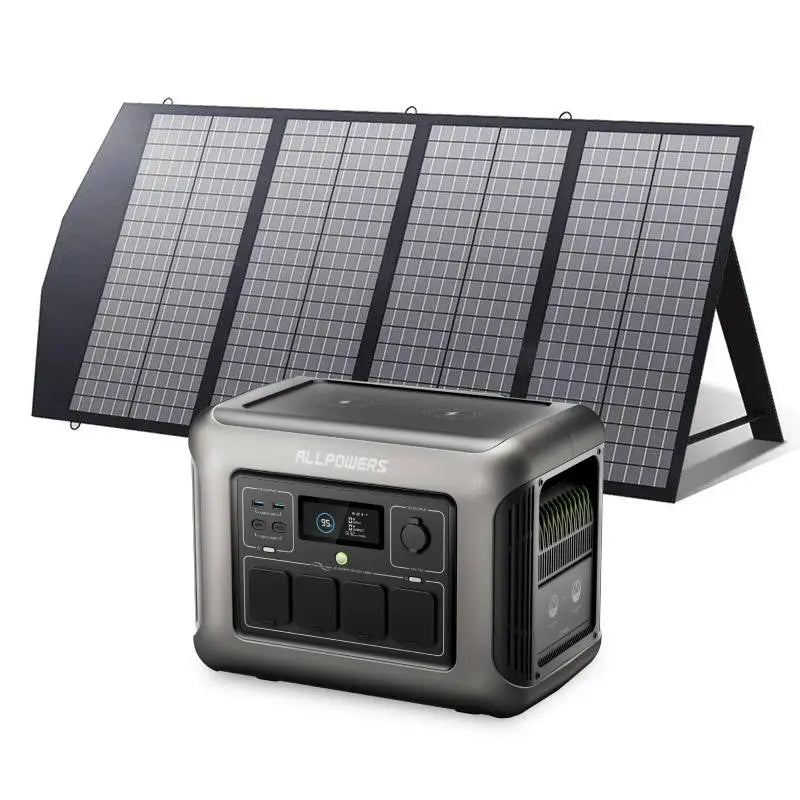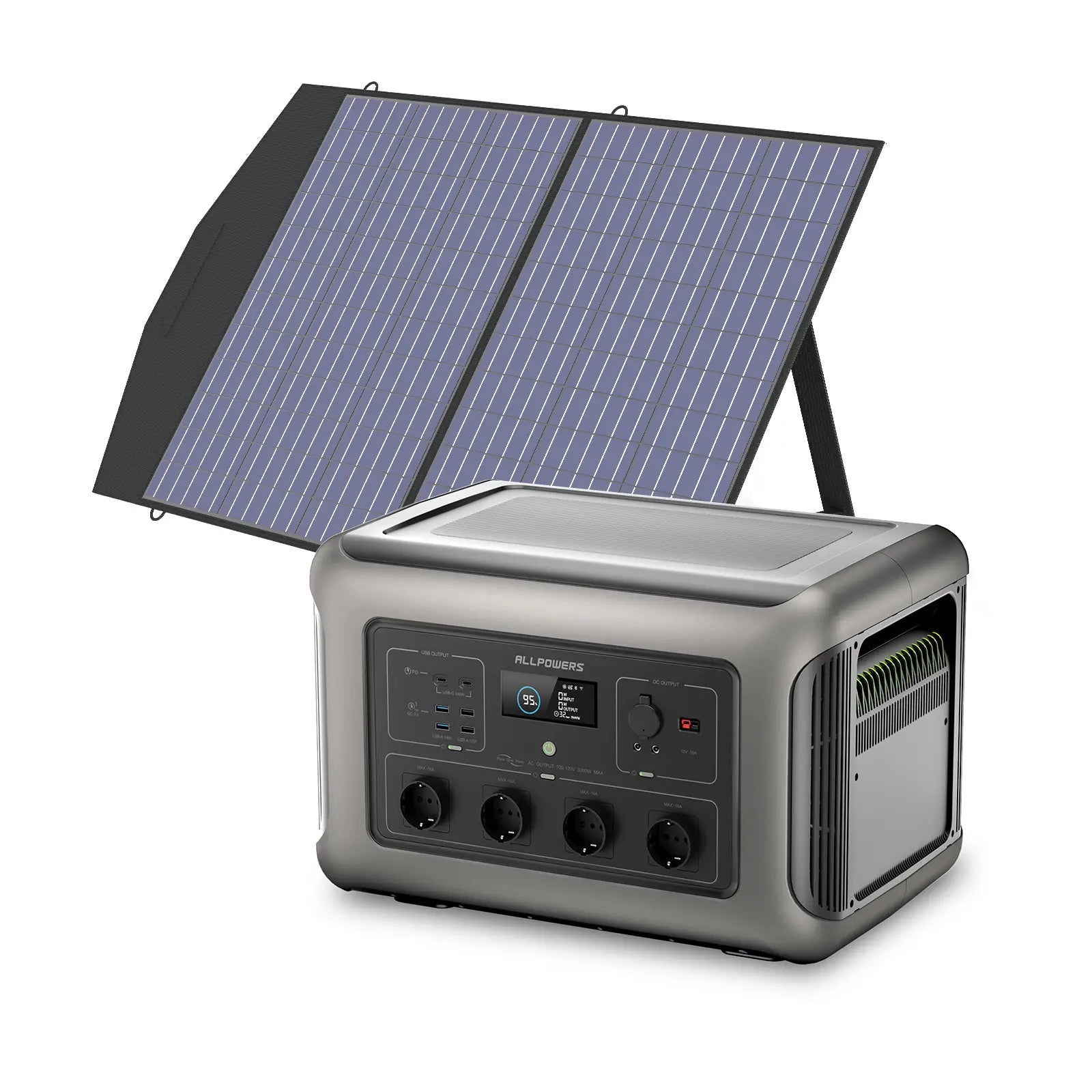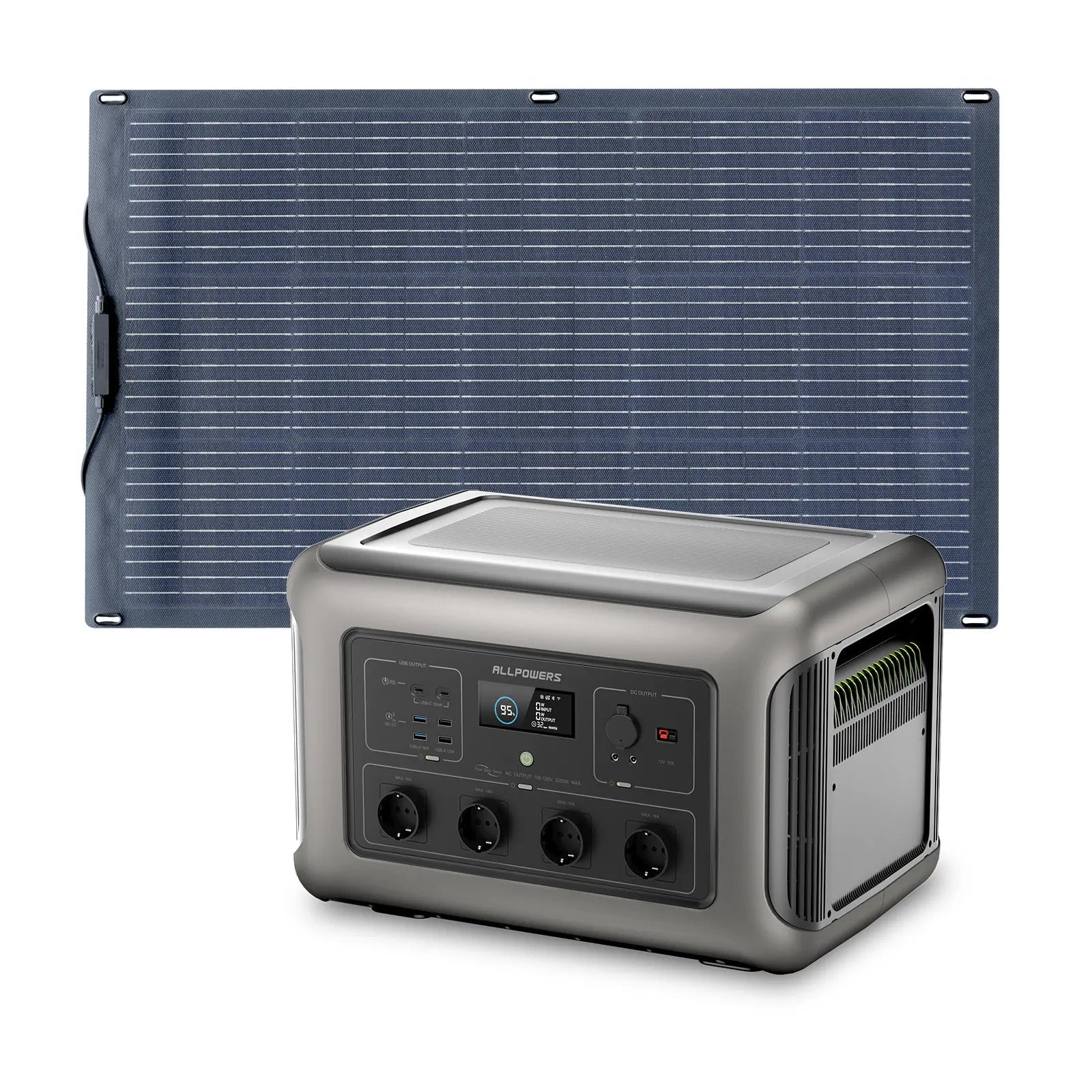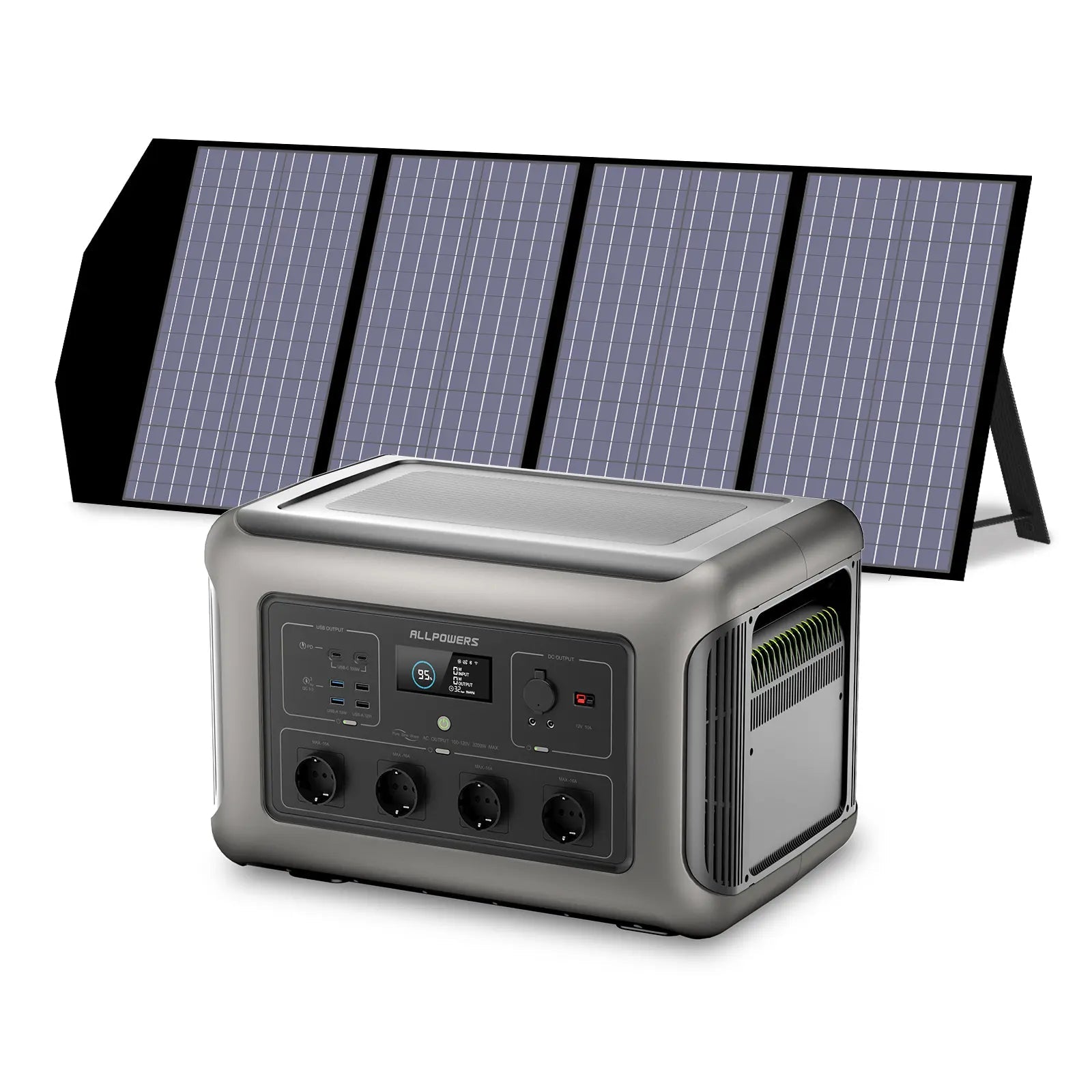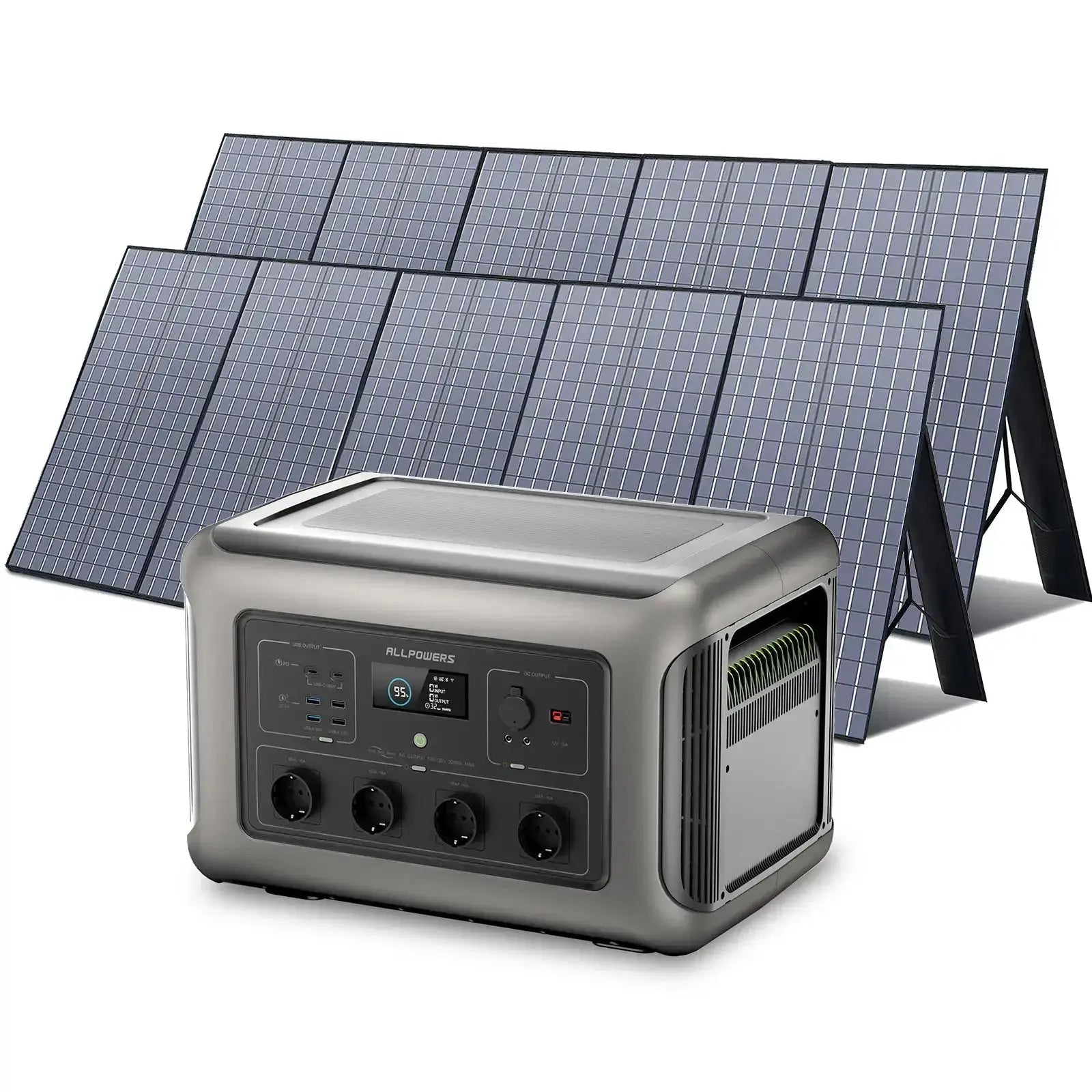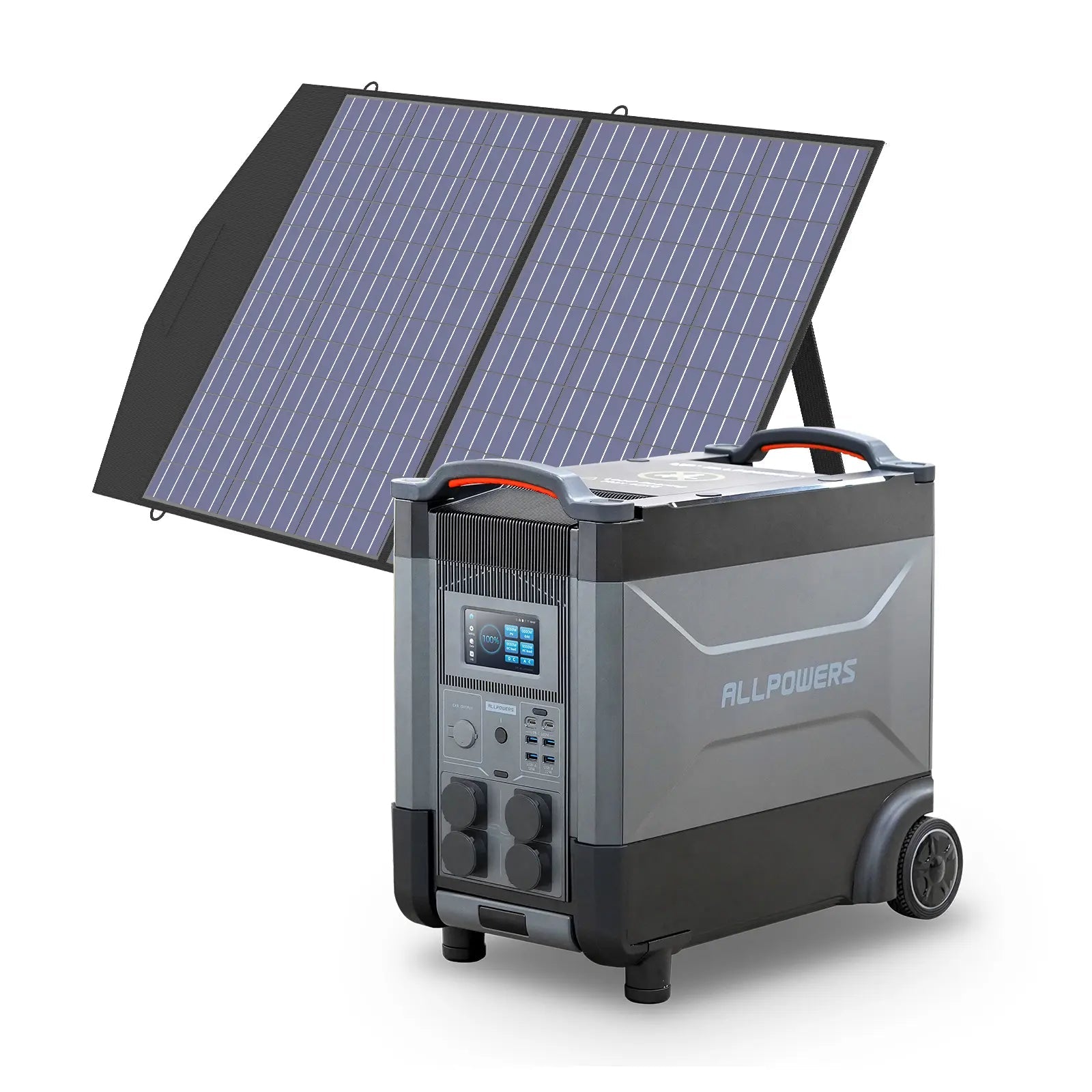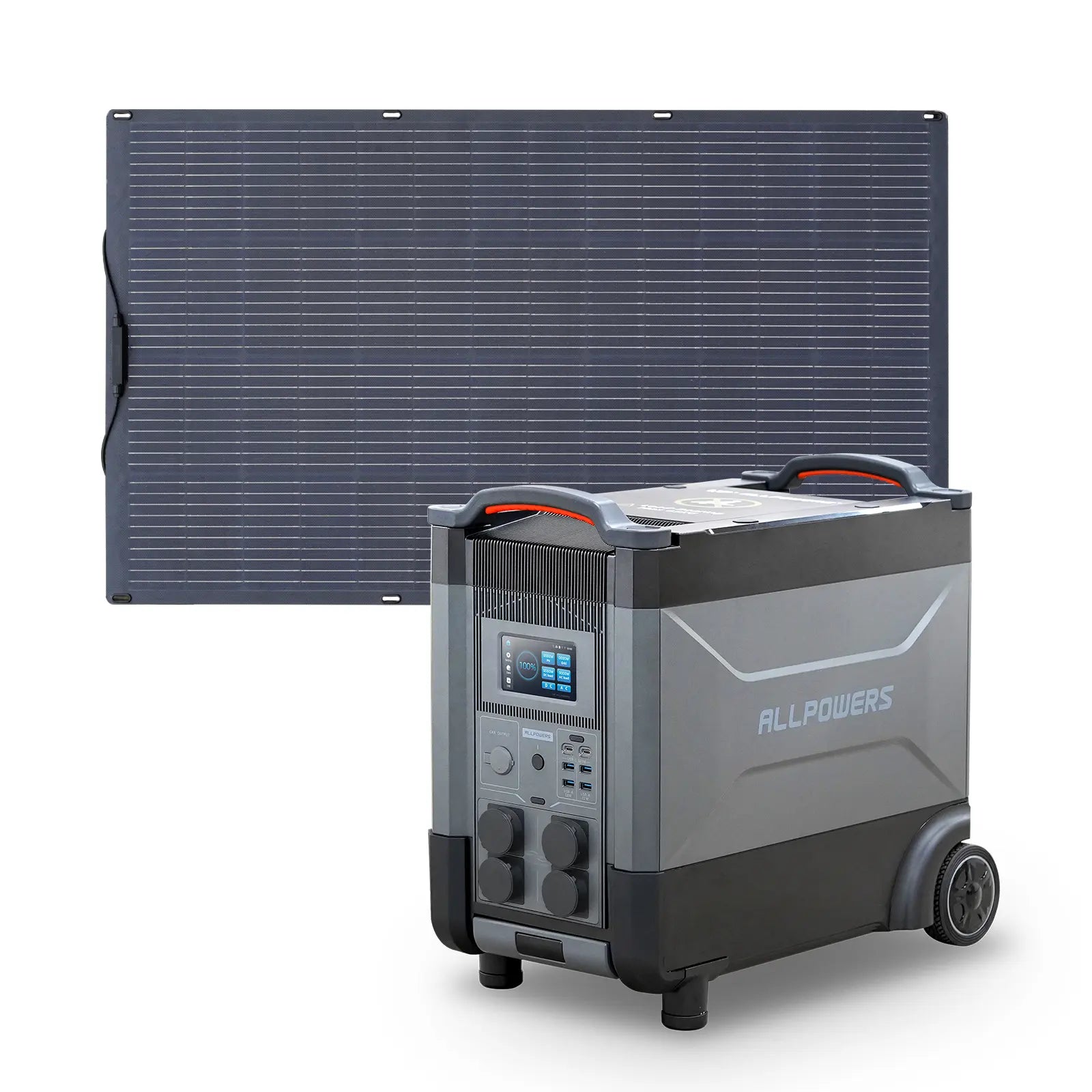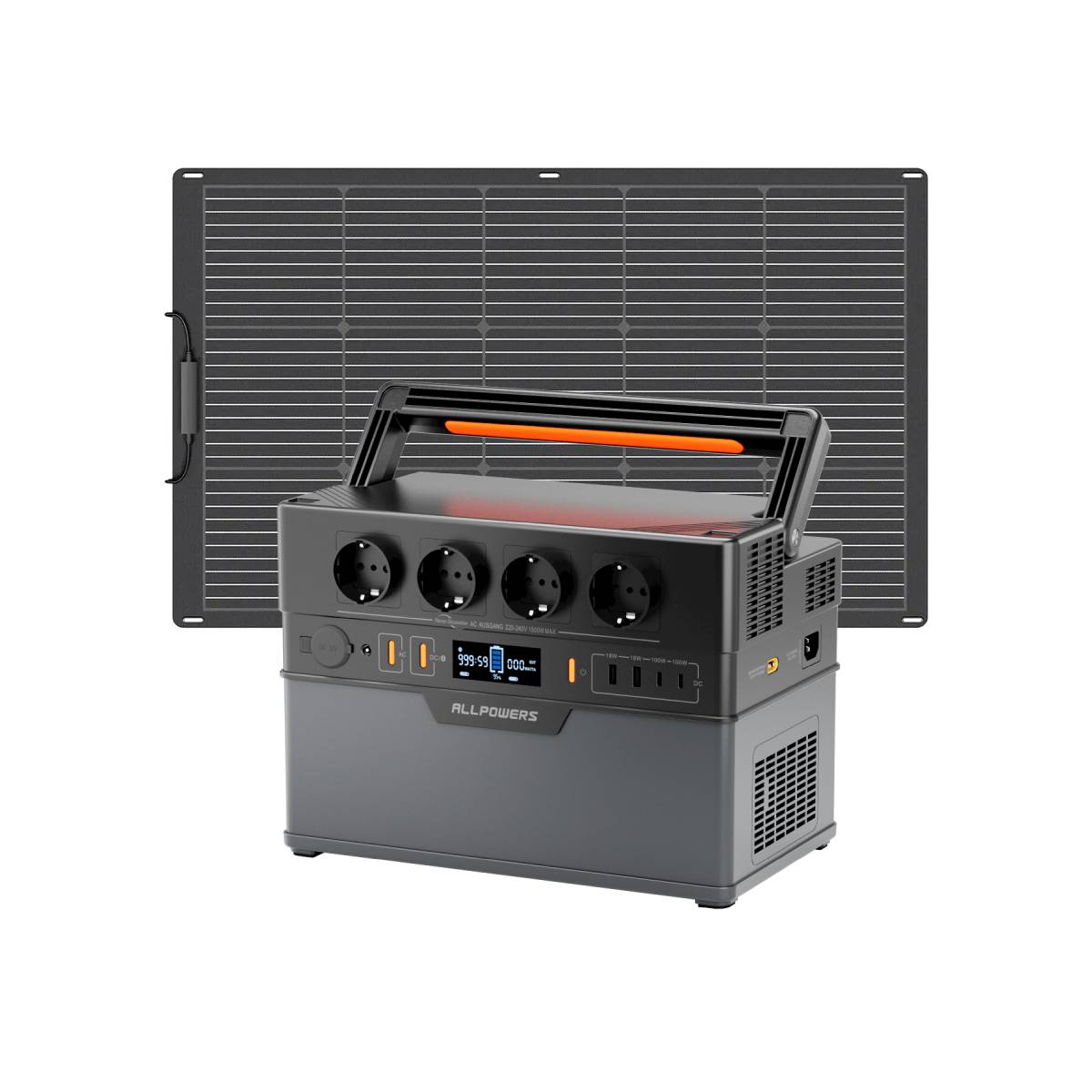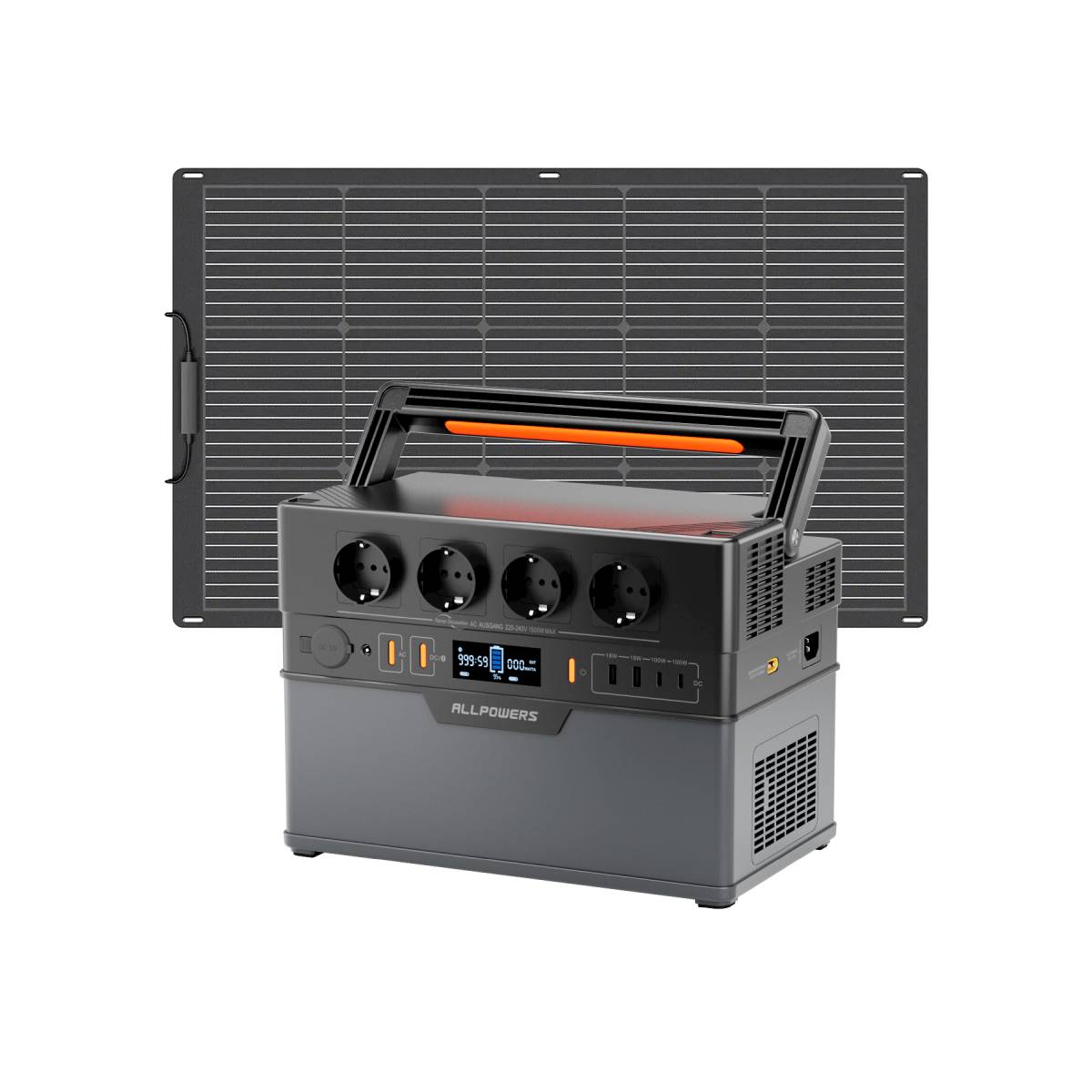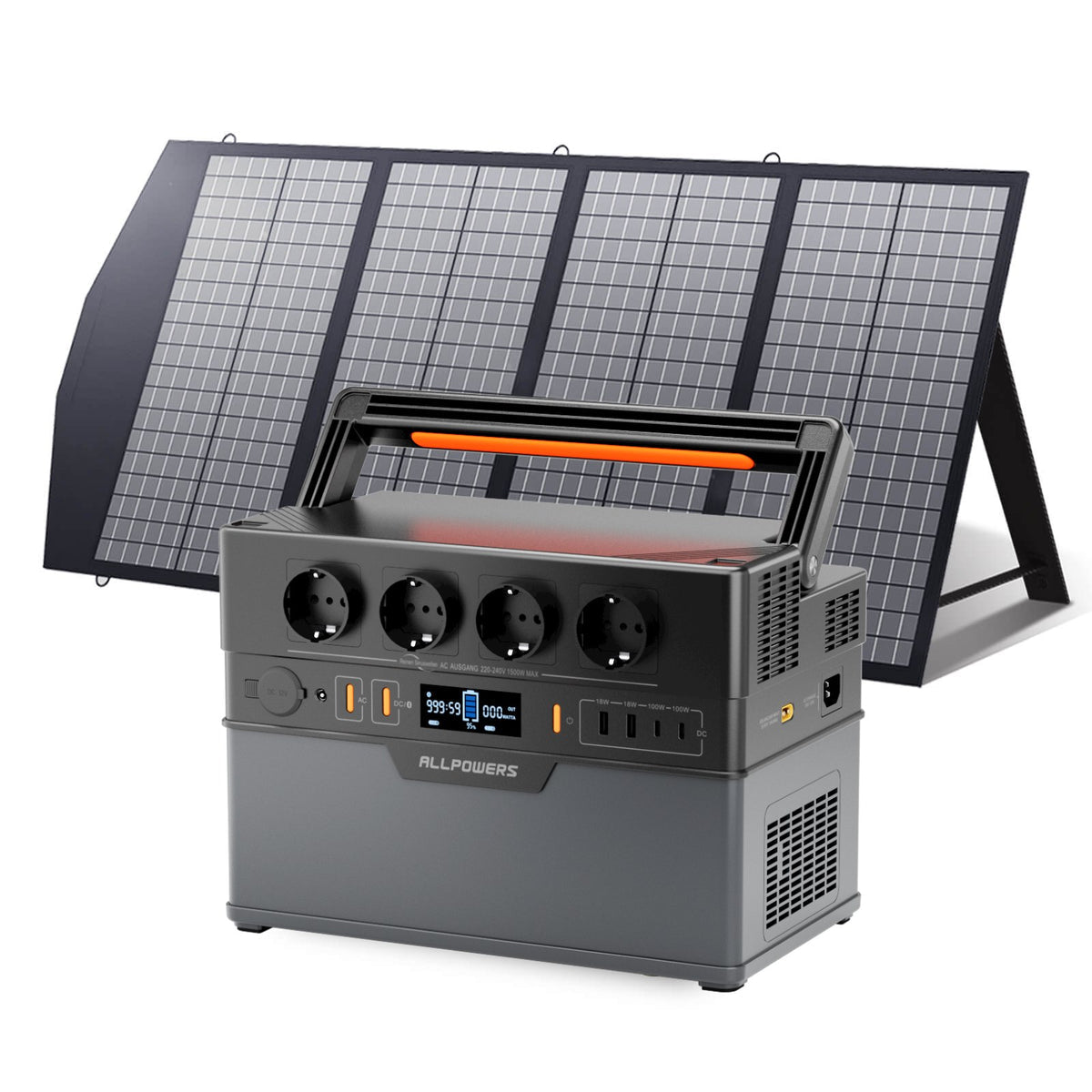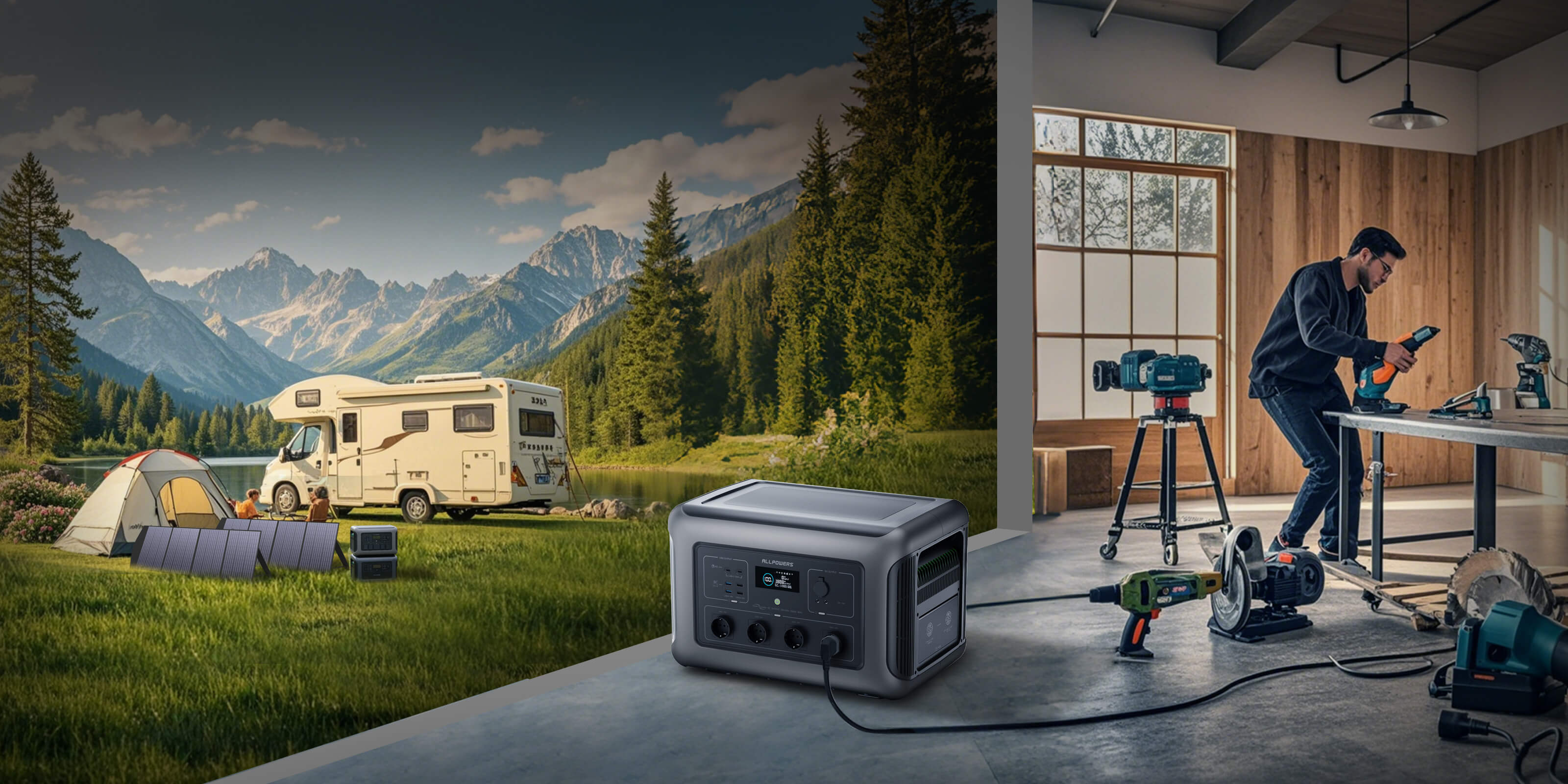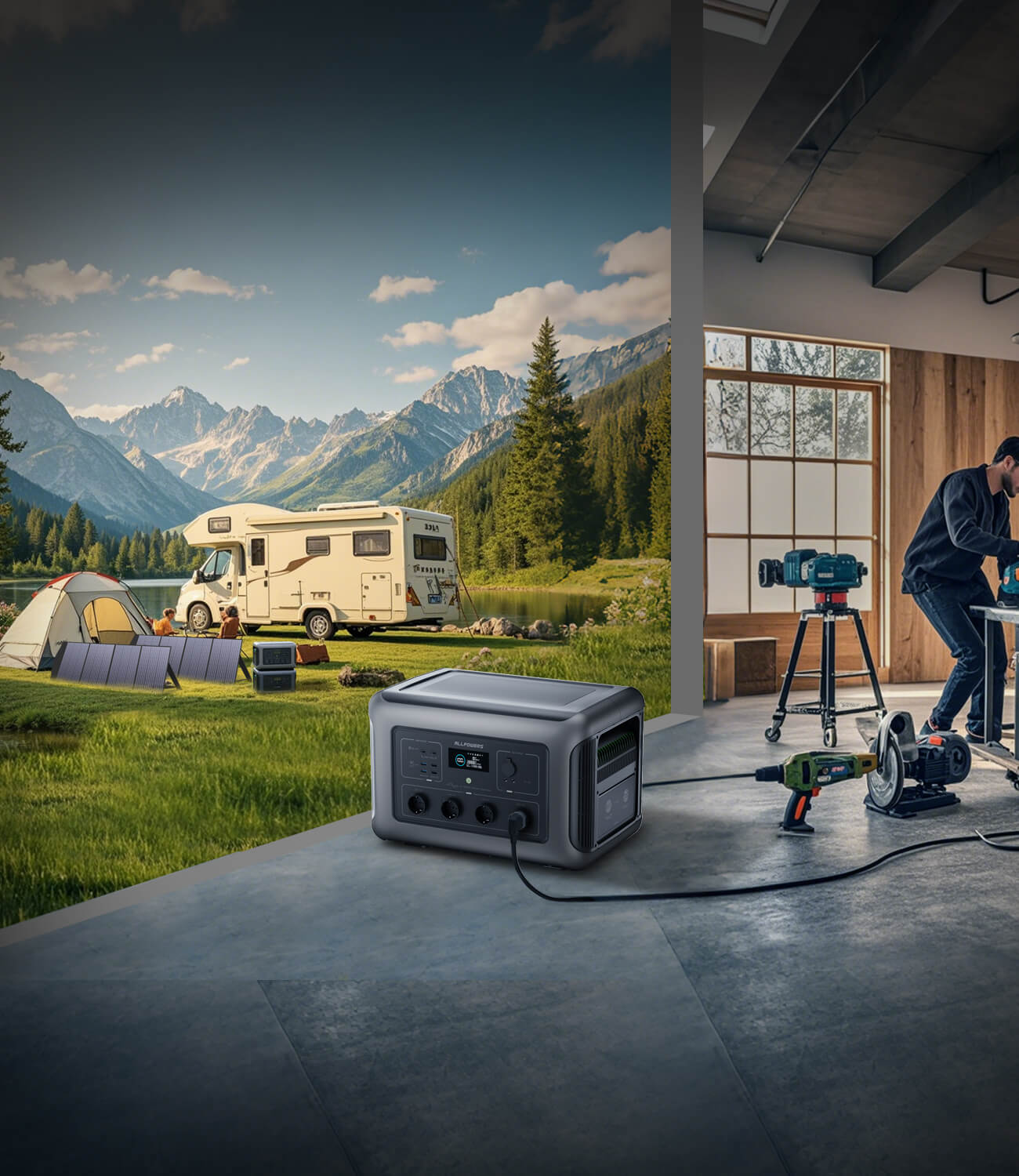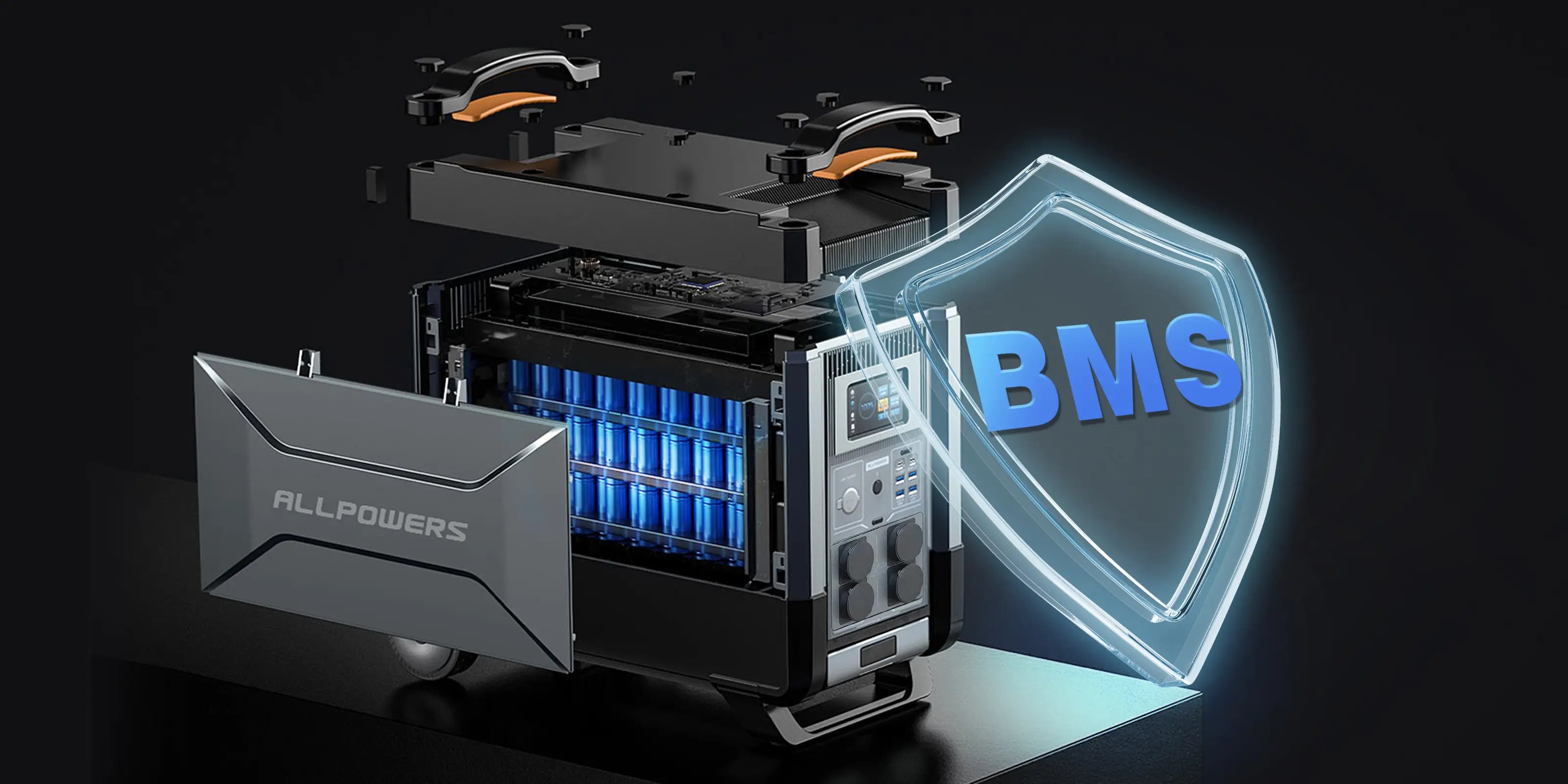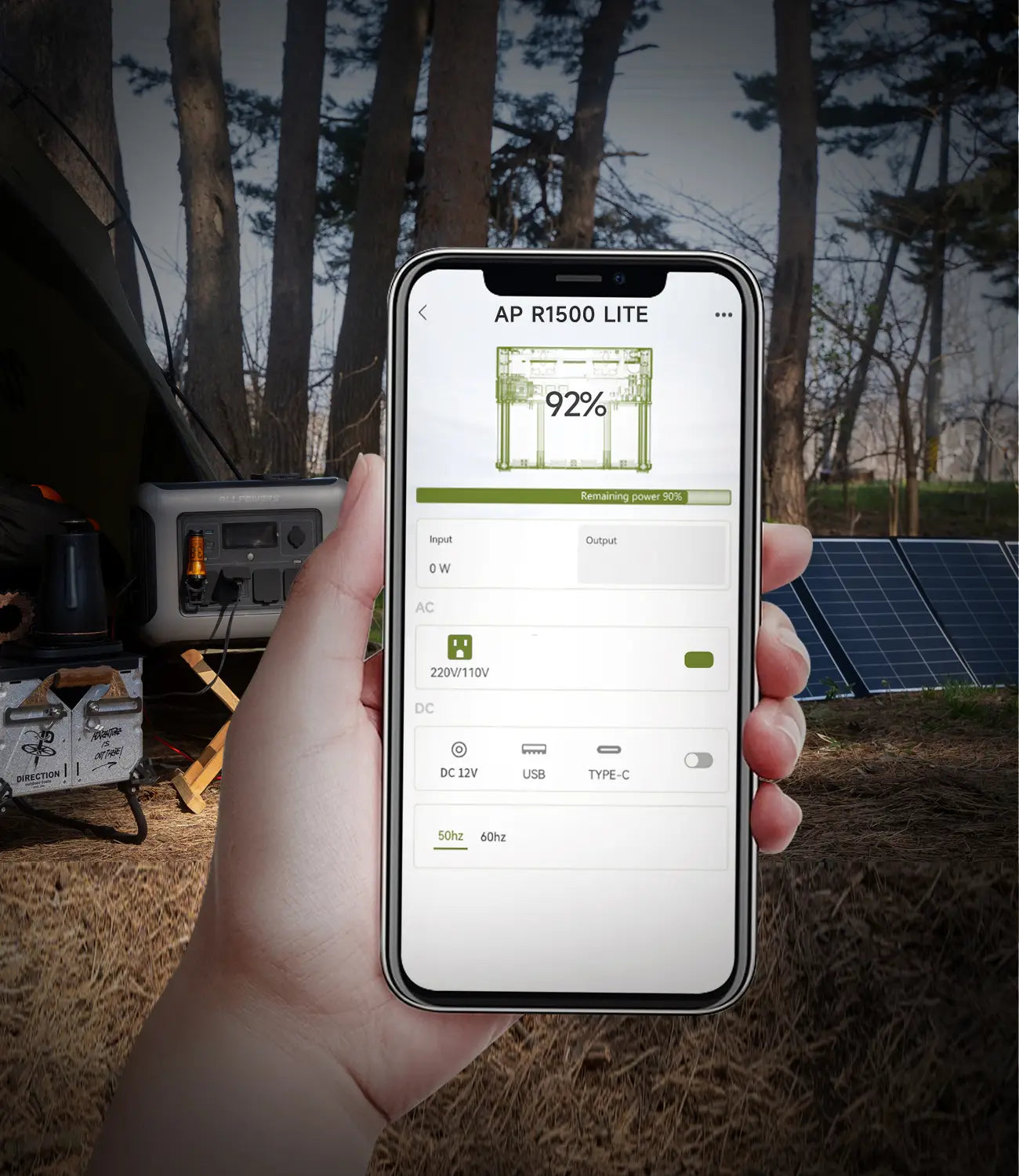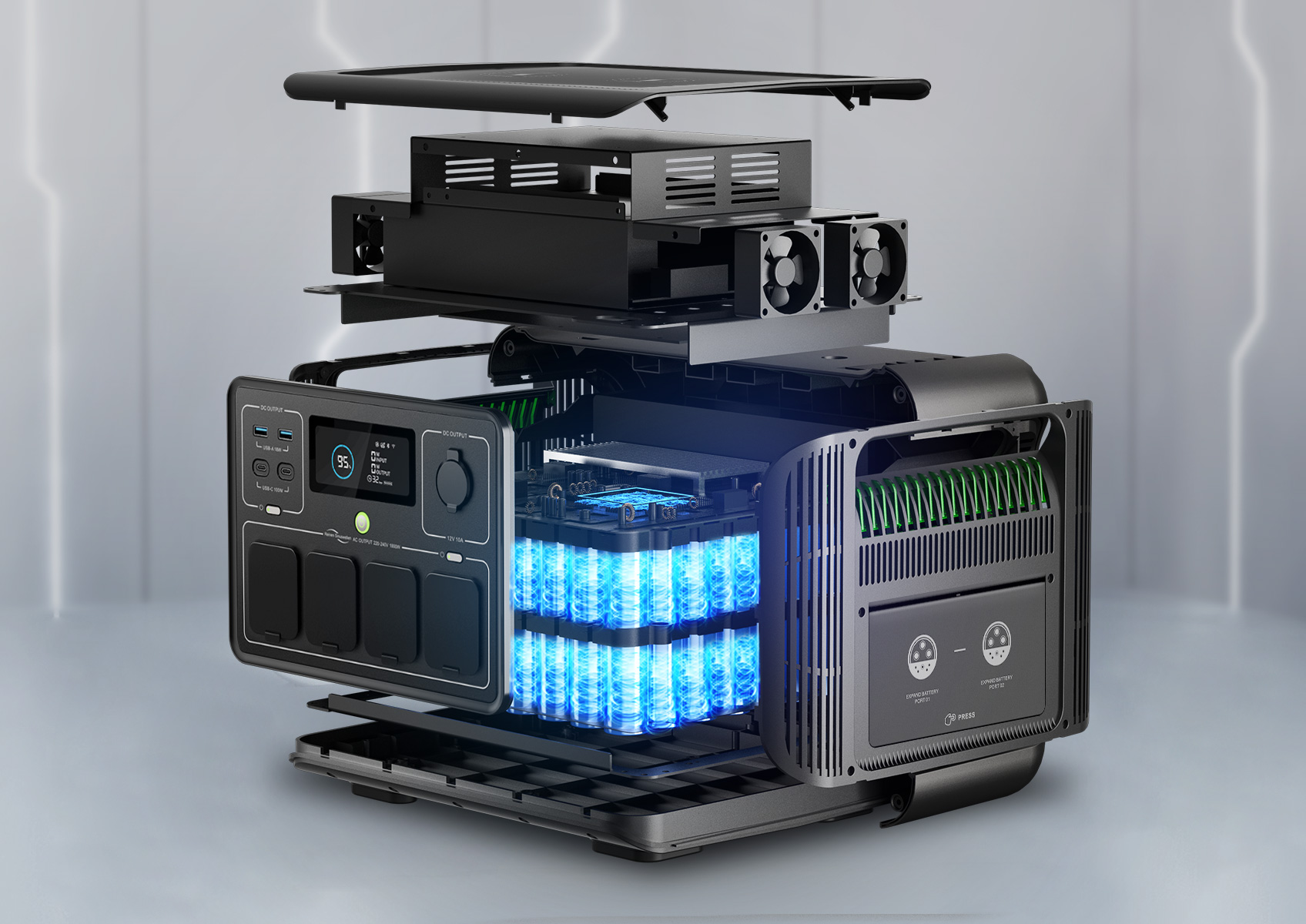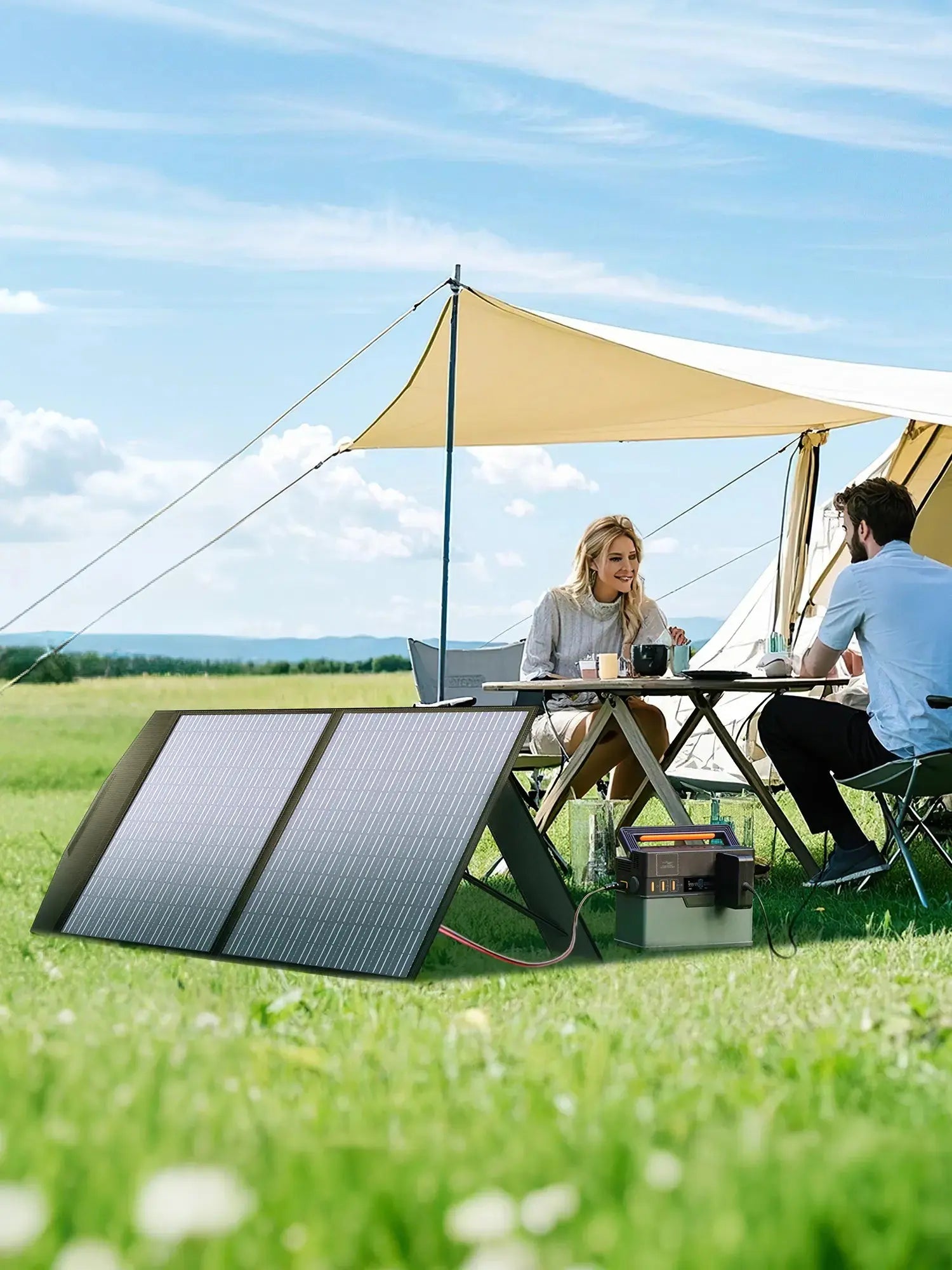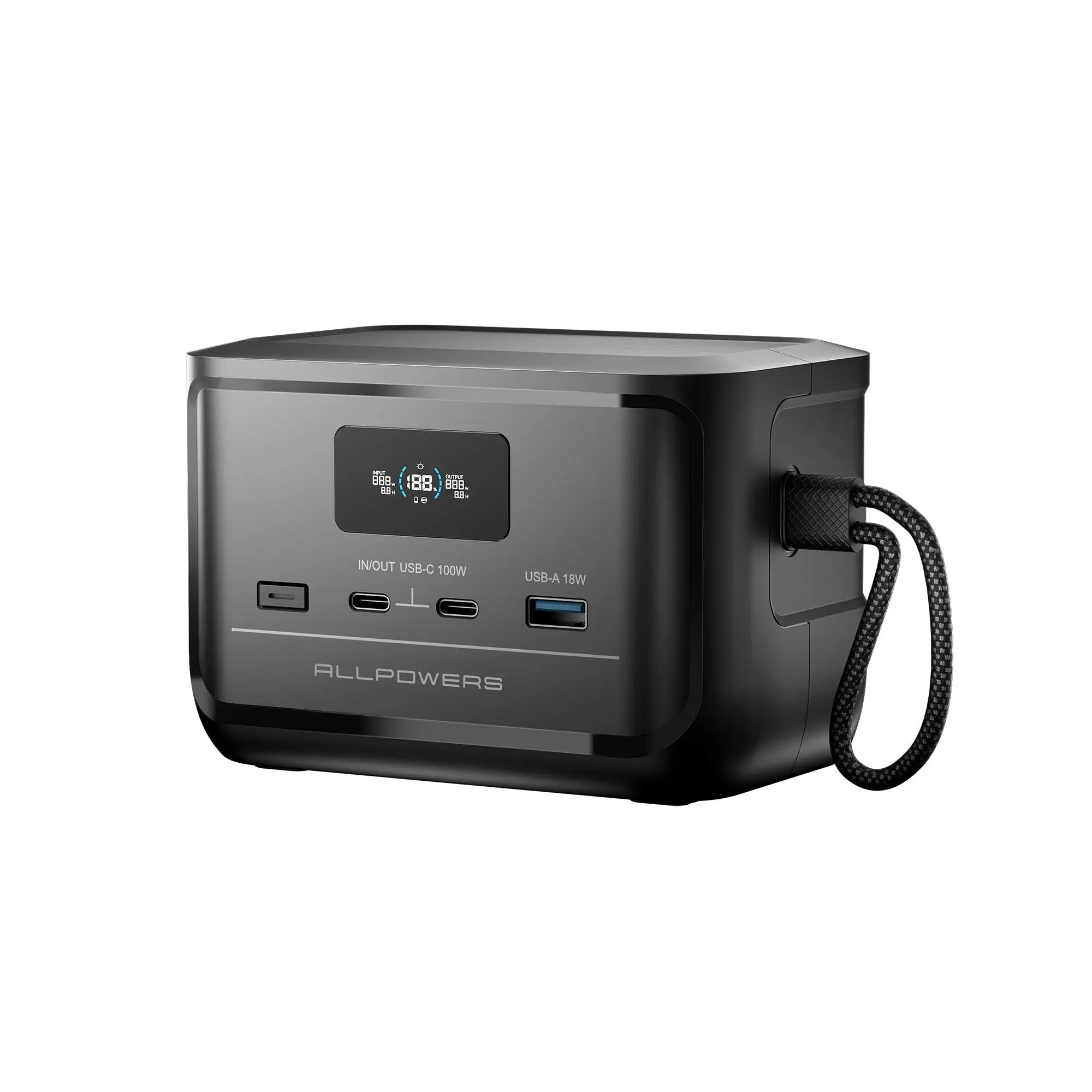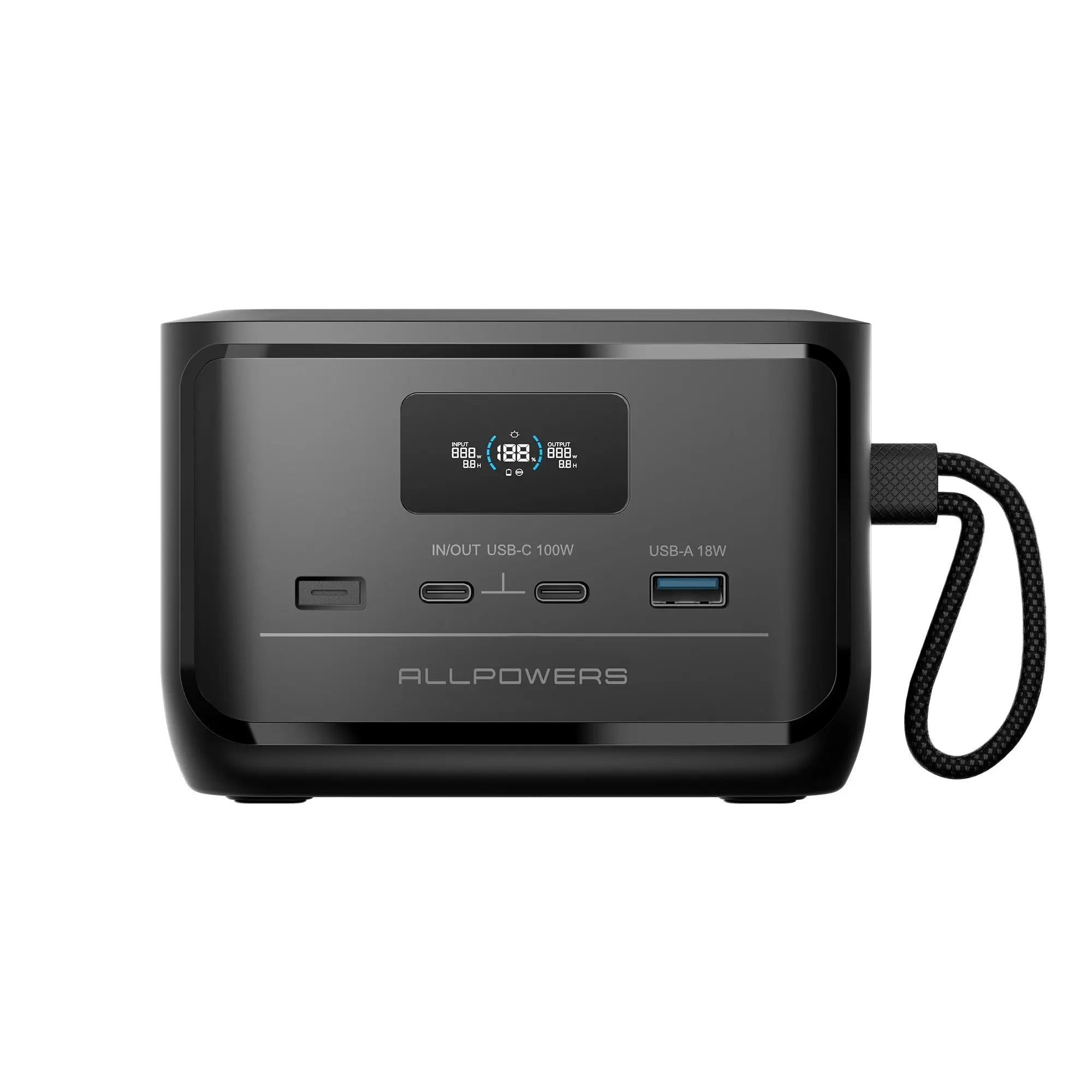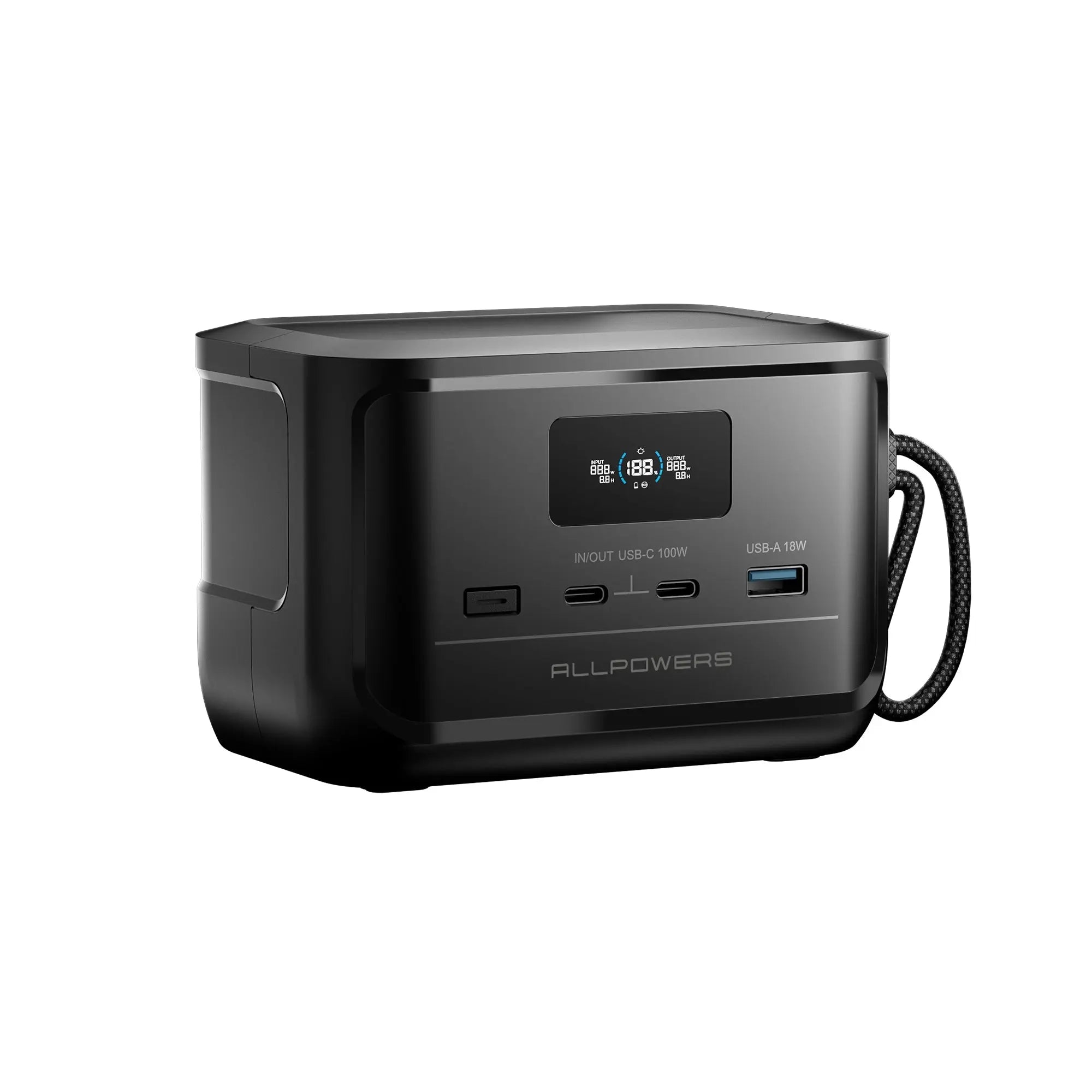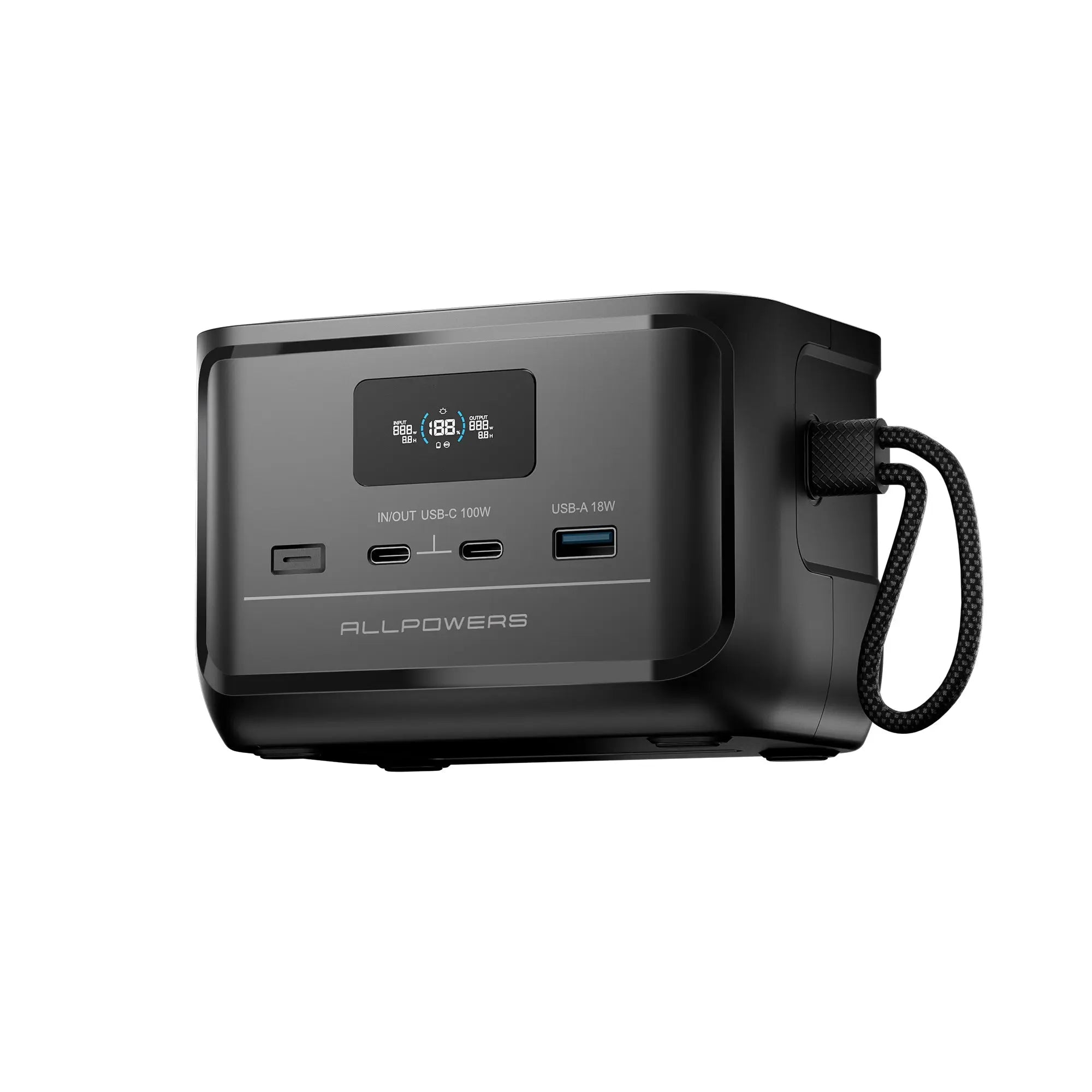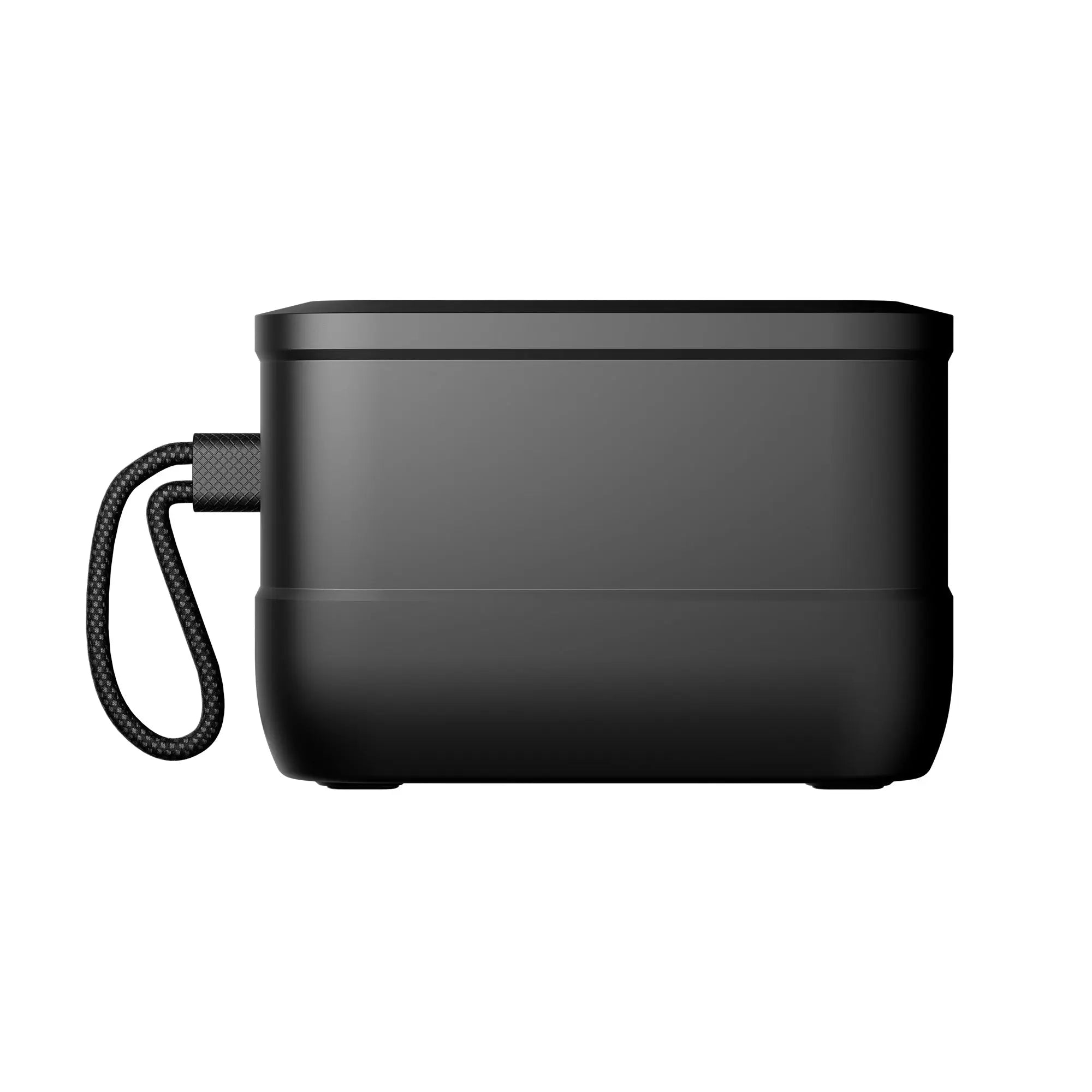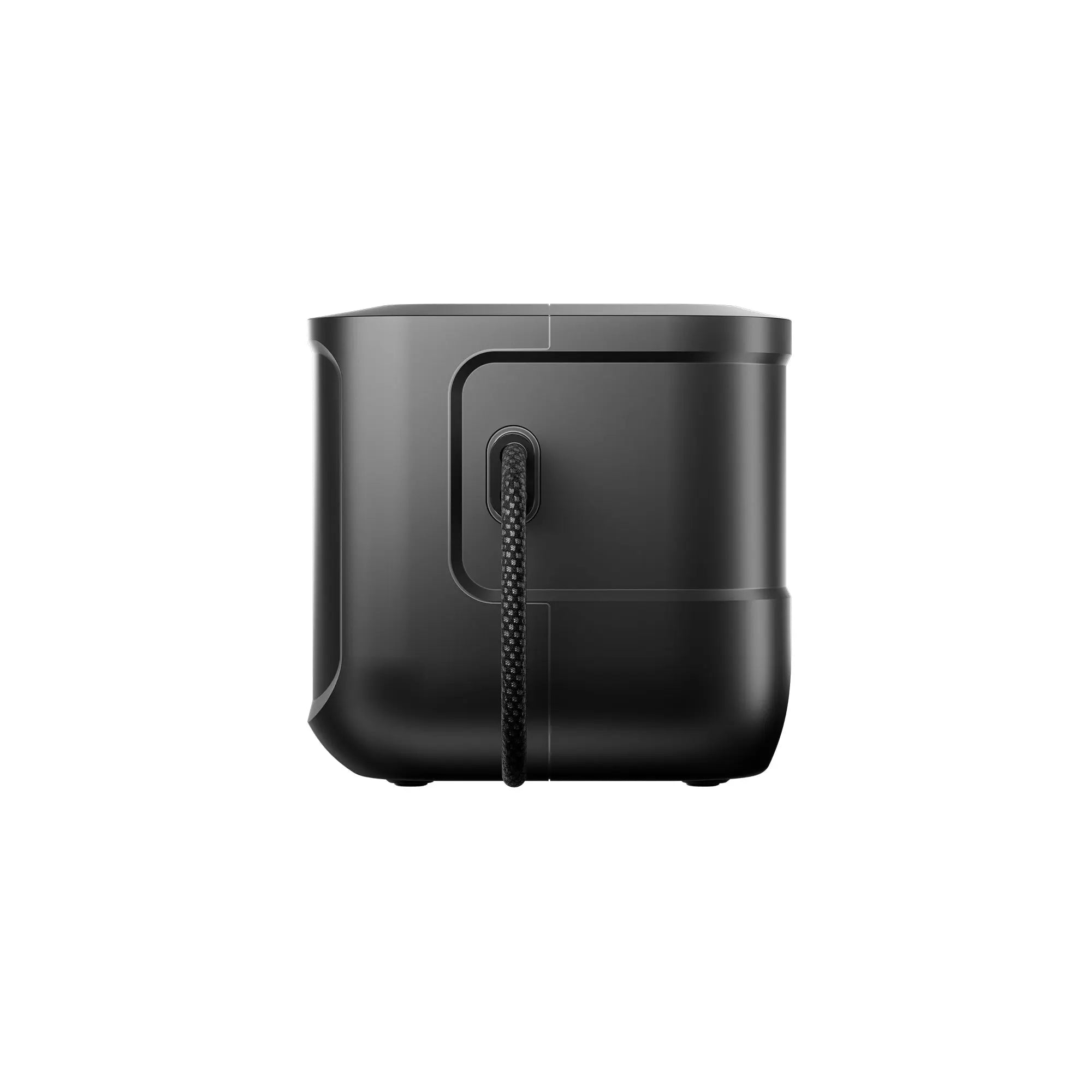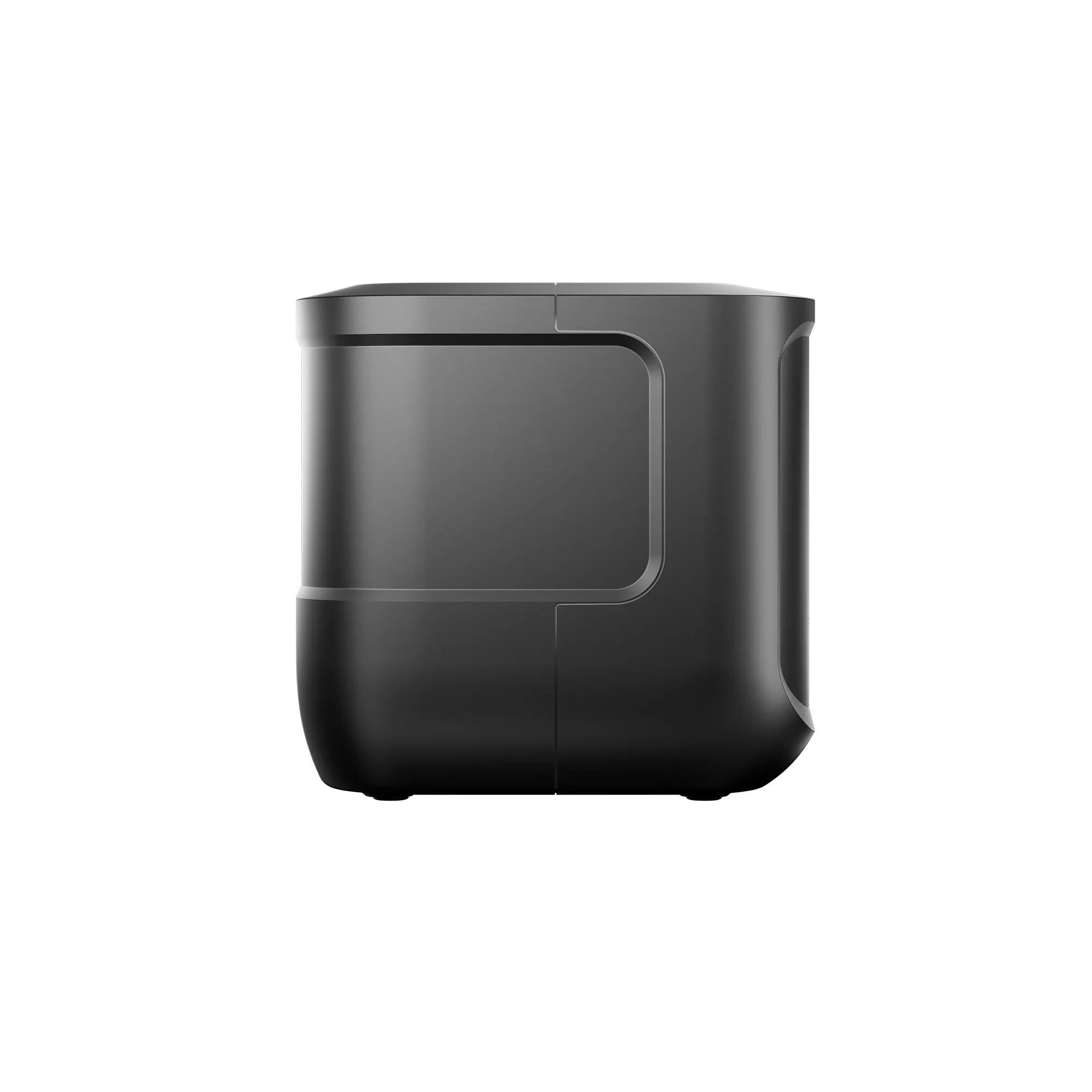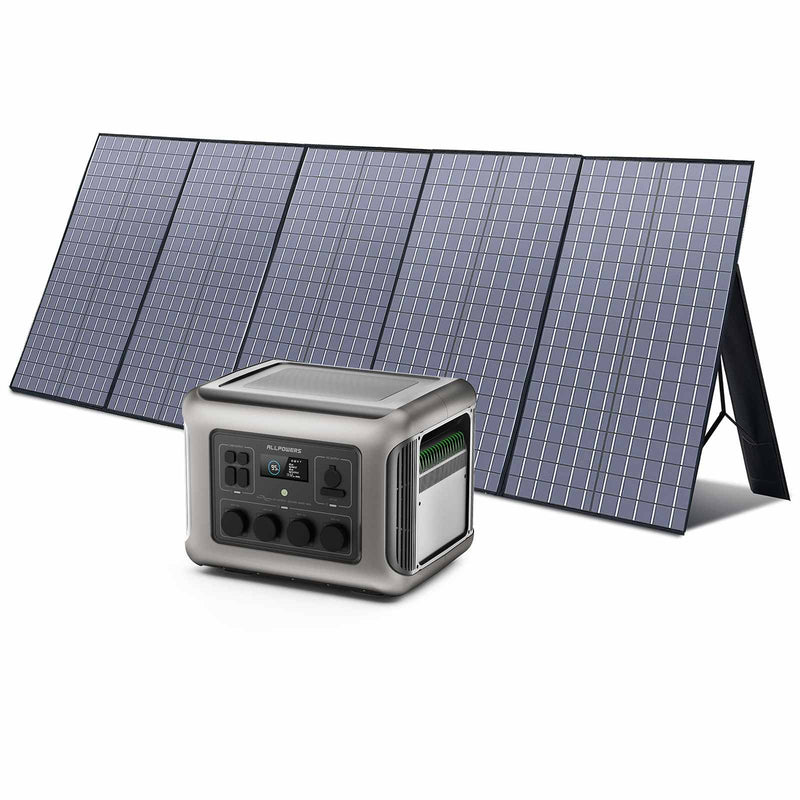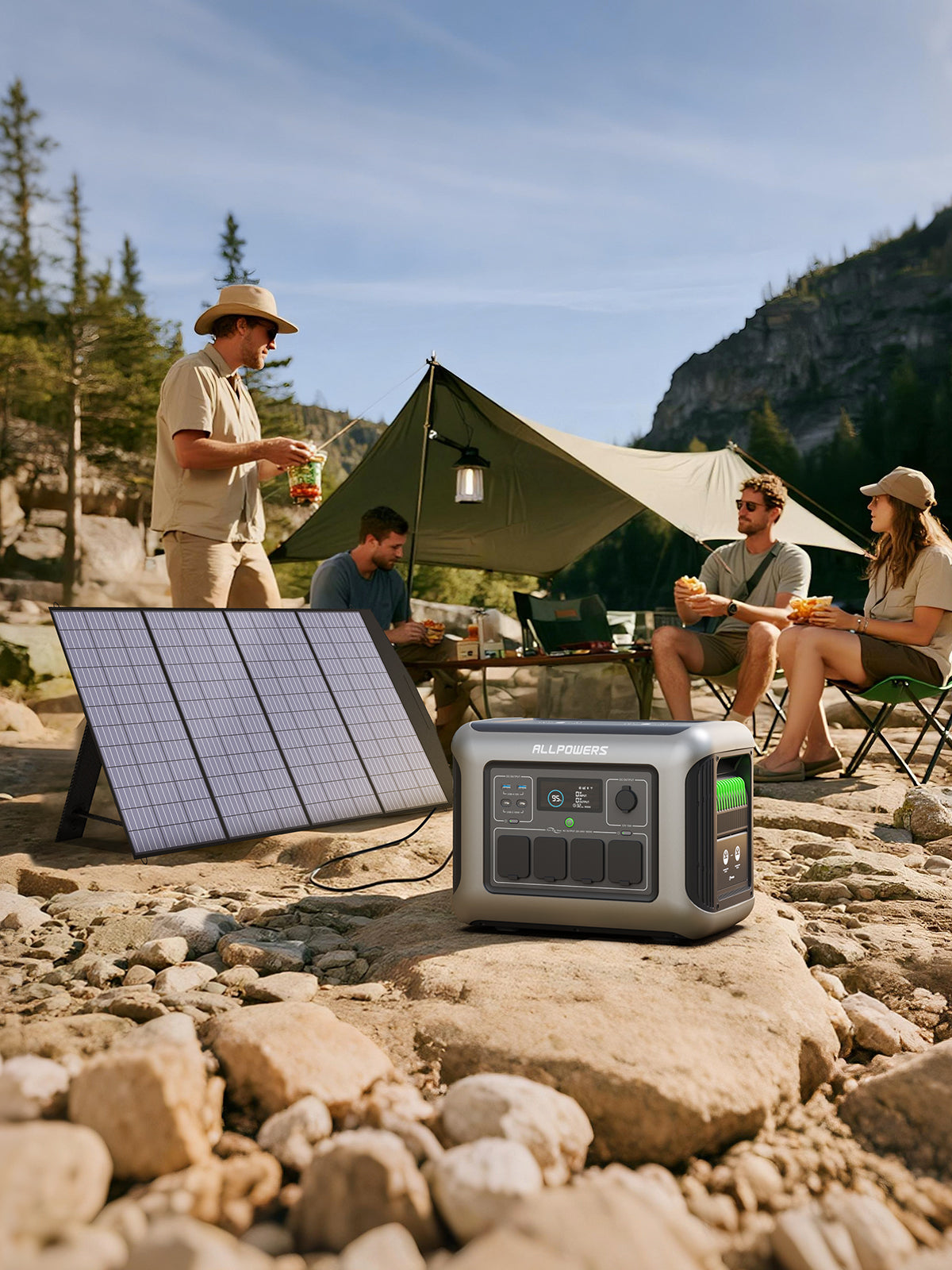
What is a solar generator
A solar generator is a portable, all-in-one power station that uses energy from the sun to generate electricity. It's a silent, fume-free alternative to traditional gas-powered generators.
Think of it as “a giant, powerful power bank” (like the one for your phone) that you charge with solar panels instead of a wall outlet. You can then use that stored energy to power or charge a wide variety of devices, from smartphones to refrigerators.
A solar generator is a clean, quiet, and versatile portable power station that captures and stores solar energy in a battery, converting it into usable electricity for a wide range of electronic devices and appliances. It's an ideal solution for backup power, outdoor recreation, and any situation where traditional grid power is unavailable or undesirable.
What is a solar generator
A solar generator is a portable, all-in-one power station that uses energy from the sun to generate electricity. It's a silent, fume-free alternative to traditional gas-powered generators.
Think of it as “a giant, powerful power bank” (like the one for your phone) that you charge with solar panels instead of a wall outlet. You can then use that stored energy to power or charge a wide variety of devices, from smartphones to refrigerators.
A solar generator is a clean, quiet, and versatile portable power station that captures and stores solar energy in a battery, converting it into usable electricity for a wide range of electronic devices and appliances. It's an ideal solution for backup power, outdoor recreation, and any situation where traditional grid power is unavailable or undesirable.

Why choose ALLPOWERS solar generator?
Solar Generator Series R
R600 | R1500 LITE | R1500 | R2500 | R3500 | R4000
Solar Generator Series S
S200 | S300 PLUS | S700 | S1500 PLUS | S2000 PRO
FAQ
How long does solar charging take?
You can get a rough estimate using this formula:
Charging Time (in hours) = Battery Capacity (Wh) / (Solar Panel Wattage * 0.85)
Battery Capacity (Wh): Find this on your device's battery or spec sheet.
Solar Panel Wattage (W): Listed on the panel.
* 0.85: This is a general "fudge factor" that accounts for average efficiency losses and less-than-perfect sun. On a perfect day, you might get closer to 1.0, but it's better to be conservative.
Example : Powering a Small Cabin with a Large System
- System: A 400W solar array charging a 2000Wh (2kWh) battery bank.
- Calculation: 2000 Wh / (400W * 0.85) = 2000 / 340 = ~5.9 hours
- Reality: This system could, in theory, recharge the entire bank from empty in about 6 hours of perfect sun. This is why off-grid systems are designed to have several days of battery capacity, as you might not get 6 perfect hours of sun every day.
In short: Solar charging can take anywhere from an hour for a phone to multiple days for a large power station. The size of your panel and the strength of the sun are the biggest factors.
What is the difference between a solar generator and a traditional gasoline generator?
Of course. This is a fundamental question for anyone considering backup power. The difference boils down to a simple analogy: a solar generator is like a large, rechargeable battery bank you fill up with sunlight, while a traditional generator is a small, self-contained power plant that burns fuel to make electricity.
How long can a solar generator power a refrigerator/TV/rice cooker?
- You Cannot Run Everything at Once: The most important lesson is to stagger the use of high-wattage appliances. Don't run the rice cooker and the microwave at the same time. Cook your rice, then turn it off and watch TV.
- Check the Surge Rating: Your solar generator has a surge power rating (e.g., 2000W). A fridge's compressor needs a brief surge of power (2-3x its running wattage) to start. Ensure your generator's surge rating is higher than the appliance's starting surge.
- Recharging is the Real Challenge: A 1000Wh battery might take:~2 hours to recharge from a wall outlet.~3-4 hours with a single 200W solar panel in ideal sun.~6-8 hours (or more) with a 200W panel on a cloudy day or with suboptimal angles.
- For Longer Runtime:Get a larger capacity solar generator (2000Wh+).Buy extra solar panels to recharge during the day while you're using power.Be energy conscious: Use appliances sparingly and prioritize what's needed.
In summary: A 1000Wh solar generator can easily power a TV and fridge for an evening, and handle a rice cooker for a meal. For full-day, whole-home backup, you'd need a much larger system and a significant solar array to recharge it. Always calculate your specific devices' needs before relying on a solar generator for backup power.
Contact Us
Do you have any question?
If you need pre-sales consultation and after-sales consultation under warranty, please contact only this email: service@allpowers.com


